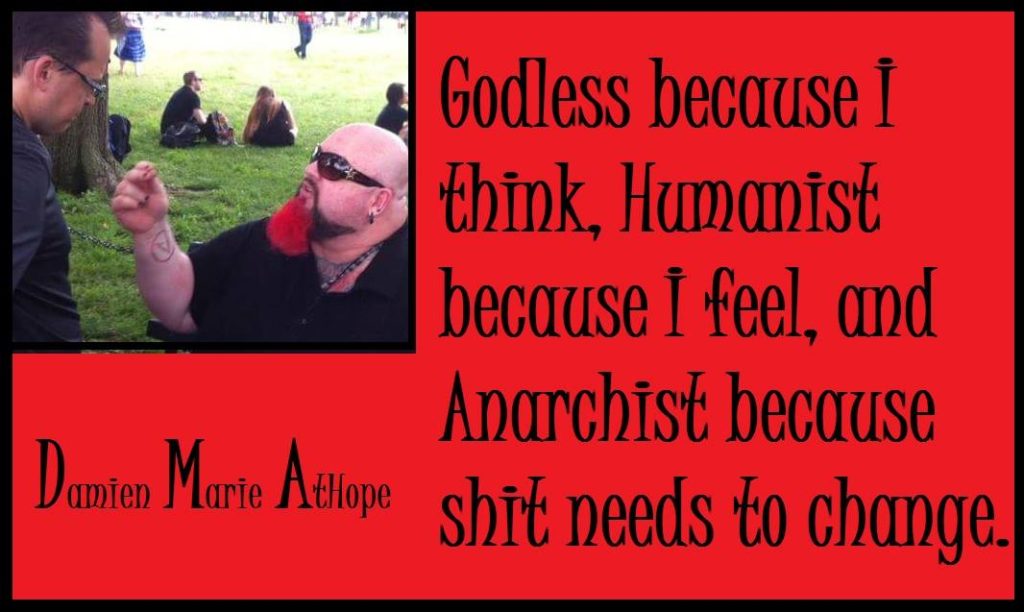
We are just earth tourists, hopeful bursts of light and joy, that flicker on and off too quickly not to hold reverent the wonders of today.
Dawn of Social Networks: Hunter-gatherers Provide Clues About the Evolution of Cooperation
Marquis Amon “We live in a world where the idea of equal rights
I would rather die doing that which is right than live a life that is wrong! I am for non-aggression, I am not a pacifist. As such I support measured, reasoned, and limited violence or aggression for direct self-defense or other-defense.
I have heard some say damage to properly is violence…
To me, there is no such thing as violence committed against property only against people.
So I don’t consider any amount of property damage to be “violence”, sure it’s property damage that is all it can be for good or bad reasons. Even cause destress but it still doesn’t make it “violence.”
No more than cutting down a tree is thought as murder nor assault and battery, it’s not a being nor does it have any dignity to violate. Thus, as a thing, it’s a form of harm is just not violence and neither is the harm of property “violence.”
Be a voice for the voiceless and fight for the human rights of everyone. We rise by helping each other. Yes, I am responsible.
Standing up as an Atheist Anarchist
I speak out as an atheist anarchist for three main reasons, 1. to add facts and reason so those people that need them can find them, 2. to challenge flawed thinking of people and 3. to try and set a good example of how we can thoughtfully address problems and yet do it in a thoughtful way to inspire positive change. I,
Chase Fillingame “Yes, it is a major problem. I think a lot of them use hatred for religions like Islam to justify an aggressive foreign policy. They don’t see all people as human beings with valuable lives, but rather some lives are apparently less valuable if they grew up in a culture with Islam. And we apparently get to do what we want with them. There is also been a lot of anti-leftist rhetoric, mostly in the YouTube “sceptic” community. “Anti-sjw” nonsense.”
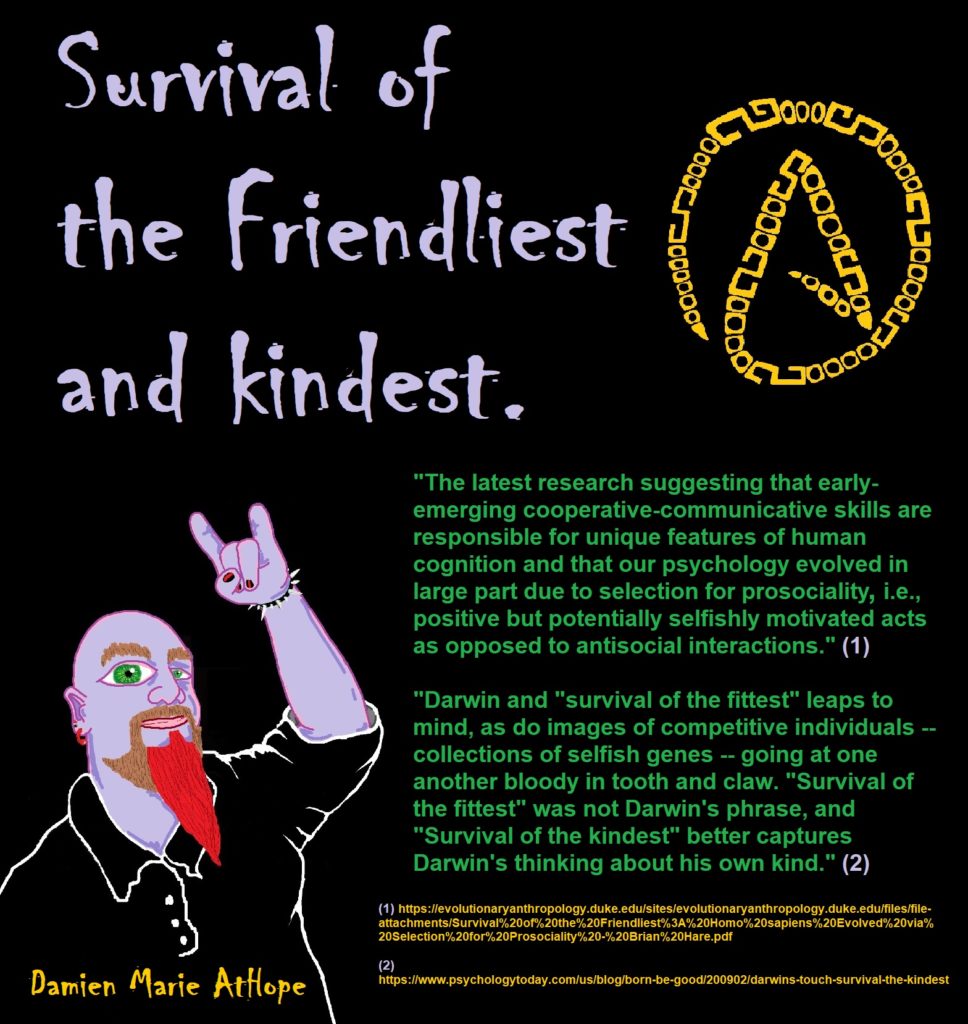
“Damien, I miss you just posting atheist stuff”
What I hear:
“Damien, I want you to be limited and uncaring to the external threats in life. And I want you to be this way so I don’t have to care. Thus can you please stop caring as well as limiting your self and your humanity by posting only atheist stuff”
No, I am a proud anarchist (anarcho-humanist), don’t like it leave my page as if you want me to choose it or atheism I would focus only on anarchism and stop my atheist activism. But thankfully, I am not a limited person as I see it is my firebrand atheism is a big part of my anarchist activism as how can I get others to care if they are not working in reality or looking for reality only solutions to even see a need to care. So when I am told to stop my anarchism I consider blocking that person as they are toxic in my life, as they are obviously not a true friend.
My Anarcho-Humanism:
- We are all one connected human family.
- No one owns the earth.
- If you can’t trust people with freedom how can you trust them with power?
Authoritarian Truth Seekers and Anti-Authoritarian Truth Seekers?
What inspires my anarcho-humanism has three core truths to my ethical anarchist persuasion:
1. We are all one connected human family, proven by DNA showing we should treat each other as fellow dignity beings, supported equally (no gods and no masters = “Anarcho”).
2. No one owns the earth, we may make claims to it even draw lines on maps thinking this makes the fantasy borders, illusion supported by force and the potential for threat. Thus the ethical truth is we need to share the earth as communally as possible. And use the resources as safe and ethically as possible striving towards sharing and caring. (do no Harm and do good = Humanism)
3. If you can’t trust people with freedom how can you trust them with power? Government is only as good as what they provide but I don’t trust ones that have rights over my body. How much more of a violation do you need to show their harm? I am not anti-society, I value good governance just don’t need the extra dead weight of government. There is not one thing a government is valued for that a non-government group with the same financial support and resources could not also do. I get we rise by helping each other and supporting universal betterment and human flourishing. Helping is Helpful: Valuing, Motivating, Supporting humanity is limited by nationalism and the, us Vs them, as if you should feel connected to only a few humans just because people invented the mental concept of land ownership, you mean you assert that you will harm others for an amount of the earth’s surface. Seeing with anarcho-humanism eyes helps you see how to Grow in Our Positive Outcomes: Gratitude, Empathy
HUMANISM: the philosophic thinking that humans can solve human problems by human means, without feeling a need to appeal to the likes of holy books, mystical anything, nor the belief in gods or religions. But, instead, aspires to a true belief in humanity, viewing it with a persuasion of equality. This caring realist thinking found in humanism utilizes an unstated assumption or aspiration, to do no harm as much as posable and to do good whenever one can.
As an Anarcho-Humanist, I am a Global Citizen
I am not an “American First” (which too many seems like America only) putting natalism above all. I am a global citizen first. I am not an American first, as I see humanity hindered in its value if it strongly puts nationalism over humanism. I do not have a problem with others liking their country but when this like creates a superior or dislike of all other countries then I do look down on that. We are truly one people one world, you all are a valued part of my shared and connected humanity only ignorance and hate of this humanistic awareness stands in our way to making a better world for all.
I am relatively classed as a socialist-collectivist-mutualist-anarchist. And a feminist-queer-anarchist as well as my own label for roughly all the above-called, Anarcho-Humanism.”
Rationalism, Freethinker, Humanism & Secular humanism?
My core definition of humanism is that humans can solve human problems by human means. I am not saying other things can’t or shouldn’t be added to it but to me, a definition of humanism must always contain something coherent to such a thinking or not contradict such as I have offered. Thus, why it is appropriate to say “good without god” when one is a humanist.
I want no one for president. I want an end to the entire concept of the presidency. I don’t like the idea at all and would vote its abolishment completely. I will, however, vote against Trump, as I don’t want such a bigoted fascist dictator-king wannabe controlling things either. I am stuck inside this oppressive government and will do what I can under such limitations but don’t assume I support it just because I wish to get the best out of it as a subjacent citizen. I despise the unequal power and ruling elite.
Marquis Amon “Beautifully said. Let me add this. The current government concept by design puts the power in the hands of a minority, regardless of the party, this is bad for the majority. Problem number 2, the extreme diversity and separation of members within any party and the states makes for a very loosely defined party. A Texas Democrat and a California Democrat would be very different. For example, a moderate in one jurisdiction while a progressive in another. The next problem is that the presidency is treated like electing some king, while our system does not work that way, obviously, the sensationalism of the presidency is detrimental to the house and senate seats success, in my opinion. I am not saying the presidential position isn’t important, I am saying working towards the majority of both houses will lead to greater party success in the legislature for any party. In the last two years of Obama’s presidency, he was nearly literally trolled by Republicans. To the point, our government is anti-sovereignty and anti-anarchism. I might get some shit for this post, but the truth is that citizens have little say and are poorly represented in this system.”
“Damien, unless you never want any form of rules enforced, I think you meant “Revolutionist” for that last one, not “Anarchist.” – Challenger
My response, Under anarchy, power is reduced and spread around. Everybody has some, but nobody has very much. Under the state, power is concentrated, and most people have none, really. Without Rulers does not mean without Rules.
“Pierre-Joseph Proudhon, the first person to call himself an anarchist, wrote that “liberty is the mother, not the daughter of order.” Anarchist order is superior to state-enforced order because it is not a system of coercive laws, it is simply how communities of people who know each other decide how to live together. Anarchist order is based on common consent and common sense. Anarchist law is a hypothetical body of norms regarding behavior and decision-making that might be operative in an anarchist community. The question “should we have rules?” is not the right question to ask. We need a society with rules, in fact, a society with rules is inevitable. “What should be the goal of such rules?” and “What rules should we have to achieve such goals?”. Those are some of the questions we need to be asking.” ref
“Our end goal should be to maximize biopsychosocial wellbeing of all (or as many as possible) which implies concern for our global ecosystem since we are dependent upon our global ecosystem. The rules should be specific enough to allow for correctness, yet broad enough to allow for diversity within that correctness.
The first rule is free association. ref
The second rule is participatory democracy. ref
The third rule is the use of compassion, logic, and the scientific method as mechanisms for arriving at decisions. ref
The fourth rule is decentralization of power. This is why the fifth rule is confederation. ref
The sixth rule is restraint and rehabilitation as opposed to punishment when it comes to symptom suppression. ref
The seventh rule is the automation of mechanical labor in accord with the needs and rational preferences of communities and individuals. ref
The eighth rule is freedom from systems that generate avoidable unmet needs or freedom from structural violence. ref
The ninth rule for me is social economy, gift economy, along with creating an honest monetary system, positive money (fair, democratic, and sustainable economy) rather than a capitalist monetary system.
The tenth rule is that Our technical efficiency should be checked and balanced by resource efficiency. ref
“These rules in isolation are not sufficient, but when they harmonize with each other they are able to create liberatory conditions. If our goal is to maximize wellbeing, the scientific method can allow us to achieve compassionate results(rather than mere compassionate intentions…). If our goal is maximizing the biopsychosocial wellbeing of all, The scientific method as our epistemology leads us towards meeting human needs(both finding out what these human needs are, and how to best meet them with the current technology available) and the scientific method leads us to an ecological focus by extension(and our ecological problems are social problems in disguise).” ref
“And if we are trying to meet human needs, we need an access system based on needs/use rather than a system based on private property(and centralization of power). Consent is by definition a preference we have in regards to how we want to be treated. From consent based social relations we get Participatory democracy within free associations and decentralized yet federated associations. Our current technology allows us to automate mechanical labor freeing us from avoidable suffering.” ref
“Damien, wouldn’t voting violate principals of Anarchy? How would one set up a direct democracy in a country of over 300 million? I am genuinely asking.” – Questioner
My response, No. “Most anarchists in favor of Direct_democracy. Anarchists obviously pick the last option, association, as the only means by which individuals can work together as free and equal human beings, respecting the uniqueness and liberty of one another. Only within direct democracy can individuals express themselves, practice critical thought and self-government, so developing their intellectual and ethical capacities to the full. In terms of increasing an individual’s freedom and their intellectual, ethical and social faculties, it is far better to be sometimes in a minority than be subject to the will of a boss all the time.” ref
“I favor Collectivism. There is no compulsory it is voluntary democracy thus people would choose to vote or not; if not that is their choice we will do things collectively (horizontal collectivism). Horizontal relationships are believed to be status-equal whereas vertical relationships are characterized as hierarchical and status-unequal. As such, horizontal collectivism is manifested as an orientation in which group harmony is highly valued and in-group members are perceived to experience equal standing.” ref
“Participatory democracy, which emphasizes the broad participation of constituents in the direction and operation of political systems. Etymological roots of democracy (Greek demos and kratos) imply that the people are in power and thus that all democracies are participatory. However, participatory democracy tends to advocate more involved forms of citizen participation and greater political representation than traditional representative democracy.” ref
“I never understood left-wing anarchy. Like who will redistribute the $?” – Challenger
My response, Left-wing anarchy is an abolition of the State in order to establish a collectivist society. Direct democracy and reciprocity: mutual dependence, action, or influence; good governance heterarchy system of organization networks and not top-down hierarchy governments.
Check out my Atheist Sexuality page on Facebook: Atheist for Non-monogamy
Check out my Anti-Trump Atheist group on Facebook: Atheists Against Trump
Chase
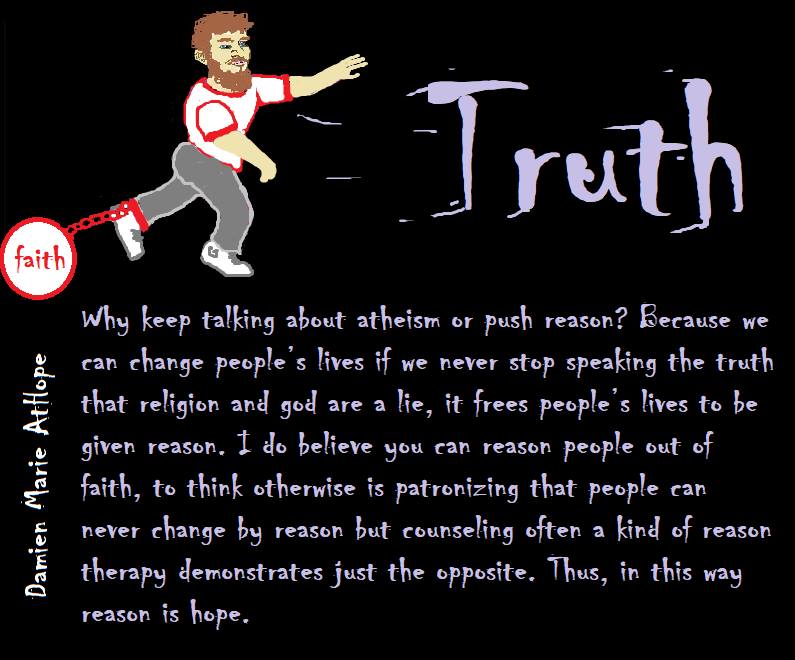
Ethics before Ego
How we treat others is often not just about them but also about us. Who we are should not flutter as if it is blowing in the wind. As if you lack control or a will of your own. We must put ethics before ego or we are going to be opening the door for errors in ethics. We should not let anger be our task manager nor allow anger to become an unethical behavior.
Stop pretending your racism, sexism, homophobia, and transphobia is somehow a love of one’s country. One can hold many strong beliefs in life and may at least one, be the need for kindness.
“Are We Good Enough” by Pyotr Kropotkin
A challenger asked, “I know your passion n activism but isn’t this issue splitting hairs? Is it really important? It might not be a system but it is still a belief by definition.”
My response, I wonder do you don’t like detailed thinking, as I am assuming by your comment, “splitting hairs”, which is a comment that is a derogatory judgment. This splitting hairs derogatory judgment is aiming to institute your will or I guess, force generalization thinking? But is “splitting hairs” or not even a good thing, you should ask? Such as, is there a responsibility or moral duty to “splitting hairs” or not on my thinking? To me, the common problem in thinking, in general, is pure lazy minds wishing to appeal to generalizations, which is one of the biggest problems all thinkers, even me suffer with. Is “splitting hairs” useful or unnecessary? “Splitting hairs.” is what is required in scientific thinking, due to the value of details and not generalization thinking like not “splitting hairs” or devaluing of details. So, I will just keep “splitting hairs” then, because I am a rationalist, thus, clarification and accuracy are big part of my thinking strategies.
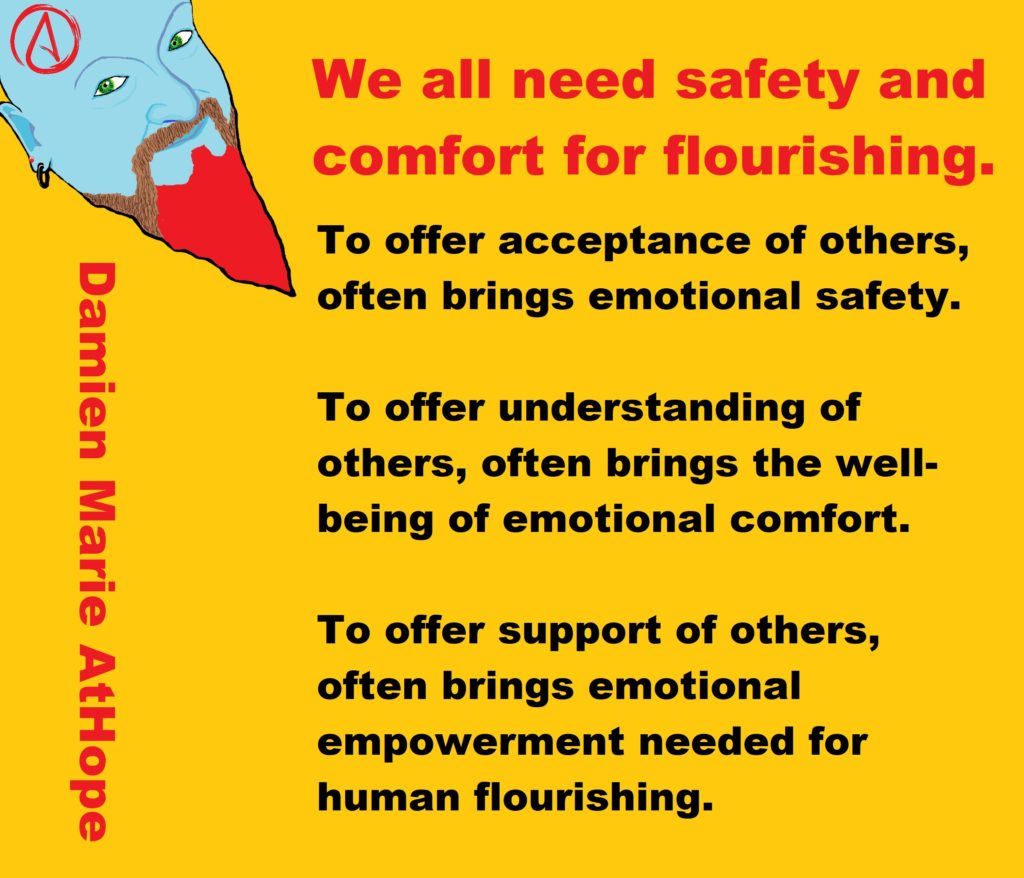
Richness in life is more fully realized when one gets that the value of people is intrinsic, unlike the extrinsic value of things. Be better than the world around you. Yes, be the difference and change the world for the better. One who masters their ego and is not run by one’s Ego is expressing that one has reached self-mastery.
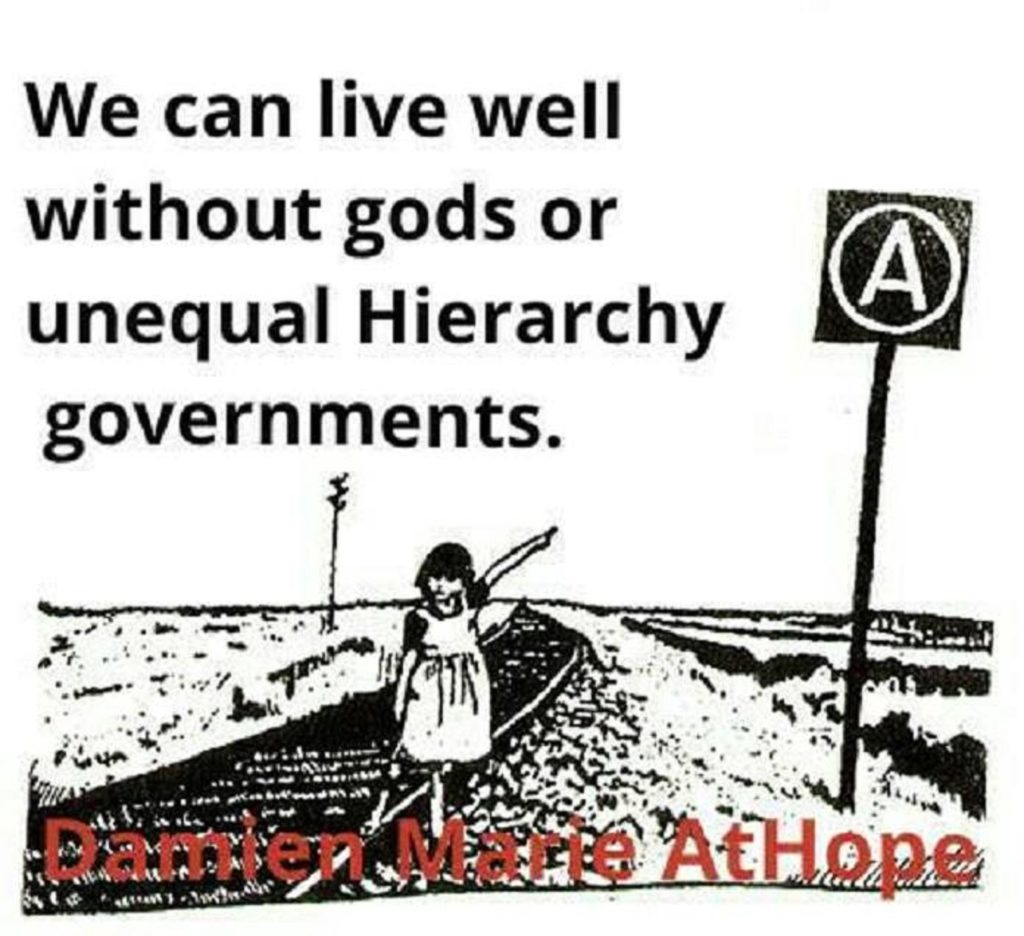
Innocence, sweetness, and beauty have not been as profoundly violated as in the dark caldron of fanaticism, where the faith drunk eagerly gorging on the lust of tribalism. Such individuals of this extreme conviction wished the demise of the world and are emboldened on hate-filled superstitions. These are the fiends among us, clocked in the durty threads some wish to all holy. They only like what they believe or are told to believe in what they profess is a holy book. This dark caldron of holy book fanaticism, is a but a sick anti-humanism motivation, which too often is proudly supported, by the concepts of gods and religions, ones as would be typical from the evilest of madmen.
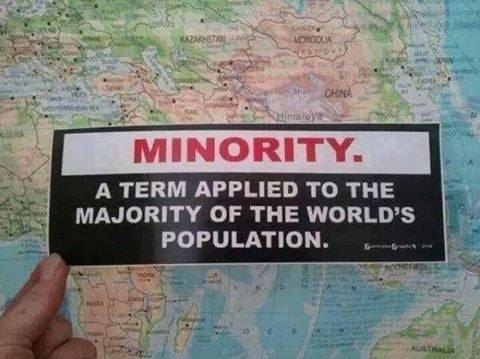
Why do I care what happens in other countries? Because I am a citizen of the Earth and things that happen here, concern me. Kindness is often a window by which we can see the awakened humanity of others.
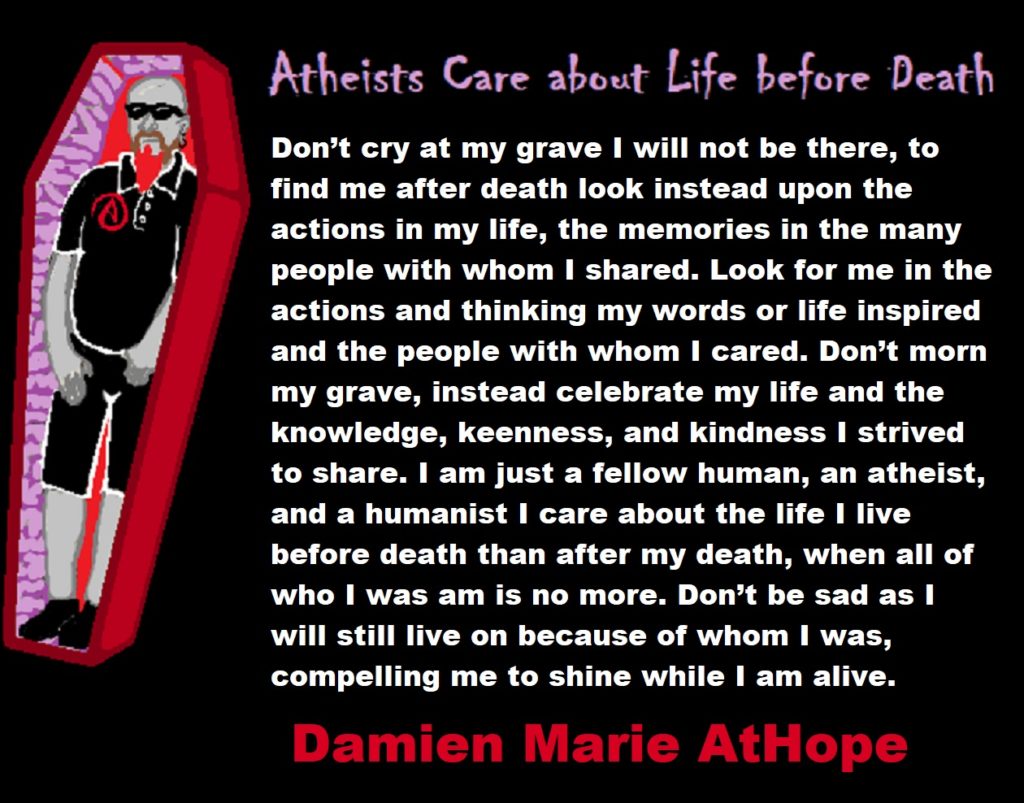
The Beauty of Reason
My dark and lovely temptress, your way with words, is that hard touch that pierces the fog of the mind splitting the veil of mediocrity to the deep wellspring of creative need, a dragon’s tail, that leads one on above the guarded ramparts of the rambling speech, so fond in the eyes of the world’s simpleness. I choke it out, the empty suffering, to that place of hope, reading the highly intelligent expression. Please, give me this gift of love, my dark and lovely temptress, reason…
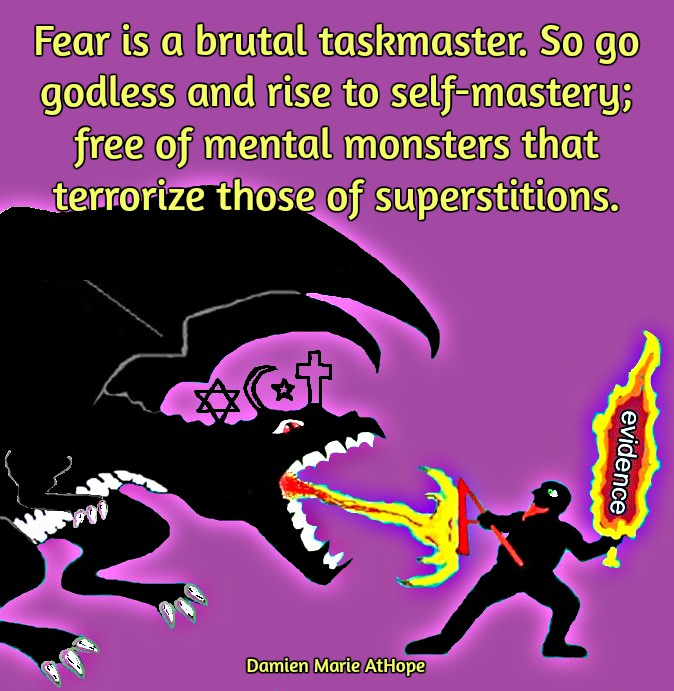
When I was young, I was not shown the beauty of kindness. Now that I understand, I can’t imagine a beautiful life without it.
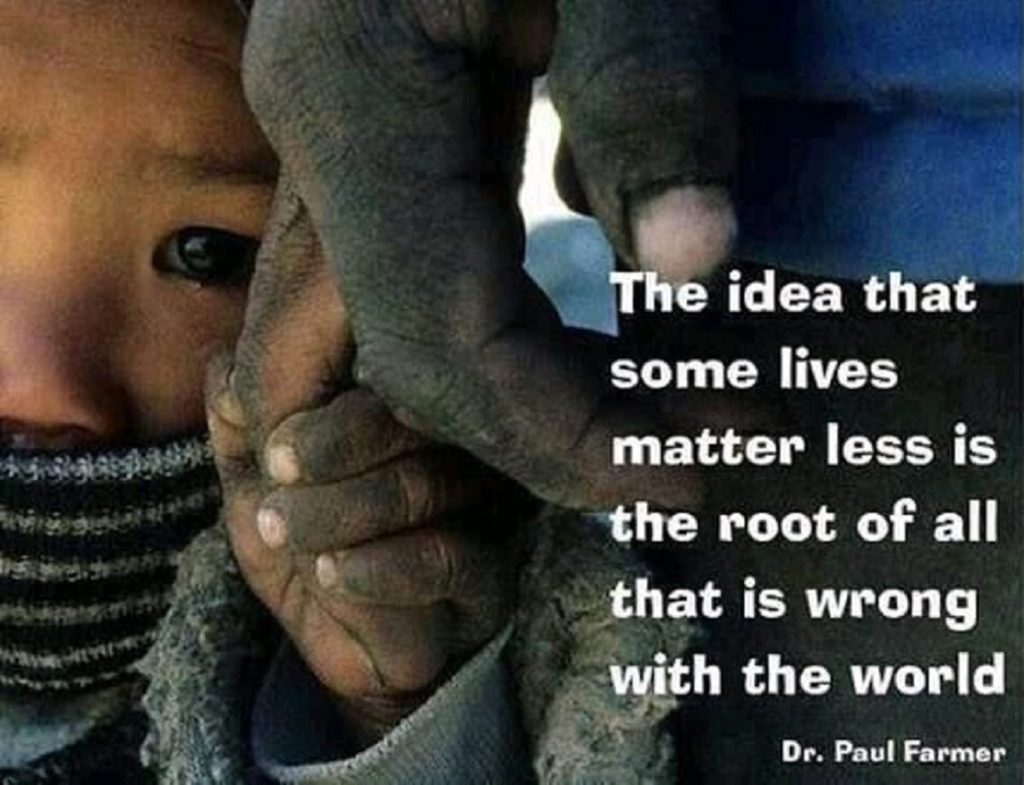
I am Open.
I live an open life, have an open mind, and an open personality.
I try to hide nothing about myself or my life. Both aspects of my openness are just me being me and a political statement to inspire change in others or aid in the understanding of others.
I live such openness and feel strengthened by it, thus have an open willingness to share my triumphs as well as be open to admit that which could be seen as more shameful knowing it to can inspire positive thinking or behavior.
I will openly talk in this way to a stranger or friends alike. I think openly about ideas and am forever openly looking to improve but open also to loving myself for the effort even if I am slow to success or fail, again and again.
I see my life open before me and thus an event is but one point in my journey, not an endpoint I am bound thus I am always striving at struggles with an open willingness to improve. I am thus open to change.
Moreover, just as I openly want to be seen as right, I am open to being wrong, knowing that a mind willing to see itself as wrong it has become a freethinker.
I am open to asking for help as I am open to do helping? I am open to being a friend to the world and tend to act with openness and thus even friendliness to those being unfriendly to me. I am open to making a difference in the lives of others just to help them and am open to doing it in an open thoughtful way.
Lastly, I have an open marriage as well as have an open style of how I relate in relationships romantic or otherwise.
I am open.
Are YOU Like Me, an Anti-Authoritarian Thinker?
I strive to be just as virtuous to the vulnerable as I wish to be a terror to tyrants.
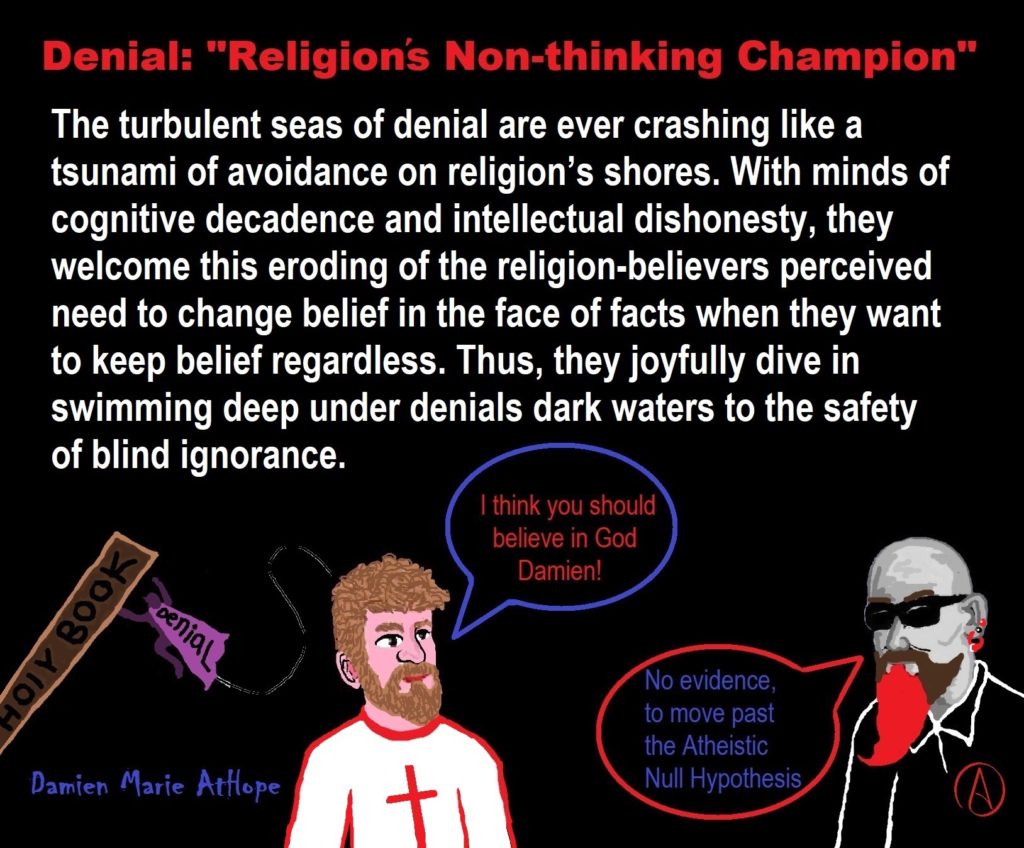
Making a Better World?
I was a Republican before voting at 18 and was Christian (2006) until 35, I thought it was 36 when I came to the conclusion for years now but my wife corrected me that I was 35 in (2006) and had started becoming an anarchist a little before that hating first republicans, then Democrats, then libertarians, then anarchist then do to interactions with anarcho-capitalists and voluntaryists, I realized I was not them further realizing I was a relatively a socialist anarchist. Then I evolved my own eclectic anarchism persuasion socialist-anarchist-collectivist-mutualism I call anarcho-humanism. Humanism, to me, can be summarised as humans can solve human problems with human means, not needing to appeal to religions or the gods they claim as real. Rather humanism, I feel is a positive awareness of the reality of
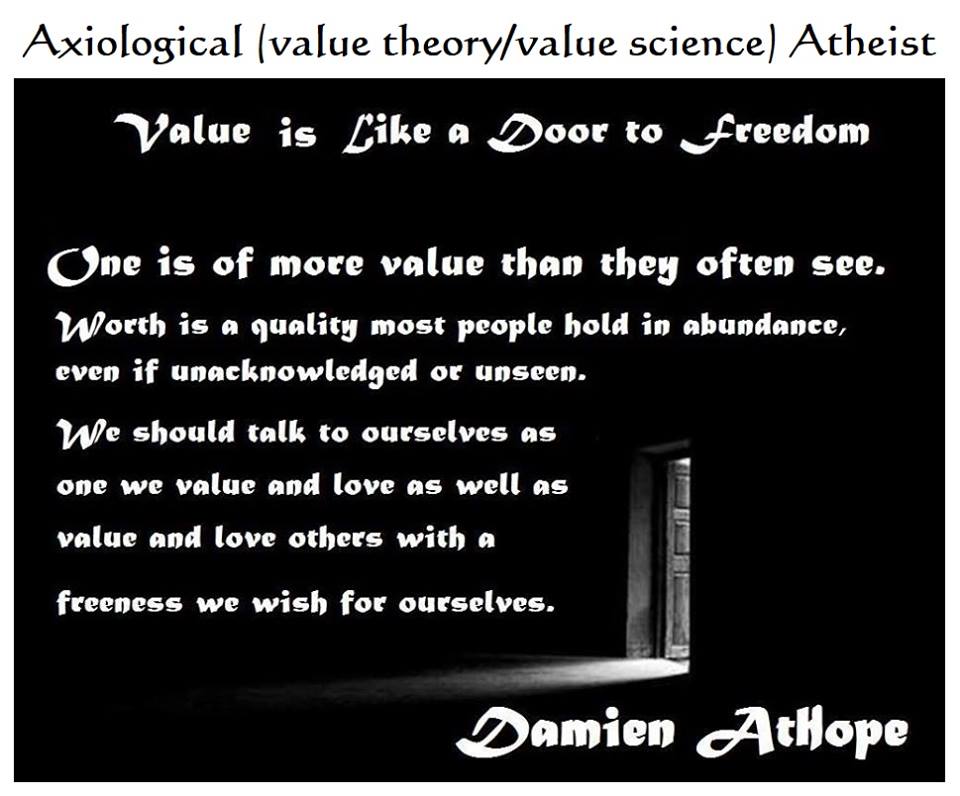
My Life Unplugged: “Losing My Religion and Finding Myself”
I lost my religion and faith addiction in 2006 after going to college. However, I don’t know if I should be called a just an atheist as this is too limited to define my disbelief. Thus, I am best described as an Axiological atheist: (Ethical/Value theory Reasoned and Moral Argument driven) Atheism, Anti-theism, Anti-religionism, and Secular Humanism I also value Ignosticism or
Understanding The Bible – By Stephen L. Harris – (7th Edition)
Living Religions – by Mary Pat Fisher – (6th Edition)
I was raised Christian and lived my whole life in believing the Christian faith. I could have never been touted as a holy person or a true follower of the Christian rules. My life more often resembled the sinner than the saint. However, I truly believed what was taught to me about Christianity was the truth.
So what changed? Reasons for or Types of Atheism.
The beginning of the change was getting a bachelor of arts in Psychology, grasping critical thinking, rational analysis, universal ethics, and the need
But what fully made me “change” was two classes on religion the first comparative religions the second understanding the bible halfway through that class I stopped believing.
So if a woman was created first!
If the Bible starts on a lie, how can it ever find truth? I started using a new rationale to analyze the Bible and not accepting it as truth outright. I thought how positive would we view a parent who puts a 2 years old child next to a cookie jar and tells them not to eat any cookies.
Then not only punish them for the rest of their life but to every generation to the end of time for an action they did not understand. No parent would be seen as just. Even the Bible says we should forgive after 7 years and how can it be justified to punish everyone who is guiltless for the action of one even if they did understand.
That would not be convictable in any court anywhere in the world. Yet, we are taught to praise a god who did just that. I could go on and on about my negative views on the Bible and Christianity, well all gods and religions really.
The Bible touts that the most important thing is faith the word. The word (bible writings claiming an inspiration or revelation from the religion’s god) is so important that God himself is claimed to author the Ten Commandments on stone with a lightening finger.
Yet, we are to believe that Jesus comes to earth and does not write a word. Was he illiterate? If he was, how could he be God? Jesus never asked anyone to write anything more in the Torah.
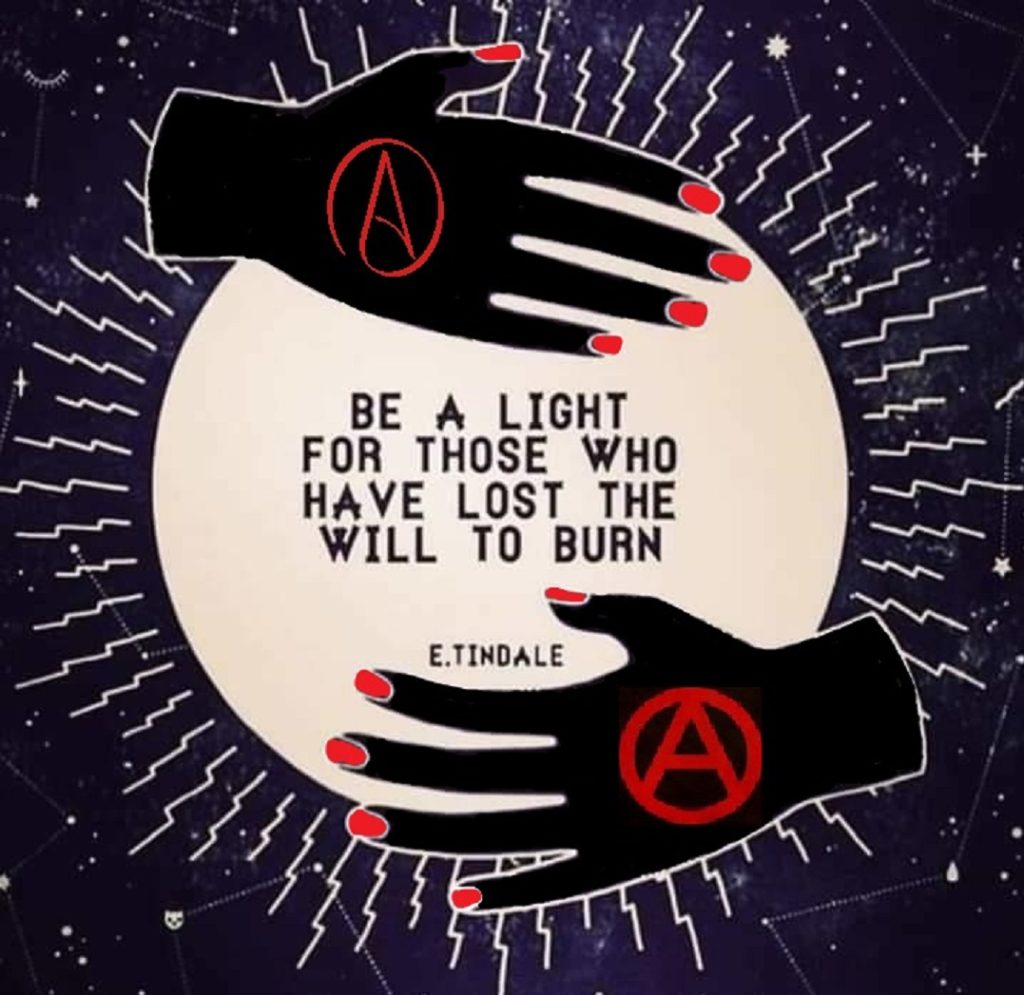
Maybe he just forgot since he was so busy or maybe he was not God.
He had 12 disciples; why did not all of
I simply believe in universal ethics and

*I hear all the time but did you read the
Read the
I could list countless scriptures to contradict the
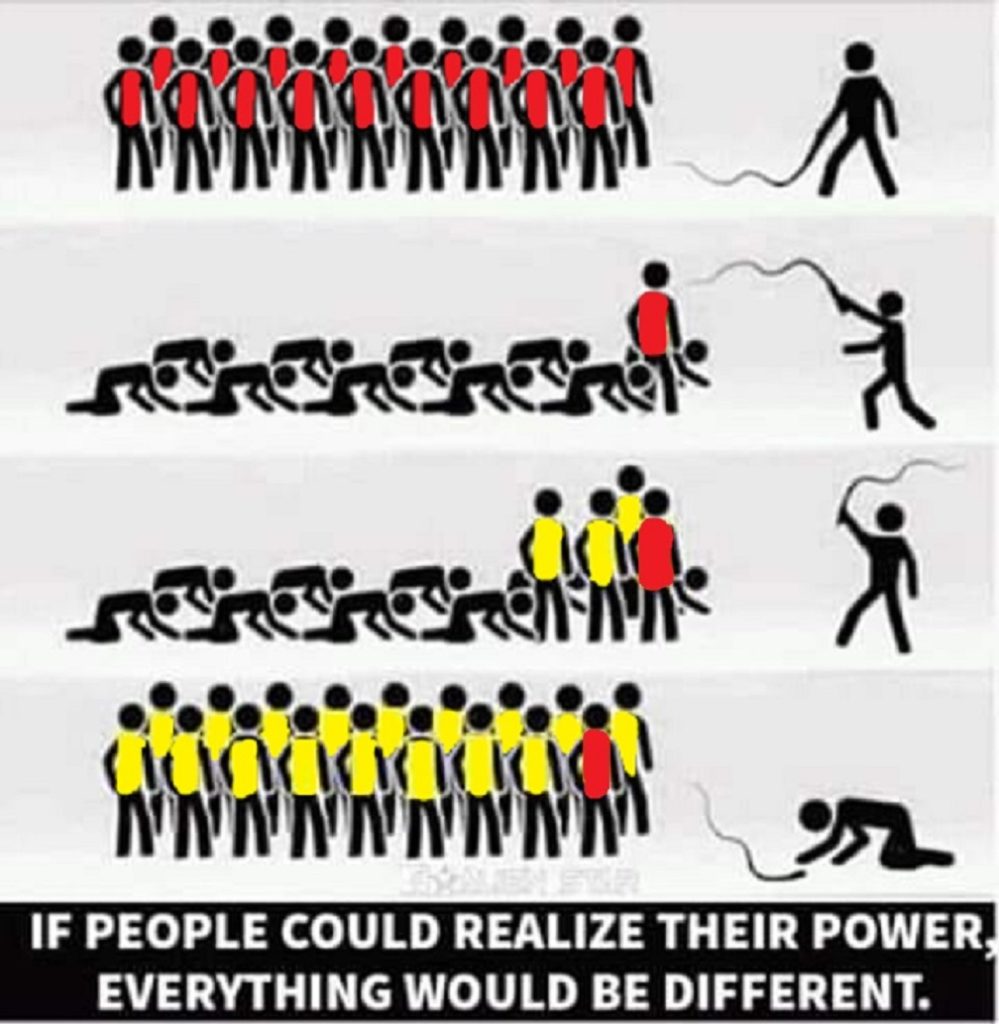
The moment one cringes internally, slinking deep inside themselves just for being who they are because of others hate or fear and do not fight back, it is then your internal freedom and self-mastery likely started a process of dying. And when I become humble enough to hear the heartbeat of your inner cry, I then can finally relate beyond the wall of my Ego. Yes, when I am willing to stop and truly try to listen to the heart of your sorrow I touch your innermost being. How I wish to forever become a better me and I wish to live my life in the same way as I would wish to see from my most loved hero. I do a lot of what I do, trying to inspire the world to see the beauty of kindness and care, for I know that we rise by helping each other. In the end, all we really have is each other and life is too damn short to not be kind.
May I not be a silent watcher to injustice or inhumanity as if closing one’s eyes removes the moral weight or ethical responsibly.
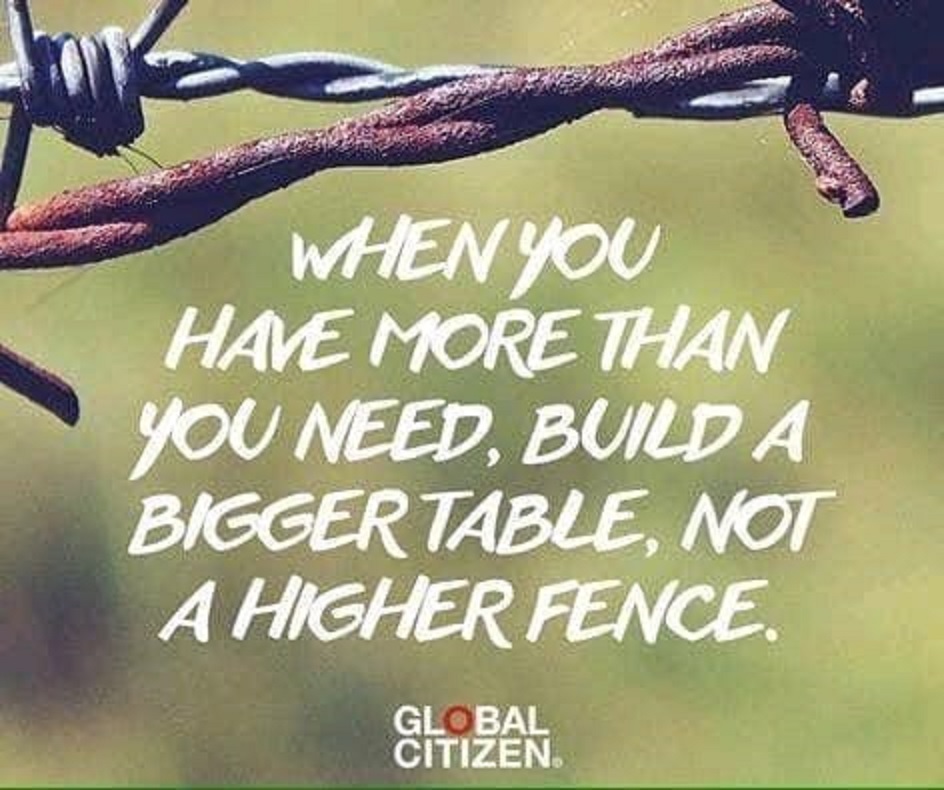
Are You a Person who Cares?
Some people may wrongly think there are lesser people in the world that are not equal thus are of lesser value so they can be disregarded or are due fewer rights. But I tell you this, for a person of honor and humanity it would not matter anyway, there are no lesser people and as it’s not a competition to prove value, rather it is a realization that others like us are beings of dignity and that is something we all share regardless of the human shell that contains it.
Will you join us in trying to build a better world with humanity and kindness?

Poverty, it does not look good on anyone…
Reality is not kind, that is why it is upon the “good” of us to help make it so.
I am that freak of nature,
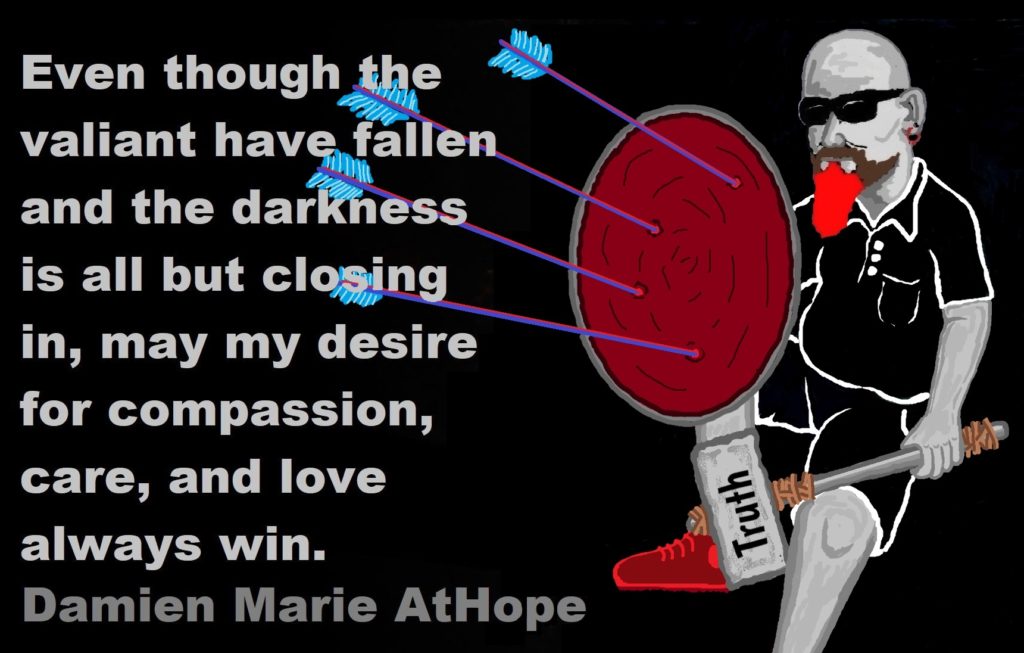
Militant Anarchist Atheism?
I think you more rightly mean “firebrand anarchist atheist,” a strong, informed, and socially aware atheist, with facts and humanity on my side. If I were to use the term Militant Atheism, I would be saying it more as a joke, as that is what people like to call “firebrand atheism.” So, I don’t really need aggression. Unless one is losing control, aggression is only needed if one’s argument is weak. Because when one’s argument is strong, it has power, not requiring aggression to champion it and is only diminished if force is added. I believe in others power to reason, if only I am caring and
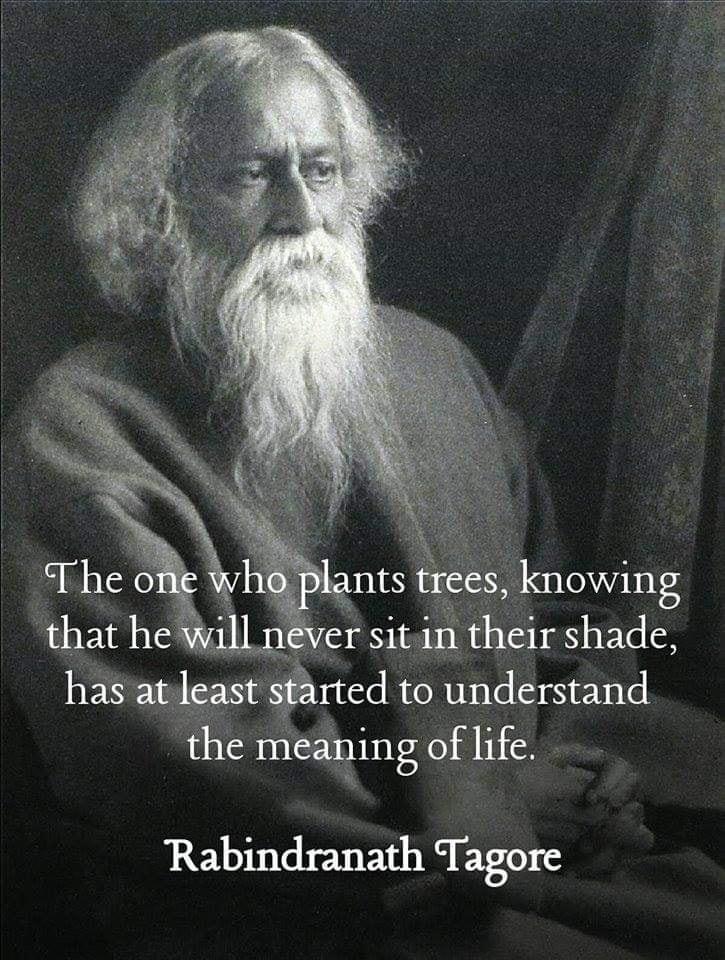
I am the “one” you have been waiting for I am will to power, a deep thought so true it has taken flight to the lofty aspirations dreamed for and a care transmitted to offer hope to humanity I believe in you and will strive to champion you with all I have for you are so worthy…
I have learned more about moral purity in the smile of a child than any religious morality that can joyfully sneer at the sweetest heart, simply due them to not sharing their religion.
Don’t give up, think of all the people who you get to prove wrong with your success. And if the only rights you fight for are your own, then you have a lot to learn about the value of rights.

Enjoy the wonderment of nature for the amazing reality it is.
As an atheist wonderment is the magic of reality for others who are religious wonderment becomes shacked to sacred thus reality is wrongly turned into magic or they somehow try to hijack wonderment hoping to turn magic thinking into reality.
In a big picture sense, axiological theories and nihilism are a psychological response to the fragile and short life we all have. Axiological sees this precious life and its beautiful joy that can be shared lovingly with others and sadly nihilism is limited to the to only being mired in the realization that we all die missing out on the wonder of the life before it. They think life is meaningless do to death. And I say what a gift I have to share life with all of you, may I be so worthy.
Activism, for me, was not a calling nor an accident but rather I hated the world the way it was offered to me and as I realized I was part of and doing nothing about it, so I said I need to change this and do all I can to support a beautiful world for us all.
I am an Axiological Atheist and I don’t post for likes. I post my passion, my heart, and my mission: a value-driven life with deep purpose, doing all I can to help make a positive difference in the world.
Axiological Atheism Explained: Link
Axiological Ethics not Pseudo Morality: Link
Axiological Atheism Morality Critique: of the bible god: Link
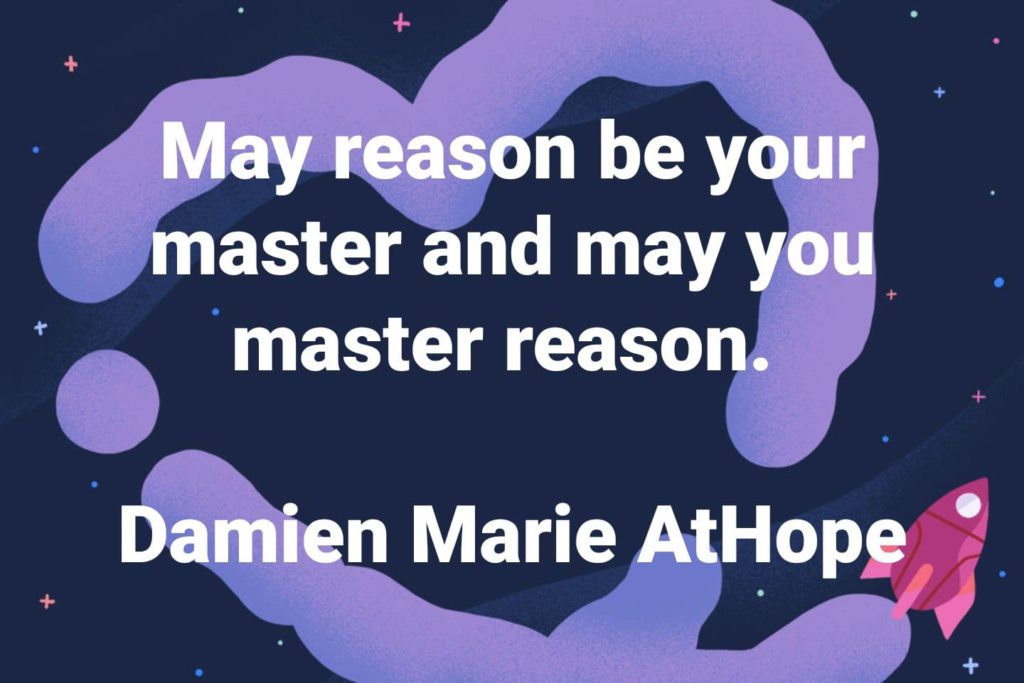
Our feelings don’t have to be logical but our behavior should be.
Am I a survivor?
I fell as you tripped me again and from your hate, I remove myself from such mind and being corruption freely walking into the gates of love so longed for. You have not beaten me, you cannot stop me, you don’t want me to live, to thrive, to be all the best I can be but you hate and yet I am still here, a survivor, a full life liver, a thriver, as well as a warrior for kindness and compassion, reaching the care I was rarely offered, as a gift to the ones so desperately oppressed under your harsh gaze. May we all be free and the positive best we can be, I know I am as best I can. I am here growing stronger every day. Who am I, you ask, I respond loud and proud, I am a survivor and even in these chains from my past, you will not stop me. Sometimes, we need to see the truth, that many people are liars and deniers while claiming they are believers. Once we stop seeing the dignity of others we feel free to violate them with impunity. But when dignity is
I am a survivor.
I am a thriver!
“But Damien, if we are here to help others what are the others here for?” – Questioner
My response, Well, companionship, friendship, fellowship, closeness, togetherness, amity, intimacy, rapport, camaraderie, comradeship, solidarity, mutual support, mutual affection, brotherhood, sisterhood,
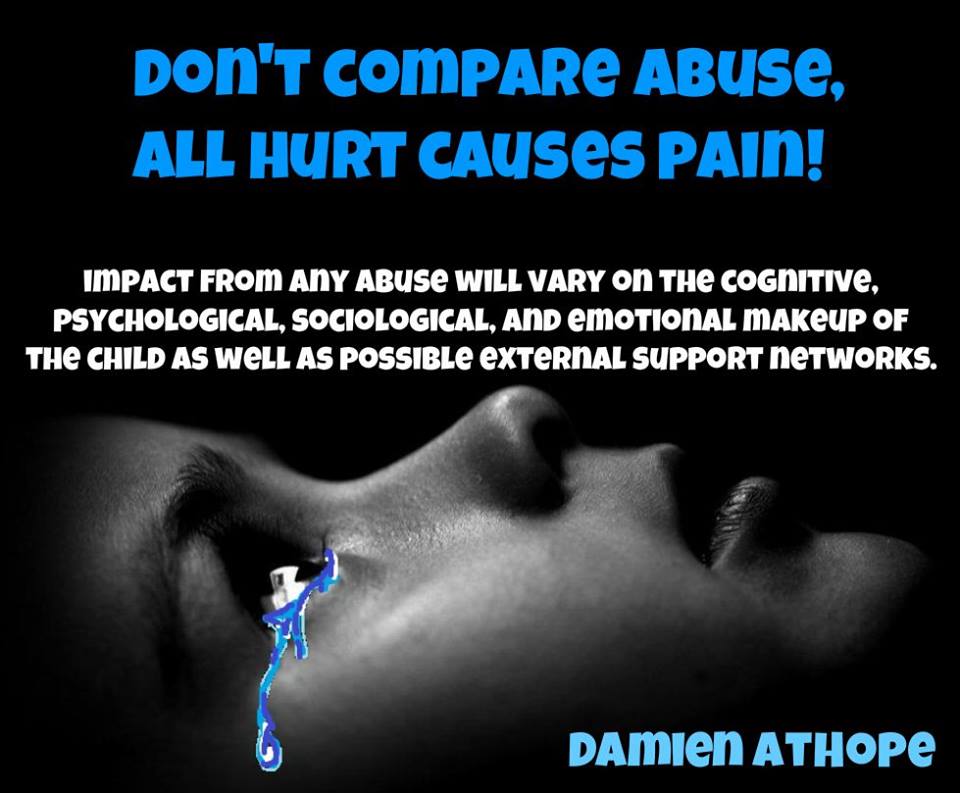
World, do you hear me now, because you were nothing but silent as I suffered extreme religious oppression and to this news, you simply spit in my face, “telling me” my religious freedom and all I can think is, no, you mean my parent’s religious freedom, which may I remind you is a violation of my religious freedom and was instead my religious oppression. Where are you now, while millions await this same fate if you keep doing nothing?
“Damien, how do you identify something when there is nothing to compare it to. There are levels of light and darkness but if one is missing you have no way to identify the other.” – Questioner
My response, We always relate the unknown to the known whether you are addressing intellectual non-evidential or evidential.
Marquis Amon “That is the level of ontology that is addressed. Even if something unknown happens in reality, it operates to the principles of reality. So you look at the information you can discern about it and the surrounding circumstances. The response to an unknown thing would be to study it. You will have a means of identifying the other through experimentation. For example, with light, you can use a filter or equipment to see darkness. In fact, darkness might not be dark on the basis of being unable to detect light with one’s eyes. Eh, the old tripwire laser scene in the dark, for example.”
Validity, Reliability, and Soundness Simplified as it Relates to Reasoning, To me:
Validity: relates to accuracy
Reliability: relates to repeatability
Soundness: relates to the amount of both of the others in order to add an appropriate level of truth confirmation to what is being reasoned.
To me, a great society is not found in its power but in its care for the powerless. May I be a kindness aficionado…
Even when I am debating people who are aggressive, I don’t generally wish to be aggressive back not for them but for the person I want to be. I do sometimes fail at this as I am not always as great at emotional intelligence as I would like to be. Ideally, I would be stoic but I am a hot head and that is something I am constantly striving for as I don’t want to abuse others even with words.
I don’t try to make others look bad. I want to help others. I am intelligent and could be mean but I am also very thoughtful as well as open by nature, I also strive to be wise.
Thus, I wish to be kind to others as much as I can, even those who are unkind to me, as I wish to be such a bright light of kindness that it can change lives and that is so valuable to me. I don’t want to be their leader I wish to inspire them to be their own leader and thus I see I must assist others not to attack others.
Do Whatever You Can to Find Your Heart of Kindness.
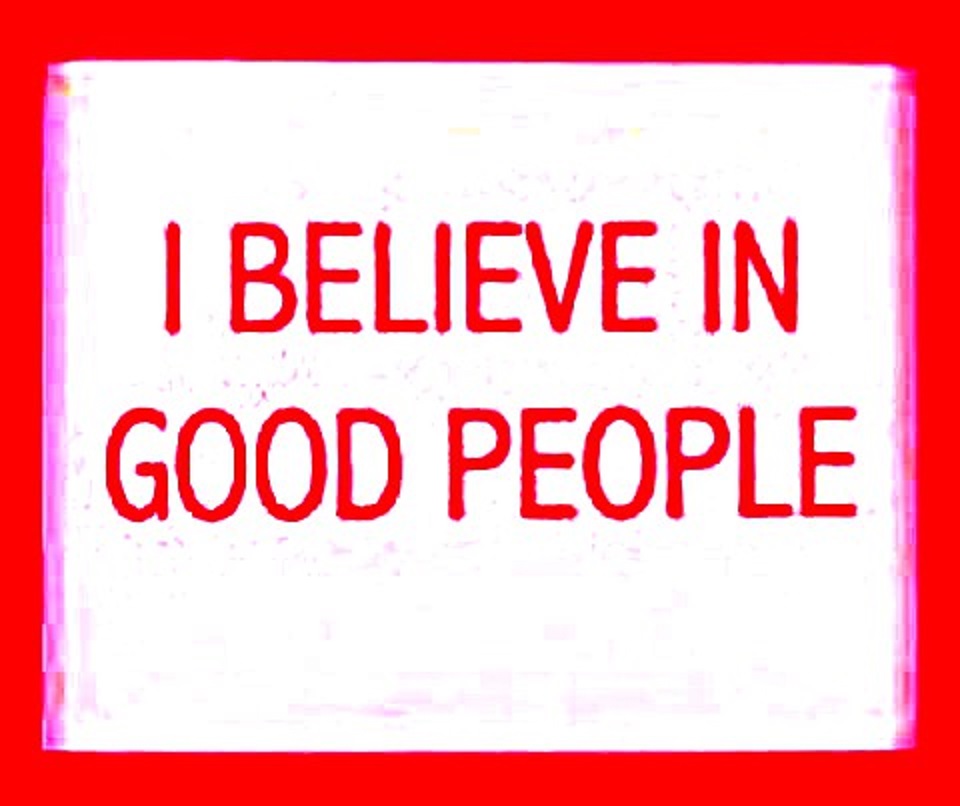
Universals in Religion?
Research concerning religion based on cognitive psychology, neuroscience, cultural anthropology, and archaeology is beginning to reach maturity, and a number of generalizations can now be seen to be shared between all modern religious systems these shared beliefs are best explained as deriving from our evolutionary origins. These ‘universals’ include: the cosmos and its living creatures have inherent worth, religious and ecological preservation are integrally linked to individuals and communities have responsibility towards the environment, the world is infused with supernatural agency: humanity is spiritually linked to (and affected by) the cosmos, individuals maintain social relationships with supernatural agents, individuals generally entertain highly anthropomorphic expectations about these supernatural agents, the minds of supernatural agents are implicitly expected to function like our own, even though this is at odds with our explicit beliefs about them, individuals are usually willing to subscribe to the religious norms of their own social groups at the expense of being viewed as wrong by other groups, individuals are only aware of some of their beliefs; a large amount of implicit or unconscious tenets underlying them, religious beliefs are often concerned with issues of purification and danger, invoking ritual behavior designed to deal with these. – Adapted from: Insoll, T. (2012). The Oxford handbook of the archaeology of ritual and religion. Oxford, United Kingdom. Oxford University Press.
I have known unkindness, so I champion kindness.
I have known pain, so I try to bring comfort.
I have known hatred, so I try to love.
I have known violence, so I try to bring peace.
I have experience unfriendliness, so I try to be a friend.
I have been a victim, so I try to protect others.
I was neglected, so I do what I can to care for everyone.
I was devalued, so I try to show and create value.
May the song of my life sing loudly the heartbeat of my humanity.
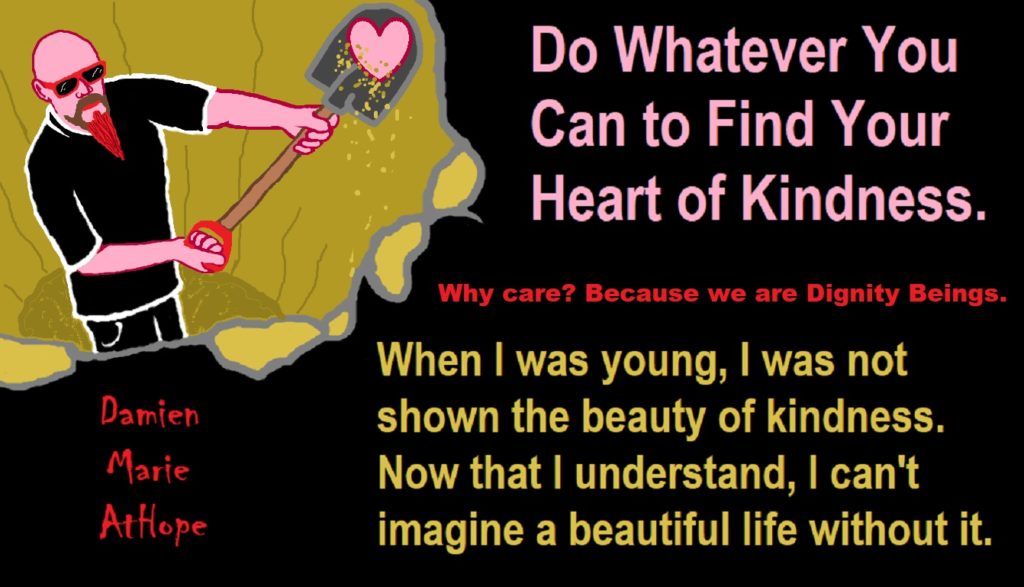
My conspiracy theory is that there still are good people in the world and may we rise.
To me, a great society is not found in its power but in its care for the powerless. When I can see the world through the eyes of your suffering, I then can start to know you. My conspiracy theory is that there still are good people in the world and may we rise.
Damien you speak of the good, define good:
Good is that of high value as in containing helping or adding
The eyes of the world predicted my failure but here I am, I am a survivor, No longer do I hide my face, I no longer fear a fall from your grace for I find my courage plain as day in the human race, may I be a good human. May I put truth above all and valiantly thrust a crusade or truth and caring, which will help show love can and will in the end if only in my black heart so often close to that deadman’s plank. I am a fighter, I don’t need you to save me, I don’t need your empty claims of magic in the world, a stumbling block to many, yet, I am no longer one of them, I am will to power. Say the truth plainly don’t allow pretend but do so with a caring desire to teach as one would to a friend. May I be a caring firebrand atheist. One, with an awakened humanity fully alive in my humanist heart, Desiring to Demonstrate my humanitarianism as I fully stand up for truth as a reality as well as kindness as all reality revolutionaries should, strongly speaking what is right as the truth is not pretended. I am bound by the limitations we all face but may I bravely be a good human past it all…
Fight for Freedom?
I don’t really fight for freedom as if it is a thing I lack and need to find or make. Instead how I see it is that I think in freedom and then it is the external world that this is affected, intersected and hindered when I must fight to keep it and shield it from its confinement or even though possibly confined externally it is my choice to protect it internally. The pain of the mind is some of the most lasting pain and freedom of the mind is some of the most lasting freedom. I wish to be a person that is not just kind but that inspires kindness as well.
Chase Fillingame Anarchism can best be summed up as the belief that all forms of authority or hierarchy must justify itself. The burden of proof to lead is on the one who is making the claim of authority. The state is not a just authority or hierarchy. If an institution rules through violence, then it is unjust. The state only exists to protect a ruling class and give small concessions to the people.
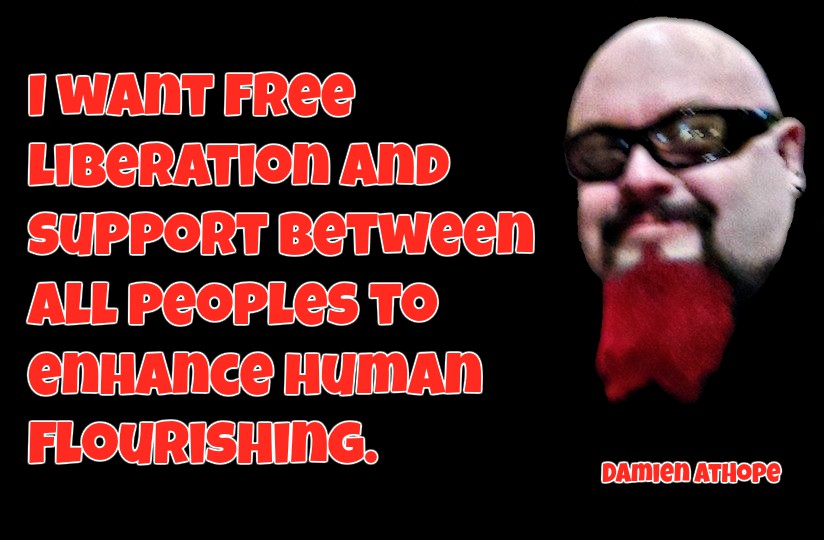
We rise by helping each other. It is said that people are assholes, but then I remembered I too am people; and thus, I saw how I am responsible. The question should not be if I am better than you, but can we be better together?
I will always be one of the people, as I value Everyone, not just ones others think matter do to money, power or fame. I only want to make a difference and inspire the world to think and care.
I am an anarchist but that is against unjust coercion and the inhumanity representative governments tend to express all too often but don’t get me wrong I am not anti-society. I actually wish for world unity, enlightenment and humanity flourishing. Thus, I am both for all positive chance, even if it must be extracted from the oppressive capitalist governments we are now immersed in. Moreover, I am just another “You” and you are just another “Me,” thus, how can we not see we are all fellow dignity beings, equally deserving human comradeship and care as part of one global human fatally.
So, I am not against even things like taxes for the common good as well as for thoughtful big governance with direct democracy and care for humanities’s unitive well-being in both a macro group needs level and a micro individual needs lever of awareness. And, for sure I am not for wasteful big representative governments that talk a lot but actually do little to advance world unity, enlightenment and humanity flourishing. I want we the people without the politicians in representative government limiting the voice of both a macro group needs level and a micro individual needs lever of awareness. Therefore to me, representative government will always fall short of the needed change nor support the just will of the peoples with direct democracy.

I wish to be a friend to the world.
The wisest thing I have ever done was be kind, for it not only has changed my life it has helped others as well. What anti-anarchists don’t get is even if anarchism was impossible the truth in its call to freedom would not lose its humanism value worth striving for.
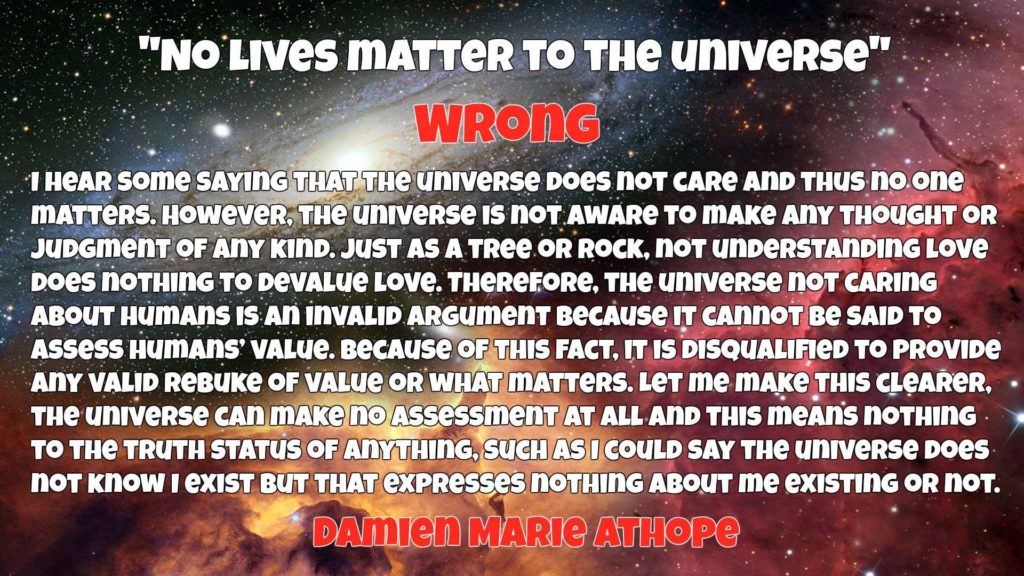
Chase Fillingame “Damien Marie AtHope, you are on to something. All of these other people who are saying you are wrong about this, are stuck in the delusion that we live in a society in which we are all individuals who truly have power over our own lives. The goal is to get to that point. But we don’t have it at the moment. Of course solidarity is the means in which we can actually achieve that goal.”
We rise by helping each other and we may fail if we keep going as hurtful as humans too often are to each other. May we be good humans. We can be builders of life or its destruction. The person is political so the actions of my life are the expression of my political values even before I tell you what brand I may claim. We are not our past, though we are bound to it. We are also not our future self yet.
So, just be the best you in the here and now. May the actions of my life be written deep with the poetry of my humanity. What do your actions say?
I am for big governance not big government.

From Big Government to Big
David Levi-Faur Abstract: This paper explores the origins and various meanings of the concept of governance. It discusses governance as an interdisciplinary research agenda on order and disorder, efficiency and legitimacy all in the context of the hybridization of modes of control that allow the production of fragmented and multidimensional order within the state, by the state, without the state, and beyond the state. The plurality of the modes of control reflect and reshape new ways of making politics, a new understanding of institutions of the state and beyond the state and allow us to explore new ways for the control of risks, empower citizens and promote new and experimentalist forms of democratic decision making. ref
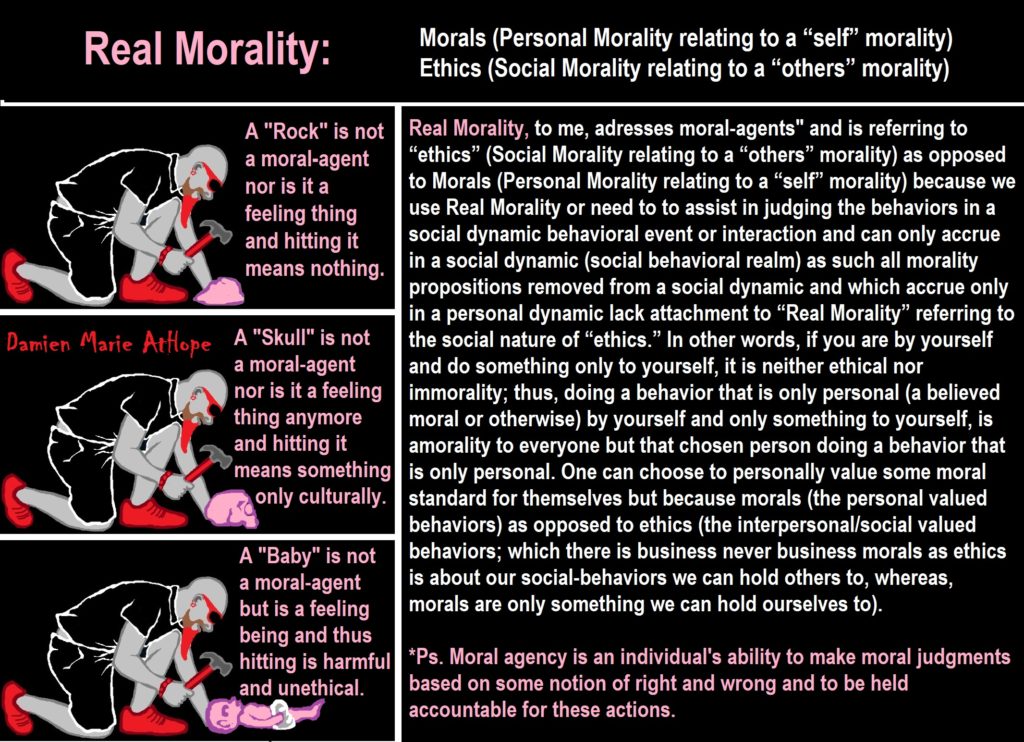
I want ethics leading everything.
“Without someone to enforce the rules, the rules are pointless.” – Challanger
My response, I am for enforcement of the universal rules. I am for services run by we the people.
“Damien, who is going to enforce the rules in anarchy? Who decides what rules to enforce?” – Challenger
In my “Social Anarchism” inclination which I hold, to me, involves who we decide in Direct democracy.
Social anarchism (sometimes referred to as socialist anarchism,
“Mob rule doesn’t respect individual rights direct democracy is mob rule.” – Challenger
Ochlocracy is synonymous in meaning and usage to the modern, informal term “mobocracy“, or mob rule is the rule of government by
The threat of “mob rule” to
Anarchism, meaning “without rulers”, is a term covering various anti-authoritarian philosophies and movements which are egalitarian and socialist, which are dedicated to the replacement of states and/or governments (either capitalist governments or all governments) by various suggested alternatives such as autonomous self-realizing direct-democratic structures. Anarchism is not ochlocratic but to the contrary includes theories of structure and mutual support rooted in direct democracy and free association. ref
My response, it’s not mob rule and even if you say it is, it is not
“That’s what we have now.” – Challenger
My response, As if the laws in representative voting
“Universal ethics: There are several ethical standards that are considered to be self-evident, and seem to apply to all people throughout all of history, regardless of cultural, political, social, or economic context. The non-aggression principle, which prohibits aggression, or the initiation of force or violence against another person, is a universal ethical principle. Examples of aggression include murder, rape, kidnapping, assault, robbery, theft, and vandalism. On the other hand, the commission of any of such acts in response to aggression does not necessarily violate universal ethics.
ref
There are obvious reasons why universal ethics are beneficial to society. For example, if people were allowed to kill or steal, this would lead to widespread chaos as well as violence and would be detrimental to the well-being of society. Most people agree that it’s better to prohibit aggression than to allow everyone to commit it. Therefore, aggression is intrinsically immoral. Although nearly all societies have laws prohibiting aggression, this does not mean that universal ethics are necessarily reflected by that society’s government or its dominant ideology. ” ref
“So how do we control that into a system?” – Challenger
My response, we have federations. It’s like the Vale of Ignorance in ethics. We ensure all have dignity rights and
“Yes, I agree that there is a major problem. I just don’t see a solution.” – Challenger
“The Vale of Ignorance in ethics is a symbolic depiction of Rawls’s veil of ignorance. The citizens making the choices about their society make them from an “original position” of equality and ignorance, without knowing what gender, race, abilities, tastes, wealth, or position in society they will have. Rawls claims this ensures they will choose a just society.
The original position is a central feature of John Rawls’s social contract account of justice, “justice as fairness,” set forth in A Theory of Justice (TJ). It is designed to be a fair and impartial point of view that is to be adopted in our reasoning about
“All people are biased by their situations, so how can people agree on a “social contract” to govern how the world should work. Philosopher John Rawls suggests that we should imagine we sit behind a veil of ignorance that keeps us from knowing who we are and identifying with our personal circumstances. By being ignorant of our circumstances, we can more objectively consider how societies should operate. Two primary principles supplement Rawls’ veil of ignorance: the liberty principle and the difference principle. According to the liberty principle, the social contract should try to ensure that everyone enjoys the maximum liberty possible without intruding upon the freedom of others. According to the difference principle, the social contract should guarantee that everyone an equal opportunity to prosper. In other words, if there are any social or economic differences in the social contract, they should help those who are the worst off. And, any advantages in the contract should be available to everyone. So, according to Rawls, approaching tough issues through a veil of ignorance and applying these principles can help us decide more fairly how the rules of society should be structured. And fairness, as Rawls and many others believe, is the essence of justice.” ref
“I’m not understanding you on the Vale of Ignorance?” – Challenger
My response, You asked how we decide?
“Are you saying we need more ignorance in order to have a just society?” – Challenger
“Damien, a Vale of Ignorance society is never going to happen.” – Challenger
My response, It has happened and even if it has never happened it is moral equally.
A town in Mexico overthrew their local government. Things couldn’t be going better.
10 Instances Of Anarchist Societies That Actually Worked
Marquis Amon “One of the reasons people are generally against anarchism because it is generally associated with anti-government and terrorism. While anarchy is truly anti-government it is not terrorism movement. Rather the transition of power from the few, to the many. It can be described as a form of direct democracy, because it possesses equal power among citizens for a stabilized society without government. In the words of Damien AtHope, there is nothing a government can achieve that a group of citizens cannot. This should be obvious because in our current US government the people are the state constituents. So essentially we skip the middle man in the equation.”
Marquis Amon “I hear people say that large direct democracies cannot work because they are too diverse and complicated. With basic common sense social norms, say universal ethics we can establish a broad core of equal rights everywhere. In my opinion, the failure of the current state is that it does not meet the needs of the people, but serve its self-interest. Infrastructure, poverty, and destructive foreign policy are all signs of governments abusing power. People say they are responsible for themselves, Anarchy agrees, but allows people participation in non-forceful nature.”
Marquis Amon “Fundamentally, anarchism focuses on working together and meeting human needs as a collective society. They say business does this, but it does so for a profit, which unbalances the equality of society. The key component here is that key human needs are community-based. Food, water, shelter, clothing, and healthcare would be rights. How would we achieve it? Organizations like Habitat for humanity have the right idea. People working together for a common good, for the community, not the rich. This sounds like communism to some, except there is no government. This kind of concept was seen in many Native American tribes.”
Marquis Amon “What about money? Logically there is nothing more valuable than a human being and human need. Citizens within any anarchist community could work together towards mutual goals and needs. The key here is needs and continually maintaining them. If there are problems within the community, people can fix them, without the need of governance or business. The problem we face in modern society is that people who want to help and those that need help are met with a lot of red tape. This strangely is a conservative argument, large government is bad, inefficient. Interestingly enough while true, these same individuals take advantage of it and its people. It is about giving power to the people, equally.”
Marquis Amon “Realistically, the average citizen has very little say, protests rarely are large enough to make a difference, and politicians can vote how they want. Sure, we can vote them out, but there is often a dearth of good alternatives, because most running are chosen by the party and those that want on the ballot need many signatures. Statistical probability puts any citizen at a grave disadvantage. The only security people have with the state is by force and that can work for or against anyone. By removing government we become closer and by virtue of human needs, because we are human, we realize more that we are all equals. We are all human.”
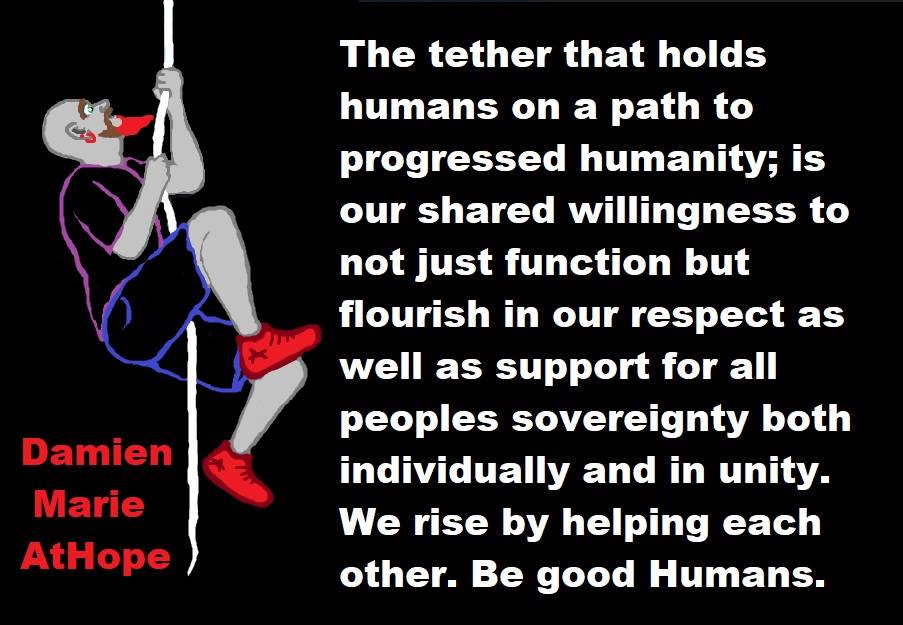
I have a degree in psychology, so I like the Universal Declaration of Ethical Principles for Psychologists.
I am against the death penalty for anything we are not to act like the unethical, I only support violence for self-defense and other-defense and once we have full control of the harming person they are removed from support violence for self-defense and other-defense.
Ethics Before EGO!
“Free will can be understood as
Ethics is at the core of every discipline. The Universal Declaration of Ethical Principles for Psychologists speaks to the common moral framework that guides and inspires psychologists worldwide toward the highest ethical ideals in their professional and scientific work. Psychologists recognize that they carry out their activities within a larger social context. They recognize that the lives and identities of human beings both individually and collectively are connected across
- to evaluate the ethical and moral relevance of their codes of ethics;
- to use as a template to guide the development or evolution of their codes of ethics;
- to encourage global thinking about ethics, while also encouraging action that is sensitive and responsive to local needs and values; and
- to speak with a collective voice on matters of ethical concern.
The Universal Declaration describes those ethical principles that are based on shared human values. ref
If axiology is a value-based ethics system, how are the ethical values established?
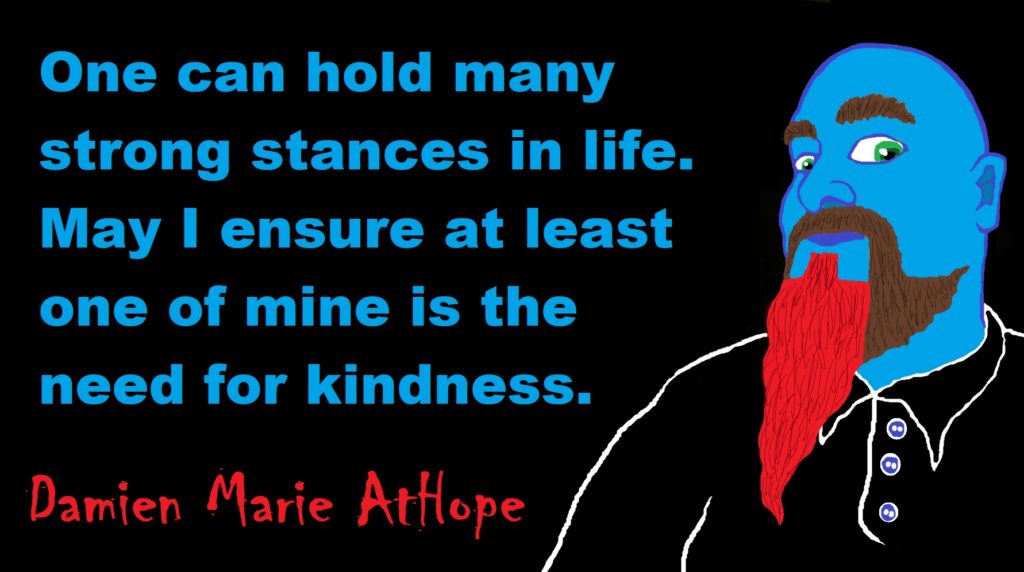
Everyone Loves Ethics
Until we add empathetic awareness to morality we will always hold a potential for error in morality discernment. People we can succeed in elevating the morally of the masses to the understanding that Ethical Thinking or Moral Reasoning Should be Rational AND Emotional.
Everyone loves ethics, “You” love ethics just like everyone does in relation to themselves, “you” love ethics (you are happy for others to treat you ethically). Maybe, you like many of us, can miss this ontology of social interaction which makes everyone love ethics, and how this fact is not just a morality fact but also just a fact of our being a social animal: we love ethics towards themselves so we just need the rationalism and humanism to sometimes grasp the need to extend this to others as we are just a different “them” and they too are just a different “me” (a human being).
Ethics are the standard used to support and respect rights, the value of rights is the person, that a high standard of ethics wishes to adhere to. A good person helps themselves, yet a great person my friend is found when one helps others. I am saying all one must be to be good is done to themselves, Whereas, the fullness of good, to the level of or state of greatness, happens when one helps others. Kindness is hard at times, as it often requires a death of my ego to allow the life of my potential for empathy and care.
Being mean is easy. I wish to do what can be hard; kindness. Being mean is easy it takes nothing but a loss of control, which I am still too often prone to falling into. That said I would like to strive to be kind even it is not extended to me as I don’t want to just follow my weakness I wish to champion my strength, as I wish to more than just not losing control I wish to be the one in control exhibiting if I can live up to it an example of bravery. This bravery is not out of bravado but the flushing of negative in a heart set free, to me the fact that I strive a young life of profound unkindness almost ruined me forever.
I want to be more than the pain that made me or the abuse and unkindness that all but unsaved me. I could be the nothing or the everything if I choose, what was done it out of my control but what I do is not just in my control, it is as if I have all my life been lost if an attitude of attack but now with axiology, humanism,
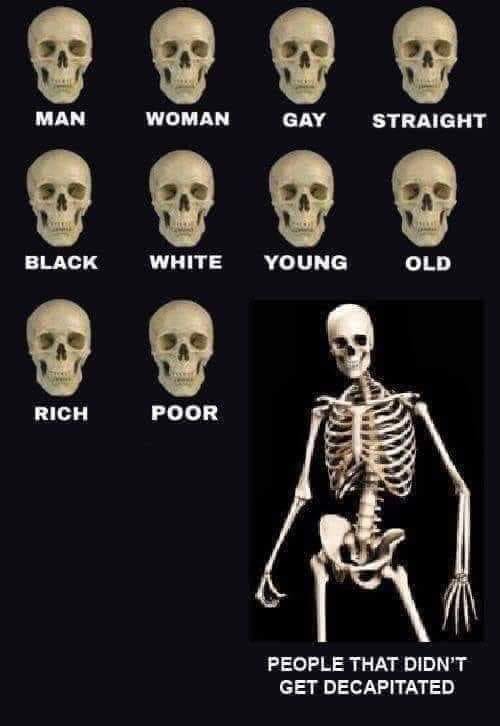
“Humans have a subconscious desire to be controlled.” – Challenger
My response, not me.
“If its subconscious, then you wouldn’t know.” – Challenger
My response, you have an article to back that up? Are you sure that is true to sociopaths (like me), psychopaths or narcissists?
“How Far We’ll Go to Feel in Control. When we don’t have a sense of control, we just make it up.” – Challenger
My response, All or nothing claims are by definition extreme claims and all extreme claims need extreme proof to be believed, hearsay will never do.
“Damien AtHope Especially true to self absorbed people.” – Challenger
My response, Having a sense of control, for instance, has been consistently linked with physical health. People who feel in control of their lives report better health, fewer aches and pains, and faster recovery from illnesses than other people do.
“Add it all up, and we find that when times are tough, people turn to unlikely sources to help them regain a sense of control—authoritarian religions, bigger dogs, tougher comic book characters, even shorter hair.” ref ” – Challenger
My response, Its a desire for a sense of control not subconscious desire to be controlled as you claimed…
“Here from your offered link: “Researchers have documented just how essential a sense of control is for mind and body alike. Having a sense of control, for instance, has been consistently linked with physical health. People who feel in control of their lives report better health, fewer aches and pains, and faster recovery from illnesses than other people do. They also live longer.” – How Far We’ll Go to Feel in Control. When we don’t have a sense of control, we just make it up.
“It’s one
My response “—authoritarian religions“, from your article means it’s not that it’s only authoritarian religions are what all people turn to for a sense of control. Some people abuse others etc. So your thoughts in your claim
“Damien AtHope You have to recognize humans are irrational and illogical. These are not hasty generalizations since these things are not
My response, Yes more excuses not owning your error?
There is no error. Your
My response, you said it as an all, when in fact in all intellectual honesty you should have saung most or many. Like this: “Most people do not really want freedom, because freedom involves responsibility, and most people are frightened of responsibility.” – Sigmund Freud
Read more
My response, you errored. Or say “some people” like this: What Freedom Really Means—and Why Some People Don’t Really Want It
“Hardly. That’s just a fallacy you’re using to de-emphasize the point. You typically make no issue about your intellectual dishonesty. So I believe this would qualify as a double standard.” – Challenger
My response, you made a claim you could not support it is on you and it is you using fallacies. “Research on locus of control indicates that people with an internal locus of control (people who believe they are in control of the rewards they receive in life) are psychologically healthier and more successful than people with an external locus of control (people who believe their fate is in the hands of external, uncontrollable factors).” ref
“Damien AtHope I did support it but what you wanted was something more specific. Is this something that would be considered “intellectually dishonest” because it uses ALL? https://www.google.com/…/why-we-all-need-belong-someone… Though I feel the need to point out that I never said “all.” I just said humans. And that could mean all, some, many, most. No error. I never said it was all or nothing. I also mentioned a hypothetical, early on.” – Challenger
My
My responce, “Having power over others and having choices in your own life share a critical foundation: control, according to a new study published in Psychological Science, a journal of the Association for Psychological Science. The paper finds that people are willing to trade one source of control for the other. For example, if people lack power, they clamor for choice, and if they have an abundance of choice they don’t strive as much for power.” ref
My response, “A new study suggests that people who desire power are mostly looking to control one thing—themselves. People Want Power Because They Want Autonomy. Research suggests being in charge is appealing because it offers freedom—not because it allows people to control others. And the research indicates that the desire for power may be somewhat misplaced: Generally, when people say they want power, what they really want is autonomy. And when they get that autonomy, they tend to stop wanting power. That people would value autonomy over influence jives with self-determination theory, a psychological theory that suggests autonomy is one of
My response, “Not all people are psychologically the same so they are motivated differently, “More intuitive—decisions were associated with higher levels of cooperation, whereas slower—that is, more reflective—decisions were associated with higher levels of selfishness. Scientists Probe Human Nature–and Discover We Are Good, After All. Recent studies find our first impulses are selfless.” ref
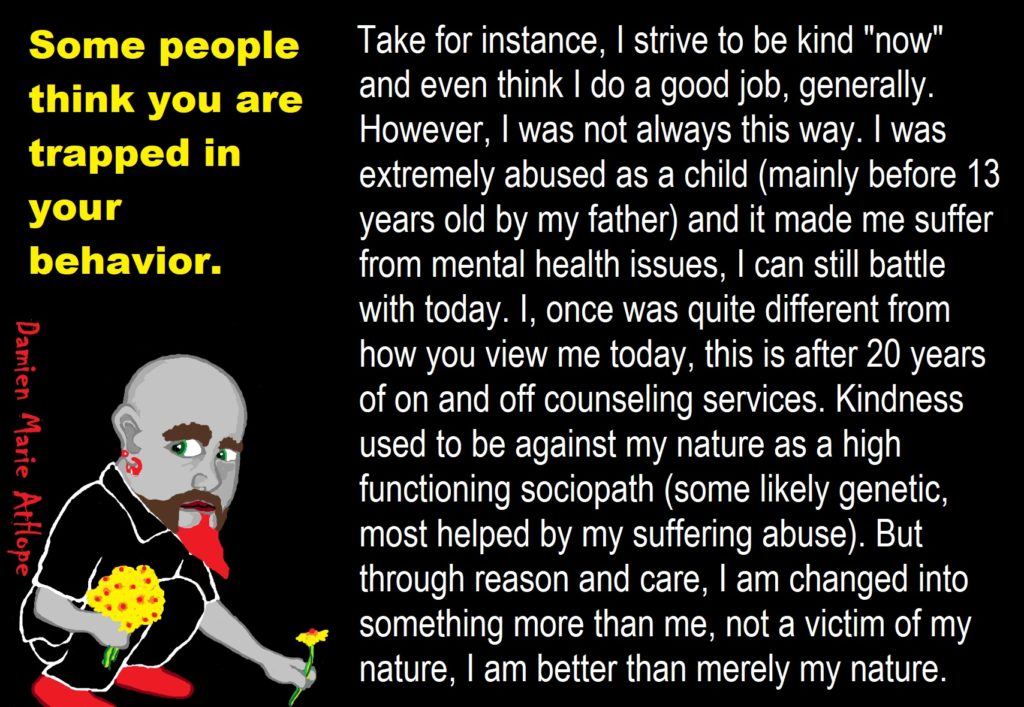
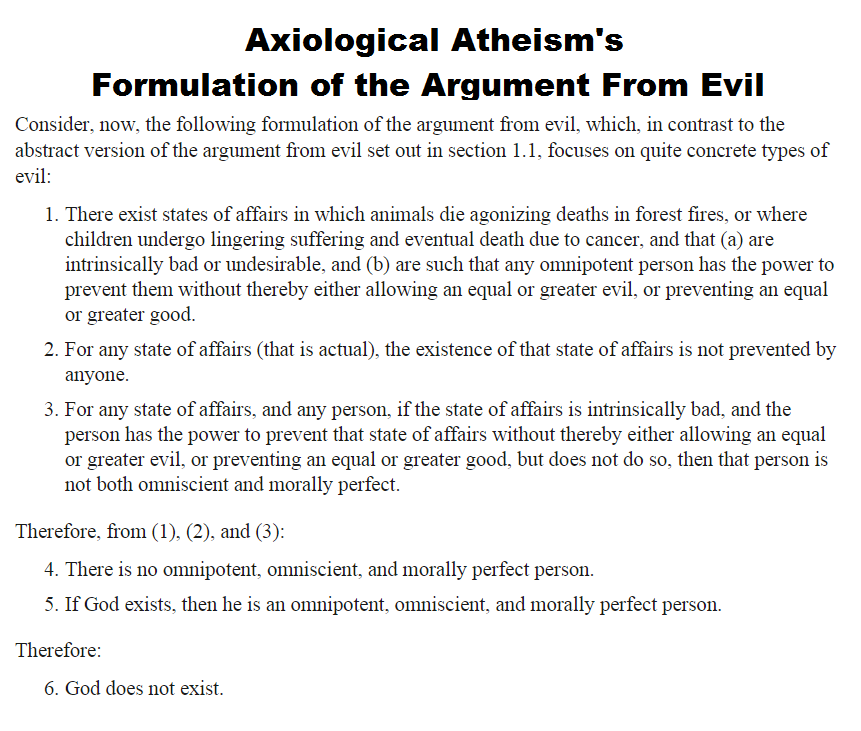
Axiological Ethics not Pseudo Morality
First here are my thoughts on Real Morality vs. Pseudo Morality:
+Morals (Personal Morality relating to a “self” morality): are not held by all in the same way since all are not held to Orthodox faith and though most start with good and bad or right and wrong values, which usually are personally, familially, socially or religiously give or in some way otherworldly defined, thus not universal.
+Ethics (Social Morality relating to a “others” morality): Ethics are not constrained by a given religion’s value systems to motivate its ideas of right and wrong instead it relies on universal truths found in universal principles of just human action. Ethics is set standers uses to personally engage with others and universal truths assist goals of universal ethics standards. Thus, ethics are general prosocial prescription we as morality aware beings in a rather universal way tend to have some awareness of and it is not just an awareness as in one who holds to ethics often get it applies to all peoples. Some may wish to devalue people but to do so is not really unethical, though often it can lead to unethical behavior. So what I am trying to highlight is how in the behavior that the ethics violation could occur as the internal attitude of devaluing others would only be a possible morals violation such as one who valued virtue and not getting it but failing by the persuasion of devaluing the life of other humans. This simple internal devaluing of humans, that they may be doing is vile. But ethics would not be involved until public behaviors with others, as such ethics is not so much a persuasion as an adherence to a standard(s) that should cover all thus it is highly applicable to utilize in environmental decision making.
Axiology, Naturalism, Realism and Moral Theory Ideas
Real Morality is referring to “ethics” (Social Morality relating to a “others” morality) as opposed to +Morals (Personal Morality relating to a “self” morality) because we use Real Morality or need to to assist in judging the behaviors in a social dynamic behavioral event or interaction and can only accrue in a social dynamic (social behavioral realm) as such all morality propositions removed from a social dynamic and which accrue only in a personal dynamic lack attachment to “Real Morality” referring to the social nature of “ethics.” In other words, if you are by yourself and do something only to yourself, it is neither ethical nor immorality; thus, doing a behavior that is only personal (a believed moral or otherwise) by yourself and only something to yourself, is amorality to everyone but that chosen person doing a behavior that is only personal. One can chouse to personally value some moral standard for themselves but because morals (the personal valued behaviors) as opposed to ethics (the interpersonal/socal valued behaviors; which there is business never business morals as ethics is about our social behaviors we can hold others to, whereas, morals are only something we can hold ourselves to).
I hold the assumptions that to understand morality more fully we need to understand its synthesis and properties by emphasizing its relations to conceptual tools understanding motivation and behavior such as biopsychosocial model, Maslow’s Hierarchy of Needs, Bronfenbrenner’s ecological systems theory,
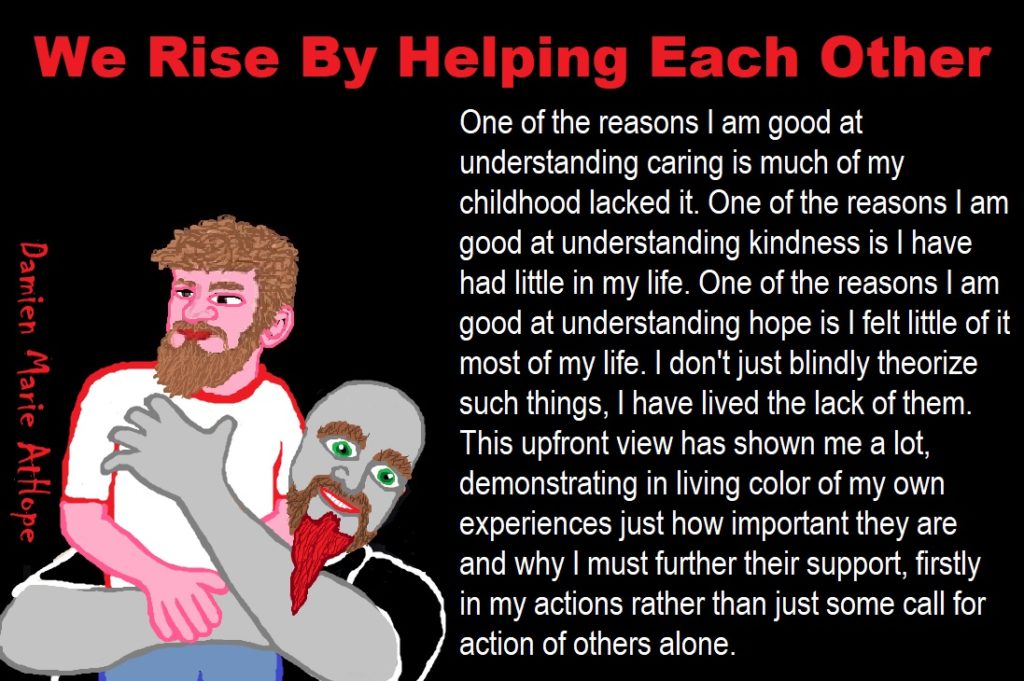
Did you know the Golden Rule is found in some variation in all faiths.
Baha’i Faith: “Lay not on any soul a load that you would not want to be laid upon you, and desire not for anyone the things you would not desire for yourself” –Bahu’u’llah
Buddhism: “Treat not others in ways that you yourself would find hurtful” –Udana-Varga 5:18
Christianity: “In everything do to others as you would have them do to you; for this is the law of the prophets” –Jesus in Matthew 7:12
Confucianism: “One word which sums up the basis of all good conduct…loving kindness. Do not do to others what you do not want done to yourself” –Confucius, Analects 15:23
Hinduism: ” This is the sum of duty: do not do to others what would cause pain if done to you” –Mahabharata 5:15-17
Humanism: “Try to embrace the moral principle known as the ‘Golden Rule’, otherwise known as the ethic of reciprocity, which means we believe that people should aim to treat each other as they would like to be treated themselves – with tolerance, consideration and compassion.” – Maria MacLachlan, Think Humanism
Islam: “Not one of you truly believes until you wish for others what you wish for yourself” –The Prophet Mohammad, Hadith
Jainism: “One should treat all creatures in the world as one would like to be treated” –Mahavira, Sutrakritanga
Judaism: “What is hateful to you, do not do to your neighbor. This is the whole Torah: all the rest is commentary” –Hillel, Talmud, Shabbat 31a
Native American: “We are as much alive as we keep the earth alive” –Chief Dan George
Satanism: “Do unto others as they do unto you”; because if you “Do unto others as you would have them do unto you,” and they, in turn, treat you badly, it goes against human nature to continue to treat them with consideration. You should do unto others as you would have them do unto you, but if your courtesy is not returned, they should be treated with the wrath they deserve.” ― Anton Szandor LaVey, The Satanic Bible
Sikhism: “I am a stranger to no one; and no one is a stranger to me. Indeed, I am a friend to all” –Guru Granth Sahib, pg. 1299
Taoism: “Regard your neighbor’s gain as your own gain, and your neighbor’s loss as your own loss” –T’ai Shang Kan Yin P’ien 213-218
Unitarianism: “We affirm and promote respect for the interdependent web of all existence of which we are a part” –Unitarian Principle
Wicca: “An’ it harm none, do as thou wilt” –The Wiccan Reed
Zoroastrianism: “Do not do unto others whatever is injurious to yourself. –Shayast-na-Shayast 13:2
True morality is a valued behavior we do that interacts with others; it is not really related to what we do to ourselves. Which is why I do not agree with the so-called golden rule as it is what you don’t want do to others but this fails in that its focused on ourselves which is us focused and true morality needs to be other focused on what valued behavior we do that interacts with others. I say treat others the way they should be treated. People have self-ownership, self-rights, right to dignity, freedom, and equality. True morality is a valued behavior we do that interacts with others starting with the conception that people matter, they have worth and value, It is in this way they should be treated.
Pseudo Morality is seen when holy books or people “cognitively reconstruct” an inhumane idea or behavior to make it into something different from than it is, to something more moral than what it actually is. Or turn something highly immoral into something highly moral.
One way to do that is to cloak the behavior “in moral wrappings” or “in divine authority” such as god hates gays, gays are evil, thus killing gays is doing good by destroying evil. This thinking is obviously pseudo morality as gays are not evil but killing them is evil and inhumane idea or behavior thus very immoral.
The god justified immoral into moral is some of the most common pseudo morality though political and others in power tend to employ it as well.
They all are using “pseudo-moral justifications” to describe something immoral as moral.
To me, true morality is not starting with an us or me focused morality as morality is a social interaction exchange thus it must be other focused. “treating others as they should be treated” To me, I see everyone as owning themselves all equal in this right as humans. Moreover, to me morality is behavioral and a social property, there is no immoral thing one can do to themselves as one cannot violate themselves or their own consent as they choose their own actions. Thus, to me, all morality is about others and our interactions with them and them with us. So, morality arises in a social context with all things not that all things have the same moral weight. Therefore, moral relationships with life outside humans have a different moral weight or value.Such as killing 100 humans is not the same as killing 100 dogs, killing 100 fish, killing 100 flies, etc. Of course, the method of killing used should inflict the least amount of suffering to the animal or plant. And to not do that could make it immoral. Such as torturing them to death is immoral even if the killing was not.
So, the golden rule? No thanks, I want real morality not reverse-selfishness driven morality.
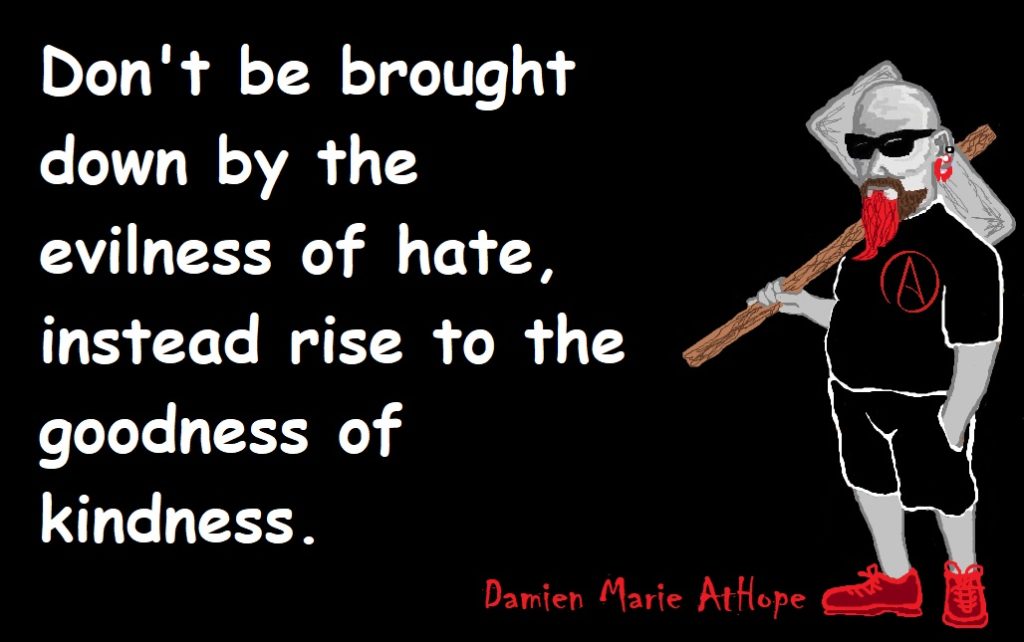
Moral fear and Moral love (which together motivate my axiological ethics)?
Harm is often a violation of trust and a violation of expected trust makes bad things even worse like if I told you a child was killed, you would feel it was terrible but if I further told you it was the child’s doctor that murdered the child out of anger. You would be more angered as doctors are expected to care for people not harm them. And if you think that is bad what if I further told you the doctor who killed the child was her mother would you hold her even mone in contempt as mothers also are expected to care and not kill children, so a violation of trust is terrible and even makes things worse. Therefore, we can see why people that hold places of trust should never abuse them, and that we should hold them accountable if they do violate such trust by harming others. Morality first, that is morality should be at the forefront in all I do. I hope I am always strong enough to put my morality at the forefront in all I do, so much so, that it is obvious in the ways I think and behave. To better grasp, a naturalistic morality one should see the perspective of how there is a self-regulatory effect on the self-evaluative moral emotions, such as shame and guilt. Broadly conceived, self-regulation distinguishes between two types of motivation: approach/activation and avoidance/inhibition. one should conceptually understand the socialization dimensions (parental restrictiveness versus nurturance), associated emotions (anxiety versus empathy), and forms of morality (proscriptive versus prescriptive) that serve as precursors to each self-evaluative moral emotion.
Real Morality vs. Pseudo Morality
Religions Promote Pseudo-Morality
Think there is no objective morality?
True Morality Not the Golden Rule…
Axiological Atheism Morality Critique: of the bible god
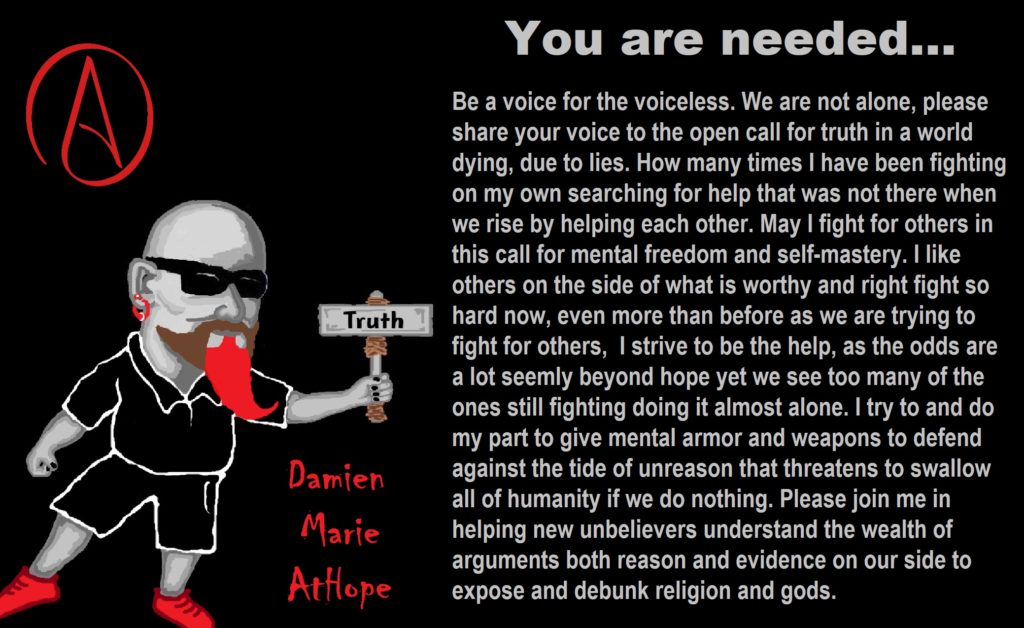
My quick definition of Axiology
Axiology is a philosophy (value theory) and a social science/science of value (formal axiology) mainly involving the “what, why, and how” of “value” the way epistemology approaches “knowledge” as in what is of value/good/worth/beneficial/ or useful? Why is the thing in question of value/good/worth/beneficial/or useful? How should the value/good/worth/beneficial/ or useful be interacted with? Real Morality is an emergent aspect limited to a sphere of social dynamics (social) result in human progress and social evolution understood in mental processes of high cognitively developed beings (biological) with developed psychological quality of awareness (psychological) and the so-called moral facts and the values that support or motivate them is limited to the realm of possible harm psychological or physical (actual external world or experiential internal world). I would like to offer my understanding of how I see the layout of morality, values, morals, and ethics as I see them. I see the term “morality” proper as the main moniker to a philosophic group (values, morals, and ethics) or a main heading that involves the subheadings of values, morals, and ethics. Values, morals, and ethics, in a basic observational way, should be understood as falling under branches expressing different but similar thinking and behavioral persuasion. Values are the internal catalyst often motivating our thinking and behaviors. Such as a value of all human life, would tend to motivate you to not wantonly end human lives. Just as a lack of value for all human life, may tend to motivate you to not have an issue with the wanton ending of human lives. Morals to me, are the personal persuasion that you value, such as having a desire for truthfulness. Then we have ethics and we know this is a different branch of the morality tree, as there is business ethics/professional ethics but not really business morals or professional morals; other than one’s self-chosen persuasion which may be adopted from business ethics/professional ethics. Ethics are as I have expressed our social universal prescriptions/persuasions public morality whereas morals to me are personal morality. Therefore, we can hold others to universal ethics standards (public morality) and not our moral proclivities that are not universal on others, as morals are for us (personal morality). To me, true Morality summed up to me is largely the expression of axiological value judgments/assessments carried into an appropriate valueized action. Axiology: Two Worlds in Three Dimensions of Value
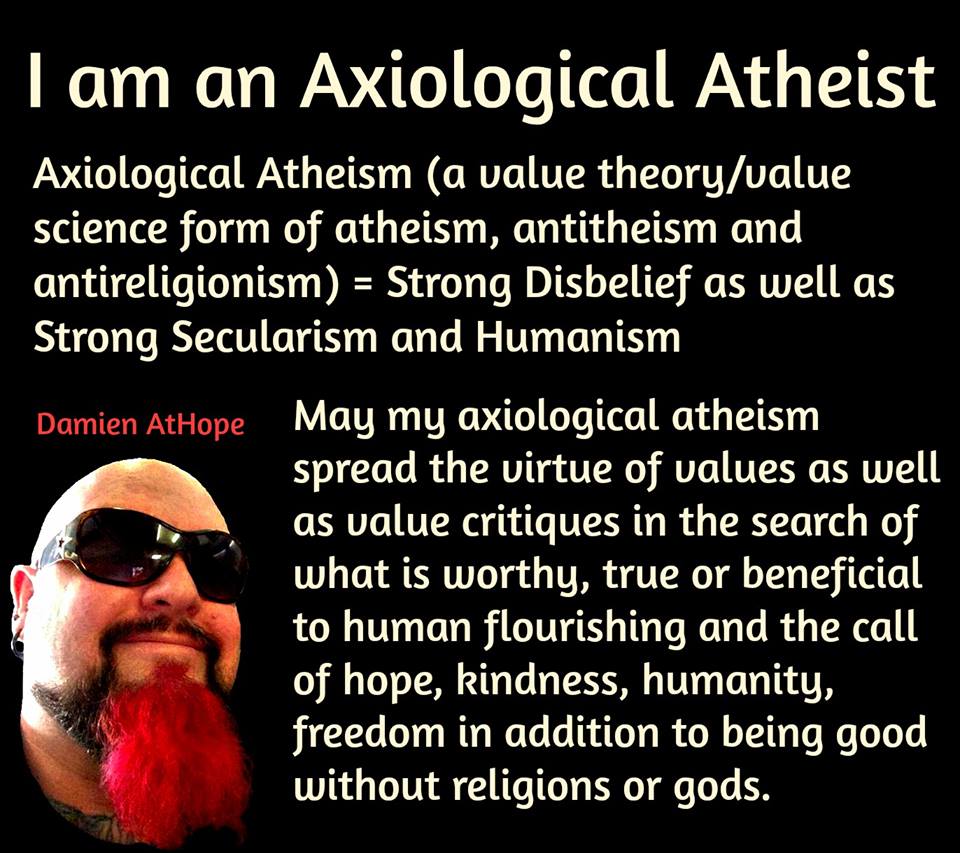
Moral fear and Moral love (which together motivate my axiological ethics)?
Axiological Morality Critique of Pseudo-Morality/Pseudomorality?
True Morality summed up to me is largely the expression of axiological value judgments/assessments carried into an appropriate valueized action.
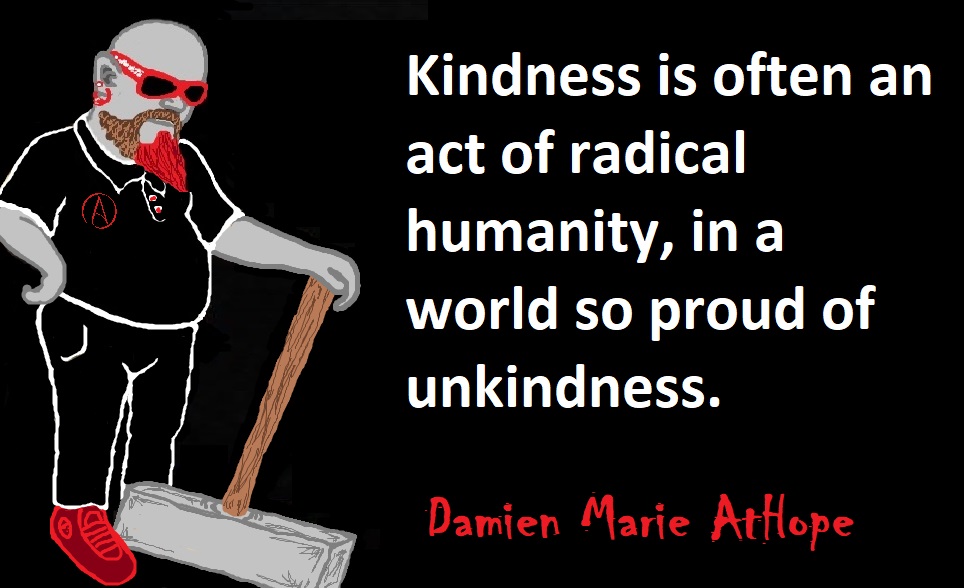
Why care? Because we are Dignity Beings.
*Axiological Dignity Being Theory*
Axiological Dignity: “Value Consciousness vs Value-Blindness”My Axiological Dignity Being Theory: An “Axiological assessment of human beings” shows with an axiological awareness a logic of values is clear which takes as its basic premise that “all persons always deserve positive regard.” – Progressive Logic by William J. Kelleher, Ph.D. And the reason why we should care is that we are Dignity Beings.
“Dignity is an internal state of peace that comes with the recognition and acceptance of the value and vulnerability of all living things.” – Donna Hicks (2011). Dignity: The Essential Role It Plays in Resolving Conflict
I am inspired by philosophy, enlightened by archaeology and grounded by science that religious claims, on the whole, along with their magical gods, are but Dogmatic-Propaganda, myths and lies. Kindness beats prayers every time, even if you think prayer works, you know kindness works. Think otherwise, do both without telling people and see which one they notice. Aspire to master the heavens but don’t forget about the ones in need still here on earth. You can be kind and never love but you cannot love and never be kind. Therefore, it is this generosity of humanity, we need the most of. So, if you can be kind, as in the end some of the best we can be to others is to exchange kindness. For too long now we have allowed the dark shadow of hate to cloud our minds, while we wait in silence as if pondering if there is a need to commiserate. For too long little has been done and we too often have been part of this dark clouded shame of hate. Simply, so many humans now but sadly one is still left asking, where is the humanity?
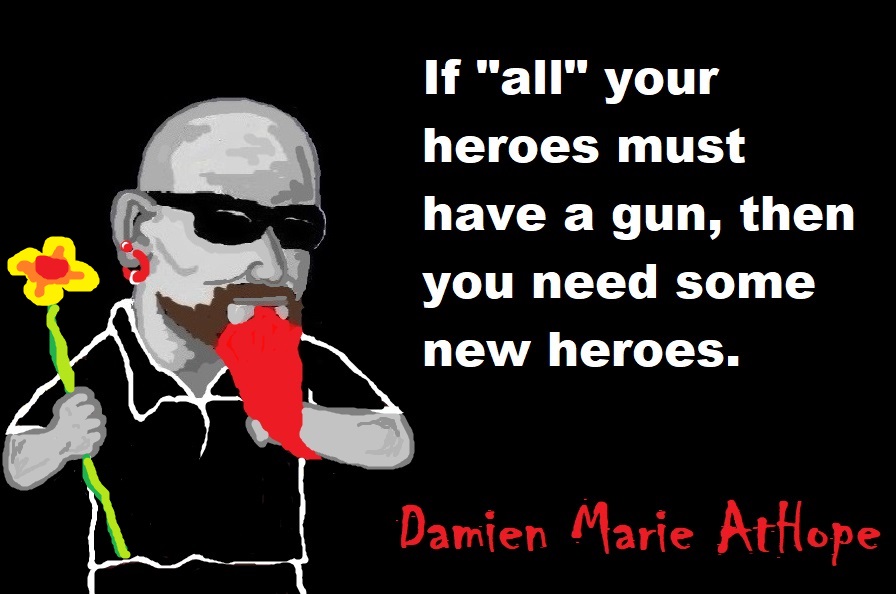
Why Ought We Care?
Because kindness is like chicken soup to the essence of who we are, by validating the safety needs of our dignity. When the valuing of dignity is followed, a deep respect for one’s self and others as dignity beings has become one’s path. When we can see with the eyes of love and kindness, how well we finally see and understand what a demonstrates of a mature being of dignity when we value the human rights of others, as we now see others in the world as fellow beings of dignity. We need to understand what should be honored in others as fellow dignity beings and the realization of the value involved in that. As well as strive to understand how an attack to/on a person’s “human rights” is an attack to/on the value and worth of a dignity being.
Yes, I want to see “you” that previous being of dignity worthy of high value and an honored moral weight to any violation of their self-ownership. And this dignity being with self-ownership rights is here before you seeking connection. what will you do, here you are in the question ever present even if never said aloud, do you see me now or are you stuck in trying to evaluate my value and assess worth as a fellow being of dignity. A violation of one’s dignity (Which it the emotional, awareness or the emotional detection of the world) as a dignity being can be quite harmful, simply we must see how it can create some physiological disturbance in the dignity being its done to. I am a mutualistic thinker and to me, we all are in this life together as fellow dignity beings.
Therefore, I want my life to be of a benefit to others in the world. We are natural evolutionary derived dignity beings
I am not as worried about how I break the box you believe I need to fit as I am worried about the possibility of your confining hopes of hindering me with your limits, these life traps you have decided about and for me are as owning character attacks to my dignity’s needs which can be generalized as acceptance, understanding, and support. As I see it now, how odd I find it to have prejudice or bigotry against other humans who are intact previous fellow beings of dignity, we too often get blinded by the external packaging that holds a being of dignity internally.
What I am saying don’t judge by the outside see the worth and human value they have as a dignity being. Why is it easier to see what is wrong then what is right? Why do I struggle in speaking what my heart loves as thorough and as passionate as what I dislike or hate? When you say “an act of mercy” the thing that is being appealed to or for is the proposal of or for the human quality of dignity.
May my lips be sweetened with words of encouragement and compassion. May my Heart stay warm in the arms kindness. May my life be an expression of love to the world. Dignity arises in our emotional awareness depending on cognition. Our dignity is involved when you feel connected feelings with people, animals, plants, places, things, and ideas. Our dignity is involved when we feel an emotional bond “my family”, “my pet”, “my religion”, “my sport’s team” etc. Because of the core sensitivity of our dignity, we feel that when we connect, then we are also acknowledging, understanding, and supporting a perceived sense of dignity. Even if it’s not actually a dignity being in the case of plants, places, things, and ideas; and is rightly interacting with a dignity being in people and animals.
We are trying to project “dignity developing motivation” towards them somewhere near equally even though human and animals don’t have the same morality weight to them. I am anthropocentric (from Greek means “human being center”) as an Axiological Atheist. I see humans value as above all other life’s value. Some say well, we are animals so they disagree with my destination. But how do the facts play out? So, you don’t have any difference in value of life? Therefore, a bug is the same as a mouse, a mouse is the same as a dolphin, a dolphin is the same as a human, all to you have exactly the same value? You fight to protect the rights of each of them equally? And all killing of any of them is the same crime murder? I know I am an animal but you also know that we do have the term humans which no other animal is classified. And we don’t take other animals to court as only humans and not any other animals are like us. We are also genetically connected to plants and stars and that still doesn’t remove the special class humans removed from all other animals.
A society where you can kill a human as easily as a mosquito would simply just not work ethically to me and it should not to any reasonable person either. If you think humans and animals are of equal value, are you obviously for stronger punishment for all animals to the level of humans? If so we need tougher laws against all animals including divorce and spousal or child support and we will jail any animal parent (deadbeat animal) who does not adequately as we have been avoiding this for too long and thankfully now that in the future the ideas about animals being equal we had to create a new animal police force and animal court system, not to mention are new animal jails as we will not accept such open child abuse and disregard for responsibilities?
As we don’t want to treat animals as that would be unjust to some humans, but how does this even make sense? To
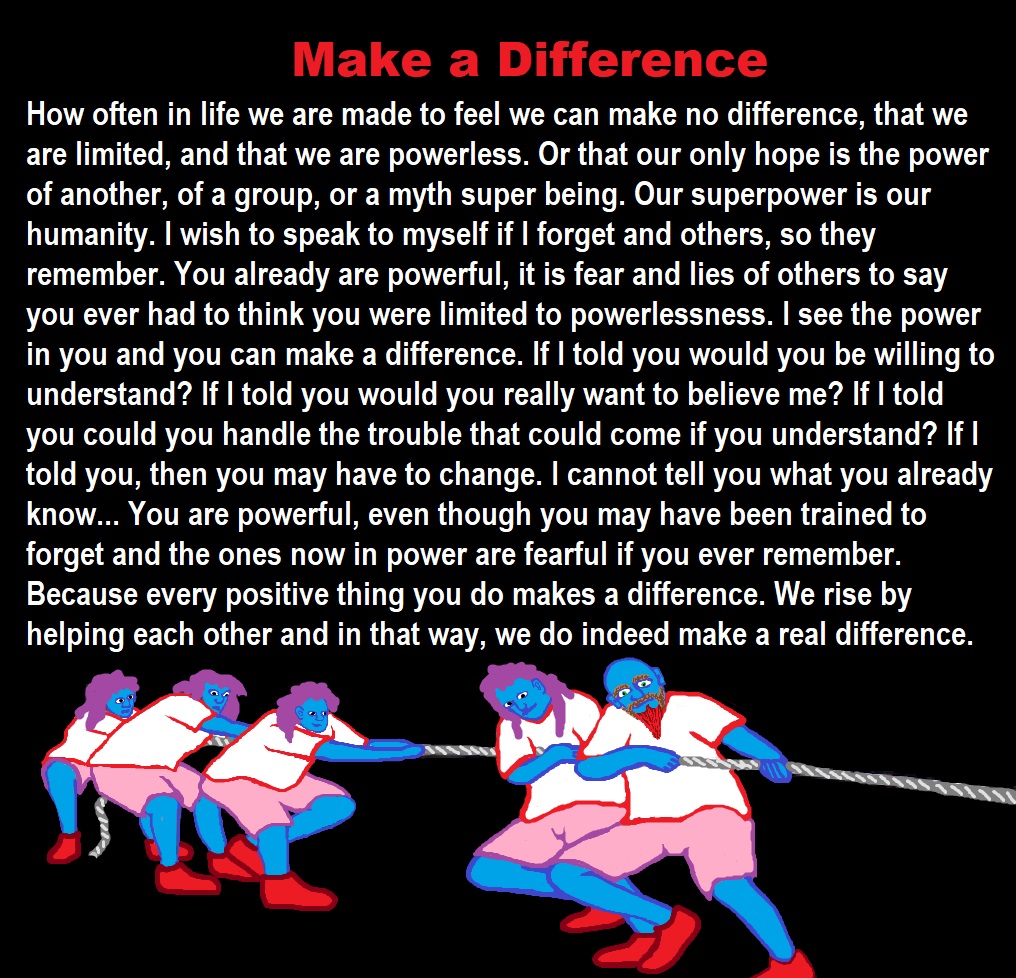
Well, to me, dignity is not a fixed thing and it feels honored or honoring others as well as help self-helping and other-helping; like ones we love or those in need, just as our dignity is affected by the interactions with others. We can value our own dignity and we can and do grow this way, but as I see it because we are social animals we can usually we cannot fully flourish with our dignity. Thus, dignity is emotionally needy for other dignity beings that is why I surmise at least a partially why we feel empathy and compassion or emotional bonds even with animals is a dignity awareness and response.
Like when we say “my pet” cat one is acknowledging our
Dignity is the emotional sensitivity of our sense of self or the emotional understanding about our sense of self. To me when we say it’s wrong to kill a human, that person is appealing to our need to value the dignity of the person.’ The person with whom may possibly be killed has a life essence with an attached value and moral weight valuations. And moral weight,’ which is different depending on the value of the dignity being you are addressing understanding moral weight as a kind of liability, responsibility, or rights is actualized. So, it’s the dignity to which we are saying validates the right to life. But I believe all living things with cognitively aware have a dignity. As, to me, dignity is the name I home to the emotional experience, emotional expression, emotional intelligence or sensitivity at the very core of our sense of self the more aware the hire that dignity value and thus worth.
Dignity is often shredded similar to my thinking: “Moral, ethical, legal, and political discussions use the concept of dignity to express the idea that a being has an innate right to be valued, respected, and to receive ethical treatment. In the modern context dignity, can function as an extension of the Enlightenment-era concepts of inherent, inalienable rights.
English-speakers often use the word “dignity” in prescriptive and cautionary ways: for example, in politics it can be used to critique the treatment of oppressed and vulnerable groups and peoples, but it has also been applied to cultures and sub-cultures, to religious beliefs and ideals, to animals used for food or research, and to plants. “Dignity” also has descriptive meanings pertaining to human worth.
In general, the term has various functions and meanings depending on how the term is used and on the context.” Dignity, authenticity,
So, I am sorry, not sorry that there is no such thing in general, as hurting or harming other beings of dignity without psychological destruction to the dignity being in us. This is an understanding that once done hunts and harm of other beings of dignity emotionally/psychologically hurts and harms your life as an acceptance needy dignity being, as we commonly experience moral discuss involuntary as on our deepest level as dignity beings. Disgust is deeply related to our sense of morality.
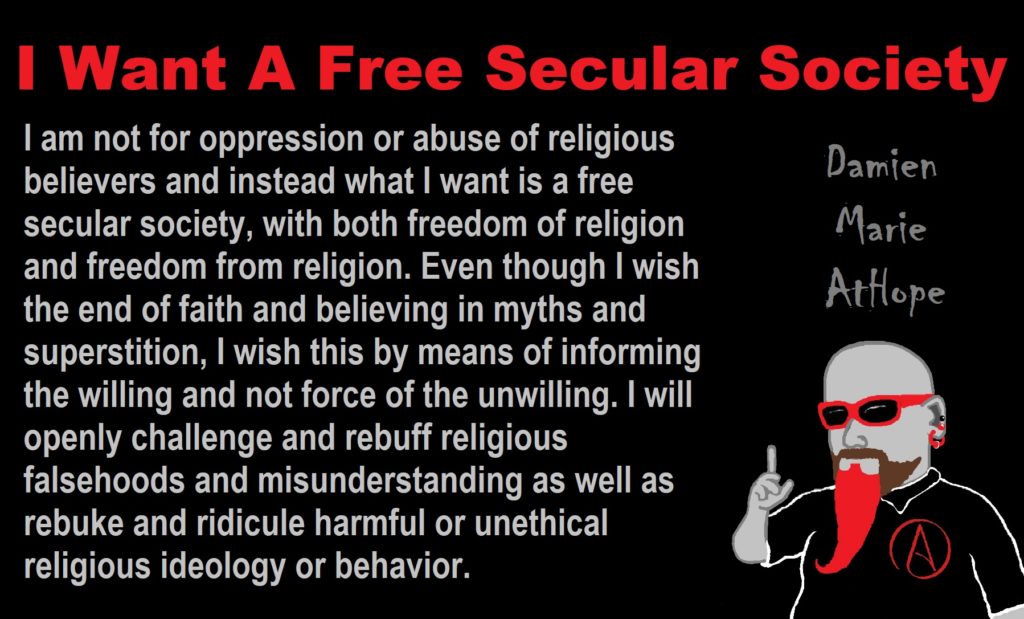
Babies & Morality?
“They believe babies are in fact born with an innate sense of morality, and while parents and society can help develop a belief system in babies, they don’t create one. A team of researchers at Yale University’s Infant Cognition Center, known as The Baby Lab, showed us just how they came to that conclusion.” Ref
Animals and Morality?
5 Animals With a Moral Compass Moreover, Animals can tell right from wrong: Scientists studying animal behavior believe they have growing evidence that species ranging from mice to primates are governed by moral codes of conduct in the same way as humans. Likewise, in the book: Wild Justice: The Moral Lives of Animals: Scientists have long counseled against interpreting animal behavior in terms of human emotions, warning that such anthropomorphizing limits our ability to understand animals as they really are. Yet what are we to make of a female gorilla in a German zoo who spent days mourning the death of her baby? Or a wild female elephant who cared for a younger one after she was injured by a rambunctious teenage male? Or a rat who refused to push a lever for food when he saw that doing so caused another rat to be shocked?
Aren’t these clear signs that animals have recognizable emotions and moral intelligence? With Wild Justice Marc Bekoff and Jessica Pierce unequivocally answer yes. Marrying years of behavioral and cognitive research with compelling and moving anecdotes, Bekoff and Pierce reveal that animals exhibit a broad repertoire of moral behaviors, including fairness, empathy, trust, and reciprocity.
Underlying these behaviors is a complex and nuanced range of emotions, backed by a high degree of intelligence and surprising behavioral flexibility. Animals, in short, are incredibly adept social beings, relying on rules of conduct to navigate intricate social networks that are essential to their survival. Ultimately, Bekoff and Pierce draw the astonishing conclusion that there is no moral gap between humans and other species: morality is an evolved trait that we unquestionably share with other social mammals.
Moral Naturalism (James Lenman):
While “moral naturalism” is sometimes used to refer to any approach to metaethics intended to cohere with naturalism in metaphysics more generally, the label is more usually reserved for naturalistic forms of moral realism according to which there are objective moral facts and properties and these moral facts and properties are natural facts and properties. Views of this kind appeal to many as combining the advantages of naturalism and realism. Ref
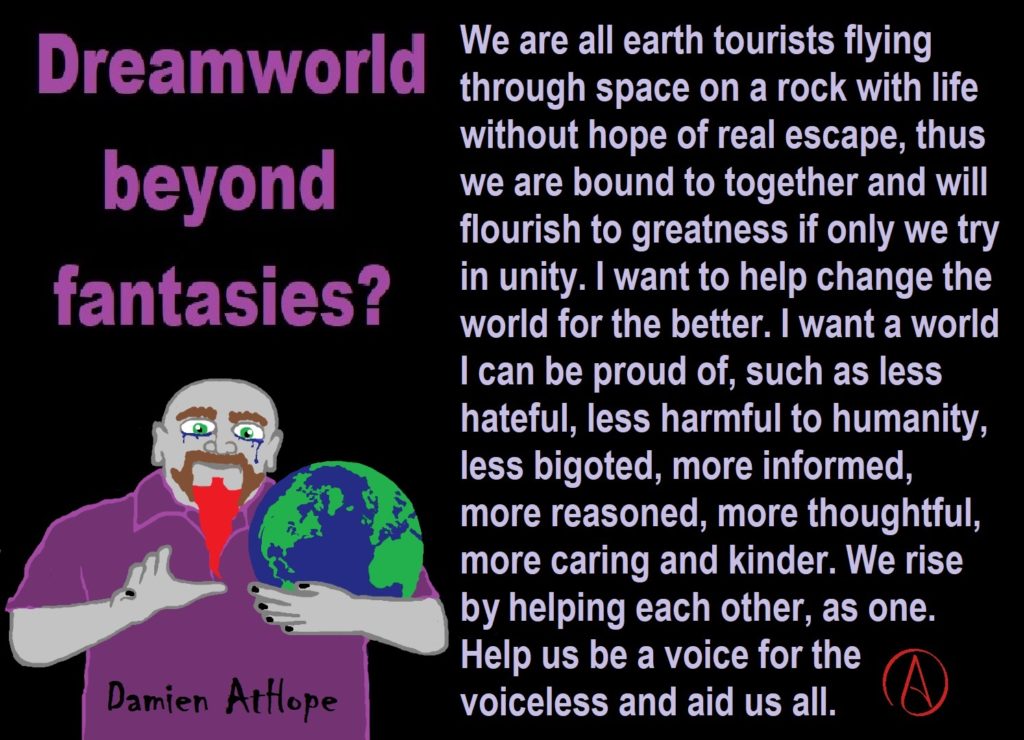
Moral fear and Moral love (which together motivate my axiological ethics)?
“Sometimes justice has to outweigh care and sometimes care has to outweigh justice.”
And one may ask or question how do you discern the appropriate morality course of action between what is ethically right? To me, it takes Axiology (i.e. value consciousness: value judgment analysis of ethical appropriateness do to assess value involved).
MORAL FEAR (fight or flight “justice perspective”):
To feel a kind of morality “anxiety” (ethical apprehension to potentially cause harm) about behaviors and their outcomes empathy (I feel you) or sympathy (I feel for you) about something moral that may be done, is being done, or that has been done, thus feeling of distress, apprehension or alarm caused by value-driven emotional intelligence concern; moral/ethical anxiety to the possibility; chance (to do something as a moral thinker and an ethical actor) or dread; respect (to take the sensitivity of a personal moral choice that leads one to choose an ethical behavior(s) and grasping the moral weight of the actions involved and potential outcomes this engagement can or will likely create (using data from learning whether theoretical or practical to lessen the effect of an unpleasant choice as much as posable (morality development/awareness/goals/persuasion). “Moral Anxiety, improves us, while Social Anxiety kills. Some anxieties are indicators of healthy curiosity and strong moral fiber, while others are a source of severe stress. Knowing which is which can help you to navigate your personal, professional, and intellectual life more effectively.” Ref
Moral fear thus is a kind of morality “anxiety” that motivates a fascinating aspect of humanity, which is that we hold ourselves to high moral standards. With our values and emotional intelligence and moral development, we gain a developed prosocial persuasion thus “tend to self-impose rules on ourselves to protect society from the short-term temptations that might cause us to do things that would have a negative impact in the long-run. For example, we might be tempted to harm a person who bothers us, but a society in which everyone gave in to the temptation to hurt those who made us angry would quickly devolve into chaos. And once we accept that emotion plays some role in complex decisions, it is important to figure out which emotions are influencing different kinds of choices. Therefore, when we make these moral judgments to an extent we are somewhat driven by our ability to reason about the consequences of the actions or are influenced by their emotions to or about the outcomes of the consequences of the actions.” https://www.psychologytoday.com/blog/ulterior-motives/201308/anxiety-and-moral-judgment
*
The adrenal gland is activated almost simultaneously and releases the hormone epinephrine. The release of chemical messengers results in the production of the hormone cortisol, which increases blood pressure, blood sugar, and suppresses the immune system. The initial response and subsequent reactions are triggered in an effort to create a boost of energy. This boost of energy is activated by epinephrine binding to liver cells and the subsequent production of glucose. Additionally, the circulation of cortisol functions to turn fatty acids into available energy, which prepares muscles throughout the body for response. Catecholamine hormones, such as adrenaline (epinephrine) or noradrenaline (norepinephrine), facilitate immediate physical reactions associated with a preparation for violent muscular action and :
- Acceleration of heart and lung action
- Paling or flushing, or alternating between both
- Inhibition of stomach and upper-intestinal action to the point where digestion slows down or stops
- General effect on the sphincters of the body
- Constriction of blood vessels in many parts of the body
- Liberation of metabolic energy sources (particularly fat and glycogen) for muscular action
- Dilation of blood vessels for muscles
- Inhibition of the lacrimal gland (responsible for tear production) and salivation
- Dilation of pupil (mydriasis)
- Relaxation of bladder
- Inhibition of erection
- Auditory exclusion (loss of hearing)
- Tunnel vision (loss of peripheral vision)
- Disinhibition of spinal reflexes
- Shaking
The physiological changes that occur during the fight or flight response are activated in order to give the body increased strength and speed in anticipation of fighting or running. Some of the specific physiological changes and their functions include:
- Increased blood flow to the muscles activated by diverting blood flow from other parts of the body.
- Increased blood pressure, heart rate, blood sugars, and fats in order to supply the body with extra energy.
- The blood clotting function of the body speeds up in order to prevent excessive blood loss in the event of an injury sustained during the response.
- Increased muscle tension in order to provide the body with extra speed and strength. Ref, Ref
Here is a little on Consequentialist ethics and Utilitarian ethics
*Consequentialist ethics: involves a class of normative ethical theories holding that the consequences of one’s conduct are the ultimate basis for any judgment about the rightness or wrongness of that conduct. Thus, from a consequentialist standpoint, a morally right act (or omission from acting) is one that will produce a good outcome or consequence. In an extreme form, the idea of consequentialism is commonly encapsulated in the saying, “the end justifies the means“, meaning that if a goal is morally important enough, any method of achieving it is acceptable. Consequentialism is usually contrasted with deontological ethics (or deontology), in that deontology, in which rules and moral duty are central, derives the rightness or wrongness of one’s conduct from the character of the behavior itself rather than the outcomes of the conduct.
It is also contrasted with virtue ethics, which focuses on the character of the agent rather than on the nature or consequences of the act (or omission) itself, and pragmatic ethics which treats morality like science: advancing socially over the course of many lifetimes, such that any moral criterion is subject to revision. Consequentialist theories differ in how they define moral goods. Some argue that consequentialist and deontological theories are not necessarily mutually exclusive. For example, T. M. Scanlon advances the idea that human rights, which are commonly considered a “deontological” concept, can only be justified with reference to the consequences of having those rights. Similarly, Robert Nozick argues for a theory that is mostly consequentialist, but incorporates inviolable “side-constraints” which restrict the sort of actions agents are permitted to do. Ref
*Utilitarian ethics: involve an ethical theory which states that the best action is the one that maximizes utility. “Utility” is defined in various ways, usually in terms of the well-being of sentient entities. Jeremy Bentham, the founder of utilitarianism, described utility as the sum of all pleasure that results from an action, minus the suffering of anyone involved in the action. Utilitarianism is a version of consequentialism, which states that the consequences of any action are the only standard of right and wrong. Unlike other forms of consequentialism, such as egoism, utilitarianism considers the interests of all beings equally.
Proponents of utilitarianism have disagreed on a number of points, such as whether actions should be chosen based on their likely results (act utilitarianism) or whether agents should conform to rules that maximize utility (rule utilitarianism). There is also disagreement as to whether total (total utilitarianism) or average (average utilitarianism) utility should be maximized. Though the seeds of the theory can be found in the hedonists Aristippus and Epicurus, who viewed happiness as the only good, the tradition of utilitarianism properly began with Bentham, and has included John Stuart Mill, Henry Sidgwick, R. M. Hare, David Braybrooke, and Peter Singer.
It has been applied to social welfare economics, the crisis of global poverty, the ethics of raising animals for food and the importance of avoiding existential risks to humanity. Because utilitarianism is not a single theory but a cluster of related theories that have been developed over two hundred years, criticisms can be made for different reasons and have different targets. Karl Marx, in Das Kapital, criticises Bentham’s utilitarianism on the grounds that it does not appear to recognize that different people have different joys:
Not even excepting our philosopher, Christian Wolff, in no time and in no country has the most homespun commonplace ever strutted about in so self-satisfied a way. The principle of utility was no discovery of Bentham. He simply reproduced in his dull way what Helvétius and other Frenchmen had said with esprit in the 18th century. To know what is useful for a dog, one must study dog-nature. This nature itself is not to be deduced from the principle of utility. Applying this to man, he who would criticize all human acts, movements, relations, etc., by the principle of utility, must first deal with human nature in general, and then with human nature as modified in each historical epoch. Bentham makes short work of it. With the driest naivete he takes the modern shopkeeper, especially the English shopkeeper, as the normal man. Whatever is useful to this queer normal man, and to his world, is absolutely useful. This yard-measure, then, he applies to past, present, and future. The Christian religion, e.g., is “useful,” “because it forbids in the name of religion the same faults that the penal code condemns in the name of the law.” Artistic criticism is “harmful,” because it disturbs worthy people in their enjoyment of Martin Tupper, etc. With such rubbish has the brave fellow, with his motto, “nulla dies sine linea [no day without a line]”, piled up mountains of books.
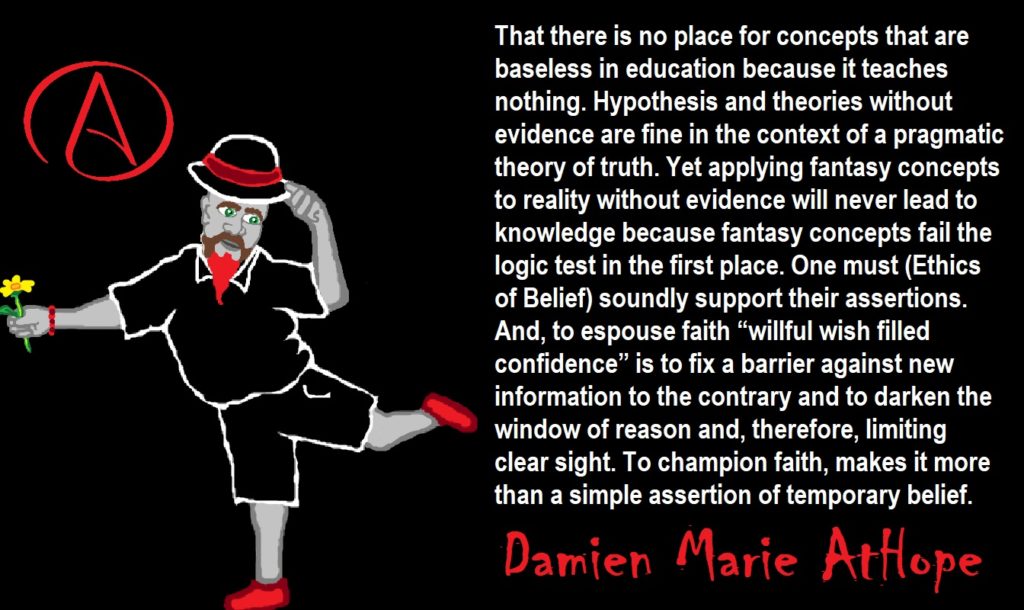
An article in the American Journal for Economics has addressed the issue of Utilitarian ethics within redistribution of wealth. The journal stated that taxation of the wealthy is the best way to make use of the disposable income they receive. This says that the money creates utility for
Peter Singer, for example, argues that donating some of one’s income to charity could help to save a life or cure somebody from a poverty-related illness, which is a much better use of the money as it brings someone in extreme poverty far more happiness than it would bring to oneself if one lived in relative comfort. However, Singer not only argues that one ought to donate a significant proportion of one’s income to charity, but also that this money should be directed to the most cost-effective charities, in order to bring about the greatest good for the greatest number, consistent with utilitarian thinking. Singer’s ideas have formed the basis of the modern effective altruist movement. ref
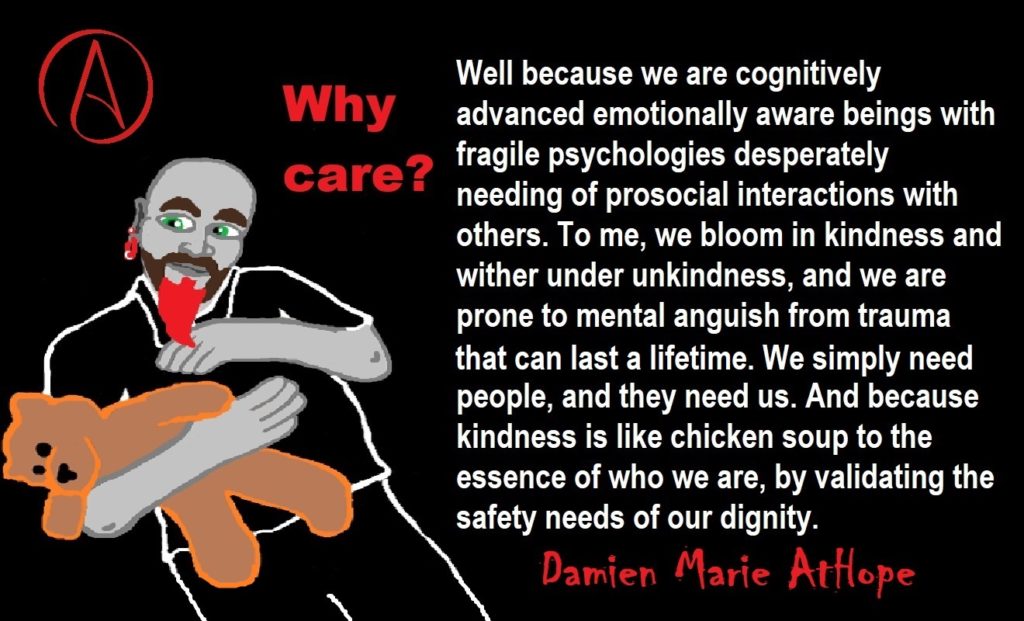
MORAL LOVE (tend and befriend “voice of care perspective”):
To me, this relates to care/caring ethics, which affirms the importance of caring motivation, emotion and the body in moral deliberation, as well as reasoning from particulars.This moral theory is known as “ the ethics of care” implies that there is moral significance in the fundamental elements of relationships and dependencies in human life. Normatively, care ethics seeks to maintain relationships by contextualizing and promoting the well-being of care-givers and care-receivers in a network of social relations. Most often defined as a practice or virtue rather than a theory as such, “care” involves maintaining the world of, and meeting the needs of, ourself and others. It builds on the motivation to care for those who are dependent and vulnerable, and it is inspired by both memories of being cared for and the idealizations of self. Following in the sentimentalist tradition of moral theory, care ethics affirms the importance of caring motivation, emotion and the body in moral deliberation, as well as reasoning from particulars. One of the original works of care ethics was Milton Mayeroff’s short book, On Caring, but the emergence of care ethics as a distinct moral theory is most often attributed to the works of psychologist Carol Gilligan and philosopher Nel Noddings in the mid-1980s.
Though there are notable thinkers who express early strains of care ethics such as those that can be detected in the writings of feminist philosophers such as Mary Wollstonecraft, Catherine and Harriet Beecher, and Charlotte Perkins. Offering a general charged that traditional moral approaches contain a kinda of male bias, and asserted the “voice of care” as a legitimate alternative to the “justice perspective” of liberal human rights theory. Annette Baier, Virginia Held, Eva Feder Kittay, Sara Ruddick, and Joan Tronto are some of the most influential among many subsequent contributors to care ethics. Typically contrasted with deontological/Kantian and consequentialist/utilitarian ethics, is that of care ethics.
*
This kind of gender determinism within the field is the subject of some controversy but I see it as to limited as well because we tend to use multiple
Here is a little on Care ethics and Reciprocal altruism
*Care ethics: is a normative ethical theory that holds interpersonal relationships and care or benevolence as a virtue as central to moral action. It is one of a cluster of normative ethical theories that were developed by feminists in the second half of the twentieth century. Here is a link to Feminist ethics. While consequentialist and deontological ethical theories emphasize universal standards and impartiality, ethics of care emphasize the importance of response. The shift in moral perspective is manifested by a change in the moral question from “what is just?” to “how to respond?”. Ethics of care criticize application of universal standards as “morally problematic since it breeds moral blindness or indifference.”
Some beliefs of the theory are basic:
- Persons are understood to have varying degrees of dependence and interdependence on one another. This is in contrast to deontological and consequentialist theories that tend to view persons as having independent interests and interactions.
- Those particularly vulnerable to one’s choices and their outcomes deserve extra consideration to be measured according to their vulnerability to one’s choices.
- It is necessary to attend to contextual details of situations in order to safeguard and promote the actual specific interests of those involved.
Care ethics contrasts with more well-known ethical models, such as consequentialist theories (e.g. utilitarianism) and deontological theories (e.g. Kantian ethics) in that it seeks to incorporate traditionally feminized virtues and values which, proponents of care ethics contend, are absent in such traditional models of ethics. While some feminists have criticized care-based ethics for reinforcing traditional stereotypes of a “good woman” others have embraced parts of this paradigm under the theoretical concept of care-focused feminism.
Care-focused feminism is a branch of feminist thought, informed primarily by ethics of care as developed by Carol Gilligan and Nel Noddings. This body of theory is critical of how caring is socially engendered to women and consequently devalued. “Care-focused feminists regard women’s capacity for care as a human strength” which can and should be taught to and expected of men as well as women. Noddings proposes that ethical caring has the potential to be a more concrete evaluative model of moral dilemma, than an ethic of justice. Noddings’ care-focused feminism requires practical application of relational ethics, predicated on an ethic of care. Ethics of care is also a basis for care-focused feminist theorizing on maternal ethics.
Critical of how society engenders caring labor, theorists Sara Ruddick, Virginia Held, and Eva Feder Kittay suggest caring should be performed and caregivers valued in both public and private spheres. Their theories recognize caring as an ethically relevant issue. This proposed paradigm shift in ethics encourages that an ethic of caring
However, this is not the case and Tronto further stresses the association between care and “naturalness”. The latter term refers to the socially and culturally constructed gender roles where care is mainly assumed to be the role of the woman. As such, care loses the power to take a central role in moral theory. Tronto states there are four ethical elements of care:
- Attentiveness
Attentiveness is crucial to the ethics of care because care requires a recognition of others’ needs in order to respond to them. The question which arises is the distinction between ignorance and inattentiveness. Tronto poses this question as such, “But when is ignorance simply ignorance, and when is it inattentiveness”? - Responsibility
In order to care, we must take it upon ourselves, thus responsibility. The problem associated with this second ethical element of responsibility is the question of obligation. Obligation is often, if not already, tied to pre-established societal and cultural norms and roles. Tronto makes the effort to differentiate the terms “responsibility” and “obligation” with regards to the ethic of care. Responsibility is ambiguous, whereas obligation refers to situations where action or reaction is due, such as the case of a legal contract. This ambiguity allows for ebb and flow in and between class structures and gender roles, and to other socially constructed roles that would bind responsibility to those only befitting of those roles. - Competence
To provide care also means competency. One cannot simply acknowledge the need to care, accept the responsibility, but not follow through with enough adequacy – as such action would result in the need of care not being met. - Responsiveness
This refers to the “responsiveness of the care receiver to the care”. Tronto states, “Responsiveness signals an important moral problem within care: by its nature, care is concerned with conditions of vulnerability and inequality”. She further argues responsiveness does not equal reciprocity. Rather, it is another method to understand vulnerability and inequality by understanding what has been expressed by those in the vulnerable position, as opposed to re-imagining oneself in a similar situation. Ref
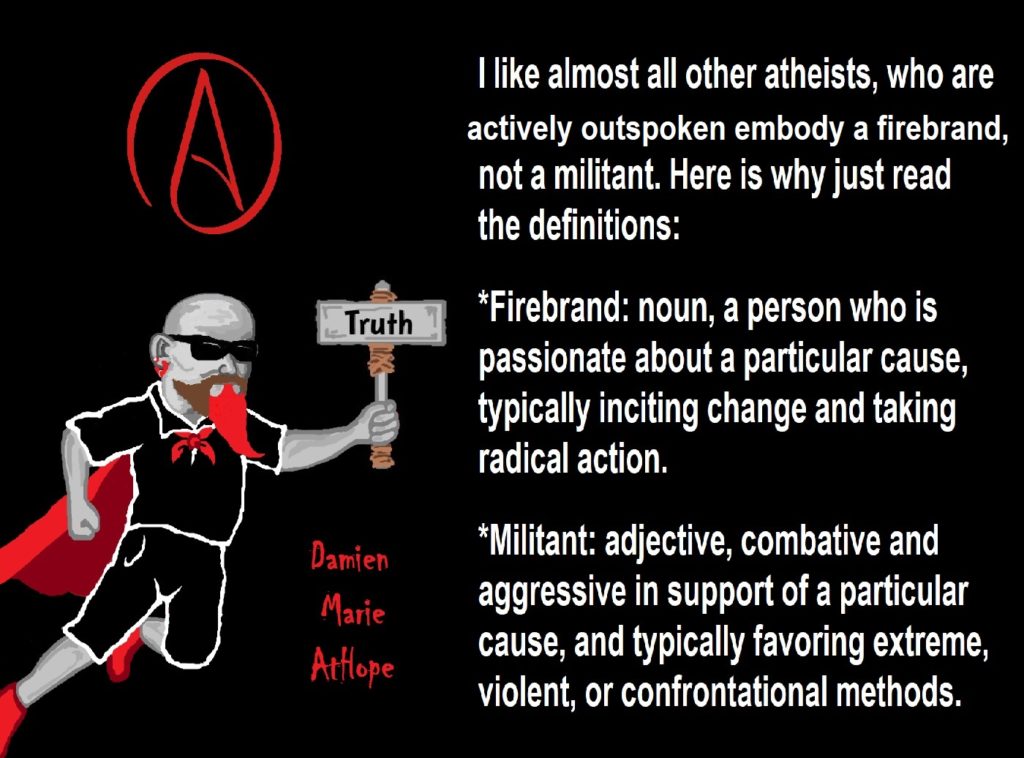
Reciprocal altruism: (the evolution of cooperation) is a social interaction phenomenon where an individual makes sacrifices for another individual in expectation of similar treatment in the future. Originally introduced as a concept by biologist Robert Trivers, reciprocal altruism explains how altruistic behavior and morality can arise from evolutionary causes, as evolution selects for the best possible game theory results. If the benefit is higher than the initial cost, then multiple reciprocal interactions can actually out-compete more “greedy” forms of relationships, thus providing an evolutionary incentive for altruistic behavior. At the same time (and in opposition to unlimited altruism), reciprocity ensures that cheaters are also harmed when they choose to do so and are gradually made less fit as a result of their own behavior.
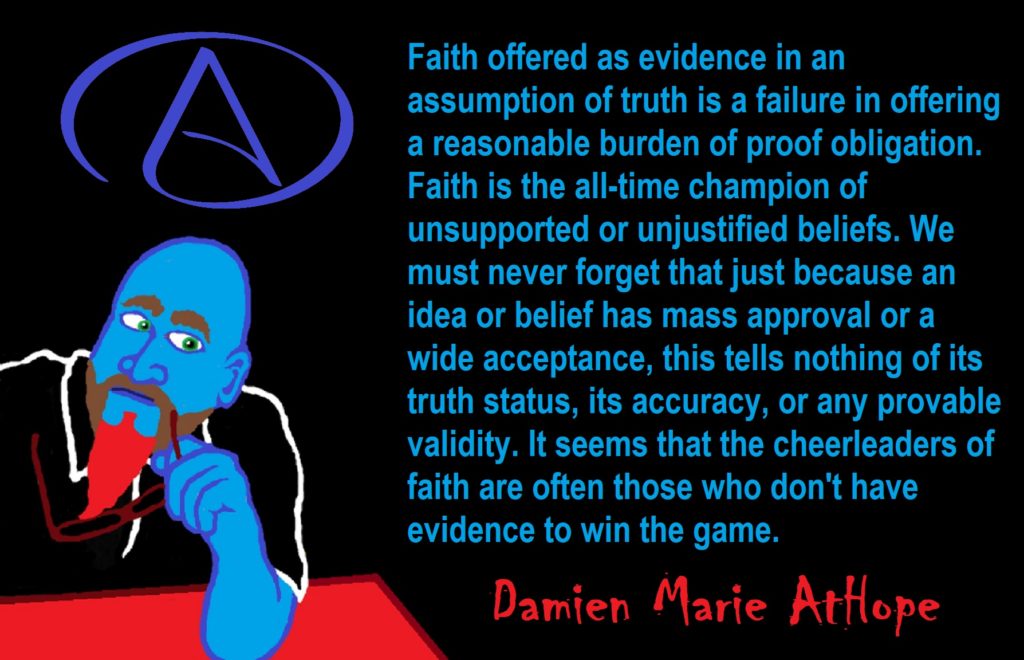
Modern ethnology seems to support at least part of this hypothesis, as many societies on all continents have developed highly complex forms of gift economy where gifts are given with no immediately obvious material return, but the implicit societal expectation of “repayment” in gift form at some later point in time. Amazingly, those societies work. The custom of giving gifts for birthdays in the West may be seen as a remnant of this. It’s not uncommon for someone to engage in this behavior with the object of their affection, i.e. being nice to them with the expectation of a sexual relationship. Since a lot of these situations tend to involve lonely, single straight men, the common term for this is “Nice Guy” — in other words, the suitor’s claim “but I’m a nice guy…” translates to “I went through all the motions and she still won’t sleep with me.”
As a general rule, this is not an effective strategy, and often even drifts into stalking behavior. Women who engage in the same behavior do not get as much attention but are still known (naturally) as Nice Girls. Either way, such people are seldom actually nice, and frequently come off as manipulative and bitter without realizing it. The fallacy lies in their equating sexual relationship with being nice – if their expectation of tit for tat was actually equal, aka being nice for being nice and being honest for being honest (which they, coming into relationship with entirely different expectations than they communicate, fail at), they wouldn’t face such a problem. Ref
I see my Axiological driven morality to involve an enmeshed union of both: fight or flight “justice perspective” and a tend and befriend “voice of care perspective”
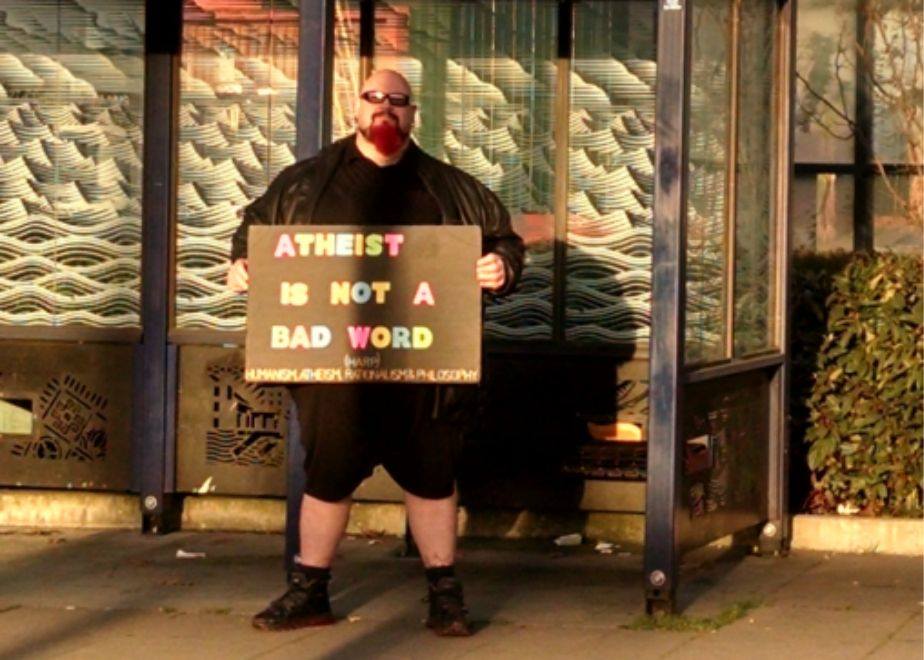
“damien … I have to say it … you are a serious person with serious and well-formulated thoughts expressed well … I admire your activism, reminds me of my own 1960s … you are off your ass trying to make a difference and most importantly are not encumbered by bullshit religious beliefs …. but please, lose the fucking magenta dye in your beard, especially if you wish the positions you advocate eloquently to e taken seriously by more people …. it is difficult, if not impossible, for many people to take someone seriously who looks like they did not wash all the clown makeup off their face and beard …… lose the clown shit, look as serious and deep as your thoughts …. look like a grown man to match your ideas … sorry, had to say it.” – Critical Commenter
My response, I have been told by many people I should tone down if I want to be famous. Well, I guess I won’t be able to be famous then as I am not changing who I am just to sell. I see my life as a political statement and a way people can learn to accept difference. I was told just stick to atheism and don’t tell people so much about your life that others may not like. Wrong, people need to learn that others can be completely different in many ways and still be great people.
I am an anarchist and don’t like to be told what to do and when people do thins I consider blocking them. And the statement “clown shit” this is an abusive comment and if you do not apologize you will be gone. Being on my page is a privilege, not a right think on that.
People I am an anti-capitalist. So trying to threaten me with some loss of capitalism success I just want to laugh. I do what is my passion even if I am destitute I will be free. I am an anarchist.
Helping is Helpful: Valuing, Motivating, Supporting
How to Grow in Our Positive Outcomes: Gratitude, Empathy, and Kindness
We can become a more quality person by actively being aware and developing a gratitude for life, which supports as well as grows our feelings of empathy, that then motivates the behavior of kindness
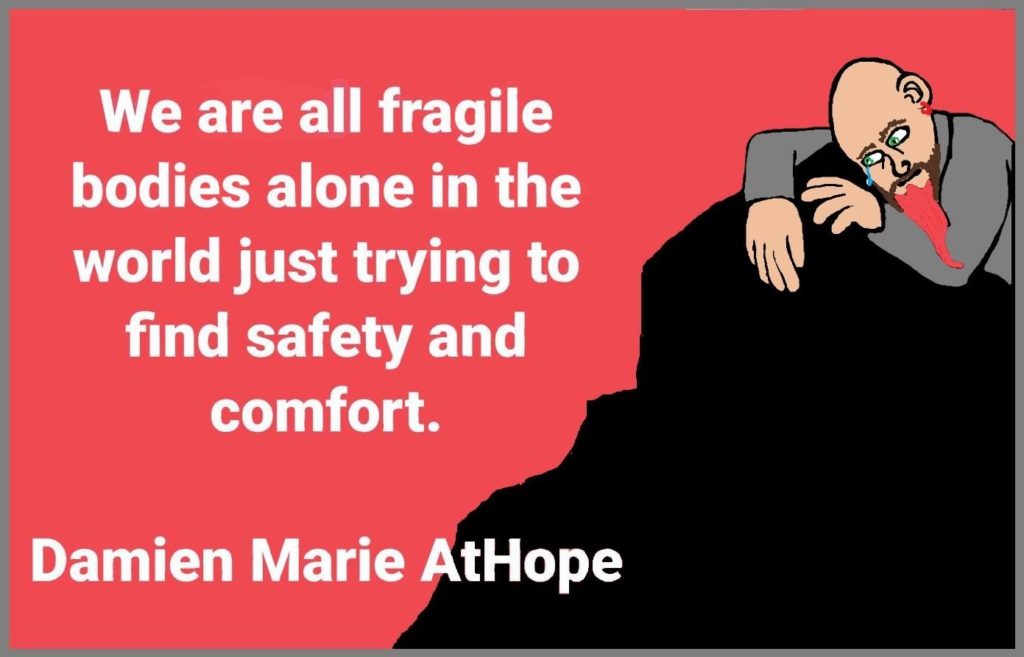
Universal ethics?
There are several ethical standards that are considered to be self-evident and seem to apply to all people throughout all of history, regardless of cultural, political, social, or economic context. The non-aggression principle, which prohibits aggression, or the initiation of force or violence against another person, is a universal ethical principle. My Examples of aggression include murder, rape, kidnapping, assault, robbery, theft, and vandalism. On the other hand, the commission of any of such acts in response to aggression does not necessarily violate universal ethics. There are obvious reasons why universal ethics are beneficial to society. For example, if people were allowed to kill or steal, this would lead to widespread chaos and violence and would be detrimental to the well-being of society. Most people agree that it’s better to prohibit aggression than to allow everyone to commit it.
Therefore, aggression is intrinsically immoral. Although nearly all societies have laws prohibiting aggression, this does not mean that universal ethics are necessarily reflected by that society’s government or its dominant ideology. Universal ethics does not mean the imposition of one set of morals by one group on another. It means a shared way or means of reaching a consensus on norms and values that also accepts diversity. A shared understanding of what is right and what is wrong. In any circumstance or situation, we can start by examining the present state of affairs. This should be done with the aim of gaining an understanding of other cultural differences, history, and tradition, remembering that an explanation is not necessarily a justification. Next, what is the minimum that is acceptable?
There has to be an acceptance that some disagreements cannot be resolved at that time. The aim is to change the present situation for the better. Once an acceptable minimum is reached, it is possible to work towards an eventual ideal state. We are all one community and we are all responsible for upholding human rights for each other. More than ever there is a need for agreement on the existence of universally held values and the content of those values. It may prove to be impossible to find one set of universal ethical principles that apply to all cultures, philosophies, faiths,
But a more important sense of ‘universal moral code’ is of a set of moral values that is universally valid, whether or not it is inscribed in our brains, or accepted by people. Of course, that is a very controversial idea. If there is such a universal moral code, then we have an imperative to try to discover it, and to make it universally accepted (to make it a moral code in the descriptive sense). But this requires thinking hard about ethics, not looking for some code that might or might not be written into our brains. Ref Ref Ref
1. Values (morality motivations): are a amalgam of personal, family, local or extended group environmental, religious and/or cultural content etc. we are what we eat we are the knowledge we consume and the ideas we are sounded by. Values to me thus are self-driven ideals others influenced. I like to think myself out of the matrix though if I would have grown up in
Values are not fixed they change throughout one’s lifetime they can be absolute or relative, the assumption of which can be the basis for any sort of chosen action. Thus, a value system is a set of consistent values and measures one chooses because of their connectedness to chosen ideals. Values to me can be a foundation upon which other thinking streams and measures of ideal integrity are based. Those values which are not physiologically determined and normally considered objective, such as a desire to avoid physical pain, seek pleasure, etc., are considered subjective, vary across individuals and cultures, and are in many ways aligned with belief and belief systems only truth to a set of people.
2. Morals (personal morality): are not held by all in the same way since all are not held to Orthodox faith and though most start with good and bad or right and wrong values, which usually are personally, familially, socially or religiously give or in some way otherworldly defined, thus not universal.
3. Ethics (public morality): Ethics are not constrained by a given religion’s value systems to motivate its ideas of right and wrong instead it relies on universal truths found in universal principles of just human action. Ethics is set standers uses to personally engage with others and universal truths assist goals of universal ethics standards. Thus, ethics are general prosocial prescription we as morality aware beings in a rather universal way tend to have some awareness of and it is not just an awareness as in one who holds to ethics often get it applies to all peoples. Some may wish to devalue people but to do so is not really unethical, though often it can lead to unethical behavior.
So what I am trying to highlight is how in the behavior that the ethics violation could occur as the internal attitude of devaluing others would only be a possible morals violation such as one who valued virtue and not getting it but failing by the persuasion of devaluing the life of other humans. This simple internal devaluing of humans, that they may be doing is vile. But ethics would not be involved until public behaviors with others, as such ethics is not so much
In general, I am a Universal Ethicist
All rights are interconnected and of equal importance (United Nations International Children’s Emergency Fund, 2008). A Universal Ethicist Universal Declaration of Human Rights holds recognition of the inherent dignity and of the equal and inalienable rights of all members of the human family is the foundation of freedom, justice and peace in the world (United Nations, 2008). A Universal Ethicist value of universal ethical principles is different to religious proclaimed moral codes because universal ethical principles is ethical codes to set all free to believe and live as they wish but strive to do no harm and applicable to all humankind whether religious or not (Foldvary, 1980).
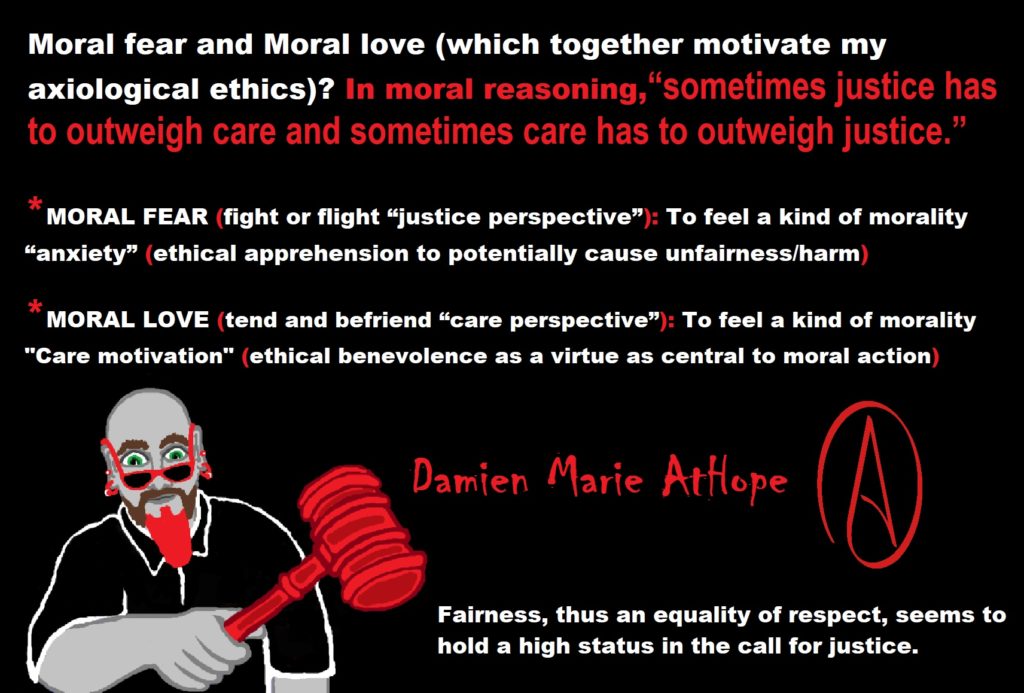
Universal Ethics?
A Framework For Universal Principles of Ethics (2018)by Larry Colero, Vancouver, Canada
“If there was a set of universal ethical principles that applied to all cultures, philosophies, faiths and professions, it would provide an invaluable framework for dialogue. (Colero, 1997).” ref
“In 1997, Dr. Michael McDonald, Founding Director at the University of British Columbia’s Center for Applied Ethics, suggested I write a short article for their website based on a checklist of principles I had compiled to help me as a layperson understand the fundamentals of ethics. To my surprise, that original three-part framework has now been used without revision by more than fifty organizations in twelve countries across five continents. Governments, corporations, churches, schools, hospitals, professional associations, law enforcement agencies, and the judiciary have used it to teach ethics, develop codes of ethics, assess ethical dilemmas and conduct research. As of 2018, the framework has also been included in a wide range of presentations, professional journals, textbooks, and other educational materials, and reprinted by diverse faculties at nineteen universities and eight colleges. When I wrote the article, I expected such a simplified explanation of an endlessly complex topic would be refuted, controversial or just ignored. None of those things happened and 21 years later I am still receiving requests to use or republish the framework.” ref
Why has my attempt at a universal ethics framework been so widely used?
“Ethical dilemmas rarely present themselves as such. They can involve us before we know it, or develop so gradually that we can only recognize them in hindsight, like noticing the snake after we’ve been bitten. An ethical framework can be used like a ‘snake detector’ to help us understand when danger might be present. A universally-accepted framework can provide useful warning signs when navigating the myriad mores of our global society.” ref
Here are the universal principles of Social/Global Ethics by Larry Colero:
*Preventing harm by Larry Colero. ref
“Larry Colero explained in the comments as well as in his article on the subject how his list of universal ethical principles is not some kind of established truth and has never been proven, and he has never claimed that. Their value is anecdotal, based on diverse and extensive use across five continents, but that does not make them authoritative. Moreover, he explained that the principles are normative, never proven, and simply his own creation that many others have found to be helpful in understanding the subject and application of ethics.” ref, ref
Even though these universal ethical principles are not proven I do see them as having a logical resource when approaching ethical interactions. I see the universal ethical standards, not as some empirically established fact but rather reasoned goals, and useful methods worthy of being used as a thoughtful guide.
“According to Kohlberg, the sixth and final stage of moral development is the universal ethical principle orientation. At this stage, universal and abstract values such as dignity, respect, justice, and equality are the guiding force behind the development of a personally meaningful set of ethical principles.” ref
Grasping the Power and Value of Dignity
We are at a time of great change and a time where human dignity is being championed and from this positive change happens.
So, one may ask well, what is this thing dignity anyway?
The vulnerable are always at risk for dignity violations. And I wish to not be the thing abuse made as I value not just my own dignity but that of others. Because if the only rights one fights for are their own then they have a lot to learn about the value of rights.
Here are some thoughts on Dignity from the Internet Encyclopedia of Philosophy:
“The concept of human dignity features in ethical, legal, and political discourse as a foundational commitment to human value or human status. A focal concept of human dignity can be reconstructed even if its use or varied understanding or even if there are many competing conceptions of human dignity and this concept provides the most illuminating perspective from which to view human dignity’s range of conceptions and uses. Human dignity can denote the special elevation of the human species, the special potentiality associated with rational humanity, or the basic entitlements of each individual. There are, by extension, dramatically different normative uses to which the concept can be put. It is connected, variously, to ideas of sanctity, autonomy, personhood, flourishing, and self-respect, and human dignity produces, at different times, strict prohibitions and empowerment of the individual. It can also, potentially, be used to express the core commitments of liberal political philosophy as well as precisely those duty-based obligations to self and others that communitarian philosophers consider to be systematically neglected by liberal political philosophy. A characteristic expression is found in the Preamble of the International Covenant on Civil and Political Rights (1966) whose rights “derive from the inherent dignity of the human person” and whose animating principle is “recognition of the inherent dignity and of the equal and inalienable rights of all members of the human family [as] the foundation of freedom, justice and peace in the world.” Importantly, this ‘inherent dignity’ represents a potential bridge between a number of different ideas and ideals, namely freedom, justice, and peace. In fact, it is this potential to bridge different fields of regulation—human rights, bioethics, humanitarian law, equality law, and others—that we might take to be the most important function of human dignity in international law.” ref
On Dignity From Wikipedia:
“Dignity is the right of a person to be valued and respected for their own sake and to be treated ethically. It is of significance in morality, ethics, law, and politics as an extension of the Enlightenment-era concepts of inherent, inalienable rights. The term may also be used to describe personal conduct, as in “behaving with dignity.” ref
When dignity is a friend, respect has become one’s path.
Dignity = respect?
To me, dignity may be summarized as acknowledging as well as honoring that others own themselves and thus possess value as fellow dignity beings. In the end, all we really have is each other and life is too damn short to not be kind.
An “Axiological (value judgment) assessment of human beings” shows with an axiological awareness a logic of values is clear which takes as its basic premise that “all persons always deserve positive regard.” – Progressive Logic by William J. Kelleher, Ph.D.
And the reason why we should be because we are Dignity Beings.
“Dignity is an internal state of peace that comes with the recognition and acceptance of the value and vulnerability of all living things.” – Donna Hicks (2011). Dignity: The Essential Role It Plays in Resolving Conflict
Still, some may ask but Why care? Well mainly because we are “Dignity Beings” and others are just another fellow being of Dignity and we should treat them as such.
I once thought no one is friendly, so, I decided to start trying to be a friend to others. No one even seemed to care, so, I realized, I needed to care. No one really made “you” feel as if you mattered, so, I started valuing others, I see the world I wish to live in starts with me. After all other people are just fellow beings of dignity like me…
You can be kind and never love but you cannot love and never be kind. Therefore, it is this generosity of humanity, we need the most of. So, if you can be kind, as in the end some of the best we can be to others is to exchange kindness. For too long now we have allowed the dark shadow of hate to cloud our minds, while we wait in silence as if pondering if there is a need to commiserate. For too long little has been done and we too often have been part of this dark clouded shame of hate violating the dignity of our fellows keeps occurring. Simply, so many humans now but sadly one is still left asking, where is the humanity?
So Why Ought We Care?
Because kindness is like chicken soup to the essence of who we are, by validating the safety needs of our dignity. When the valuing of dignity is followed, a deep respect for one’s self and others as dignity beings will become more common. When we can see with the eyes of love and kindness, how well we finally see and understand what a demonstrates of a mature being of dignity when we value the human rights of others, as we now see others in the world as fellow beings of dignity.
We need to understand what should be honored in others as fellow dignity beings and the realization of the value involved in that. As well as strive to understand how an attack to a person’s “human rights” is an attack to the value and worth of a dignity being. Yes, I want to see “you” that previous being of dignity worthy of high value and an honored moral weight to any violation of their self-ownership. And this dignity being with self-ownership rights is here before you are seeking connection.
What will you do? Here you are in the question, ever-present, even if never said aloud, do you see me now or are you stuck in trying to evaluate another’s value and assessing their worth as a fellow being of dignity?
A violation of one’s dignity (Which it the emotional, awareness, or the emotional detection of the world) as a dignity being can be quite harmful, simply we must see how it can create some physiological disturbance in the dignity being it’s done to. I am a mutualistic thinker and to me, we all are in this life together as fellow dignity beings. Therefore, I want my life to be of a benefit to others in the world so a good start is in fully grasping the power and value of dignity.
We are natural evolutionary derived dignity beings, not supernatural magic derived soul/spirit beings. What equals a dignity worth being, it is the being whose species has cognitive awareness and the expense of pain. To make another dignity-being feel unethical pain is to do an attack to their dignity as well as your own.
When I was younger and had little value of dignity, I felt proud when I harmed those I did not like. Now I find the value of dignity deserving even if doing it was seen as the only choice if I wish to value myself as I now see us for who we are, valuable beings of dignity.
As I see it now, how harmful and odd I find it for others who violate their own dignity by prejudice or bigotry against other humans, who are in fact, previous fellow beings of dignity, we too often get blinded by the external packaging that holds a being of dignity internally.
What I am saying don’t judge by the outside and rather see the worth they contain and human value they have as a fellow human dignity being. Why is it easier to see what is wrong then, people to decide to act on what is right?
Why do I struggle in speaking what my heart loves as thorough and as passionate as what I dislike or hate? When you say “an act of mercy” the thing that is being appealed to or for is the proposal of or for the human quality of dignity. May my lips be sweetened with words of encouragement and compassion. May my Heart stay warm in the arms kindness and may my life be an expression of love to the world. Dignity awareness arises in our emotional awareness always depending on cognition, but it doesn’t take much to understand we all deserve dignity acknowledgment, promotion, and protection.
But What Good is a Set of Principles?
There are many tools for decision making, but few (secular) guides to indicate when situations might have an ethical implication. Yet this awareness is a crucial first step before decisions are made. Recognizing the moral context of a situation must precede any attempt to resolve it. Otherwise, what’s to resolve? Ethical dilemmas rarely present themselves as such. They usually pass us by before we know it or develop so gradually that we can only recognize them in hindsight – a little like noticing the snake after you’ve been bitten. But what are the signs that a snake might be present? An ethical framework is like a ‘snake detector’. I offer the following principles as landmarks – generic indicators to be used as compelling guides for an active conscience. They are NOT absolute rules or values. They are more like a rough measurement where an exact one is not possible. They often conflict with each other in practice, and some will trump others under certain circumstances. But as principles that need to be considered, they appear constant. These principles are compatible with the argument that we should simply follow our intuition and rely on the ‘inner voice’.
However, that voice is not always audible, and today’s society presents a wide range of complex circumstances that require more guidance than simply ‘concern for others’ or ‘does it feel right?’ And so these principles are offered effectively as a more detailed reference. In a sense, the principles are outcomes of the mother of all principles – unconditional love and compassion – which appears in virtually all faiths, and is expressed here as ‘concern for the well-being of others’. (This principle is at the heart of the stakeholder model of ethics, i.e. what is my impact on others?) At first glance, they will appear obvious and perhaps trite or simplistic. Keep in mind that they are meant to be practical rather than ground-breaking, and that many people have found them useful in the absence of other guides.
“Universal ethics: there are several ethical standards that are considered to be self-evident, and seem to apply to all people throughout all of history, regardless of cultural, political, social, or economic context. The non-aggression principle, which prohibits aggression, or the initiation of force or violence against another person, is a universal ethical principle. Examples of aggression include murder, rape, kidnapping, assault, robbery, theft, and vandalism. On the other hand, the commission of any of such acts in response to aggression does not necessarily violate universal ethics.
There are obvious reasons why universal ethics are beneficial to society. For example, if people were allowed to kill or steal, this would lead to widespread chaos and
Atheist for Non-AggressionI am against all violence that is not self-defense or other-defense as I am for non-aggression. I am an Atheist for Non-Aggression. I am not nor have I ever said I was a pacifist, I am for striving to minimize aggression or violence and do believe violence can be justified in self-defense and other-defense.
Here is My “Anarcho-Humanist” Non-Aggression-AxiomMy anarcho-humanist non-aggression-axiom is centered on the acknowledgment, respect, and support for every human’s self-ownership. This honor of self-ownership of my fellow humans including an ever-present respect for other people who are fellow “dignity beings” which also have self-ownership rights just like me and are equal in human worth. My anarcho-humanist non-aggression-axiom is a humanistic call for Anti-Violence, Anti-Spanking, Anti-Circumcision, Anti-Bullying, Anti-Violence, Anti-sexual Violence, Anti-child maltreatment, Anti-animal cruelty, Anti-Domestic Violence, and Anti-Verbal Violence (Threats, Character Assassination, Intimidation), Pro-Ethics, Pro-Body Sovereignty, Pro-Empathy, and Equality.
Let positive change begin with me, for I realize I am responsible for there is no god to save us or protect us. For those who think attacking religion is some kind of Character Assassination because its people that are religious. You are confused because character assassination is attacking people with abusive name calling not confronting religion dishonesty. Character Assassination is not being justifiably mentally aggressive as in one challenging, holy figures, gods, religions, myths, superstitions, beliefs, or deluded or misinformed ideas. Character Assassination is not meaning strong stances, an aggressive challenge in rational arguments, or pitilessly exposing injustice, harm or oppression. It is our passion and an honored chosen duty to promote Non-Aggression and speak the truth of atheism and ethical behavior so people don’t stay misinform abused or oppressed.
I value anti-violence (I am not a pacifist at all, I am actually a fighter by nature) unless the aggression or violence is for direct self-defense or other-defense. Let it begin with me.
States may often have powers, but only citizens have the glue of morality we call rights. And, as they say, in my “dream society”, lots of things are free (aka. planting free food everywhere, free to everyone); but I wonder what you mean when people say you can’t just let things be free, I think, yeah, how can I take free stuff from a free earth.
Anarcho-Humanism, to me, is atheistic humanism with an unconditional social awareness:
Anarcho (anarchism): “No Gods – No Masters”
Humanism: “No Harm – Do Good”
Rationalism, Freethinker, Humanism & Secular humanism?
My core definition of humanism is that humans can solve human problems by human means. I am not saying other things can’t or shouldn’t be added to it but to me a definition of humanism must always contain something coherent to such a thinking or not contradict such as I have offered. Thus, why it is appropriate to say “good without god” when one is a humanist.
Confusions in Atheism and Humanism
Categories and Versions of Humanism
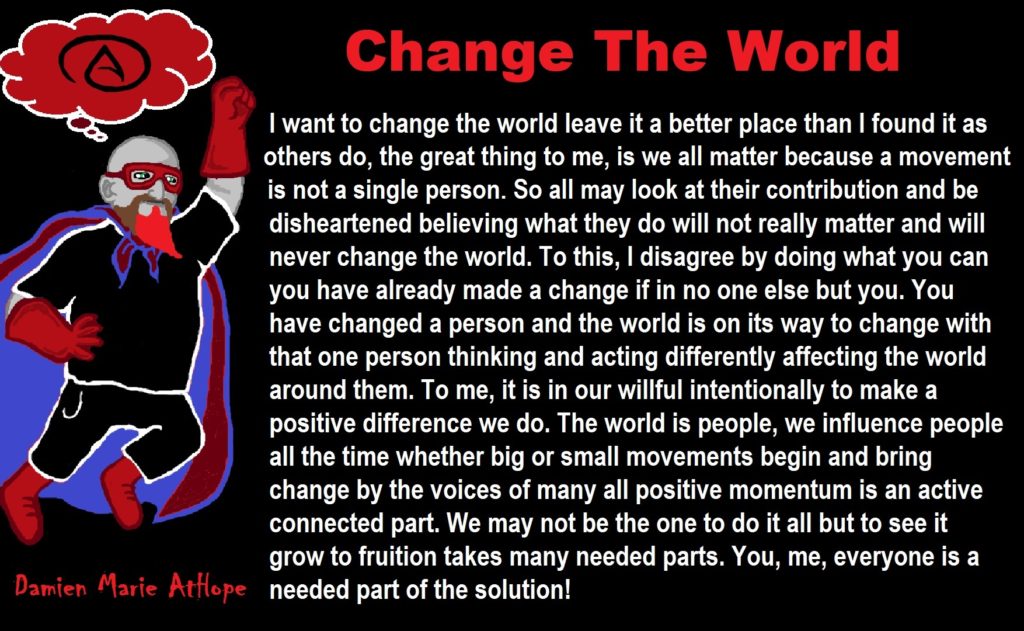
Using a universal declaration of ethical principles to build a better world?
The Universal Declaration of Ethical Principles for Psychologists describes ethical principles based on shared human values across cultures. It reaffirms the commitment of the psychology community to help build a better world where peace, freedom, responsibility, justice, humanity, and morality will prevail. It also provides: (a) a shared moral framework for psychology to speak with a collective voice on matters of ethical concern; (b) a moral guideline to identify harmful aspects of societal changes, and to advocate for social changes that benefit to all persons and all peoples; (c) a global consensus on the fundamental attitude toward good and evil, and on the basic guiding ethical principles for decisions and actions; (d) a tool to help psychologists to focus on ethical thinking and behavior across all aspects of professional and scientific activities; and (e) an inspiration to strive toward the highest ethical ideals as psychologists and citizens of the world.
Like the Universal Declaration of Human Rights proclaimed in 1948 by the General Assembly of the United Nations, the promotion of the Universal Declaration of Ethical Principles for Psychologists will have a significant influence in time on the creation of a safer, more just and more prosperous world. All professionals and laypersons that provide community mental health services around the world are citizens of the world. Mental health providers who adhere to ethical principles in their work within the world’s many different countries and cultures contribute to a stable society which enhances the quality of life for all human beings. Together, by participating in the promotion of ethical principles such as those in the Universal Declaration of Ethical Principles for Psychologists, mental health providers can make a significant contribution to global human rights and to building a global society based on respect and caring for persons and peoples.
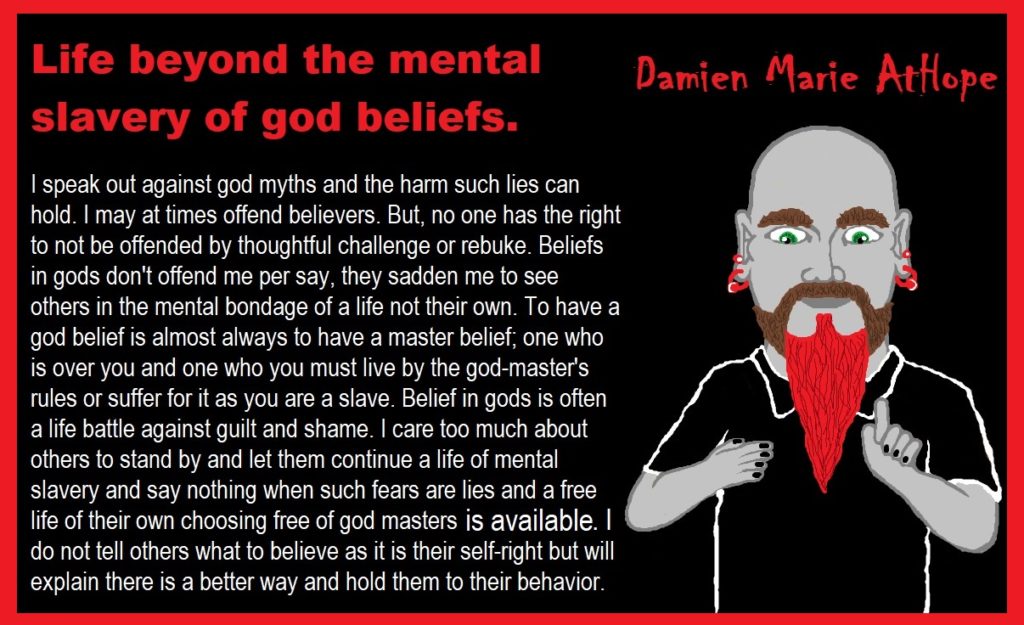
Ethics and human rights: strengthening and complementing each other, There is a clear and strong link between the articulation of professional ethics and of human rights. Both share two fundamental goals: the protection of society from harm and the enhancement of the quality of life of its members. Both rely on recognized moral imperatives to achieve their goals. In 1948, in the aftermath of WWII and before the development of ethics codes in psychology, the United Nations proclaimed the Universal Declaration of Human Rights for the endorsement of all nations to maintain human rights and to protect their peoples from harm.
In 2008, sixty years later, in an increasingly globalized world, the International Union of Psychological Science and the International Association of Applied Psychology adopted the Universal Declaration of Ethical Principles for Psychologists. This latter declaration commits psychologists worldwide to be guided by fundamental ethical principles of respect and caring in all of psychology’s interactions with persons and peoples. There is a high level of congruence between the ethical principles and values recognized in the Universal Declaration of Ethical Principles for Psychologists and the moral imperatives underlying the Universal Declaration of Human Rights. However, there are differences in language, concept, structure,
Here are some examples: (1) For example, with regard to a
(2) For example, with regard to language, the Universal Declaration of Human Rights is more specific and prescriptive because it defines human entitlements to be promoted and protected. In contrast, the Universal Declaration of Ethical Principles is more aspirational and inspirational in nature because it describes ethical principles based on shared human values across cultures. It is not meant to be a worldwide code of ethics or a code of conduct that would be agreed upon and adhered to in all countries.
(3) For example, with regard to concept, it is noted that the term ‘‘human rights’’ does not appear anywhere in the Universal Declaration of Ethical Principles for Psychologists. The reason is that the term is taboo or negatively perceived in some parts of the world and its use in the Universal Declaration would not have been endorsed in those regions. This is not to say, of course, that the Universal Declaration ignores ‘‘human rights’’. Nothing would be further from the truth. Actually, it does speak to human rights, but it does it without ever using the term ‘‘rights’’ or ‘‘human rights’’. For example, under Principle I, we have ‘‘non-discrimination’’. This is the right to ‘‘equality’’. We also have ‘‘fair treatment/due process’’. This is the right to justice.
(4) For example, with regard to structure, the Universal Declaration of Human Rights is structured around 30 articles that are specific and prescriptive in terms of content because it defines specific human entitlements to be promoted and protected. On the other hand, the Universal Declaration of Ethical Principles is structured around ethical principles because its purpose is to highlight shared human values across cultures. For fear of being criticized for being too generic, earlier drafts of the Universal Declaration of Ethical Principles included under each ethical principle articles which were aspirational in nature, but which also focused on the fundamental values contained in the principle. The concept of articles was later abandoned because it was a source of confusion for some psychologists who tended to see the document as a universal code of ethics that would not be relevant globally rather than a universal declaration of ethical principles. Reference: Ethical principles and human rights: Building a better world globally. – Janel GauthierCounselling Psychology Quarterly, Volume 22, Issue 1, 200
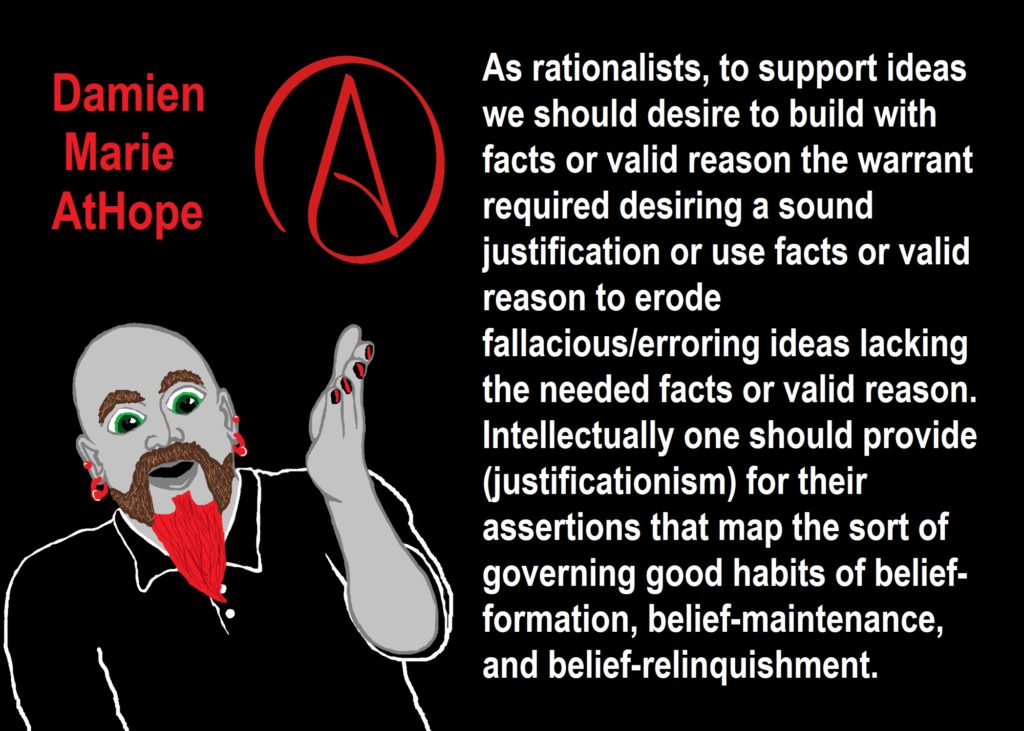
Believe in Good, Humanist Morality?
If one states they are a humanist and they believe in good, are they for or against a form of axiology or formal axiology? Axiology is the philosophical study of goodness, or value, in the widest sense of these terms. It may be used as the collective term for ethics and aesthetics—philosophical fields that depend crucially on notions of value—or the foundation for these fields, and thus similar to value theory and meta-ethics. The word “axiology” (Greek: axios = good, worth, or value; logos = “science”) means “study of good”, “study of worth ” or “study of value.” The axiologists sought to characterize the notion of value in general, of which moral value is only one species. They argue (with notable differences between them), that goodness does not exclusively derive from the will, but exists in objective hierarchies. Formal axiology, the attempt to lay out principles regarding value with mathematical rigor, is exemplified by Robert S. Hartman’s Science of Value. The fundamental principle of Hartman’s Science of Value, functions as an axiom, and can be stated in symbolic logic, is that a thing is good insofar as it exemplifies its concept. To put it another way, “a thing is good if it has all its descriptive properties.”
This means, according to Hartman, that the good thing has a name, that the name has a meaning defined by a set of properties, and that the thing possesses all of the properties in the set. A thing is bad if it does not fulfill its description. If it doesn’t fulfill its definition it is terrible (awful, miserable.) A car, by definition, has brakes. A car which accelerates when the brakes are applied is an awful car, since a car by definition must have brakes. A horse, if we called it a car, would be an even worse car, with fewer of the properties of a car. The name we put on things is very important: it sets the norm for how we judge them. If one states they are a humanist, are they for or against a form of universal or realism morality? The 1948 Universal Declaration of Human Rights of the United Nations can be seen as an example of global efforts to bring a universalist, equal and common moral justice to all people, and Moral Universalism is, at least in part, the basis for modern human rights, and an integral part of any Humanist philosophy.
Human rights which are commonly considered a “deontological” concept, sometimes described as “duty-” or “obligation-” or “rule-” based ethics, because rules “bind you to your duty.” Which T. M. Scanlon advances the idea that human rights, can only be justified with reference to the consequences of having those rights. Secular morality is the aspect of philosophy that deals with morality outside of religious traditions. Modern examples include humanism, freethinking, and most versions of consequentialism. Consequentialism is the class of normative ethical theories holding that the consequences of one’s conduct are the ultimate basis for any judgment about the rightness or wrongness of that conduct. Thus, from a consequentialist standpoint, a morally right act (or omission from acting) is one that will produce a good
Consequentialist theories differ in how they define moral goods. Some argue that consequentialist theories are not necessarily mutually exclusive. For example, Robert Nozick argues for a theory that is mostly consequentialist, but incorporates inviolable “side-constraints” which restrict the sort of actions agents are permitted to do. Consequentialists can and do differ widely in terms of specifying the Good. Some consequentialists are monists about the Good. Utilitarians, for example, identify the Good with pleasure, happiness, desire satisfaction, or “welfare” in some other sense. Other consequentialists are pluralists regarding the Good. Some of such pluralists believe that how the Good is distributed among persons (or all sentient beings) is itself partly constitutive of the Good, whereas conventional utilitarians merely add or average each person’s share of the Good to achieve the Good’s maximization.
Moreover, there are some consequentialists who hold that the doing or refraining from doing, of certain kinds of acts are themselves intrinsically valuable states of affairs constitutive of the Good. An example of this is the
That is, valuable states of affairs are states of affairs that all agents have reason to achieve without regard to whether such states of affairs are achieved through the exercise of one’s own agency or not. “Consequentialism”, as described by Peter Singer, “start not with moral rules, but with goals. They assess actions by the extent to which they further those goals.” Consequentialism contains in itself no explanation for why pleasure or utility are morally good, or why consequences should matter to morality at all. Nor does consequentialism/deontology make any claims about how we know moral facts (if there are any). That is a meta-ethical question, so the question ‘how do we know that it is wrong to kill?’ is not a normative but a meta-ethical question. Some consequentialists and deontologists are also moral realists. Some are not.
Moral Realism a similar position to universal morality, that certain acts are objectively right or wrong, independent of human opinion. that there exist such things as moral facts and moral values, and that these are objective and independent of our perception of them or our beliefs, feelings or other attitudes towards them. Therefore, moral judgments describe moral facts, which are as certain in their own way as mathematical facts. It is a cognitivist view in that it holds that ethical sentences express valid propositions (and are
Ethical Naturalism: holds that there are objective moral properties of which we have empirical knowledge, but that these properties are reducible to entirely non-ethical properties. It assumes cognitivism (the view that ethical sentences express propositions and can therefore be true or false), and that the meanings of these ethical sentences can be expressed as natural properties without the use of ethical terms.
Ethical Non-Naturalism: holds that ethical statements express propositions (in that sense it is also cognitivist) that cannot be reduced to non-ethical statements (e.g. “goodness” is indefinable in that it cannot be defined in any other terms). G. E. Moore claimed that a naturalistic fallacy is committed by any attempt to prove a claim about ethics by appealing to a definition in terms of one or more natural properties (e.g. “good” cannot be defined in terms of “pleasant”, “more evolved”, “desired”, etc). Ethical Intuitionism is a variant of Ethical Non-Naturalism which claims that we sometimes have intuitive awareness of moral properties or of moral truths.
Critics have argued that, while Moral Realism may be able to explain how to resolve moral conflicts, it cannot explain how these conflicts arose in the first place. Others have argued Moral Realism posits a kind of “moral fact” which is non-material and unobservable (in the way as objective material facts are observable), and therefore not accessible to the scientific method. Some philosophers who only believe in the physical world and don’t believe in anything immaterial say that they are also moral realists, but when they describes the type of morality that they believe in, often what they are talking about is the moral beliefs that people have acquired through evolution, which is called evolutionary moral realism. This includes the human instinct to care for the well being of others in one’s own group and the instinct to hold others accountable for transgressions against members of the group.
A physicalist/materialist understanding of morality is therefore purely descriptive of human nature within a deterministic system. The physicalist/materialist conception of morality differs from normative moral realism, in which one believes that things ought be a certain way or that people should act in a certain way because such states of affairs or actions would be better, not purely as a function of anything physical such as the instincts people have evolved to have, but at least partially for reasons that ultimately transcend the physical world. For example, if someone believes that oppressing others is always wrong even though humans have an instinctual predisposition to favor their own group over others, and this person does not otherwise explain how this belief is descriptive of something in the physical world, then this implies that this person believes in normative morality. A similar concept to normative ethics is prescriptive ethics, which are those that are supposed to logically commit someone to act a certain way.
For example, the normative statement “Murder is wrong” can be restated as “Do not murder”, which is prescriptive. This is similar to how doctors can prescribe medications for one to use. Essentially, prescriptive moral statements are prescribed to people in order for them to act morally. Normative statements simply state the
Atheist Sam Harris has also argued that ethics could be objectively grounded in an understanding of neuroscience. He has admitted to being committed to some form of moral realism (viz. moral claims can really be true or false) and some form of consequentialism (viz. the rightness of an act depends on how it affects the well-being of conscious creatures). Being a moral anti-realist is compatible with having, and
The semantic thesis: The primary semantic role of moral predicates (such as “right” and “wrong”) is to refer to moral properties (such as rightness and wrongness), so that moral statements (such as “honesty is good” and “slavery is unjust”) purport to represent moral facts, and express propositions that are true or false (or approximately true, largely false, and so on).
The alethic thesis: Some moral propositions are in fact true.
The metaphysical thesis: Moral propositions are true when actions and other objects of moral assessment have the relevant moral properties (so that the relevant moral facts obtain), where these facts and properties are robust: their metaphysical status, whatever it is, is not relevantly different from that of (certain types of) ordinary non-moral facts and properties.
The minimal model, i.e. moral universalism, leaves off the metaphysical thesis, treating it as matter of contention among moral realists (as opposed to between moral realists and moral anti-realists). This dispute is not insignificant, as acceptance or rejection of the metaphysical thesis is taken by those employing the robust model as the key difference between moral realism and moral anti-realism. Moral universalism (also called moral objectivism or universal morality) is the meta-ethical position that some system of ethics, or a universal ethic, applies universally, that is, for “all similarly situated individuals”, regardless of culture, race, sex, religion, nationality, sexual orientation, or any other distinguishing feature. Not all forms of moral universalism are absolutist, nor are they necessarily value monist; many forms of universalism, such as utilitarianism, are non-absolutist, and some forms may be value pluralist. A moral theory must be able to solve and thus to be on solid philosophical grounds:
The ontological problem: an adequate theory must account for ethics without assuming the existence of anything that does not actually exist.
The epistemological problem: if we have knowledge of right and wrong, an adequate theory must explain how we acquire such knowledge.
The experience problem: An adequate theory about ethics must account for the phenomenology of moral experience.
The supervenience problem: An adequate theory must be consistent with the supervenient character of evaluative concepts.
The motivation problem: an adequate theory must account for the internal connection between moral belief and motivation (or if there is no such connection, it must offer an alternative account of how morality guides action).
The reason problem: An adequate theory must account for the place of reason in ethics.
The disagreement problem: An adequate theory must explain the nature of ethical disagreement.
References 1, 2, 3, 4, 5, 6, 7, 8, 9
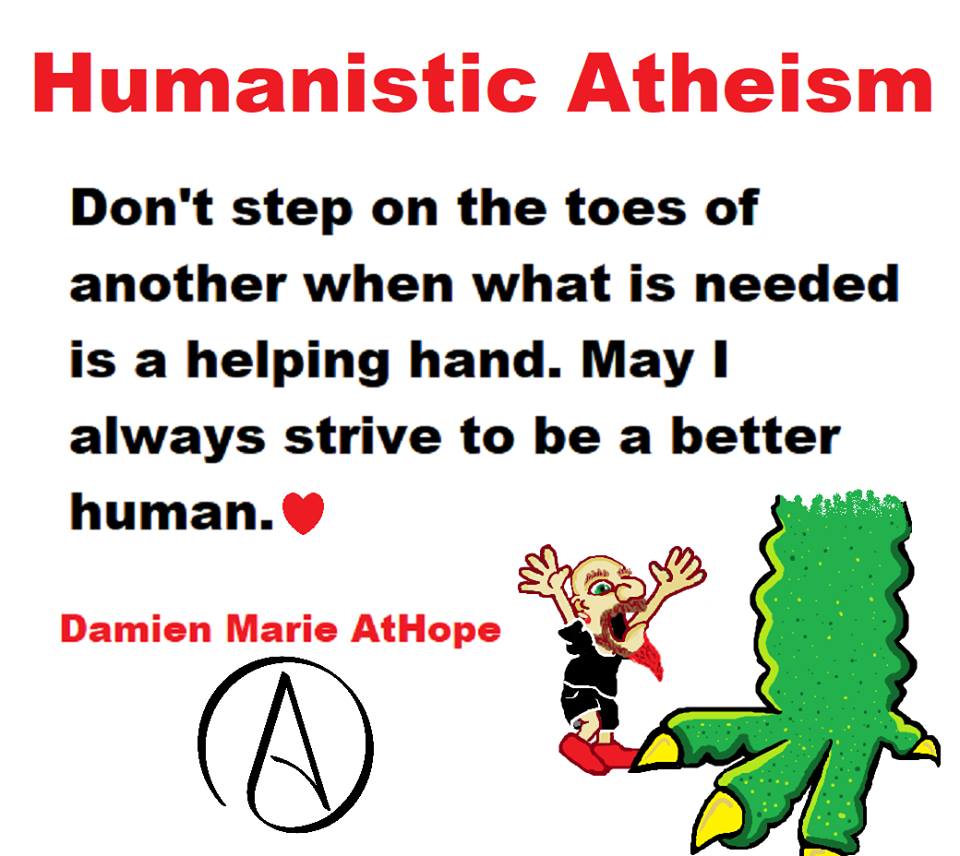
I am a Realist in Many ways.
I have a positive epistemic attitude (belief) towards or in philosophical realism that there is a real external world and that is can be known or substantially approximated by humans objectively.
I have a positive epistemic attitude towards or in scientific realism that the content of the best scientific theories, models, and aspects of the world described by the sciences can be known or substantially approximated by humans objectively.
I have a positive epistemic attitude towards or in logical realism such as that logic is the means of discovering the structure of facts and its projection in the language such as the Law of Non-Contradiction or logical fallacies which represent logical truths pertaining to aspects of the world and can be known or substantially approximated by humans objectively.
I have a positive epistemic attitude towards or in mathematical realism such as that 2 + 2 equals 4 even if there are no intelligences or minds. Because math is in a sense a method of communication or description of and or about aspects of the world quantifying what can be known or substantially approximated by humans objectively.
I have a positive epistemic attitude towards or in value realism roughly speaking “axiological realism,” is that value claims (such as, nurturing a baby is good and abusing a baby is bad) can be literally true or false; that some such claims are indeed true; that their truth can be known or substantially approximated by humans objectively.
I have a positive epistemic attitude towards or in epistemological realism roughly speaking, is that what you know about an object exists independently of your mind. Relating directly to the correspondence theory of truth, which claims that the world exists independently and innately to our perceptions of it. Our sensory data then reflect or correspond to the innate world and that such truths can be known or substantially approximated by humans objectively.
I have a positive epistemic attitude towards or in moral realism roughly speaking, is that some moral claims do purport to report facts and are true if they get the facts right. Moreover, while not all at least some moral claims actually are true or have a connection to additional commitments which the truth can be reached, and those facts in some specified way can be know or substantially approximated by humans objectively.
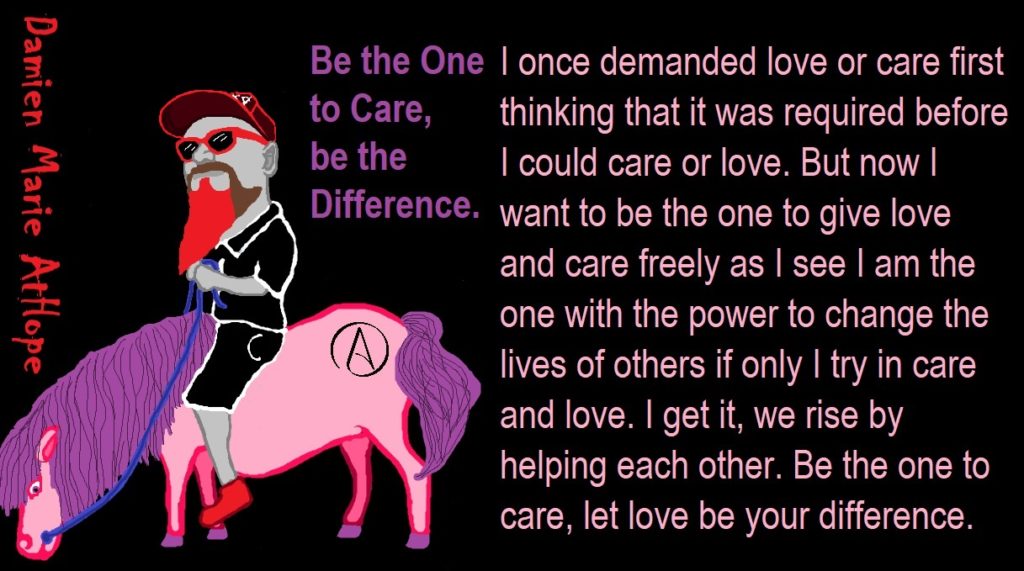
(Rachels, James. Ethical Theory) a moral theory must be able to solve:
The ontological problem: an adequate theory must account for ethics without assuming the existence of anything that does not actually exist.
The epistemological problem: if we have knowledge of right and wrong, an adequate theory must explain how we acquire such knowledge.
The experience problem: An adequate theory about ethics must account for the phenomenology of moral experience.
The supervenience problem: An adequate theory must be consistent with the supervenient character of evaluative concepts.
The motivation problem: an adequate theory must account for the internal connection between moral belief and motivation (or if there is no such connection, it must offer an alternative account of how morality guides action).
The reason problem: An adequate theory must account for the place of reason in ethics.
The disagreement problem: An adequate theory must explain the nature of ethical disagreement.
Sociological and Psychological Ontology of Morality in Relation to the Objective and Subjective Correspondence to Reality.
To me morality (relatively involves moral actors, moral reasoning, moral capital, moral concerns and moral compulsions) is a thinking in relation of behavior to or with “other” and is involved in a cognitive aware (psychological development of, pertaining to, or affecting the mind, especially as a function of awareness, feeling, or motivation) interaction (most commonly social interaction) by humans and thus is both a subjective aspect in the world as it is only positioned to cognitive aware interaction of humans and objective to impacts on the moral actors, moral reasoning, moral capital, moral concerns and moral compulsions choices positioned to cognitive aware interactions of humans.
Nonhuman animals are not doing or held accountable for this thing/things we label morality, though this does not remove all moral capital they hold or moral weight in our relations to them, because what happens to nonhuman animals can be attach to moral relevant interactions with them or some indirect secondary connections to other factors (i.e. someone’s pet). I feel that morality and the moral relevant choices only relates to occurrences linked to thinking in relation of behavior involved in relation to or with “other” in cognitive aware interaction of humans.
I thus feel with no interaction relation to or with “other” then there is no such thing as morality occurring. In a sense to me when nothing of interaction is happening to an external “other” even if, the internal self in question is a cognitive aware human. Such as, if one is by them self and only do things to themselves there is no morality involved. I feel morality in a sense cannot happen to you by you, it is your interacting with others, other things, or their relation to “other” but to me this is likely an unavoidable reality that corresponds to morality.
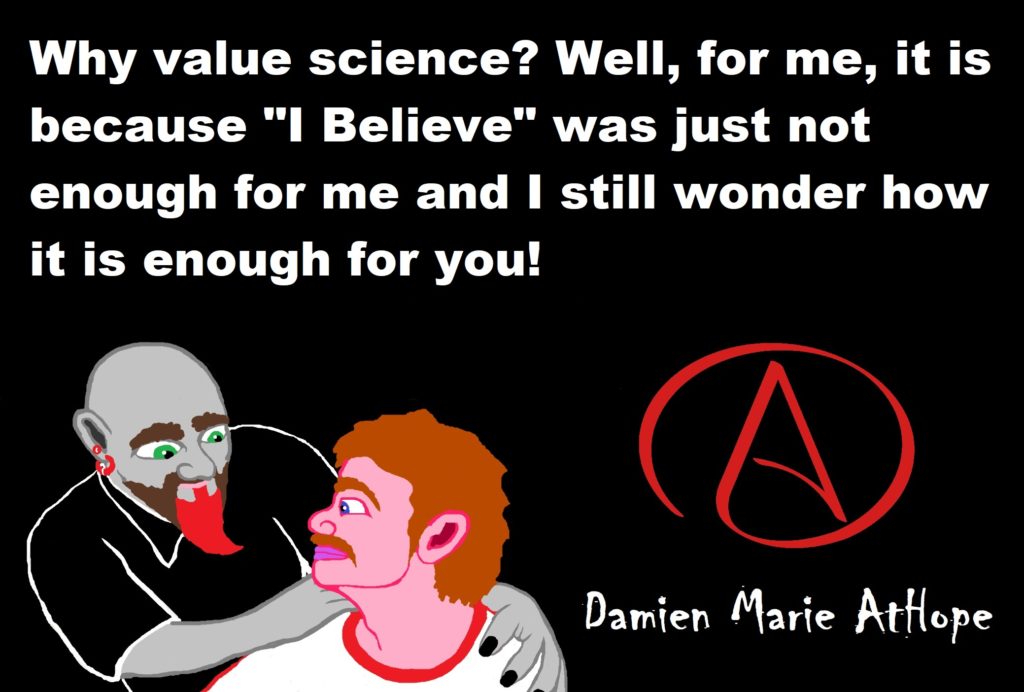
Axiology, Realism, and the Problem of Evil (THOMAS L. CARSON):
Although moral realism is the subject of lively debate in contemporary philosophy, it would seem almost all standard discussions of the problem of evil presuppose the truth of moral realism. So, if nonrealism is true, then it would seem we need to rethink and/or re-frame the entire discussion about the problem of evil. http://onlinelibrary.wiley.com/doi/10.1111/j.1933-1592.2007.00079.x/abstract
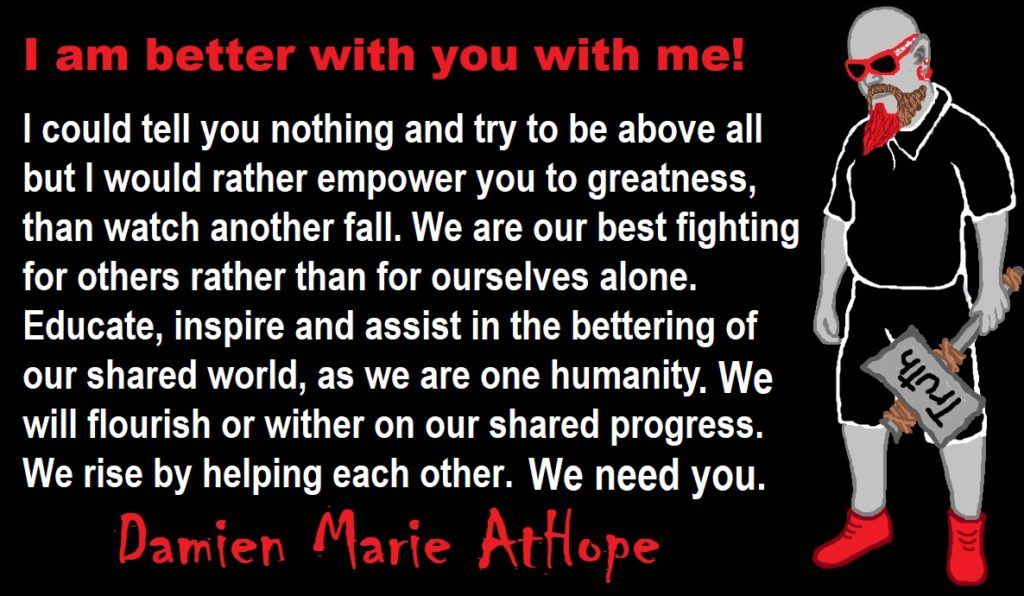
Evolutionary Morality?
If evolutionary critics of morality seek to critique by revealing the unreliability of evolutionary origins by showing that they have generated moral beliefs we know to be false. Indeed, this sort of critique would be self-defeating, for if we were able to sort true moral beliefs from false ones, then we could rely on that knowledge to correct for any epistemically harmful effect, especially in a gradual or subtle way evolutionary influence on the formation of our moral beliefs.
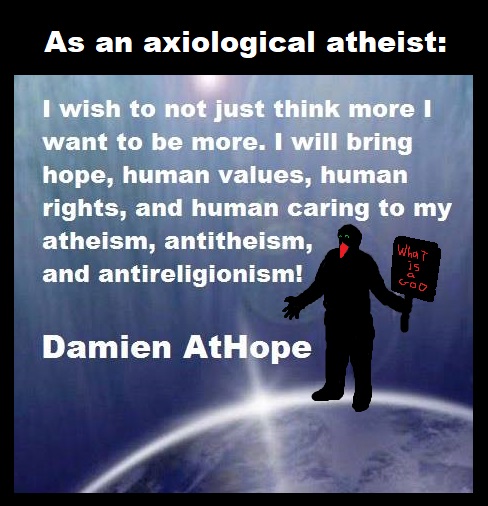
Moral disagreement (Geoff Sayre-McCord):
The mere fact of disagreement does not raise a challenge for moral realism. Disagreement is to be found in virtually any area, even where no one doubts that the claims at stake purport to report facts and everyone grants that some claims are true.
But disagreements differ and many believe that the sort of disagreements one finds when it comes to morality are best explained by supposing one of two things: (i) that moral claims are not actually in the business of reporting facts, but are rather our way of expressing emotions, or of controlling others’ behavior, or, at least, of taking a stand for and against certain things or (ii) that moral claims are in the business of reporting facts, but the required facts just are not to be found.-http://plato.stanford.edu/entries/moral-realism/
Taking the first line, many note that people differ in their emotions, attitudes and interests and then argue that moral disagreements simply reflect the fact that the moral claims people embrace are (despite appearances) really devices for expressing or serving their different emotions, attitudes, and interests.
Taking the second line, others note that claims can genuinely purport to report facts and yet utterly fail (consider claims about phlogiston or astrological forces or some mythical figure that others believed existed) and then argue that moral disagreements take the form they do because the facts that would be required to give them some order and direction are not to be found. On either view, the distinctive nature of
Interestingly, the two lines of argument are not really compatible. If one thinks that moral claims do not even purport to report facts, one cannot intelligibly hold that the facts such claims purport to report do not exist. Nonetheless, in important ways, the considerations each mobilizes might be used to support the other. For instance, someone defending an error theory might point to the ways in which moral claims are used to express or serve peoples’ emotions, attitudes, and interests, to explain why people keep arguing as they do despite there being no moral facts. And someone defending noncognitivism might point to the practical utility of talking as if there were moral facts to explain why moral claims seem to purport to report facts even though they do not.-http://plato.stanford.edu/entries/moral-realism/
Moreover, almost surely each of these views is getting at something that is
Moral realists are committed to holding, though, that to whatever extent moral claims might have other uses and might be made by people with indefensible accounts of moral facts, some moral claims, properly understood, are actually true. To counter the arguments that appeal to the nature of
An attractive first step is to note, as was done above, that mere disagreement is no indictment. Indeed, to see the differences among people as disagreements—rather than as mere differences—it seems as if one needs to hold that they are making claims that contradict one another and this seems to require that each side see the other as making a false claim. To the extent there is moral disagreement and not merely difference, moral realists argue, we need at least to reject noncognitivism (even as we acknowledge that the views people embrace might be heavily influenced by their emotions, attitudes, and interests). While this is plausible, noncognitivists can and have replied by distinguishing cognitive disagreement from other sorts of disagreement and arguing that moral disagreements are of a sort that does not require cognitivism. Realists cannot simply dismiss this possibility, though they can legitimately challenge noncognitivists to make good sense of how moral arguments and disagreements are carried on without surreptitiously appealing to the participants seeing their claims as purporting to report facts.-http://plato.stanford.edu/entries/moral-realism/
In any case, even if the nature of disagreements lends some plausibility to cognitivism, moral realists need also to respond to the error theorist’s contention that the arguments and disagreements all rest on some false supposition to the effect that there are actually facts of the sort there would have to be for some of the claims to be true. And, however moral realists respond, they need to avoid doing so in a way that then makes a mystery of the widespread moral disagreement (or at least difference) that all acknowledge. –http://plato.stanford.edu/entries/moral-realism/
Some moral realists argue that the disagreements, widespread as they are, do not go very deep—that to a significant degree moral disagreements play out against the background of shared fundamental principles with the differences of opinion regularly being traceable to disagreements about the
Other moral realists, though, see the disagreements as sometimes fundamental. On their view, while moral disagreements might in some cases be traceable to disagreements about
Or they argue that what appear to be disagreements are
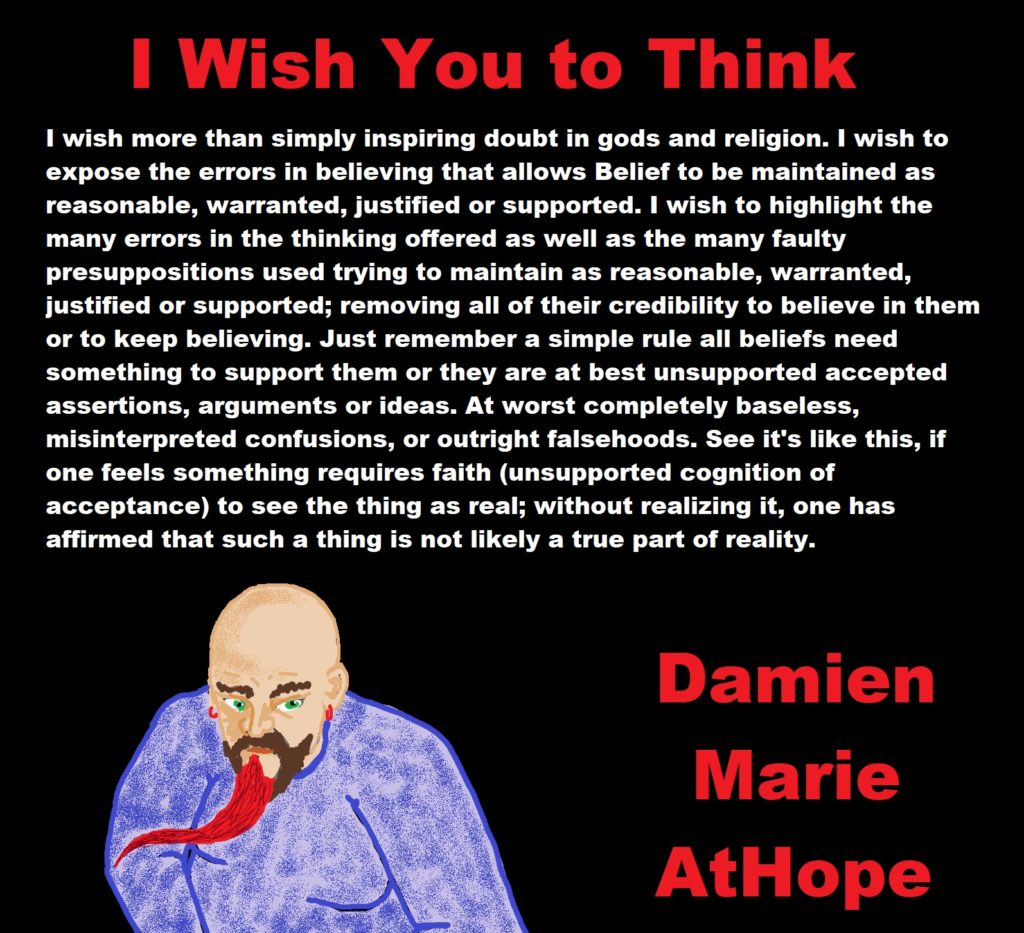
Benefit of Seeing Morality as a Matter of Objective Facts
(Liane Young & A.J. Durwin) getting people to think about morality as a matter of objective facts rather than subjective preferences may lead to improved moral behavior, Boston College researchers report in the Journal of Experimental Social Psychology. http://www.sciencedirect.com/science/article/pii/S0022103112002375
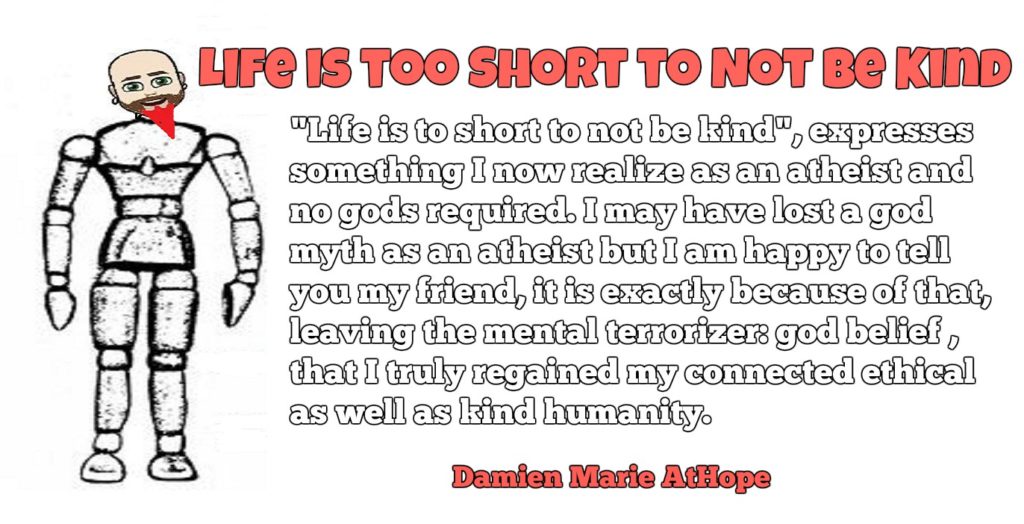
Reject Moral Realism?
(Geoff Sayre-McCord) those who reject moral realism are usefully divided into (i) those who think moral claims do not purport to report facts in light of which they are true or false (noncognitivists) and (ii) those who think that moral claims do carry this purport but deny that any moral claims are actually true (error theorists). –http://plato.stanford.edu/entries/moral-realism/
It is worth noting that, while moral realists are united in their cognitivism and in their rejection of error theories, they disagree among themselves not only about which moral claims are actually true but about what it is about the world that makes those claims true. Moral realism is not a particular substantive moral view nor does it carry a distinctive metaphysical commitment over and above the commitment that comes with thinking moral claims can be true or false and some are true. Still, much of the debate about moral realism revolves around either what it takes for claims to be true or false at all (with some arguing that moral claims do not have what it takes) or what it would take specifically for moral claims to be true (with some arguing that moral claims would require something the world does not provide). –http://plato.stanford.edu/entries/moral-realism/
The debate between moral realists and anti-realists assumes, though, that there is a shared object of inquiry—in this case, a range of claims all involved are willing to recognize as moral claims—about which two questions can be raised and answered: Do these claims purport to report facts in light of which they are true or false? Are some of them true? Moral realists answer ‘yes’ to both,
By all accounts, moral realism can fairly claim to have common sense and initial appearances on its side. That advantage, however, might easily
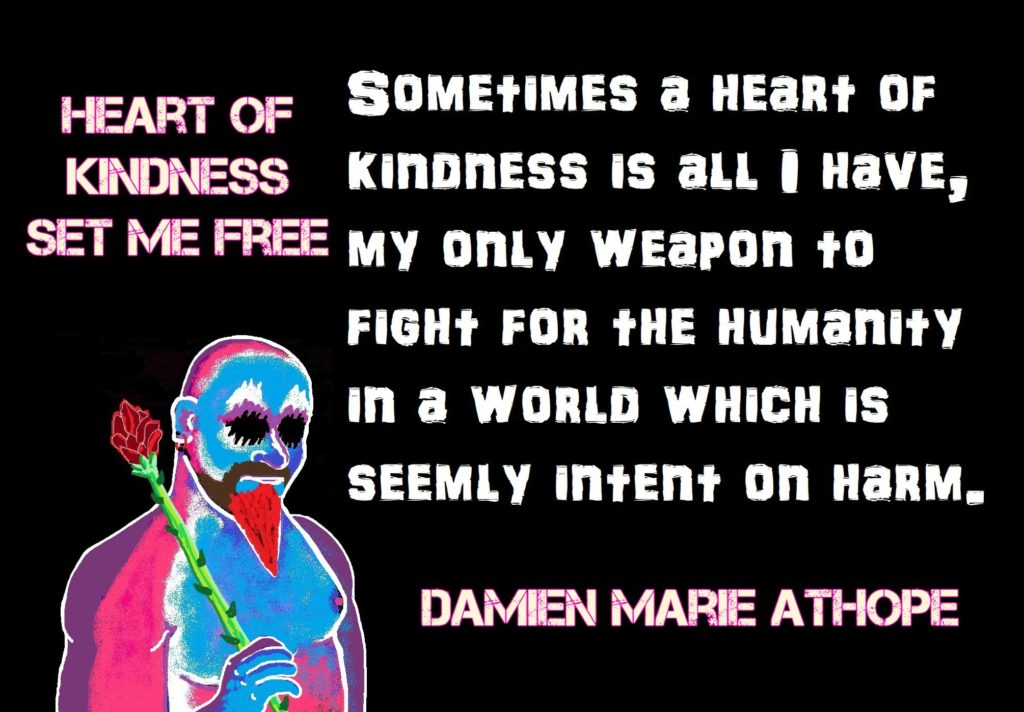
Moral Judgments?
(Shin Kim) the cognitivist understanding of moral judgments is at the center of moral realism. For the cognitivist, moral judgments are mental states; moral judgments are of the same kind as ordinary beliefs, that is, cognitive states. But how are we to know this? One manageable way is to focus on what we intend to do when we make moral judgments, and also on how we express them. Moral judgments are intended to be accurate descriptions of the world, and statements express moral judgments (as opposed to command or prescription) just as statements express ordinary beliefs. That is, statements express moral language. The statements that express moral judgments are either true or false just as the statements that express ordinary beliefs are. Moral truths occur when our signs match the world.
http://www.iep.utm.edu/moralrea/
Language allows us to communicate with one another, typically using sentences and utterances. A large part of language involves, among many other things, influencing others and us. Normative language, in contrast with descriptive language, includes moral language (that is, moral language is part of
If it is noncognitivism that provides the antirealist a way of rejecting moral truth, moral knowledge, and moral objectivity, the denial of noncognitivism (that is, cognitivism) must be necessary for the realist to properly claim them. Cognitivism is the view that moral judgments are cognitive states just like ordinary beliefs. It is part of their function to describe the world accurately. The realist argument that stems from cognitivism — as we saw from the above argument— is oftentimes guided by the apparent difficulties that the noncognitivist analysis of moral judgments faces. For instance, there is the famous Frege-Geach problem, namely, the noncognitivist difficulty of rendering emotive, prescriptive or projective meaning for embedded moral judgments. http://www.iep.utm.edu/moralrea/
Geach (1965) uses the “the Frege point,” according to which “a proposition may occur in discourse now asserted, now unasserted, and yet be recognizably the same proposition,” to establish that no noncognitivist (“the anti-descriptive theorist”) analysis of moral sentences and utterances can be adequate. http://www.iep.utm.edu/moralrea/
Consider a simple moral sentence: “Setting a kitten on fire is wrong.” Suppose that the simple sentence means, “Boo to setting a kitten on fire!” The Frege point dictates that the antecedent of “if setting a kitten on fire is wrong, then getting one’s friends to help
This seems unacceptable to many. For the following argument is valid: “It is wrong to set a kitten on fire, or it is not; it is not ‘not wrong’; hence, it is wrong to set a kitten on fire.” If the argument is valid, then the conclusion must mean the same as one of the disjuncts of its first premise. The argument would be otherwise invalid because of
The Frege-Geach problem demonstrates the noncognitivists’ requirement of adequately rendering emotive, prescriptive, expressive, or projective meaning of those moral sentences that are embedded within compound moral sentences. (For more on the Frege-Geach problem, see Non-Cognitivism in Ethics. See also Darwall, Gibbard, and Railton 1992: 151-52.) http://www.iep.utm.edu/moralrea/
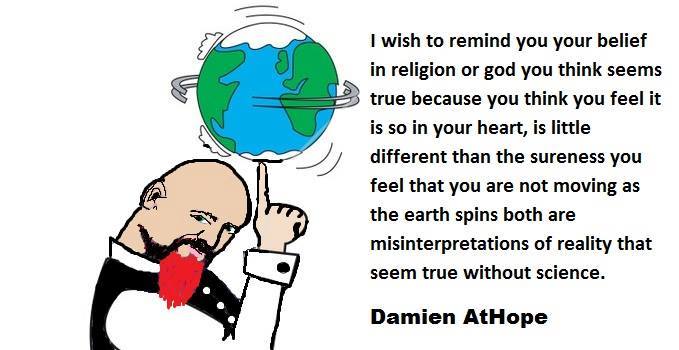
What do Professional Philosophers Believe?
What are the philosophical views of 1,972 contemporary professional philosophers?
On God: atheism 72.8%; theism 14.6%; other 12.6%.
Meta-ethics: moral realism 56.4%; moral anti-realism 27.7%; other 15.9%.
Moral judgment: cognitivism 65.7%; non-cognitivism 17.0%; other 17.3%.
Moral motivation: internalism 34.9%; externalism 29.8%; other 35.3%
Science: scientific realism 75.1%; scientific anti-realism 11.6%; other 13.3%.
Truth: correspondence 50.8%; deflationary 24.8%; epistemic 6.9%; other 17.5%.
It should be acknowledged that this target group has a strong (although not exclusive) bias toward analytic or Anglocentric philosophy. As a consequence, the results of the survey are a much better guide to what analytic/Anglocentric philosophers (or at least philosophers in strong analytic/Anglocentric departments) believe than to what philosophers from other traditions believe. http://philpapers.org/archive/BOUWDP
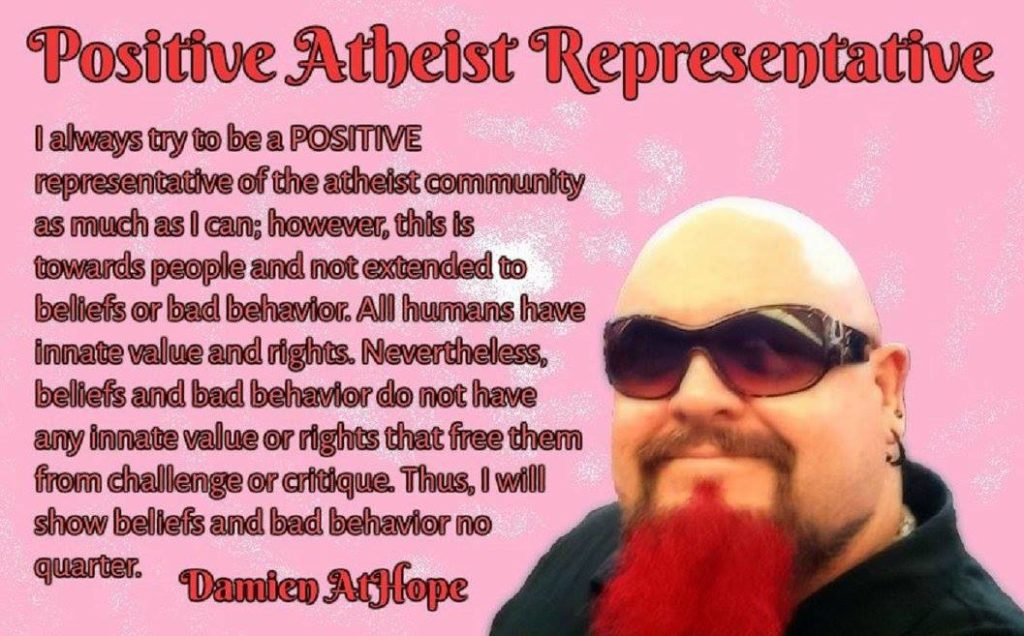
Consider the Judgment (Shin Kim):
“Suffering from lack of food is bad.” The judgment is usually expressed with the statement “suffering from lack of food is bad.”
Call it a “B-statement.” Sometimes, we find it necessary to express it with “it is true that suffering from lack of food is bad.” Call it a “T-statement.” (To complete it, there are “F-statements” like “it is false that suffering from lack of food is bad.”) We use T-statements to emphasize partiality toward “being true to the world.” http://www.iep.utm.edu/moralrea/
However, regardless of what motivates us to use T-statements, the explicit ascription of truth in T-statements commands our attention. Does the T-statement add anything extra to the B-statement? If so, what is it that the T-statement says over and above the B-statement?
There are two broad ways to answer the question: deflationism and various forms of substantial theory (or what we called above “inflationist theory”). Substantial theorists deny that the B-statement and the T-statement are exactly the same while the deflationist maintains that the difference is merely stylistic. http://www.iep.utm.edu/moralrea/
If the deflationist has her way, then it is obvious that antirealists could have truth in moral judgments. (David Brink argues against the coherentist theory of truth with respect to moral constructivism. See Brink 1989, 106-7 and 114; see Tenenbaum, 1996, for the deflationist approach.) Antirealist moral truths would seem irrelevant in marking the realist territory. If some form of substantial theory is true, then the T-statement adds something to what the B-statements say. Here are two alternatives.
Letting a coherence theory of truth stand in for the range of “modified theories” (namely, the inflationist theories of truth that are different from the correspondence theory of truth), and the “B-proposition” for what the B-statement describes
(1) The B-proposition corresponds to an actual state of affairs.
(2) The B-proposition belongs to a maximally coherent system of belief. http://www.iep.utm.edu/moralrea/
It is worth noting also that even the non-descriptivist may say that the T-statement adds to the B-statement, insofar as the B-statement expresses something other than the B-proposition. The non-descriptivist has two alternatives as well. http://www.iep.utm.edu/moralrea/
The T-statement adds that (letting a coherence theory of truth stand in for the range of “modified theories,” and the “B-feeling-proposition” stand in for the range of non-descriptivism, for example, the speaker dislikes suffering from lack of food):
(3) The B-feeling-proposition corresponds to an actual state of affairs.
(4) The B-feeling-proposition belongs to a maximally coherent system of belief. We may say that the T-statement specifies truth conditions for the B-proposition or for the B-feeling-proposition. It could be objected that the non-descriptivist must deny that there are truth-conditions for moral language. Nonetheless, she need not object to moral language describing something about the world figuratively. http://www.iep.utm.edu/moralrea/
If option (1) were true, then there would have to be an actual state of affairs that makes the B-statement true. That is, there must be a truth-maker for the statement, “suffering from lack of food is bad,” and the truth-maker is the fact that suffering from lack of food is bad. But no other alternatives require the existence of the fact for them to be true. http://www.iep.utm.edu/moralrea/
If one ignores deflationism, truth in moral judgments gives rise to exactly four alternative theories of truth. Realists cannot embrace options (3) and (4) because, as we saw, non-descriptivism is sufficient for moral antirealism. The remaining option (2), although it is a viable option for the realist, falls short of guaranteeing that there are moral facts. In other words, moral realists must find other ways to establish the existence of moral facts, even if option (2) allows a way of maintaining moral truths for the realists. Modified theories, for example, the coherence theory of truth are simply silent about whether there are B-facts. That is, option (2) could be maintained even if there were no B-facts such as suffering from lack of food is bad. Thus, the most direct option for realists in marking her territory from the above list of alternatives is (1). It appears then that the correspondence truth in moral judgments properly marks the realist territory. http://www.iep.utm.edu/moralrea/
This is captured in C2: (C2) S is a moral realist if and only if S is a descriptivist; S believes that moral judgments express truth, and S believes that the moral judgments are true when they correspond to the world. Is C2 true? No, it is not. For the antirealist may choose to deny that moral judgments literally describe the world. http://www.iep.utm.edu/moralrea/
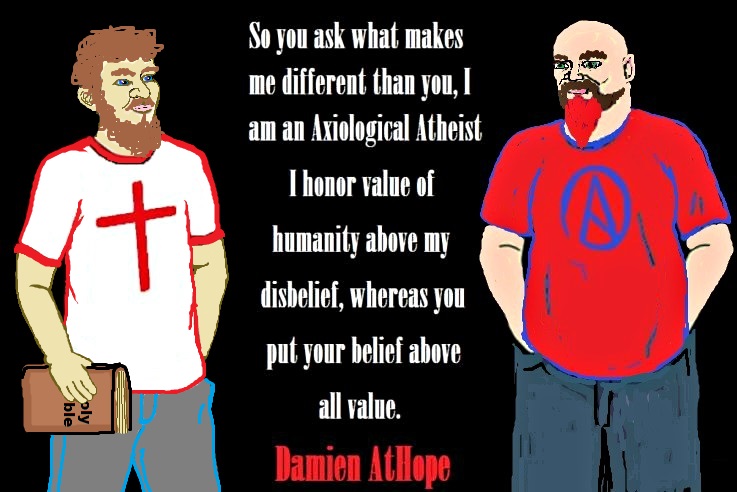
Axiology (value science) & Neuroscience (brain science):
(Demarest, Peter D.; Schoof, Harvey J. ) Axiogenics™ is, “the mind-brain science of value generation.” It is a practical life-science based on applied neuro-axiology1 — the integration of neuroscience (brain science) and axiology (value science). Neuroscience is the study of the biochemical mechanics of how the brain works. We are, of course, primarily interested in the human brain, which, owing to our genetics, is one of the most complex and magnificent creations in the known universe. Axiology is the study of how Value, values and value judgments affect the subjective choices and motivations of the mind—both conscious and sub-conscious. Formal axiology is the mathematical study of value—the nature and measurement of value and people’s perception of value. Both axiology and neuroscience have existed separately for years.
In many ways, the two sciences have approached the same question (What makes people tick?) from opposite directions. Neuroscience, a relatively young science, seeks to understand brain function and explain human behavior from a neuro-biological perspective. In contrast, for 2500 years, axiologists have sought to understand and explain human behavior and motivation from the perspective of the moral, ethical, and value-based judgments of the mind. Many human sciences, including neuroscience and axiology, have come to the realization that the mind-brain is value-driven. That is, Value, values, and value judgments drive many, if not most or even all, of the processes of both the brain and the mind, including our sub-conscious habits of mind.
Think about it—have you ever made a conscious choice that wasn’t, at that moment, an attempt to add greater value at some level? Unfortunately, to our knowledge, the neuroscientists and axiologists have not been comparing notes. Consequently, until now, the amazing value-based connection between the mind and brain has been overlooked. This book makes that connection and more. Axiogenics is not some rehashed mystical, moral, or religious philosophy, nor is it a newfangled twist on the rhetoric of so-called “success gurus.” It is a fresh, new paradigm for personal, leadership and organizational development. It is a science-driven technology for deliberately creating positive changes in how we think, how we perceive, the kinds of choices we make, and the actions we take.
Life is about adding value. Whether you realize it yet or not, your entire life is about one thing: creating value. Virtually every thought, action, choice, and reaction you have is an attempt to create or preserve value. Success in life, love and leadership requires making good value judgments. Real personal power is in knowing which choices and actions will create the greatest net value.
Axiogenics is based on four core principles. They are:
1. Value drives success in all endeavors.
2. Your mind-brain is already value-driven.
3. There is an objective, universal Hierarchy of Value.
4. Accurately answering The Central Question is the key to maximizing your success. – Demarest, Peter D.; Schoof, Harvey J. (2011-06-24). Answering The Central Question (Kindle Locations 130-136). Heartlead Publishing, LLC. Kindle Edition.
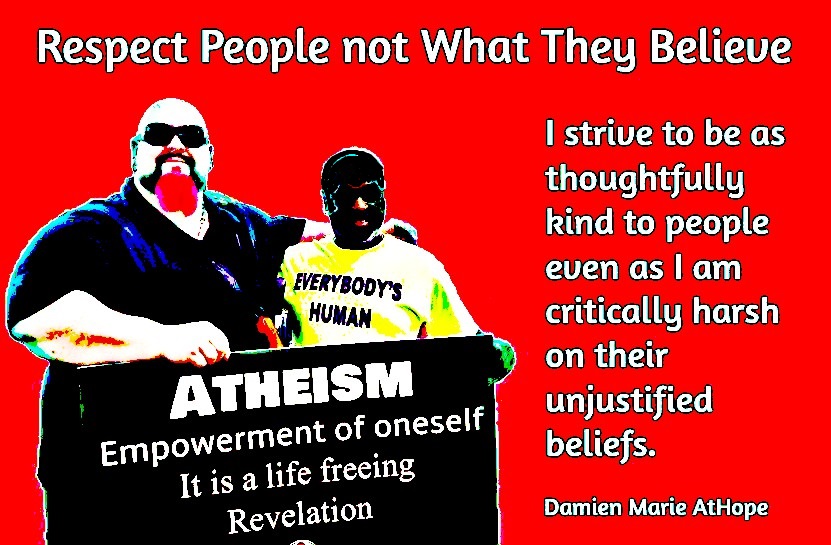
Moral Reasoning & Crime (Carey Goldberg):
People who commit crimes are dumb, but what happens is, in the moment, that information about costs and consequences can’t get into their decision-making.
Research shows that brain biology governs not just our choices but also our moral judgments about what is right and wrong.
Using new technology, brain researchers are beginning to tease apart the biology that underlies our decisions to behave badly or do good deeds. They’re even experimenting with ways to alter our judgments of what is right and
One thing is certain: We may think in simple terms of “good” and “evil,” but that’s not how it looks in the brain at all.
In past years, as neuroscientists and psychologists began to delve into morality, “Many of us were after a moral center of the brain, or a particular system or circuit that was responsible for all of morality,” says assistant professor Liane Young, who runs The Morality Lab at Boston College. But “it turns out that morality can’t be located in any one area, or even set of areas — that it’s all over, that it colors all aspects of our life, and that’s why it takes up so much space in the brain.” ref
So there’s no “root of all evil.” Rather, says Buckholtz, “When we do brain studies of moral decision-making, what we are led into is an understanding that there are many different paths to antisocial behavior.” ref
If we wanted to build antisocial offenders, he says, brain science knows some of the
If it’s all just biology at work, are we still to blame if we commit a crime? And the correlate: Can we still take credit when we do good?
Daniel Dennett a professor of philosophy at Tufts University who incorporates neuroscience into his thinking and is a seasoned veteran of the debates around free will. He says it’s not news that our morality is based
“Of course my brain made me do it!” he says. “What would you want, your stomach to make you do it!?” ref
The age-old debate around free willis still raging on in philosophical circles, with new brain science in the mix. But Dennett argues that science doesn’t change the basic facts:
“If you do something on purpose and you know what you’re doing, and you did it for reasons good, bad or indifferent, then your brain made you do it,” he says. “Of course. And it doesn’t follow that you were not the author of that deed. Why? Because you are your embodied brain.” ref
Antisocial Personality; Not a Lack of Intelligence
Sociopaths and psychopaths, or the catch-all clinical diagnosis of Antisocial personality disorder, fall under the above description, except intelligence is often high. Consequences do not seem to detour them, so definitely something not right in the mind/brain, however, this is not lack of intelligence.
Here are some books relating to this: The gift of fear, by Gavin Debecker. Without conscience, by Robert hare, Men who hate women and the Woman who love them, and the Sociopath Next Door. ref, ref, ref
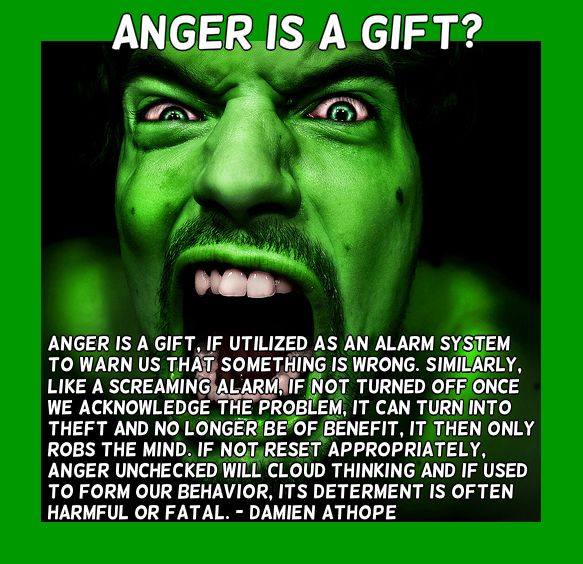
Anger, my Friend, and Foe
The biggest awaking of my life was the value and need for kindness as a way of life.
Don’t let anger become an unethical behavior.
Too quick to condemn?
However, But don’t be too quick to condemn all Sociopaths and psychopaths, or those with the clinical diagnosis of Antisocial personality disorder, because just having Mental Health Issues does not mean you cannot be moral. A scientist who studies psychopaths found out he was one by accident — and it completely changed his life.
Around 2005, Fallon started to notice a pattern in the scans of some of the criminals who were thought to be psychopaths, which led him to develop a theory: All of them appeared to have low levels of activity in a region of the brain located towards its center at the base of the frontal and temporal lobes. Scientists believe this region, called the orbital cortex, is involved in regulating our emotions and impulses and also plays a role in morality and aggression.
One day, Fallon’s technician brought him a stack of brain scans from an unrelated Alzheimer’s study. As he was going through the scans of healthy participants, they all looked normal — no surprises. But then he got to the last one. It looked just like those of the murderers.
The identity of the brains in the scans had deliberately been masked so as not to bias theresults. But Fallon couldn’t leave it alone. “I said, we’ve got to check the [source] of that scan,” Fallon recalled recently to Business Insider. “It’s probably a psychopath… someone who could be a danger to society.” Turns out, the image wasn’t a scan of just any random participant — it was a scan of his own brain. http://www.businessinsider.com/psychopath-who-studies-psychopaths-2015-7
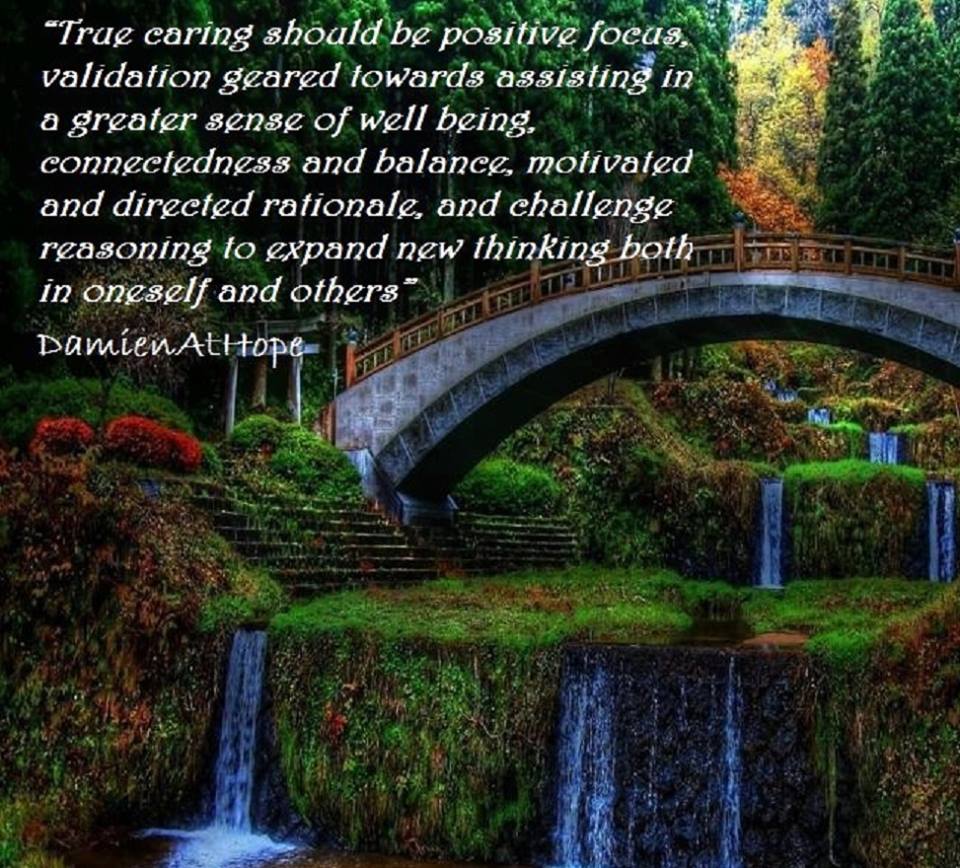
Here’s What It’s Like To Live As A Nonviolent Psychopath
I am a high funtioning sociopath.
Here is some info from “Healthy Place” on High-functioning Sociopaths:
“Not every sociopath is created equal. As with everything else in life, there are individual differences. Some sociopaths are more effective at being who they are than are others. Those exceptionally skilled are often dubbed high-functioning sociopaths.”
What is a High-functioning Sociopath?
“The term “high-functioning” is a descriptor rather than a diagnosis and isn’t part of the diagnostic label for antisocial personality disorder (the official name for what is popularly called sociopathy). Ditto “low-functioning.” These adjectives simply describe how good of a sociopath someone is. Highly functioning sociopaths are adept at morphing themselves into what people want to see if they want to. They very quickly learn what makes people tick, and they know just how to engineer and oil the clock.”
This type of sociopath has superior intelligence, as demonstrated by observed behavior and IQ tests; possesses impeccable social skills and exudes charm and is driven knowing clearly what they want and generally knows how to get it; can be quite calculating, cleverly assessing a situation and purposely planning action; is patient and willing to work people and situations until the time is right for them to make their move. These traits make a high-functioning sociopath formidable. They remain at least several moves ahead of the rest of society, generally and no one suspects a thing. Whatever it is they want, they can be unstoppable striving to get it. The high-functioning sociopath can cause a lot of damage if they are not thoughtful and create large changes both good and at times bad due to the momentum of their force of will inspirations.
What is a Low-functioning Sociopath?
“Low-functioning sociopath” isn’t a commonly used term, but it works here to contrast a high-functioning sociopath against the garden-variety sociopath. A low-functioning sociopath isn’t as adept in social situations as is a high-functioning sociopath. No sociopath particularly likes people. They see them as mere objects to be toyed with, used, and then dismissed or disposed of. High-functioning sociopaths, though, are better opportunists. They can blend into any environment and adopt the traits needed to con. Low-functioning sociopaths aren’t as smooth. They lack the education or skills necessary to function appropriately pro-socially and tend to not be that good at manipulating under the radar; they are more chaotic, often resort to threats, coercion, intimidation, and even violence to accomplish their goals; are better at bullying than they are at charming; they have wanted, but they’re not as focused, driven, and patient about them.”
https://www.healthyplace.com/personality-disorders/sociopath/high-functioning-sociopaths-and-the-damage-they-cause
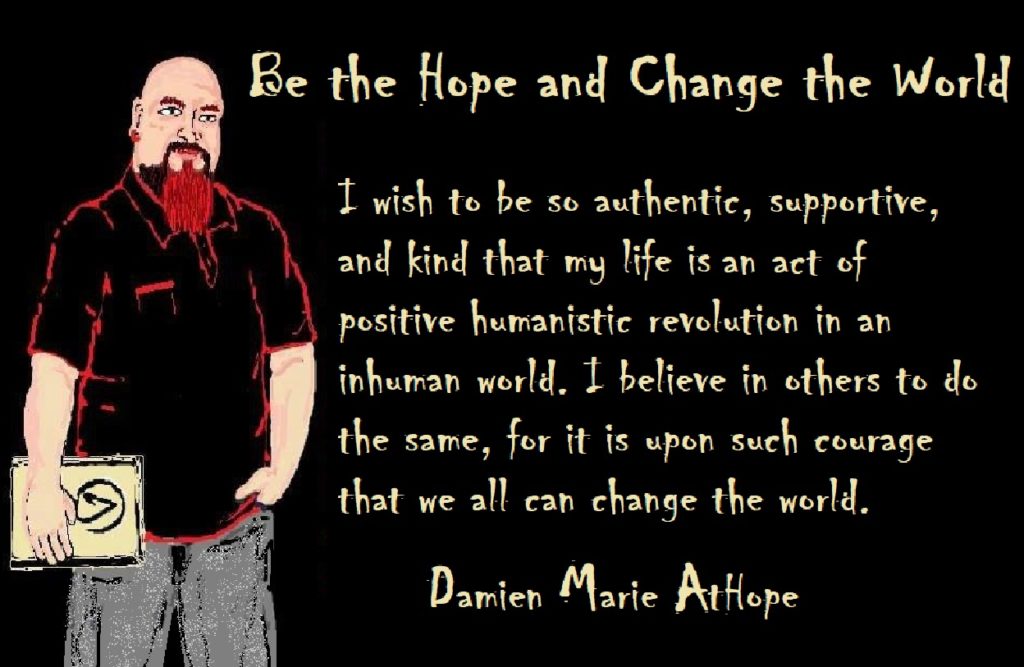
As an atheist, I feel more wonder than I did as a theist because I thought, “big deal” to any wonder I experienced, thinking god could do anything. So with such an unrealistic mindset, everything lost its wonder but it’s the opposite as an atheist.
As a theist, the world was full of superstitions and supernatural magic possibilities and thus utilized thinking that was not in the real world. As an atheist all I have now is the real world, not that all atheists seem to get this, we all are in a real world devoid of magic anything, therefore, everything adds to my feeling of awe.
There should be little debate with atheist acknowledging discernable reality compared to theists with non-reality claims. Yes, I have way more awe and wonder as an atheist than I ever had as a theist because as a theist anything was possible with god.
Therefore, as a theist, things of the world where not that amazing. However, as an atheist grasping what an absolute accidental or how random things are, with a 95 to 99 % of all life ever existing on this planet went extinct. I am thoroughly amazed we are even here the evolved children of ancient exploded stars, likely born in galaxies born in supermassive black holes, it’s all amazing.
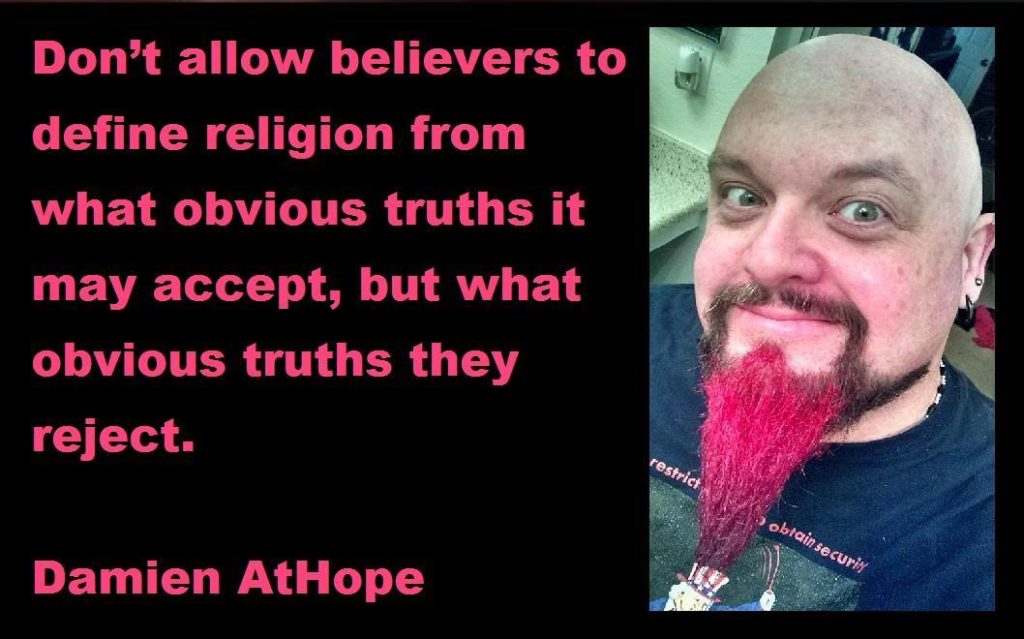
Axiological Realism: The Human Desire to Lead, Follow, and Rebel (Robert L. Oprisko): Articulates a novel approach to international relations (IR) theory
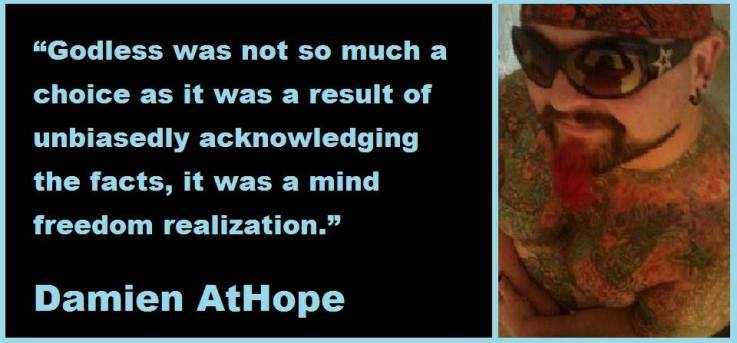
Axiological Realism (Joel J. Kupperman):
Many would consider the lengthening debate between moral realists and anti-realists to be draw-ish. Plainly new approaches are needed. Or might the issue, which most broadly concerns realism in relation to normative judgments, be broken down into parts or sectors? Physicists have been saying, in relation to a similarly longstanding debate, that light in some respects behaves like waves and in some respects like particles. Might realism be more plausible in relation to some kinds of normative judgments than others? ref
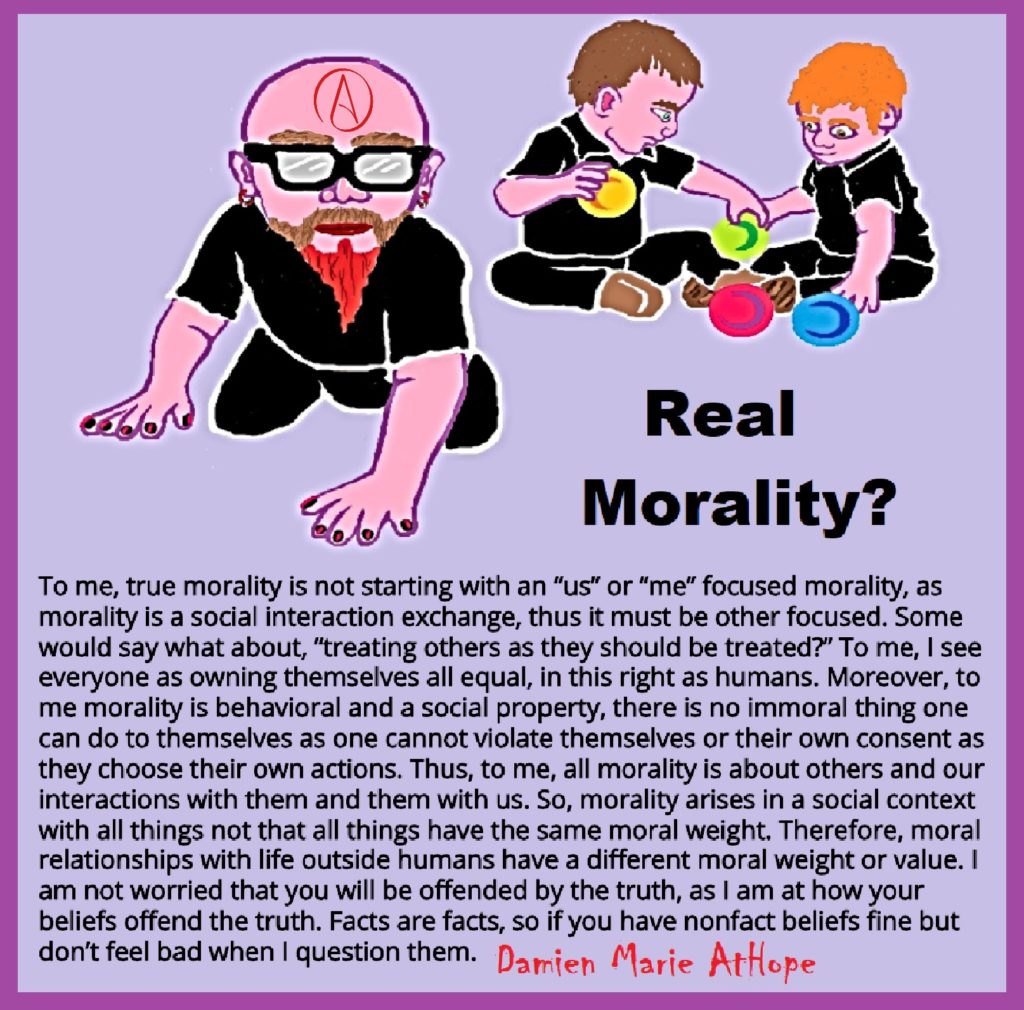
Babies and Morality?
Are we born with a moral core? The Baby Lab says ‘yes’ Moreover, Studies have shown babies are good judges of character in fact, Even Babies Think Crime Deserves Punishment thins should make you consider The Case for Objective Morality.
Animals and Morality?
5 Animals With a Moral Compass Moreover, Animals can tell right from wrong: Scientists studying animal behavior believe they have growing evidence that species ranging from mice to primates are governed by moral codes of conduct in the same way as humans. Likewise, in the book: Wild Justice: The Moral Lives of Animals: Scientists have long counseled against interpreting animal behavior in terms of human emotions, warning that such anthropomorphizing limits our ability to understand animals as they really are. Yet what are we to make of a female gorilla in a German zoo who spent days mourning the death of her baby? Or a wild female elephant who cared for a younger one after she was injured by a rambunctious teenage male? Or a rat who refused to push a lever for food when he saw that doing so caused another rat to be shocked? Aren’t these clear signs that animals have recognizable emotions and moral intelligence? With Wild Justice Marc Bekoff and Jessica Pierce unequivocally answer yes. Marrying years of behavioral and cognitive research with compelling and moving anecdotes, Bekoff and Pierce reveal that animals exhibit a broad repertoire of moral behaviors, including fairness, empathy, trust, and reciprocity. Underlying these behaviors is a complex and nuanced range of emotions, backed by a high degree of intelligence and surprising behavioral flexibility. Animals, in short, are incredibly adept social beings, relying on rules of conduct to navigate intricate social networks that are essential to their survival. Ultimately, Bekoff and Pierce draw the astonishing conclusion that there is no moral gap between humans and other species: morality is an evolved trait that we unquestionably share with other social mammals.
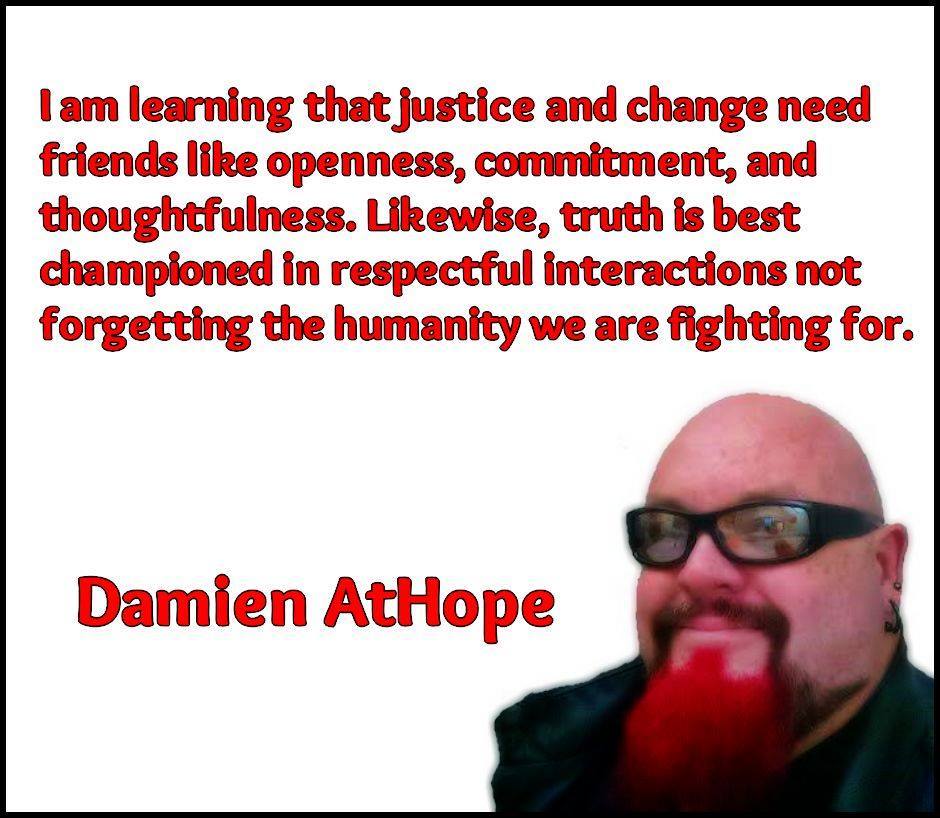
Moral Naturalism (James Lenman):
While “moral naturalism” is sometimes used to refer to any approach to metaethics intended to cohere with naturalism in metaphysics more generally, the label is more usually reserved for naturalistic forms of moral realism according to which there are objective moral facts and properties and these moral facts and properties are natural facts and properties. Views of this kind appeal to many as combining the advantages of naturalism and realism. http://plato.stanford.edu/entries/naturalism-moral/
Realism, Naturalism, and Moral Semantics (David O. Brink):
The prospects for moral realism and ethical naturalism have been important parts of recent debates within metaethics. As a first approximation, moral realism is the claim that there are facts or truths about moral matters that are objective in the sense that they obtain independently of the moral beliefs or attitudes of appraisers. Ethical naturalism is the claim that moral properties of people, actions, and institutions are natural, rather than occult or supernatural, features of the world. Though these metaethical debates remain unsettled, several people, myself included, have tried to defend the plausibility of both moral realism and ethical naturalism. I, among others, have appealed to recent work in the philosophy of language—in particular, to so-called theories of “direct reference” —to defend ethical naturalism against a variety of semantic worries, including G. E. Moore’s “open question argument.” In response to these arguments, critics have expressed doubts about the compatibility of moral realism and direct reference. In this essay, I explain these doubts, and then sketch the beginnings of an answer—but understanding both the doubts and my answer requires some intellectual background. http://journals.cambridge.org/action/displayAbstract?fromPage=online&aid=3117452
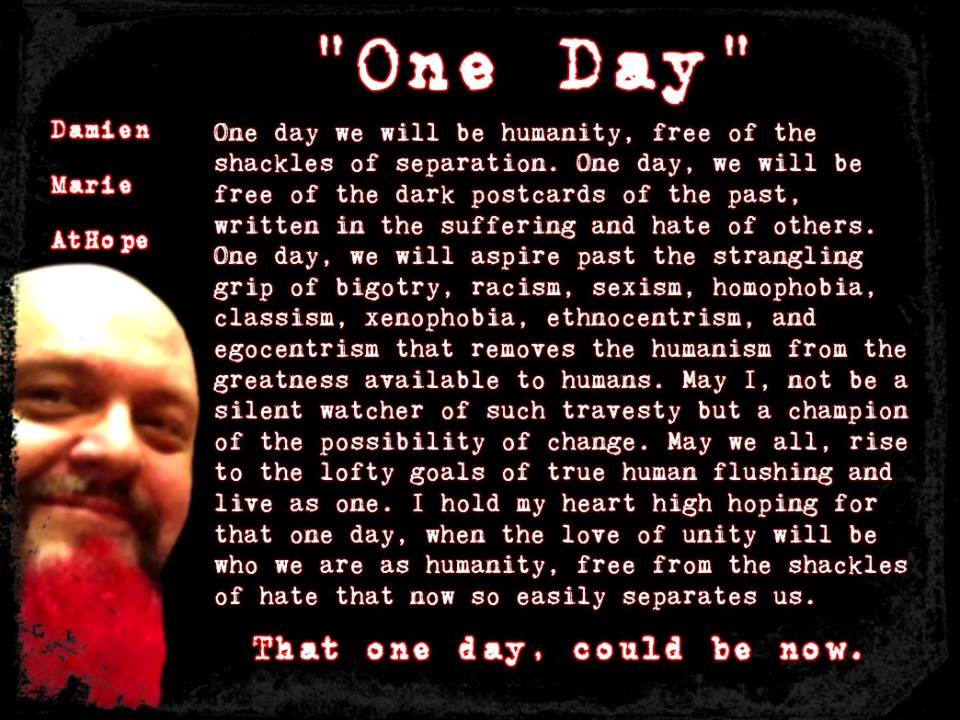
Oh, how I await the day we act as one humanity and end all this hate of the “other.”
Formal Axiology: Efficiency of good?
“I thought to myself, if evil can be organized so efficiently [by the Nazis] why cannot good? Is there any reason for efficiency to be monopolized by the forces for evil in the world? Why have good people in history never seemed to have had as much power as bad people? I decided I would try to find out why and devote my life to doing something about it.” – Robert S. Hartman http://www.hartmaninstitute.org/resources/journal-formal-axiology/
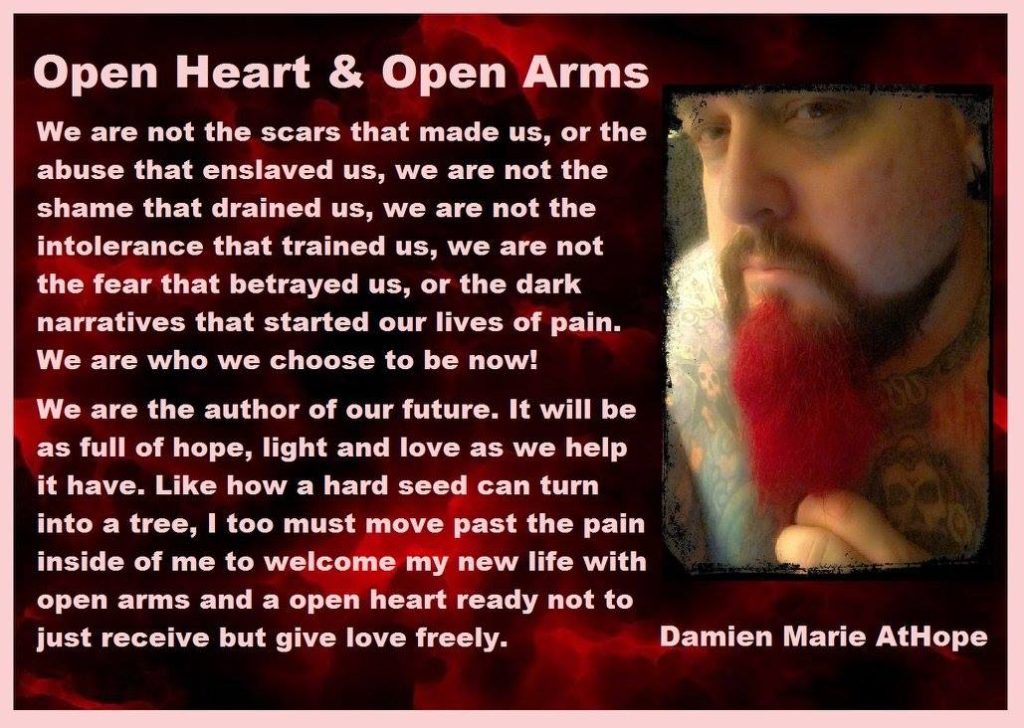
Formal Axiology?
Formal Axiology is a specific branch of the science of Axiology. The late Dr. Robert S. Hartman developed this science between 1930 and 1973. It is a unique social science because it is the only social science that has a one to one relationship between a field of mathematics (transfinite set calculus) and its dimensions.
More About Formal Axiology http://www.cleardirection.com/docs/formalaxiology.asp
More About Dr. Robert S. Hartman http://www.cleardirection.com/docs/articles/drhartman.asp
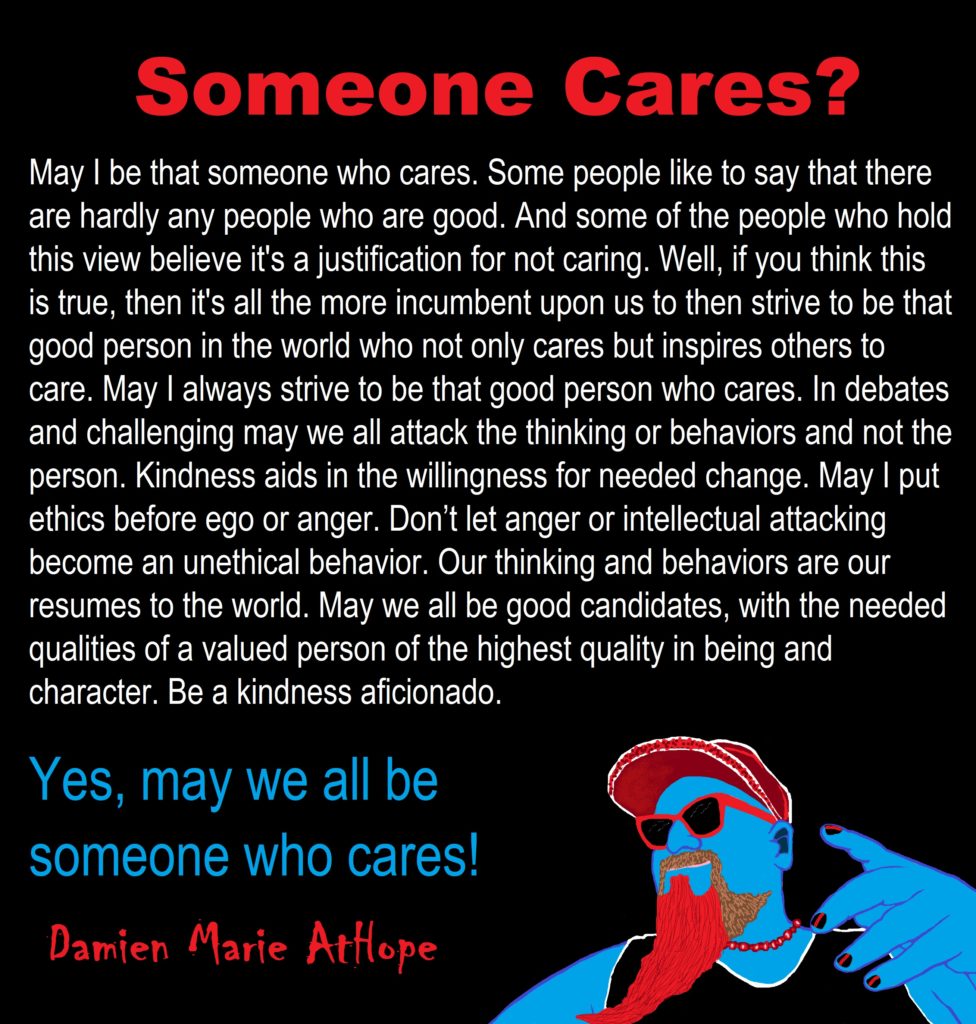
The Dimensions of Value
Dr. Hartman identified three dimensions of reality, which he called the Dimensions of Value. We value everything in one of these three ways or in a combination of these dimensions. The Dimensions of Value are Systemic, Extrinsic, and Intrinsic.
More About The Dimensions of Value
http://www.cleardirection.com/docs/dimensions.asp
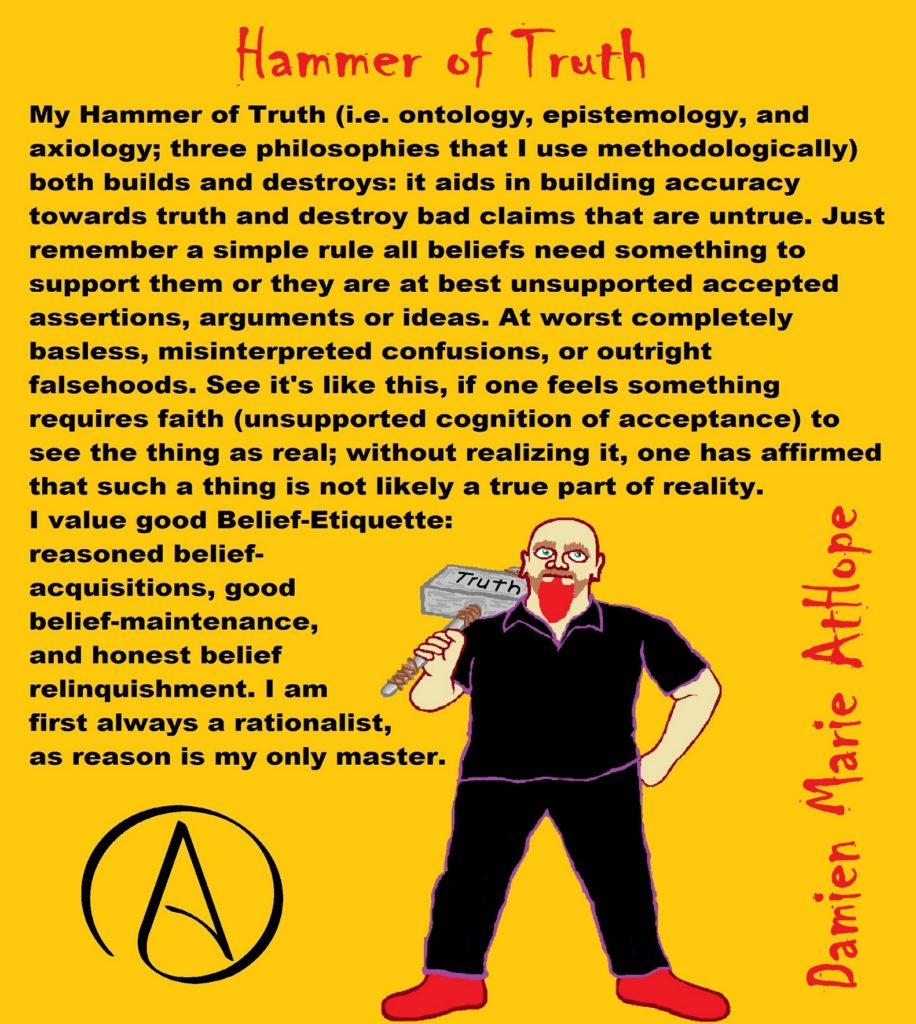
Hammer of Truth: Investigate (ONTOLOGY), Expose (EPISTEMOLOGY), and Judge (AXIOLOGY)
Formal Axiology – Another Victim in Religion’s War on Science (William J. Kelleher)
This essay will review a book entitled
The Essentials of Formal Axiology, by Rem B. Edwards.
Formal Axiology is R.S. Hartman’s foundation for the development of value science. In order to properly discuss Rem’s
This foundation consists primarily of three parts. These are his Value Axiom, the three dimensions of value, and his Value Calculus. While it may seem difficult to understand at first, due to its unfamiliarity, upon sufficient reflection, the reader will come to see that Hartman’s system truly can make researching and analyzing values as precise and illuminating of value reality as any natural science is about its subject matter. Just as the chemical formula for “water” is H2O, so Formal Axiology has the capacity to make the structure of values and of valuing equally as precise. Let us consider the three elements of Formal Axiology before turning to Rem’s treatment of the subject. – by Dr. Kelleher https://www.academia.edu/4545325/Formal_Axiology_Another_Victim_in_Religions_War_on_Science
The Three Elements of Formal Axiology
The first part of Formal Axiology is the Value
We can assign a numbered scale to the predicates in our definition, and measure exactly how much better or worse one chair is compared to another. Suppose we say that on a scale from 1 to 10, a
In the extrinsic dimension, object and conception are matched together. As we have seen, this process can result in measurable degrees of goodness. – by Dr. Kelleher https://www.academia.edu/4545325/Formal_Axiology_Another_Victim_in_Religions_War_on_Science
In the systemic dimension of value,
The intrinsic dimension of values is in the realm of feeling rather than in the more rational realm of measuring degrees or of making either/or judgments. Mary’s love of the set of chairs she and John bought can’t be quantified or even fully explained. The chairs just fit her aesthetic
Mary’s love of the chairs she and John bought can be notated as E I; or, E power I. That is, the intrinsic valuation of
Value Calculus Realism
Hartman’s Value Calculus takes a realistic, or fact-based, view of the world. People have and act upon values. Value scientists will seek to understand what those values are, and to analyze their structure. That empirical orientation is why the Value Calculus can serve as the formal side of the yet to be developed value sciences. To illustrate this realism, suppose that after church on Sunday Mary comments to her friend, Jane, that there are three things she loves most in the world. These are God, her new husband John, and her old dog Fido (no kids yet). How would a
But suppose Mary protests that she loves Fido even more than her chairs because he is a living thing, and the chairs are inanimate objects. So Mary’s love of Fido as a living organism requires a different value structure than her love of the chairs. Since “life” is a principle, or conception, which adds value to Fido, a different formula can be used: [E S] I; or, the intrinsic valuation of the systemic valuation of an extrinsic value. Take another example: Mary has surgery to remove the mole on her nose, and is delighted with the results. From the value scientist’s point of view, the value structure of this situation is, [I E] I. The doctor operating on Mary to improve her looks is marked as I power E, because Mary is an intrinsic value being acted upon, and action is an extrinsic value. Mary’s delight with the results is an intrinsic valuation of the doctor’s extrinsic valuation of her. So, this more complex formula is read as I power E power I; or, the intrinsic valuation of the extrinsic valuation of an intrinsic value. In the future, computers will be able to workout extremely complex value structures. In the Value Calculus, superscripts represent what Hartman calls “compositions”(positives) while subscripts are for “transpositions” (negatives) of value. For example, Mary hated that mole on her nose. The mole is an extrinsic value, and her hate for it an intrinsic disvaluation. The formula: E I; read as E sub I, or an intrinsic disvaluation of an extrinsic value. This is the same value structure as her
The Threat to Religion-based Morality
In a nutshell, then, this is Hartman’s Formal Axiology. It is the foundation, or computational framework, for the development of value sciences, but it
Hartman envisioned
Hartman predicted that among the coming value sciences would be a new form of political science which could become an authoritative, but not authoritarian,
Indeed, he outlined 18 different branches of the value sciences. Among these are a new form of aesthetics, economics, psychology, sociology, epistemology, jurisprudence, and literary criticism – all yet to be developed. Formal Axiology is intended to provide
The Structure of Value
Unfortunately, the book was slow to catch on, and tragically, Hartman died in 1973. A group calling itself “The Hartman Institute,” headquartered in Knoxville, Tennessee was given possession of Hartman’s voluminous unpublished writings, by his grieving widow, Rita, and in
The Augustinian Plot
Rem’s book presents itself as an explanation of R.S. Hartman’s Formal Axiology. But it is not that at all. Unhappily, it is a rambling, repetitious, screed bent upon so mutilating and misrepresenting Hartman’s work that no one will be interested in learning more about it. It is, in short, not a difference of opinion, but an act of sabotage. A little history will put this poison pill in its proper context.
In the Fifth Century, Saint Augustine formulated Church doctrine with such books as The City of God, which, among other things, disparaged Pagan beliefs and the study of nature. Philosopher Michael Polanyi notes that Augustine “denied the value of
As interest in science began to re-emerge with the Renaissance, one of the major challenges to Christian beliefs was brought by Copernicus. He claimed that the universe did not revolve around Earth, as Church officials taught, but that Earth revolved around the sun. Galileo used a telescope to gather evidence which, among other things, supported Copernicus. In the 1630s the blessed Bishops of the Catholic Church threatened Galileo with torture and prison if he didn’t recant some of his more offensive findings. Mindful of what happened to Giordano Bruno, Galileo complied. The astronomer Bruno went even further than
Now, if Rem and his group of True Believers in the Scope’s Trial sub-culture have their way, value science will suffer a fate like that of natural science under Augustine, and be neglected for the next 1000 years. They have already let Hartman’s main book, The Structure of Value, go out of print, even as they publish a stream of their own works on “Christian Values.” They have kept Hartman’s papers locked up in Tennessee, not put online, inaccessible to the world for nearly 40 years. Their Augustinian plot is well on its way towards success. – by Dr. Kelleher https://www.academia.edu/4545325/Formal_Axiology_Another_Victim_in_Religions_War_on_Science
Hartman’s Unitary Vision
As stated above, Hartman’s Formal Axiology consists primarily of three parts. These are his Value Axiom, the three dimensions of value, and his Value Calculus. Hartman presented these conceptions with math-like clarity. However, Rem’s strategy is to save religion by discouraging anyone from seeing the opportunity to build value sciences on the foundation Hartman has provided. Rem does this by misrepresenting the parts of Formal Axiology as the muddled musings of a Perplexed Philosopher, who deserves feint praise for his efforts but who has not left us with anything useful. For example, Hartman presents his “Value Axiom” as the core insight for FormalAxiology. It not only defines the meaning of “good,” but it enables the value scientist to see that the value realm consists of three dimensions of value – the extrinsic, the systemic, and the intrinsic. Awareness of these three dimensions makes possible the Value Calculus, which uses the letters E, S, and I. But, as we will see, the unity of Hartman’s vision is deceptively presented by Rem as an amateurish hodge-podge of disconnected nebulous notions. The role of vision in science has been well documented. Thomas Kuhn, the historian of science, has written that a field of natural science is defined by a“paradigm,” which is a vision of the field shared by its practitioners. Over time, this paradigm is “articulated” by working scientists. – by Dr. Kelleher https://www.academia.edu/4545325/Formal_Axiology_Another_Victim_in_Religions_War_on_Science
Hartman understood this when he wrote that the “cumulative process of science is the differentiation of the unitary vision.” Formal Axiology was his “unitary vision.” This vision captured, for him, “the infinite unity of the whole field … the integrative core of the totality of all the phenomena in question.” He saw the Value Axiom as “the symbolic form of the core of [the] phenomenal field [of values].” Hartman came to know the Value Axiom through “a direct and immediate intuition.” Rem refuses to honor Hartman’s presentation of the Axiom of Value as the foundation for a science of values. Instead, Rem refers to the Value Axiom throughout his book as “the Form of the Good.” He uses that term scores of times, while Hartman never used it in The Structure of Value. – by Dr. Kelleher https://www.academia.edu/4545325/Formal_Axiology_Another_Victim_in_Religions_War_on_Science
Rem uses the term in an attempt to characterize Hartman as a ladder day Platonist who has succeeded where Plato failed; that is, at defining the Form of the Good. Rem condescendingly praises this as an achievement that all academic philosopher scan admire, but of no practical use. By associating Hartman with Plato, who pursued “Forms” and had no interest in the mundane studies of science, Rem’s rubric aims to distract his readers from Hartman’s decidedly non-Platonic scientific intentions. While Hartman held a “unitary vision” of Formal Axiology, Rem denounces that as delusional. He argues ad nauseam that the three dimensions of value are neither inclusive of the entire value realm, nor deducible from the Axiom of Value, but are mere constructs and “attachments.” Rem challenges Hartman’s discussion of the three dimensions of value by asking, “How do we know that there are only three?” Without skipping a beat, Rem answered his own question by proclaiming, as if speaking for all humanity, “We don’t.” But he pats Hartman on the head for at least making a “great start” on thinking about values. – by Dr. Kelleher https://www.academia.edu/4545325/Formal_Axiology_Another_Victim_in_Religions_War_on_Science
Actually, Rem’s claim that the three dimensions of value “cannot be deduced or inferred from” the Value Axiom is true from a hyper literal-minded point of view. The three dimensions of value cannot, literally, be deduced from the words “goodness is conceptual fulfillment.” But Rem’s failure to see the unity of parts does not mean that no unity exists. Hartman often referred to “Gestalts;” that is, the vision of relations within a whole, as opposed to picking at words about the vision. A landscape painting might feature a tree, but there is also the sky, clouds, birds, the ground in which the tree is rooted, grass, flowers, and a blanket upon which picnickers are enjoying themselves. When a viewer says “the focus of this painting is a tree,” the rest of the picture “cannot be deduced or inferred from” the literal words about the painting. But all the parts are there when the picture itself is looked at, as a whole. Hartman wanted people to know that when contemplating the Value Axiom, which he primarily illustrated with examples of extrinsic value, the other two dimensions come into view as completing the Gestalt of the value realm. For the holistic thinker, the three dimensions cover the field, but not for Rem, who insists that the three dimensions were pulled from a hat. Indeed, Rem’s insistence that Hartman’s three dimensions can’t be “inferred or derived from it [the Value Axiom], despite his claim to the contrary, ” actually attributes a claim to Hartman that he never made. – by Dr. Kelleher https://www.academia.edu/4545325/Formal_Axiology_Another_Victim_in_Religions_War_on_Science
For Hartman, the three dimensions of value constitute the entire value realm of the human
The Moral Fallacy
Rem’s main strategy is to undermine Hartman’s claim that Formal Axiology is a “science,” and make it appear to be just another moral philosophy. Although Hartman uses such words as “good” and “goodness,” and even “bad” on occasion, he intends Formal Axiology to be a method for describing and analyzing actual value situations, and not at all a philosophy about prescribing what kinds of thoughts or actions are right or wrong, good or bad. For Hartman, Formal Axiology is no more a moral system
Rem tries to give Hartman’s use of the word “goodness” a moral gloss by contrasting it with the term “badness.” Rem writes
For Rem, “values” cannot be understood, except through the interpretive framework of religious morality, the only frame of reference he can imagine. As Hartman intended
For value sciences, “goodness in general” is the Value Axiom – that goodness can be measured as degrees of conceptual fulfillment. “Moral goodness” is a subset of goodness in general. Indeed, there won’t be any single theory of “moral goodness” in the value sciences, as there is in religion. Instead, moral goodness will be divided up as applied elements of the value science “ethics,” the value science “psychology,” “political science,” and other yet to be spelled out value sciences. These fields of pure research will develop applied branches which will then make recommendations about “morals,” that is, how to avoid or reduce value transpositions and enhance value compositions. One analogy is the growth of public health knowledge over the past century. – by Dr. Kelleher https://www.academia.edu/4545325/Formal_Axiology_Another_Victim_in_Religions_War_on_Science
As an example of Formal Axiology’s non-moralistic perspective, a murder can be “good.” That is, if a “good murder” is defined as “the unlawful killing of another person without leaving any evidence behind,” then one murder can be better than another. A “bad” murder would be one at which the murderer left behind his business card and a
While the same value structure as killing in the name of a religion,
Components of the Value Calculus
As we have seen, there are three primary components of the Value Calculus. These are the initial position, in which the object of valuation is notated, the valuation of that object, and nesting as a way to show successive valuations. For Rem, Hartman’s Value Calculus is an abomination. He seems to find two aspects of it especially repugnant. We noted earlier that because value science is empirically oriented, God is classified as a conception in the minds of people. As such, God is a systemic value (which can be valued intrinsically by believers)
Why Only Persons in the I-value Category?
Regarding his first objection, Rem raises a legitimate question; that is, why is the I-value in the initial position of the Value Calculus reserved only for persons? In other words, why did Hartman treat people in the Value Calculus as categorically unique in value compared to any other living creature, or
While Hartman does not say this, it seems that another weighty reason for giving persons a special category in the Value Calculus is that doing so enables the calculus to work. In other words, it is an intellectual commitment in the same sense that the commitment to “zero” is necessary for mathematics to work. Nobody has ever seen, touched, or measured “zero,” or nothing, but the concept is a necessary a priori condition for
But Hartman’s intrinsic value category for persons is regarded with horror by Rem, who sees it as heresy. Thus, Rem throws everything he’s got at it, in the hope that something negative will stick with the reader. “Traditional Christian theology,” Rem righteously declares, “was much more inclined to call us human beings infinitely
A believer in the First Commandment, Rem invokes the wisdom of those theologians who see granting persons intrinsic value as a form of “heresy and a blasphemous self-deification.” Such a value category for human beings is “definitely not anywhere in the Bible.” A Knight of Faith, defending the doctrine of Original Sin, Rem reminds his readers that “Traditional Christianity clearly did not affirm that we have infinite value because of properties that we inherently possess [such as being born sinners].” Rem goes on at some length “refuting” Hartman’s special value category for the person. Concluding this section, Rem seriously wonders whether the Christian theologian, Reinhold Niebuhr (and perhaps Elvis), would see Hartman as “a devil in disguise, a finite being pretending to be infinite?” If Rem’s first line of attack has not put the fear of Jehovah in his readers and sent them running from the Value Calculus, he has other resources. As another line of
To make Hartman look confused, Rem offers the baseless observation that in deciding what to include in the Value Calculus category of intrinsic value, Hartman’s “position on animals was ambiguous, to say the least.” Rem takes credit for clarifying Hartman’s perplexity by adding animals to the category, “as well as other unique conscious beings like God.” – by Dr. Kelleher https://www.academia.edu/4545325/Formal_Axiology_Another_Victim_in_Religions_War_on_Science
This misrepresentation reveals one of Rem’s tactics, which is to conflate uses of the word “intrinsic,” like in a shell game, and then attribute the confusion he causes to Hartman to make him appear as a Perplexed Philosopher. After executing this
Rem’s Attack on the Forms of Valuation
Having demolished the clarity of the I-value category, or hoping he did so, Rem goes to work on the three forms of valuation. Rem knows that if the S, E, I forms of valuation are not as clear and distinct as the numbers 1, 2, and 3, the Value Calculus will seem to his readers to be a useless hodge-podge of blurry notions. Then Hartman’s foundation for the science of values will appear to be about as solid ground as a mud puddle, and no one will want to try to build on that. To that end, Rem shamelessly states the sheer fabrication that a “continuum of feelings runs throughout the three dimensions, so no sharp affective lines separate them.” – by Dr. Kelleher https://www.academia.edu/4545325/Formal_Axiology_Another_Victim_in_Religions_War_on_Science
Why not say this? Since Hartman’s book has been out of print for at least a couple of decades, who’ll know the better? In case the reader missed the point, he repeats that S, E, or I valuation “typically differs significantly by degrees,” and that “all valuations are on a continuum of feelings; the lines between them are never drawn with exactitude.” Also, “The lines between the three are not absolutely sharp.” Let us then re-examine the differences between the three forms of valuation to test the veracity of Rem’s remarks. – by Dr. Kelleher https://www.academia.edu/4545325/Formal_Axiology_Another_Victim_in_Religions_War_on_Science
S Value
A systemic valuation is a linear assessment of whether or not a thing fits in a certain category. Suppose Joe spots a coin in the street. He picks it up and assesses its proper category in an instant. Clearly, a penny is not a nickel, nor a dime a dollar – no matter how
I Value Intensity
An intrinsic valuation is a positive or negative feeling about something. Anything imaginable can be valued or disvalued intrinsically. A house, a car, an idea, a philosophical system, a TV program, a fairy tale, a star, the moon, a Martian, another person. It can be a slight feeling or a strong feeling. Indifference is no feeling about something, and thus not an intrinsic valuation. But the tiniest step, positive or negative, beyond indifference is an intrinsic valuation. Mary’s interest in the TV show, “Days in Our Lives,” is a positive feeling, and her disgust with “The Friday Night Fights” a negative feeling. John’s feelings are the reverse. But these are not intense feelings, so neither wants to murder the other for their different preferences. Rem, however, writes as though the “I” in intrinsic value stands for “intense.” For example, he characterizes the intrinsic valuation of systemic values, such as ideas, or philosophies, as involving “Intense curiosity or wonder,” “intense concentration,” or otherwise being “intensely involved” with an idea, etc. – by Dr. Kelleher https://www.academia.edu/4545325/Formal_Axiology_Another_Victim_in_Religions_War_on_Science
Rem earnestly assures us that “If we love anything with all our heart … we evaluate it intrinsically, we are one with it.” From there, Rem’s continuum moves to dimensions with less intense valuations. “Extrinsic evaluation is liking but not loving.” – by Dr. Kelleher https://www.academia.edu/4545325/Formal_Axiology_Another_Victim_in_Religions_War_on_Science
Rem further mutilates the lines that distinguish valuations by telling his readers that when negative emotions are “in their extreme forms they manifest intrinsic disvaluation. They may also be quite tame, mild, ordinary, and less extreme, thus extrinsic.” Nonsense! – by Dr. Kelleher https://www.academia.edu/4545325/Formal_Axiology_Another_Victim_in_Religions_War_on_Science
E Value
Unlike the feelings of intrinsic
There is no limit on the number of predicates someone can set out as a measure of goodness. Specifying a back, a seat (for one sitter), and four legs only
Formal Axiology is the general system to which each new value science will connect as a subsystem, like the various natural sciences connect to mathematics. – by Dr. Kelleher https://www.academia.edu/4545325/Formal_Axiology_Another_Victim_in_Religions_War_on_Science
Math and the Cult of Hartman Fixers
Besides his Ph.D. in philosophy, Hartman also had a law degree and a Ph.D. in math. Given his interest in math, there are some lengthy discussions of that subject in The Structure of Value. For example, in reference to the Calculus of Value, he writes, “There are nine compositions and nine transpositions of the three value categories.”– by Dr. Kelleher https://www.academia.edu/4545325/Formal_Axiology_Another_Victim_in_Religions_War_on_Science
That is, each of the S, E, I categories of value can be valued with a positive or a negative systemic, extrinsic, or intrinsic valuation. By
As mentioned earlier, nesting begins with tertiary combinations. There are “108[possible] tertiary value combinations.” Using a double nest, there are “648quaternary combinations, and so on.” – by Dr. Kelleher https://www.academia.edu/4545325/Formal_Axiology_Another_Victim_in_Religions_War_on_Science
Theoretically, there is no end to the complexity of Value Calculus combinations for illuminating value situations. We also saw above that there is plenty of opportunity for mathematical complexity in the application of extrinsic value. Hartman writes, “like a mathematical formula in the natural sciences, a value formula is capable of infinite interpretation.” – by Dr. Kelleher https://www.academia.edu/4545325/Formal_Axiology_Another_Victim_in_Religions_War_on_Science
Indeed, Hartman was so taken by the parallels he saw between mathematics and the applications of extrinsic value and the Value Calculus that he frequently digressed into discussions of math throughout his book. Hartman experimentally drew parallels between his concepts of systemic, extrinsic, and intrinsic values, and mathematical theories of “finite numbers,” “denumerable infinities,” and “non-denumerable infinities.” He thought that by making such heuristic comparisons, there would be all kinds of “interesting possibilities for the axiological scientist.” – by Dr. Kelleher https://www.academia.edu/4545325/Formal_Axiology_Another_Victim_in_Religions_War_on_Science
Although a math lover (thus, S I, the same value structure as the love of God), Hartman was fully aware that it was only incidental to Formal Axiology, and not essential to it. That is one reason why he specified the “Metaphysical Fallacy;” an error of
Commission of this Fallacy shows a failure to understand that Hartman intended his Value Calculus to be the primary computational system for the value sciences, analogous to the role of math in the various natural sciences but not reliant upon it. Just as math enables natural scientists to articulate formal structures for the phenomena they study, so the Value Calculus will enable value scientists to articulate the formal structures of their phenomena. Unable, or unwilling, to separate the wheat from the chaff, Rem completely misrepresents the role of math in Formal Axiology. Seeing that Hartman took his parallels “from set theory and transfinite math,” Rem leaps to the unwarranted and false conclusion that transfinite mathematics is as essential to Formal Axiology as are the Value Axiom and the three dimensions of value. Although Hartman warned against the confusion of math with the Value Calculus, Rem writes deceptively that “He thought there could be no real science without mathematical formulas.” – by Dr. Kelleher https://www.academia.edu/4545325/Formal_Axiology_Another_Victim_in_Religions_War_on_Science
Then Rem rejects as “unworkable…Hartman’s own calculus of value, based as it was on applied transfinite mathematics and set theory.” Too bad: “Formal axiology will just have to find another math” Rem declares triumphantly, “We are only halfway there in creating a science of value.” And, “Having a formal calculus of value that is isomorphous with its subject matter still awaits the insights of creative mathematicians.” – by Dr. Kelleher https://www.academia.edu/4545325/Formal_Axiology_Another_Victim_in_Religions_War_on_Science
Thus Rem hopes to discourage everyone but a few “creative mathematicians” from trying to develop any value sciences based on Hartman’s Formal Axiology. Taking their cue from Rem, the Board of Directors of the Hartman Institute has made one of their five most “important goals … To develop a formal Calculus of Value that really works.” – by Dr. Kelleher https://www.academia.edu/4545325/Formal_Axiology_Another_Victim_in_Religions_War_on_Science
Oblivious to the meaning of the Metaphysical Fallacy, the Quest for this Holy Grail has inspired a whole crop of Hartman Fixers and other Lilliputians. Their motto seems to be “We must fix Hartman before we understand him!” The Institute publishes a pricey members-only journal full of “Hartman fixes.” Although pledging their dedication to “fixing” Hartman, the honorable Board, as noted above, has let his main book go out of print, and since 1977 has kept his unpublished materials stored in about 60 boxes in Knoxville. – by Dr. Kelleher https://www.academia.edu/4545325/Formal_Axiology_Another_Victim_in_Religions_War_on_Science
Conclusion
Rem dedicates this book “to the loyal Officers and Board Members of the Robert S. Hartman Institute.” He praises them for toiling selflessly to fulfill the promise they made to Hartman’s widow, so as to obtain legal possession of Hartman’s published and unpublished writings, lectures, and speeches. According to Rem, that promise was “to make Hartman’s work available to the world.” viii This promise is their self-set standard of goodness. Applying this standard to the efforts put forth so far, how would you rate them? Judging by their behavior, one might wonder whether their actual intentions have always been to duplicate the success of St. Augustine. With lots of help from Rem, they are doing “good” at that! – by Dr. Kelleher https://www.academia.edu/4545325/Formal_Axiology_Another_Victim_in_Religions_War_on_Science
William J. Kelleher, Ph.D.Email:wjkellpro@aol.com
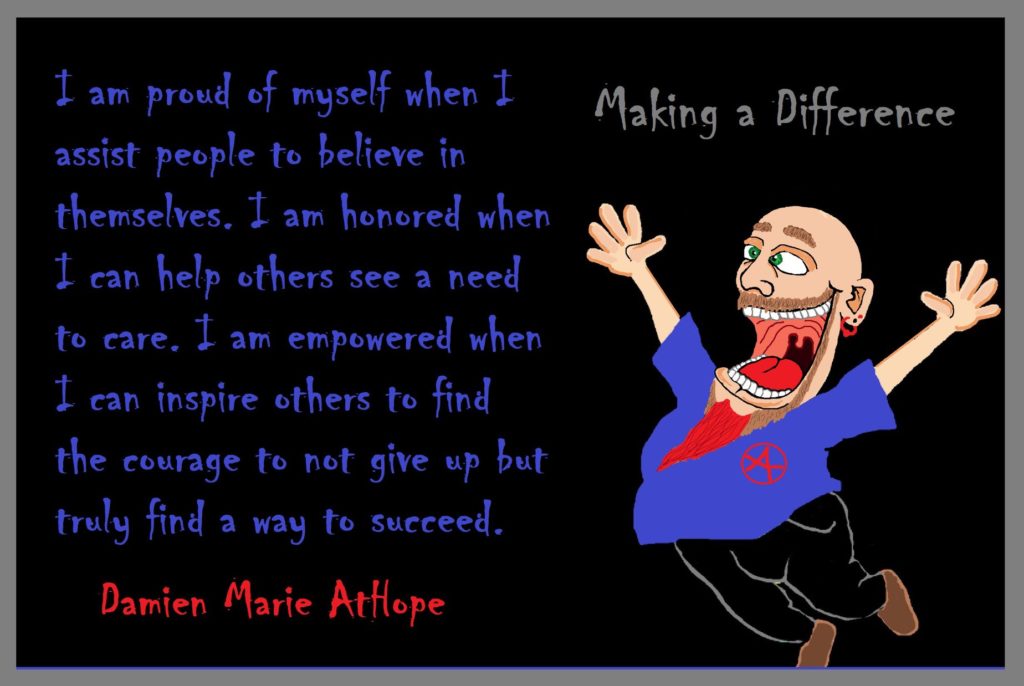
From this primary value axiom two “fallacies” and two “enhancements” follow.
Value Fallacies: The Ideological Fallacy — to value ideas over persons. The Instrumental Fallacy — to value persons solely for their usefulness.
Value Enhancements: The Ideological Enhancement — using ideas to enhance or enrich the lives of persons. The Instrumental Enhancement — using persons to enhance or enrich their lives. –Progressive_Logic_Framing_a_Unified_Theory_of_Values_for_Progressives
Several members have made fortunes as business consultants using the Hartman Value Profile, but these “HVP millionaires” refuse to fund the publication of a free, peer-reviewed open access online journal from which scholars around the world could learn, and to which they could contribute to help in the development of the value sciences.
Axiology: Two Worlds in Three Dimensions of Value http://www.valueinsights.com/axiology3.html
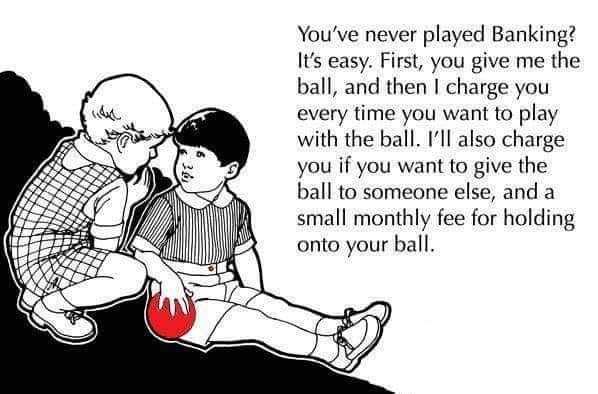
Strong Humanist & Firebrand Atheist?
Some argue that strong firebrand atheists are a threat to the Humanism or even Atheism movements. Others try to say that some dictators, such as, Stalin and Polpot who were claimed to be atheists and killed people.
It is said time and again that we should not have hard atheist stances. I reject this as flawed thinking because most claimed atheist killers did not kill for atheism but were killers who may have rejected the concept of gods. Likewise, in two other ways, I will reject this reasoning; first, my hard stance is humanitarian and as such, the hate of injustice is the motivation for justice. The other being, even if atheists had killed, it means little, as it would be only the people involved.
In a sense, all atheists are an island of personal persuasion, belief, and accountability. As such, atheism is not an actual group or sect like a religion and so we have no affiliations to the action or philosophical thinking of any other nonbelievers. As an axiological atheist and a strong firebrand, I proclaim all god myths are moral monsters, if nothing more than they are claimed to create all or have a supreme power.
Thus, the sensation of pain experienced by almost every living being is their crime and all suffering is their direct responsibility or guilt. Life could have been different with a just and caring god. Insects and other invertebrates do not experience pain and people with the condition known as “Congenital Analgesia” or “Congenital Insensitivity to Pain” also do not experience pain as we do and thus your god myth is a moral evil!
Therefore, good riddance to the entire silly god delusions, not only is the myth of “god dead” but that evil myth deserved to die, so good riddance to bad rubbish!
The way of reason may have many paths but it only has one side they all should fall under, the truth. I wish to help people enlighten themselves. I see the requirement is a willingness to be kind as a way of life. Rise to the greatness of love not the fall of shame in hate. Anarchism was not a choice but a humanistic realization.

Humanism and Economics?
I value all people as equal human beings regardless of class or social standing. I always see the worth of the person. I am very against classism and all such prejudice or discrimination basis on social class. This includes individual attitudes and behaviors, systems of policies and practices that are set up to benefit the upper classes at the expense of the lower classes including people without means such as vagrants or homeless.
The current system, sadly, works on the premise in which the less you have, the less you get. And to me as an axiologist this current system is not an ethical just way to apply humanity. Religion and gods are archetypal classism and all such prejudice or discrimination basis on social class.
A benefit of application axiology is to present a clearer view of value, not something which we do without thinking but under positive intentionality. Intentionality of axiology view of value or what lacks value is the power of minds to be about, to represent, or to stand for, things, properties and states of affairs valueizing/value judgments are utilized or needed. Intentionality of axiology new view of value is presented for the sake of positive benefit establishing a future ethical humanistic persuasion in society.
I hold an axiology goal that our future society is a secular humanistic society that will be built by people of ethical humanistic persuasion, whose intellect, emotion, and will are centered on a Heart of equality, liberty, ethical care and justice.
I hold an axiology goal that the faculties of intellect, emotion, and will motivate us to seek the values of trueness, goodness, and ethical humanity, respectively, and through these, a society of trueness, a secular humanistic society hopefully be championed and actualized. Since axiology is a theory that deals generally with the values of trueness, goodness, and ethics, axiology is the general cohesive theory serving as a basis for these particular theories.
I also hold an axiology goal that such a future society will thus be a society where the values of trueness, goodness, and ethical humanistic persuasion will be realized; in that society, the economy will attain a high level of development through the progress of science, solving, once and for all and completely, all the economic problems of society.
Such an axiology driven society where the values are realized and actualized through the give-and-receive action between subject and object. As a result, there are two aspects in value: as the aspect of the essence of value, which is possessed by the object, and the aspect of the actualization of value, which takes place between tile subject and tile object.
The former is called “potential value,” and the latter, “actual value.” The essence of value, or potential value, consists of the purpose of creation of tile object and the harmony between paired elements existing in the object.
I am against classifying humans by wealth, even though I agree that is how it generally is in our world. To me we are all equal, the factor of “money” should not disseminate difference as humans as it is external to them and not them. And wealth inequality should concern you too. We should wonder if any psychological issues are attached to say being rich or poor? Like how wealth may lower compassion or how poverty harms the brain, etc. All human beings are 99.9 percent identical in their genetic makeup. Ref, Ref, Ref
Marquis Amon “Excellent. The problem we face in our current system is that as you said in two different ways. 1, the less money you make, the less you have. 2, that money should be transferred positively. The wealthy can make a huge profit off of just interest, without lifting a finger. Who pays for it? The workers who often do not see a dime. If productivity is increased and wages remain the same, the rich get richer and the working man gets poorer. Wages are mostly not indexed for inflation, either. So again, the working person pays more. You talked about human labor value that in ideology is high yet in

Ontology of Money using Humanistic Economics in Society:
First, a prosocial humanistic Social theory should motivate your economic system, not the economic system motivating your social theory. Humanistic sociology seeks to shed light on questions such as, “What is the relationship between a man of principle and a man of opportunism?” It can be seen that any answer to such a question must draw on experience and facts from many disciplines. In sociology, anthropology and linguistics, structuralism is the methodology that elements of human culture must be understood in terms of their relationship to a larger, overarching system or structure. It works to uncover the structures that underlie all the things that humans do, think, perceive, and feel. Structuralists influenced by humanistic sociology will interpret data in terms of opposing valuations, contrasts, and relations. Interpretation of the data must be contextual.
Structuralism allows for a realist analysis (structures represent an organized reality) in relation to the larger social system. By understanding the larger social system, you are differentiating from post-modernism, which seeks to describe society by its lack of structure, or fragmentation. Structuralism was developed in post-war Paris as a response to the perceived contradiction between the free subject of philosophy and the determined subject of the human sciences; and drew on the systematic linguistics of Saussure for a view of language and culture as a conventional system of signs preceding the individual subject’s entry into them. Lévi-Strauss in anthropology systematised a structuralist analysis of culture in which the individual subject dissolved into a signifying convention; the semiological work of Roland Barthes (1977) decried the cult of the author and indeed proclaimed his death; while Lacan‘s structuralist psychoanalysis inevitably led to a similar diminishment of the concept of the autonomous individual: “man with a discourse on freedom which must certainly be called delusional…produced as it is by an animal at the mercy of language”. Taking a lead from Brecht‘s twin attack on bourgeois and socialist humanism, Marxist philosopher Louis Althusser coined the term “antihumanism” in an attack against Marxist humanists, whose position he considered a revisionist movement. Althusser considered “structure” and “social relations” to have primacy over individual consciousness, opposing the philosophy of the subject. For Althusser, the beliefs, desires, preferences, and judgments of the human individual are the product of social practices, as society molds the individual in its own image through its ideologies. For Marxist humanists such as Georg Lukács, revolution was contingent on the development of the class consciousness of a historical subject, the proletariat. In opposition to this, Althusser’s antihumanism downplays the role of human agency in the process of history. Ref
Money both Friend and Foe:
The concept of money, is a means of transportation from a good or service into a universal tool to buy things like goods and services. This money is not something bad in and of itself, rather it is only a unit of value with universal utility. What can make money bad is how it is used, as in money should be used positivity to help people by its universal transfer utility not it’s negotiable power used to create oppression of people. And debt is both a hope for freedom and the last nail in freedoms coffin.
Denying a Worker’s Worth:
Why is the beloved cost of human worth generally seen as high but the cost of such a valuable being’s labor is valued so low as to only offer them a full-time working wage that at minimum wage, which is unlivable in the society for which this worthy being lives and the job is at? What is the value of a American life? Well, a surviving spouse or child may receive a special lump-sum death payment of $255 if they meet certain requirements.
Humanistic economics
From Wikipedia: Humanistic economics is a distinct pattern of economic thought with old historical roots that have been more recently invigorated by E. F. Schumacher‘s Small Is Beautiful: Economics as if People Mattered (1973). Proponents argue for “persons-first” economic theories as opposed to mainstream economic theories which are understood as often emphasizing financial gain over human well-being. In particular, the overly abstract human image implicit in mainstream economics is critically analyzed and instead, it attempts a rethinking of economic principles, policies, and institutions based on a richer and more balanced view of human nature. According to Schumacher: “Call a thing immoral or ugly, soul-destroying or a degradation of man, a peril to the peace of the world or to the well-being of future generations; as long as you have not shown it to be uneconomic you have not really questioned its right to exist, grow, and prosper.”
Overview
Humanistic economics can be described as a perspective that imbues elements of humanistic psychology, moral philosophy, political science, sociology and common sense into traditional economic thought. Or, to define it more formally, contemporary humanistic economics seeks to:
- describe, analyze and critically assess prevailing socio-economic institutions and policies
- provide normative (value) guidelines on how to improve them in terms of human (not merely “economic”) well-being
In the process, basic human needs, human rights, human dignity, community, cooperation, economic democracy and economic sustainability provide the framework. At its foundation, humanistic economics seeks to replace atomistic economic man with a more holistic human image. One approach is broadly based on Abraham Maslow’s humanistic psychology.
Characteristic elements
According to Mark A. Lutz, five characteristic elements of humanistic economics can be summarized as follows:
- A history that goes back two centuries and starts with the new political economy of J.C.L. Simonde de Sismondi and extends to E.F. Schumacher and beyond.
- A critique of contemporary micro- and macroeconomic theories, particularly those relating to efficiency, equality, agency, motivation, work, unemployment, comparative advantage, globalization, ecology, social accounting and macroeconomic stability.
- A critical analysis of socio-economic institutions, including property, corporate power, the workplace, and the global institutions governing international trade and finance.
- A normative analysis based on human dignity and basic rights that addresses issues of poverty amidst plenty, economic democracy, ecological sustainability and socio-economic development.
- A realist philosophical discourse opposed to all kinds of nominalism, relativism, scientific positivism, and post-modernism. https://en.wikipedia.org/wiki/Humanistic_economics
Progressive Logic by William J. Kelleher, Ph.D.
Summary: What are the implications of Formal Axiology for assessing the value implications of public policies, laws, and government actions? This can already be seen in the history of Progressive reforms throughout American history. What does the Abolition movement have in common with the anti-child labor movement, the demands for compulsory public education, pro-choice, euthanasia, criminal justice reform, and other public policies considered“progressive”?
Progressive Logic
Shows that the common element is a logic of values which takes as its basic premise that “all persons always deserve positive regard.”From this primary value axiom two “fallacies” and two “enhancements” follow.
Value Fallacies:
The Ideological Fallacy — to value ideas over persons.
The Instrumental Fallacy — to value persons solely for their usefulness.
Value Enhancements:
The Ideological Enhancement — using ideas to enhance or enrich the lives of persons.
The Instrumental Enhancement — using persons to enhance or enrich their lives.
These principles of value logic are applied to numerous aspects of American life, culture, and public policies. Ref
I am a high thinking primate, just trying to live an honorable life, being of service to others, and I wish as a life’s mission to be a kindness aficionado. And, I like to contemplate humans, humanity, and human flourishing.
I think of myself as an anarcho-humanist and my core definition of Humanism, is that humans can solve human problems by human means. I am not saying other things can’t or shouldn’t be added to it but to me, a definition of humanism must always contain something coherent to such a thinking or not contradict such as I have offered. Thus, why it is appropriate to say “good without god” when one is a humanist.
- I am Responsible
- Why Does Power Bring Responsibility?
- Rationalism, Freethinker, Humanism & Secular humanism?
- Confusions in Atheism and Humanism
- In
general I am a Universal Ethicist - Individualism, Represents Self-Reliance and Hostility to a Connected Humanity
- Axiological Dignity Being Theory

Be thoughtful in what you say, because, words once released have power, due them being a method of transferring feelings not just ideas. Words are world builders and dramatic destructors. They can build mental castles to protect or dungeons to torment. May I strive to be kind to others with my words. And, I think back on my life, it’s not the times I was the most selfish but the times I was kind, that brighten my life. May I now make an even stronger effort to do so in all I do, as it’s so valuable to an enriched well-being in life.
Anyone can be cruel but it seems only people strong in developing value can be kind.
Atheist Anarchists Facebook Group
My Atheist Anarchist Page: Axiological Leftist
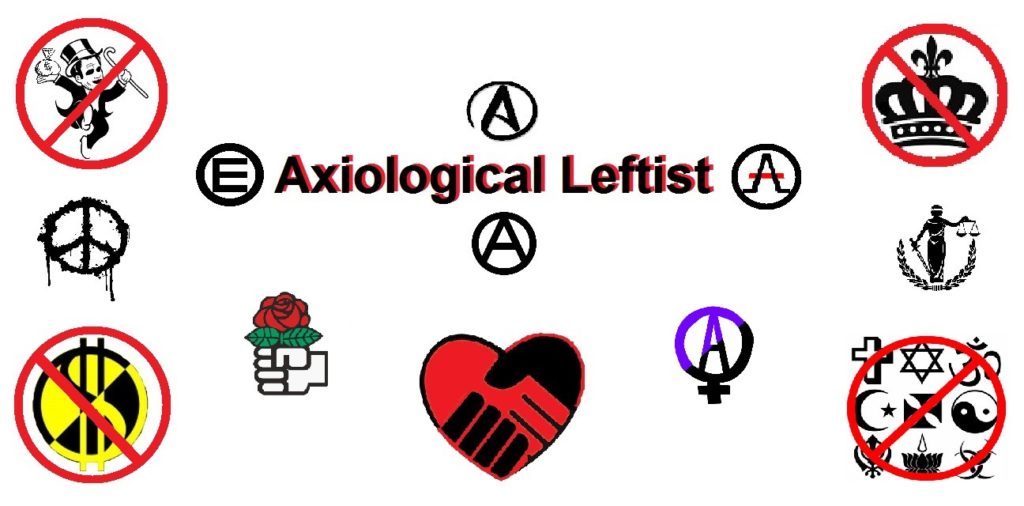
Axiological Leftist: involves eclectic Liberal and Leftist conceptions mainly involve Natural Rights Libertarianism, Left-Libertarianism, Anarcho-Naturism, Green Anarchism, Dialectical Naturalism, Anti-capitalism, Progressive, Secularism, Democratic Socialism, Libertarian Municipalism, Radical Minarchism, and Anarcho-Mutualism Political Philosophies with Axiology. Axiological Leftist would value mutualistic municipal type minarchism small-government egalitarianism with nobody as a one leader no president, governor, mayor, etc. Two things I think you’ll find common to most mutualists: an advocacy of a kind of market socialism and a strong emphasis on ethics, particularly on “mutuality” and reciprocity. While this page may be outright negative to the right, conservatives, or republicans and at times somewhat positive to some democrat values or positions, It will challenge and attack democrats as well if applicable.
Overall Axiological Leftist is not Statist (Hierarchicy) but can lean toward Liberal values, supporting Civil Rights, Women’s Rights, LGBTQI Rights, Human Rights, Universal Health Care, Abortion Rights, Same-Sex Marriage, Radical Federalism, Direct Democracy, Non-Hierarchical Governance, Reasonable Gun Control, and Environmental Protection.
My Atheist Anarchist Page: Axiological Leftist
My Atheist Anarchist, Humanist Philosophy Group: (HARP) Humanism, Atheism, Rationalism, & Philosophy
My Atheist Anarchist Anti-Trump Group: Atheists Against Trump

Do Direct Democracy and Reject Representative Democracies
“Learn About Direct Democracy and Its Pros and Cons”
“Direct democracy or pure democracy is a form of democracy in which people decide on policy initiatives directly. This differs from the majority of currently established democracies, which are representative democracies.
Anarchists have advocated forms of direct democracy as an alternative to the centralized state and capitalism; however, others (such as individualist anarchists) have criticized direct democracy and democracy in general for ignoring the rights of the minority, and

However, it should be highlighted that, in fact, Direct democracy is a form of democracy in which people decide (e.g. vote on, form consensus on) policy initiatives directly. And Libertarian Marxists, however, fully support direct democracy in the form of the proletarian republic and see majority rule and citizen participation as virtues.
(Libertarian Marxism refers to a broad scope of economic and political philosophies that emphasize the anti-authoritarian aspects of Marxism. Early currents of libertarian Marxism, known as left communism, emerged in opposition to Marxism–Leninism and its derivatives, such as Stalinism, Ceaușism and Maoism. Libertarian Marxism is also often critical of reformist positions, such as those held by social democrats.)
Furthermore, the Young Communist League USA

I don’t support Tyranny of the Majority
To me, there is no perfect pill to fix everything but we must bravely do what is best and this requires dualistic spheres of respect for human being and existence. The individual should work within the group honorably with care and understanding that one should hold respect for the sovereignty of

The tyranny of the majority (or tyranny of the masses) is an inherent weakness of majority rule in which the majority of an electorate can and does place its own interests above, and at the expense of, those in the minority. This results in oppression of minority groups comparable to that of a tyrant or despot, argued John Stuart Mill in his 1859 book On Liberty.
I am for humanistically aware and dignity respectful, universal ethical laws.
To me, crime should be treated like a antisocial mental health problem in locked down mental health groups thus treated with therapy not housed as punishment in prisions where many get worse just to be unleashed to society. And I know all the gun supporters must be down with this too as they “CLAIM” to support mental health every mass murder with guns, claiming the real problem is mental health issues.
I Am not Pro Guns or Anti guns.
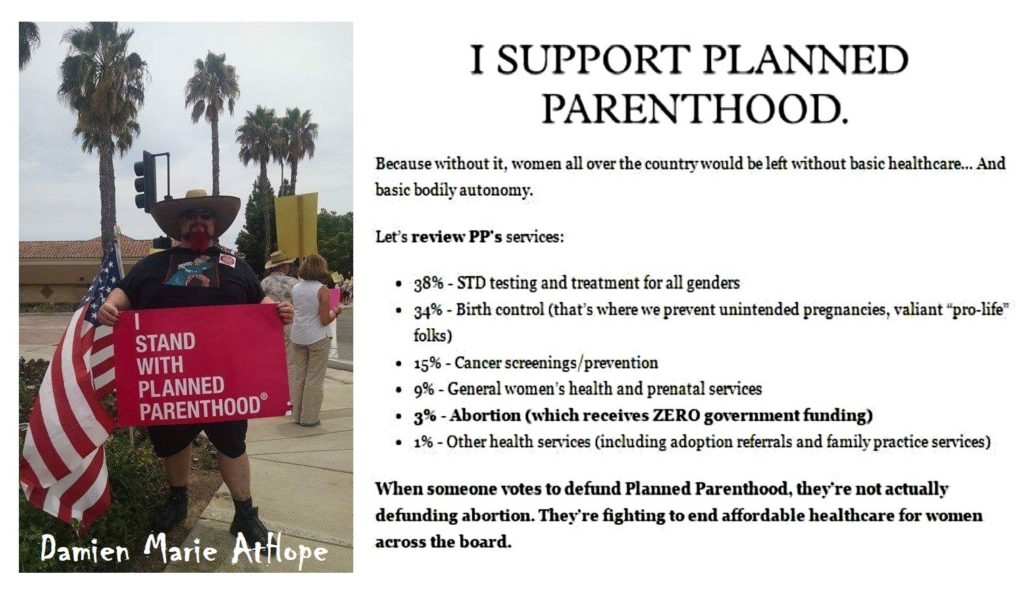
Libertarian socialism (socialist libertarianism or socialist anarchism) is a group of anti-authoritarian political philosophies inside the socialist movement that rejects the conception of socialism as centralized state ownership and control of the economy. Libertarian socialism is close to and overlaps with left-libertarianism, and criticizes wage

Libertarian socialists advocate for decentralized structures based on direct democracy and federal or confederal associations such as libertarian municipalism, citizens’ assemblies, trade unions, and workers’ councils. All of this is generally done within a general call for libertarian and voluntary human relationships through the identification, criticism, and practical dismantling of illegitimate authority in all aspects of human life. As such, libertarian socialism seeks to distinguish itself from both Leninism/Bolshevism and social democracy. ref
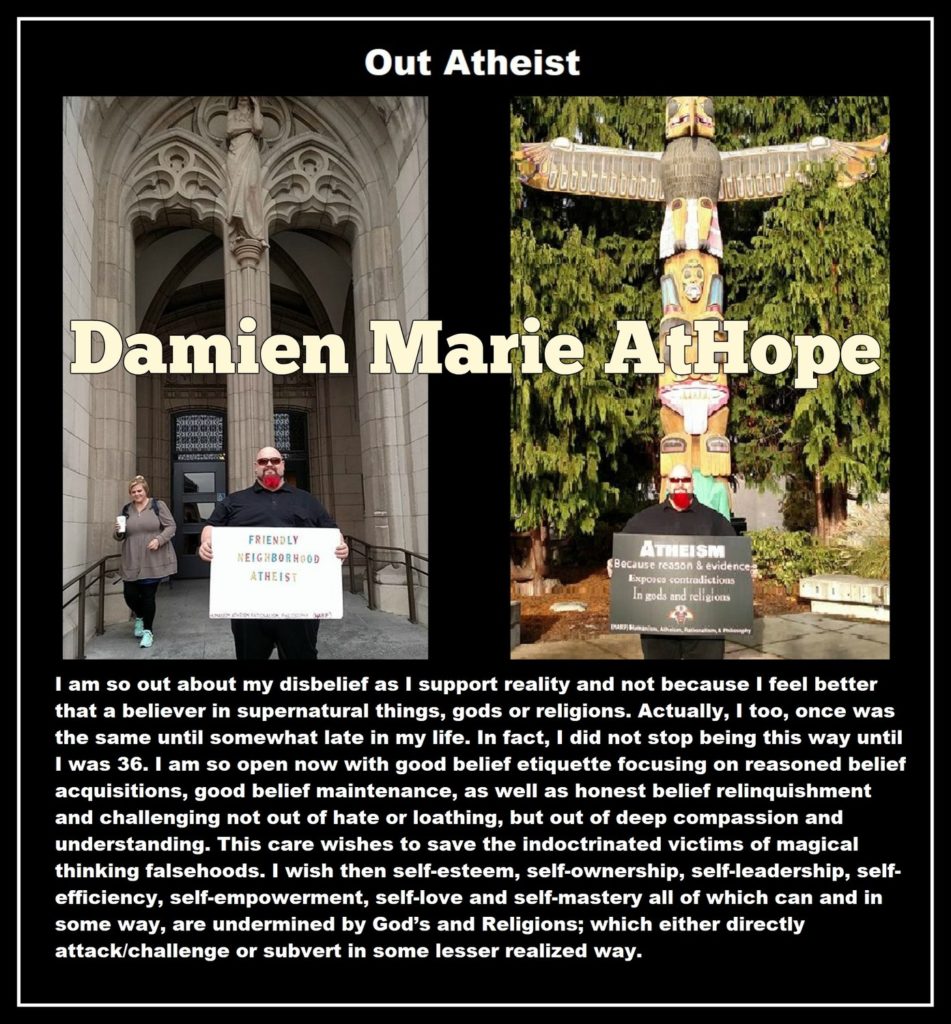
Why keep talking about atheism or push reason?
Because we can change people’s lives if we never stop speaking the truth that religion and god are a lie, it frees people’s lives to be given reason. I do believe you can reason people out of faith, to think otherwise is patronizing that people can never change by reason but counseling often a kind of reason therapy demonstrates just the opposite.
Past and present political philosophies and movements commonly described as libertarian socialist include anarchism as well as autonomism, Communalism,
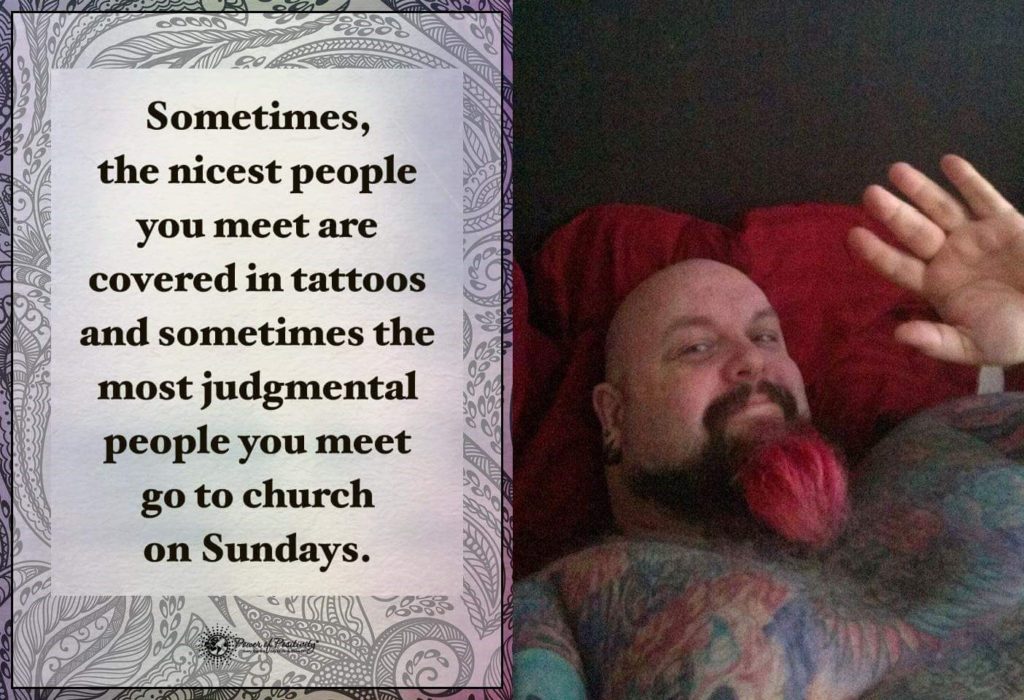
I am not just different in my thinking on one subject, rather I am usually refined in all my thoughts. When a mind is willing to see itself as wrong, such a mind is a free thinker.
Do you believe in god?
Well, first, what is a god? Are you asking me if magic exists? Well, my answer as an ignostic atheist is, first prove the actuality of simple magic before you try to ask anyone about the possibility of some supreme magic. I am a hardcore methodological rationalist and will believe nothing without valid and reliable reason and evidence neither will I ever be pushed any skepticism unless I first appeal to its reason. Thus my default is like a null hypothesis: “no beliefs are true” then it must be proven otherwise with valid and reliable reason and evidence before I entertain any firm belief. I strive to employ an intellectually high standard in my thinking and value good belief etiquette.
Quit Trying to Invent Your God From the Scraps of Science.
What religious in most of their arguments try to do, is to act as if they reverse engineer facts of reality, trying to prove a god something or other has to be the only way it could be the way it is. Of course, as an atheist but more importantly a supporter of science and the valid and reliable reason and evidence they work from I know religion is false. I know, the work of reverse engineering facts of reality has mostly been done and is being done by science which is why we know about the truth of evolution over creationism in the first place as well as the truth of reality that contradicts or completely challenges any argument the supporters of religion can offer.
I realize they are trying to reoffer thinking that is already reasonably been disregarded as the wishful thinking fantasies it always was. Science in an abstract sense replaces old ideas for new. Whereas, religion suppresses new ideas for old. Religion is not about truth; it’s about indoctrinated faith. Do you really believe that even if clear documents demonstrate that Jesus had said he was not god, that they would stop all Belief, not hardly as it’s not about truth? Just like if clear documents proved Mohammed had said he was not really a prophet of Allah but only made it up, that they would stop all Belief, not hardly.
So, again, I state it’s all about indoctrinated faith, not
In fact, the scientific method assumes Methodological naturalism, because that is all that has ever been found and is the most likely thing that ever will be found. As religion is not intended to represent the world as it is but instead what it is not the stupid supernatural, which is the thing of fantasy, wishful thinking, and delusion. We must not confuse beliefs, religion is beliefs built from myths devoid of corroborating evidence. Science uses corroborating evidence to establish what is true and that offers something worthy to believe.
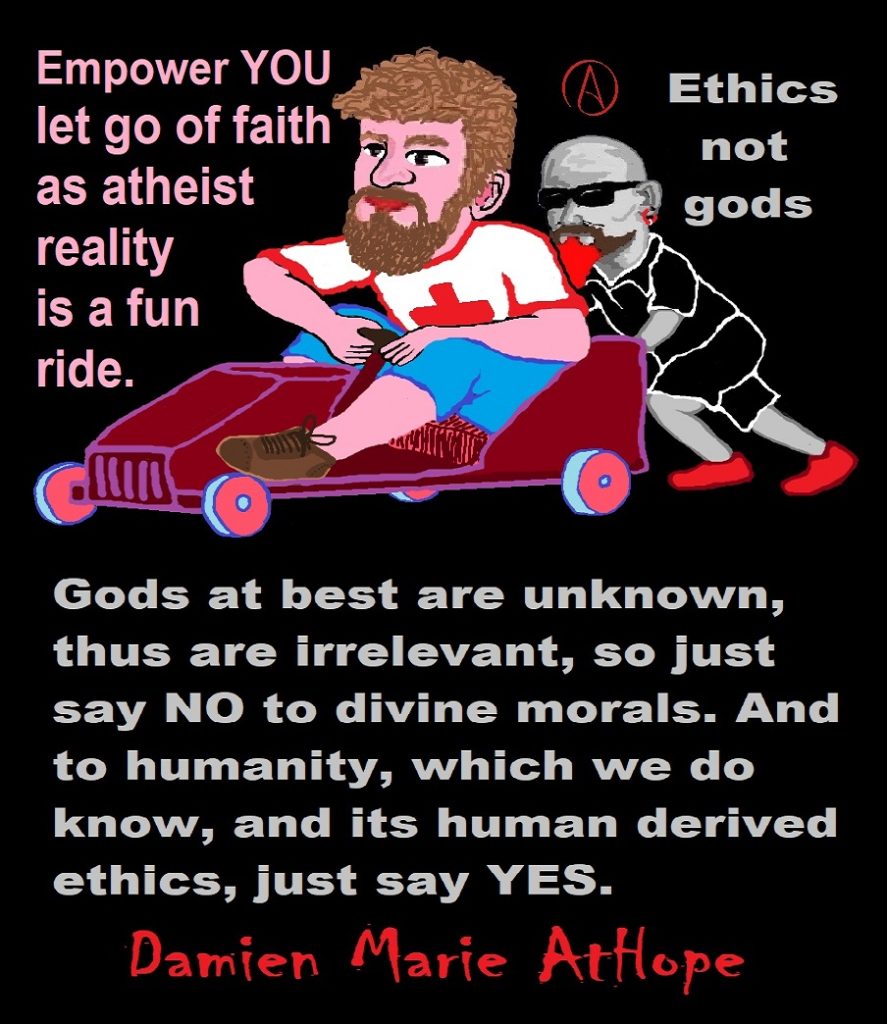
Believe in Good, Humanist Morality?
If one states they are a humanist and they believe in good, are they for or against a form of axiology or formal axiology?
Axiology is the philosophical study of goodness, or value, in the widest sense of these terms. It may be used as the collective term for ethics and aesthetics—philosophical fields that depend crucially on notions of value—or the foundation for these fields, and thus similar to value theory and meta-ethics. The word “axiology” (Greek: axios = good, worth, or value; logos = “science”) means “study of good”, “study of worth ” or “study of value.” The axiologists sought to characterize the notion of value in general, of which moral value is only one species. They argue (with notable differences between them), that goodness does not exclusively derive from the will, but exists in objective hierarchies. Formal axiology, the attempt to lay out principles regarding value with mathematical rigor, is exemplified by Robert S. Hartman’s Science of Value.
The fundamental principle of Hartman’s Science of Value, functions as an axiom, and can be stated in symbolic logic, is that a thing is good insofar as it exemplifies its concept. To put it another way, “a thing is good if it has all its descriptive properties.” This means, according to Hartman, that the good thing has a name, that the name has a meaning defined by a set of properties, and that the thing possesses all of the properties in the set. A thing is bad if it does not fulfill its description. If it doesn’t fulfill its definition it is terrible (awful, miserable.) A car, by definition, has brakes. A car which accelerates when the brakes are applied is an awful car, since a car by definition must have brakes. A horse, if we called it a car, would be an even worse car, with fewer of the properties of a car. The name we put on things is very important: it sets the norm for how we judge them.
If one states they are a humanist, are they for or against a form of universal or realism morality?
The 1948 Universal Declaration of Human Rights of the United Nations can be seen as an example of global efforts to bring a universalist, equal and common moral justice to all people, and Moral Universalism is, at least in part, the basis for modern human rights, and an integral part of any Humanist philosophy.
Human rights which are commonly considered a “deontological” concept, sometimes described as “duty-” or “obligation-” or “rule-” based ethics, because rules “bind you to your duty.” Which T. M. Scanlon advances the idea that human rights, can only be justified with reference to the consequences of having those rights.
Secular morality is the aspect of philosophy that deals with morality outside of religious traditions. Modern examples include humanism, freethinking, and most versions of consequentialism.
Consequentialism is the class of normative ethical theories holding that the consequences of one’s conduct are the ultimate basis for any judgment about the rightness or wrongness of that conduct. Thus, from a consequentialist standpoint, a morally right act (or omission from acting) is one that will produce a good outcome, or consequence.
Consequentialist theories differ in how they define moral goods.
Some argue that consequentialist theories are not necessarily mutually exclusive. For example, Robert Nozick argues for a theory that is mostly consequentialist, but incorporates inviolable “side-constraints” which restrict the sort of actions agents are permitted to do.
Consequentialists can and do differ widely in terms of specifying the Good. Some consequentialists are monists about the Good. Utilitarians, for example, identify the Good with pleasure, happiness, desire satisfaction, or “welfare” in some other sense. Other consequentialists are pluralists regarding the Good. Some of such pluralists believe that how the Good is distributed among persons (or all sentient beings) is itself partly constitutive of the Good, whereas conventional utilitarians merely add or average each person’s share of the Good to achieve the Good’s maximization.
Moreover, there are some consequentialists who hold that the doing or refraining from doing, of certain kinds of acts are themselves intrinsically valuable states of affairs constitutive of the Good. An example of this is the positing of rights not being violated, or duties being kept, as part of the Good to be maximized—the so-called “utilitarianism of rights”.
None of these pluralist positions erase the difference between consequentialism and deontology. For the essence of consequentialism is still present in such positions: an action would be right only insofar as it maximizes these Good-making states of affairs being caused to exist.
However much consequentialists differ about what the Good consists in, they all agree that the morally right choices are those that increase (either directly or indirectly) the Good. Moreover, consequentialists generally agree that the Good is “agent-neutral”. That is, valuable states of affairs are states of affairs that all agents have reason to achieve without regard to whether such states of affairs are achieved through the exercise of one’s own agency or not.
“Consequentialism”, as described by Peter Singer, “start not with moral rules, but with goals. They assess actions by the extent to which they further those goals.”
Consequentialism contains in itself no explanation for why pleasure or utility are morally good, or why consequences should matter to morality at all. Nor does consequentialism/deontology make any claims about how we know moral facts (if there are any). That is a meta-ethical question, so the question ‘how do we know that it is wrong to kill?’ is not a normative but a meta-ethical question.
Some consequentialists and deontologists are also moral realists. Some are not.
Moral Realism a similar position to universal morality, that certain acts are objectively right or wrong, independent of human opinion. that there exist such things as moral facts and moral values, and that these are objective and independent of our perception of them or our beliefs, feelings or other attitudes towards them. Therefore, moral judgments describe moral facts, which are as certain in their own way as mathematical facts. It is a cognitivist view in that it holds that ethical sentences express valid propositions (and are therefore “truth-apt” i.e. they are able to be true or false), and that they describe the state of the real world.
Moral Realism has the advantage of purportedly allowing the ordinary rules of logic to be applied straightforwardly to moral statements, (so that we can say, for example, that a moral belief is false or unjustified or contradictory in the same way we would about a factual belief). It also allows for the resolution of moral disagreements, because if two moral beliefs contradict one another, Moral Realism (unlike some other meta-ethical systems) says that they cannot both be right and so there should be some way of resolving the situation.
Two main variants of moral realism are:
Ethical Naturalism and Ethical Non-Naturalism.
Ethical Naturalism: holds that there are objective moral properties of which we have empirical knowledge, but that these properties are reducible to entirely non-ethical properties. It assumes cognitivism (the view that ethical sentences express propositions and can therefore be true or false), and that the meanings of these ethical sentences can be expressed as natural properties without the use of ethical terms.
Ethical Non-Naturalism: holds that ethical statements express propositions (in that sense it is also cognitivist) that cannot be reduced to non-ethical statements (e.g. “goodness” is indefinable in that it cannot be defined in any other terms). G. E. Moore claimed that a naturalistic fallacy is committed by any attempt to prove a claim about ethics by appealing to a definition in terms of one or more natural properties (e.g. “good” cannot be defined interms of “pleasant”, “more evolved”, “desired”, etc). Ethical Intuitionism is a variant of Ethical Non-Naturalism which claims that we sometimes have intuitive awareness of moral properties or of moral truths.
Critics have argued that, while Moral Realism may be able to explain how to resolve moral conflicts, it cannot explain how these conflicts arose in the first place. Others have argued Moral Realism posits a kind of “moral fact” which is non-material and unobservable (in the way as objective material facts are observable), and therefore not accessible to the scientific method.
Some philosophers who only believe in the physical world and don’t believe in anything immaterial say that they are also moral realists, but when they describes the type of morality that they believe in, often what they are talking about is the moral beliefs that people have acquired through evolution, which is called evolutionary moral realism. This includes the human instinct to care for the well being of others in one’s own group and the instinct to hold others accountable for transgressions against members of the group. A physicalist/materialist understanding of morality is therefore purely descriptive of human nature within a deterministic system.
The physicalist/materialist conception of morality differs from normative moral realism, in which one believes that things ought be a certain way or that people should act in a certain way because such states of affairs or actions would be better, not purely as a function of anything physical such as the instincts people have evolved to have, but at least partially for reasons that ultimately transcend the physical world. For example, if someone believes that oppressing others is always wrong even though humans have an instinctual predisposition to favor their own group over others, and this person does not otherwise explain how this belief is descriptive of something in the physical world, then this implies that this person believes in normative morality.
A similar concept to normative ethics is prescriptive ethics, which are those that are supposed to logically commit someone to act a certain way. For example, the normative statement “Murder is wrong” can be restated as “Do not murder”, which is prescriptive. This is similar to how doctors can prescribe medications for one to use. Essentially, prescriptive moral statements are prescribed to people in order for them to act morally. Normative statements simply state the relation a certain state of affairs has to rightness or wrongness without telling anyone how to act. The distinction between descriptive and normative/prescriptive morality is important to understand.
One study found that 56% of professional philosophers accept or lean towards moral realism and 28%: anti-realism. Cognitive psychologist Steven Pinker has argued that the game theoretic advantages of ethical behavior support the idea that morality is “out there” in a certain sense (as part of the evolutionary fitness landscape). Journalist Robert Wright has similarly argued that natural selection moves sentient species closer to moral truth as time goes on. Writer Sam Harris has also argued that ethics could be objectively grounded in an understanding of neuroscience. He has admitted to being committed to some form of moral realism (viz. moral claims can really be true or false) and some form of consequentialism (viz. the rightness of an act depends on how it affects the well-being of conscious creatures).
Being a moral anti-realist is compatible with having, and following, a moral theory: you just think you have reasons to be moral which are not based on mind-independent facts. For example, you might think convention gives you reason to be moral, where conventionalism is traditionally described as a form of non-realism. see: http://plato.stanford.edu/entries/moral-anti-realism/#ChaMorAntRea
A delineation of moral realism into a minimal form, a moderate form, and robust form has been put forward in the literature.
The robust model of moral realism commits moral realists to three theses:
The semantic thesis: The primary semantic role of moral predicates (such as “right” and “wrong”) is to refer to moral properties (such as rightness and wrongness), so that moral statements (such as “honesty is good” and “slavery is unjust”) purport to represent moral facts, and express propositions that are true or false (or approximately true, largely false, and so on).
The alethic thesis: Some moral propositions are in fact true.
The metaphysical thesis: Moral propositions are true when actions and other objects of moral assessment have the relevant moral properties (so that the relevant moral facts obtain), where these facts and properties are robust: their metaphysical status, whatever it is, is not relevantly different from that of (certain types of) ordinary non-moral facts and properties.
The minimal model, i.e. moral universalism, leaves off the metaphysical thesis, treating it as matter of contention among moral realists (as opposed to between moral realists and moral anti-realists). This dispute is not insignificant, as acceptance or rejection of the metaphysical thesis is taken by those employing the robust model as the key difference between moral realism and moral anti-realism.
Moral universalism (also called moral objectivism or universal morality) is the meta-ethical position that some system of ethics, or a universal ethic, applies universally, that is, for “all similarly situated individuals”, regardless of culture, race, sex, religion, nationality, sexual orientation, or any other distinguishing feature. Not all forms of moral universalism are absolutist, nor are they necessarily value monist; many forms of universalism, such as utilitarianism, are non-absolutist, and some forms may be value pluralist.
A moral theory must be able to solve and thus to be on solid philosophical grounds:
The ontological problem: an adequate theory must account for ethics without assuming the existence of anything that does not actually exist.
The epistemological problem: if we have knowledge of right and wrong, an adequate theory must explain how we acquire such knowledge.
The experience problem: An adequate theory about ethics must account for the phenomenology of moral experience.
The supervenience problem: An adequate theory must be consistent with the supervenient character of evaluative concepts.
The motivation problem: an adequate theory must account for the internal connection between moral belief and motivation (or if there is no such connection, it must offer an alternative account of how morality guides action).
The reason problem: An adequate theory must account for the place of reason in ethics.
The disagreement problem: An adequate theory must explain the nature of
References 1, 2, 3, 4, 5, 6, 7, 8, 9
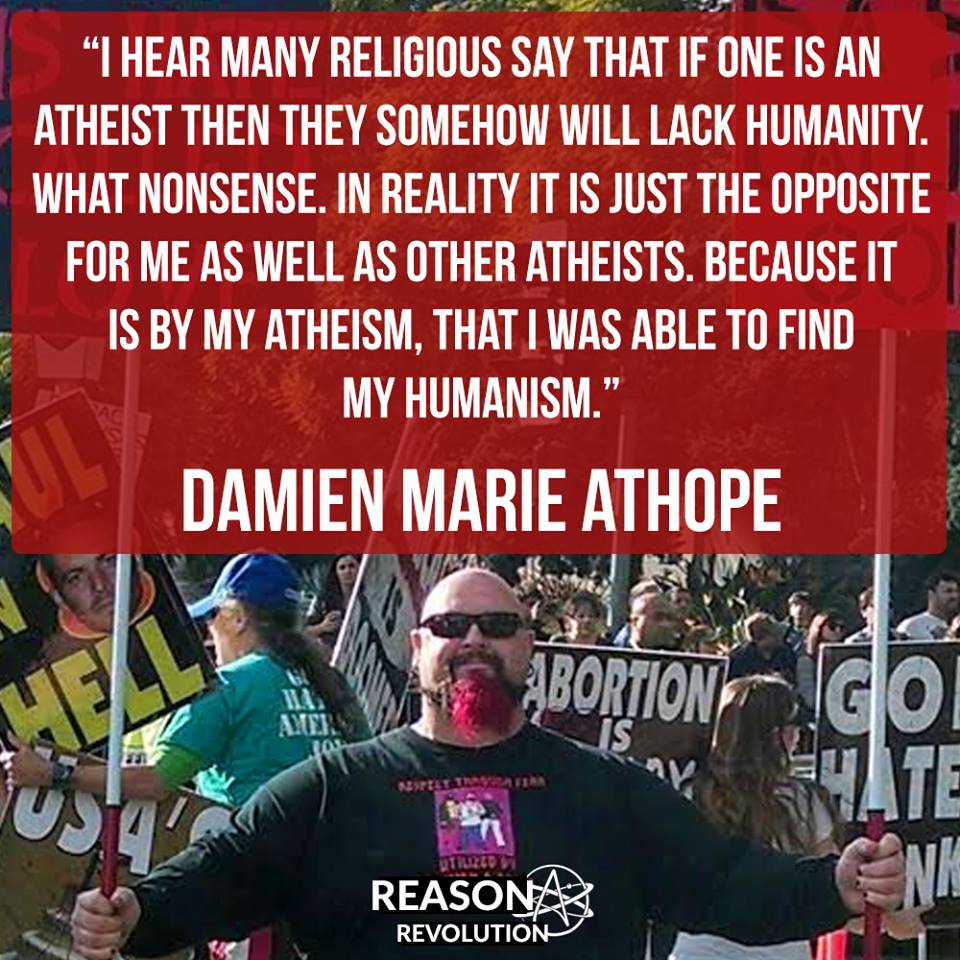
As a general thinking in all my epistemology is Justificationism:(philosophy) is an approach that regards the justification of a claim as primary, while the claim itself is secondary; thus, criticism consists of trying to show that a claim cannot be reduced to the authority or criteria that it appeals to.
In a general way, “Justificationism” to me, is the presupposition that claims to knowledge must be authenticated, certified, verified, validated, confirmed, proven, corroborated, back up, show to be accurate, confirmed or in some other way shown to be justified. In other words, if a belief is
In this context, a rational ethical belief (Ethics of Belief), is one which is justified, and a rational person is one who provides a rational ethical belief, with good reasons or proof to justify what is believed. For a
These presuppositions constitute a reinforced justificationism use and
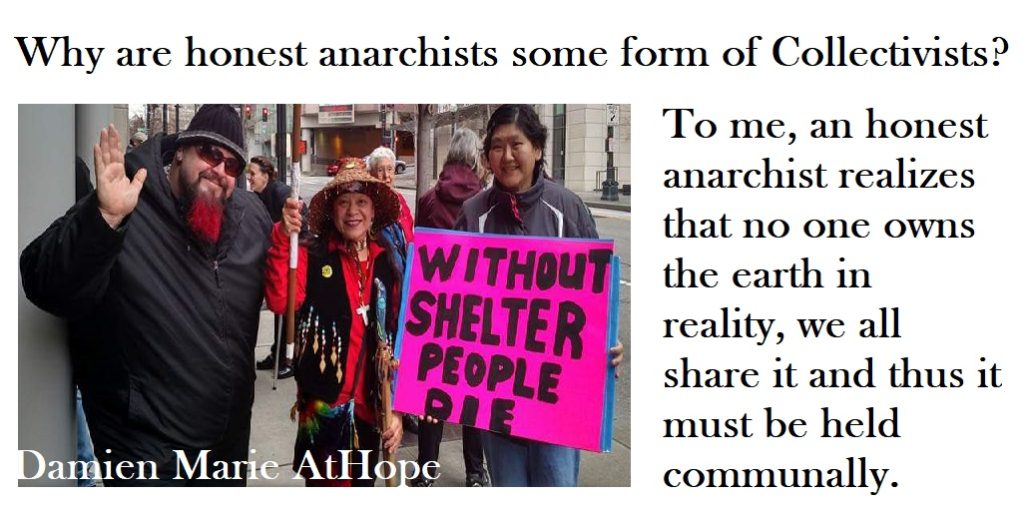
If a thing takes faith to see that thing as real, one has already, without knowing it, admitted such a thing is not relatable in reality or one would just provide the valid evidence. Therefore, faith in questions of facts is simply a willful-ignorance placeholder for the lack of any real evidence or facts and thus equals the lack of a good argument. I will openly say faith is foolish lacking credibility and it is stupid to hold on to beliefs that are disproved by science fact. However, I don’t usually call people names even ones saying things I believe are ridiculous nor do I belittle them instead I strive to and support attacking the thinking and not the person.
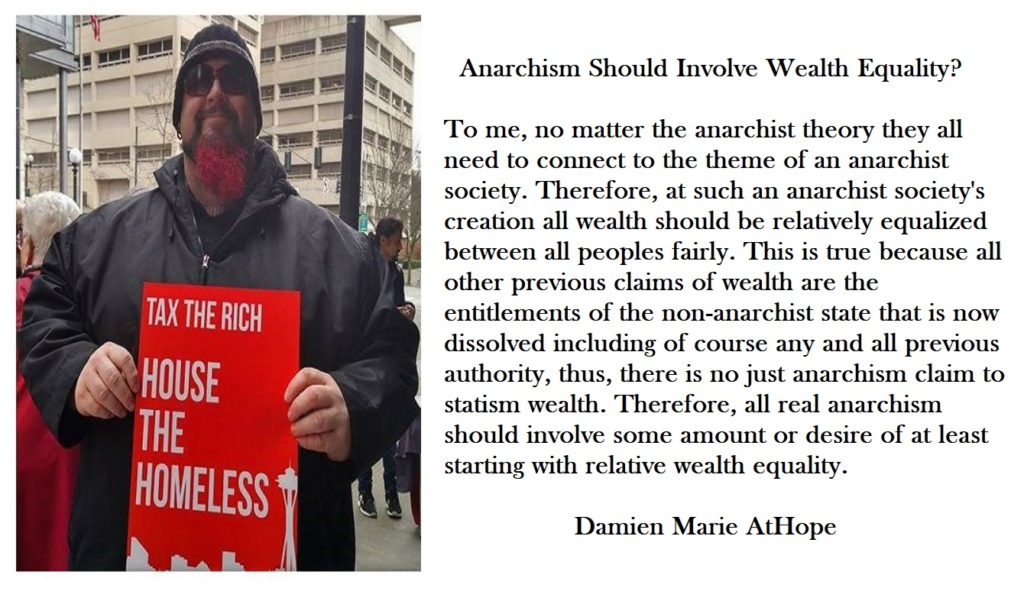
I once thought beauty was only on the outside.
We who are good, shine no matter the darkness.
Dear of Seed of Hate, I no longer love you.
Where did the seeds of hate come from you may ask: well, “That is only mine”, “only they are me”, “they are only allowed there” “only they are aloud this/that” or “only I matter”, all of which have quit often sent a seed of hate in the world and we have been responding to them for years on end. Who is wrong? Once I was wrong. And then wrong again. In fact, I have been wrong all my life. One has not found truth if they believe that they are never wrong. I am sure this plague of my side bias is a fantastic way of not learning new truth, if that matters to you? Dear thinkers welcome your being completely shown to be wrong, as who wants to spend another second believing a lie. You don’t honestly want to believe lies or half-truths do you? I became more than myself when I asked others for help, becoming better together.
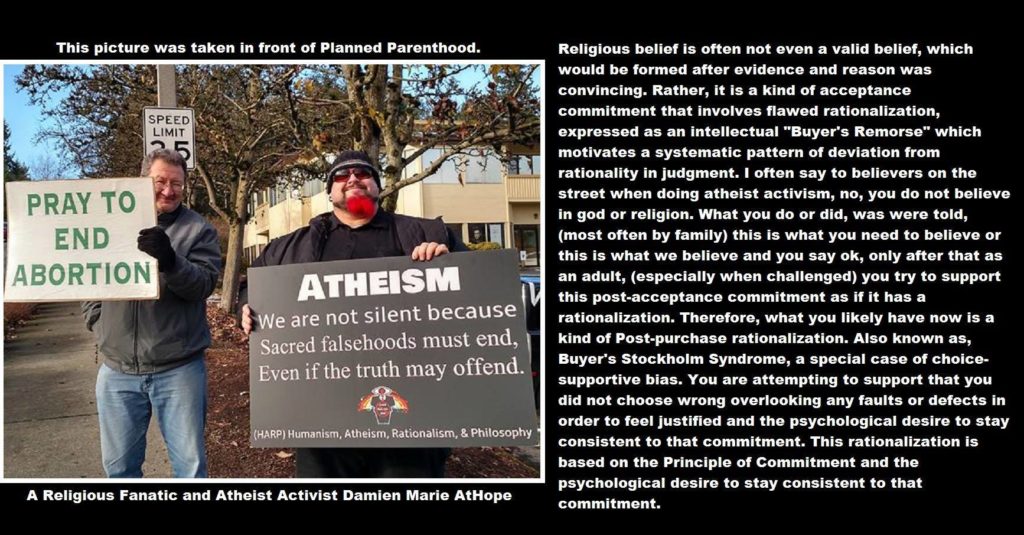
I am wise when words can be left unsaid and be as powerful as what is said. Our loving behaviors are our calling care to the world. It can be a love poem or a hate retotic, we must choose wisely.
Let me explain why as an axiological atheist (value theory atheist) even the belief in the concept of god is ethically vile to me.
God belief is inherently immoral to me it is the belief that supports an all powerful being who willfully allows suffering, something that no ethical person would tolerate if they had the ability to do otherwise.
Moreover, a common attribute of god belief is support of this claimed greater being of high intelligence and self will forcing its will and standards on other beings of high intelligence and self will. This force is unethical and abusive to the rights of humanity.
Furthermore, many who subscribe to this force abusive relationship god claim an even more revolting ethical atrocity called hell where eternal horror and suffering is dished out by direct will of the claimed stronger immoral god being against the defenseless undeserving subjugated humanity.
Thus, being one who values rights and ethics, it sickens me to even speak of such willful misconduct of justice.
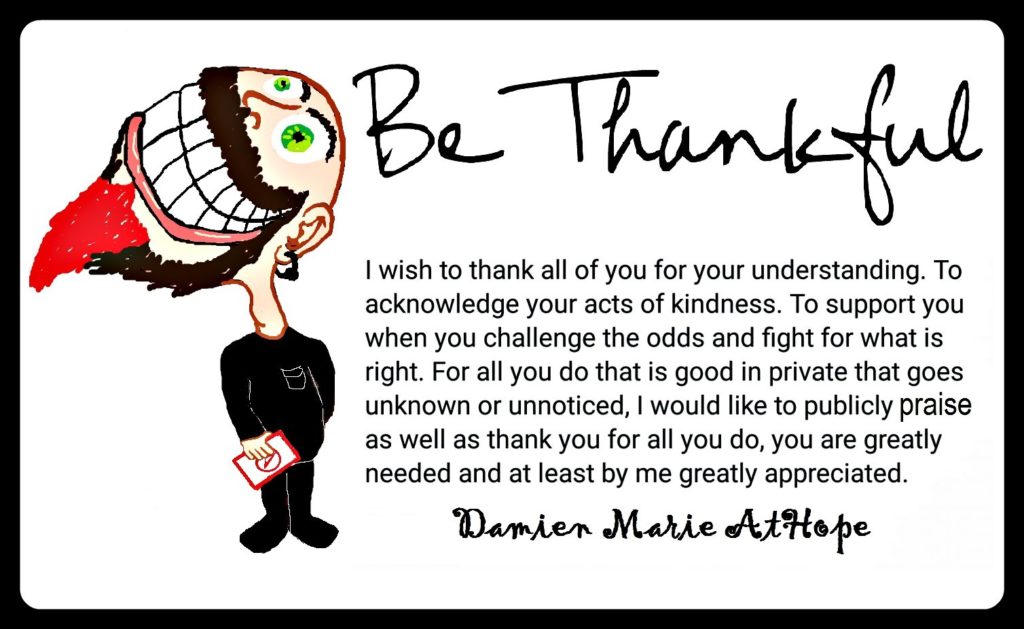
Art above by Damien Marie AtHope
Happy Human?
I am not trying to say or act as if I am perfect, but my goal is to strive to be a more caring and understanding human being, as well as try to help others do the same. This is our planet, all humans are my people, and I want to help the world if I can. We all need to see the benefit of showing more compassion, not to ideas but to people. Simply, we must be kinder to one another, even if we are different or believe differently, because people matter. I am just a happy human who is good without god! Upon hearing I am a humanist one person once said, “Damien, humanism is a dogma.”, My response, if caring about humanity is a dogma then it’s a dogma I am proud to promote. The challenger went on, just be careful that caring doesn’t become imposing your will and dogma on others (for their own good). To which My response was, we are imposing our thinking all the time just like you are trying to do with your words appealing to me to follow your offered ideas so much so that you are even adding emphasis to push your thoughts into me like mental obligation, yeah, all the time so are you really aware of your own thoughts?

Art above by Damien Marie AtHope
The value of my life, will not be found in the amount of funds I may lack in the bank, at my death. But rather, it will ultimately be found in the amount of inspiration I leave behind that helped forward true human flourishing for all.
Kindness is not some act I try to do, it is a way of life I strive to follow. Similarly to how one’s character is not in a single thing done but a reflection of who one is. Just like one’s value is more in whom they are as a whole than only limited to a single event or expression. I once thought no one is friendly, so I decided to be a friend. No one seemed to care, so I realize I needed to care. No one made you feel as if you mattered, so I started valuing others. I see the world I wish to live in starts with me.
Kindness, you are my friend, how I long for your embrace, the gentleness of your touch and the beauty of your face. Kindness my breath of hope made anew, how I am inspired by you and flourish under your gaze. Kindness my teacher of compassion, my path in life, how I desire to be like you, by your caring I was made into you. Kindness my sturdy tower, my reprieve in life in the final hour.
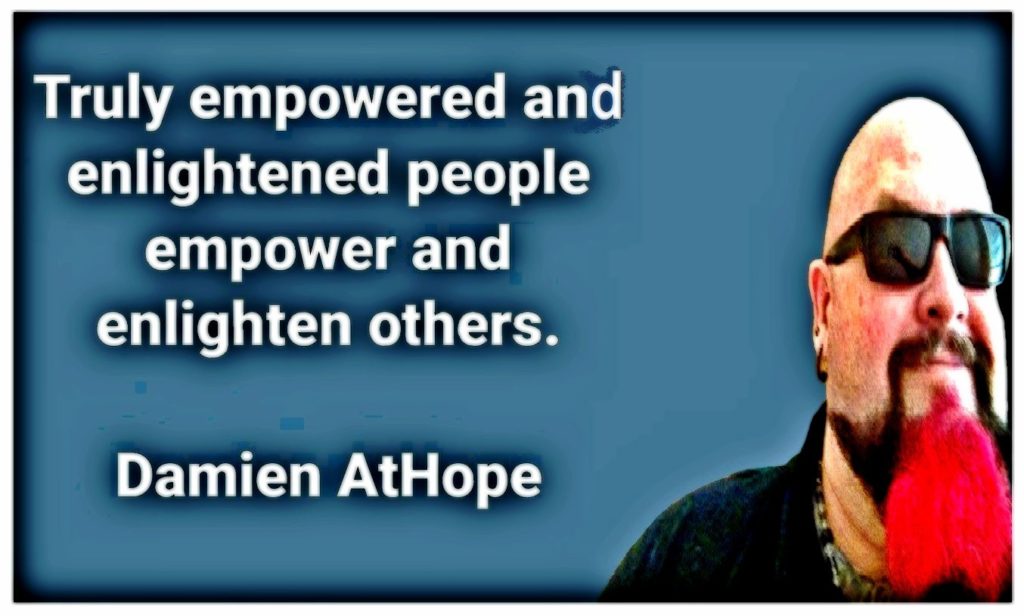
Hey religious people, don’t let your religious freedom become your children’s religious oppression.
Governments favorite excuse, “we will get to it in time, it’s just that things are not ready quite yet,” as the unending harm, unstopped, freely continues…
Chase Fillingame “Anarchism is the best system to fully cultivate a humanist approach to organization. And anarchism encourages nothing but a scientific approach to understanding the world. Oh and we anarchists are quite antagonistic toward religious dogma. With some occasional exceptions for some extremely left-wing sects of Christianity (like liberation theology). But that’s only because they have a very strict interpretation of Jesus’ altruism in the gospels. And they actually did some fantastic things for communities in Latin America who were subjected to extreme violence from authoritarian governments backed by the U.S.”
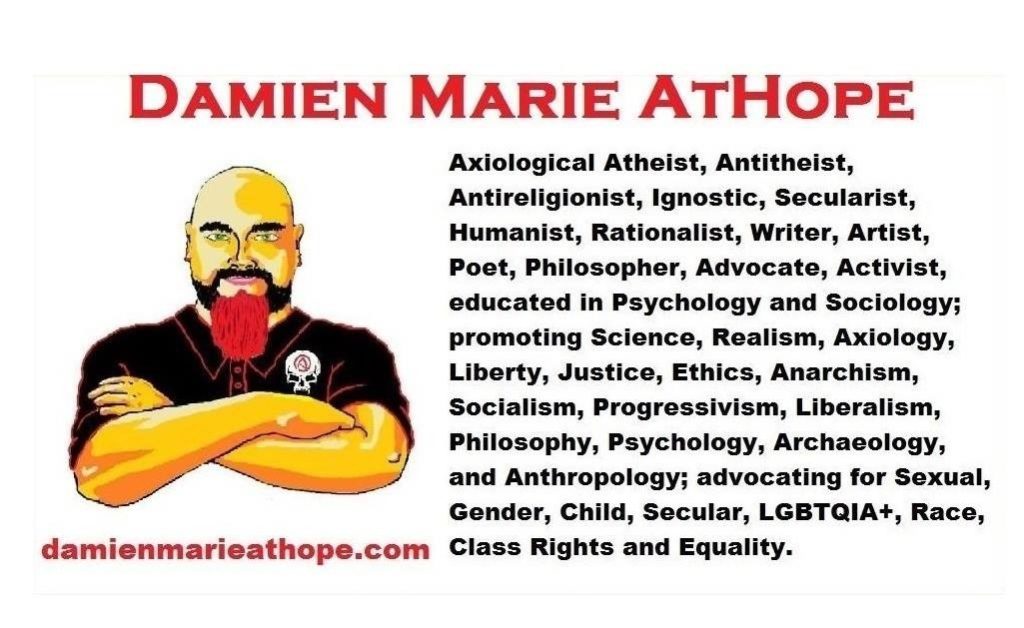
Art above by Damien Marie AtHope
A Different Kind of Atheist: Axiological, Methodological, Anarchist, Universal Ethicist, Realist, and Rationalist
I am an axiological atheist and Axiological Atheism is like
humanistic anti-theism and anti-religionism with strong secularism.
Some people may notice I am kind of a different kind of atheist this is because I am an axiological atheist (value theory or value science atheist). Axiological Atheism is like humanistic anti-theism and anti-religionism with strong secularism. Remember when someone announces that they are an atheist; listeners may assume there is only one type of atheist available, when really she is a different type of atheist. As an axiological atheist Axiology is a large motivation and it is value theory which is a lens to view and valuize or value judge worth or what is worthy as well as what is good or bad of greater or lesser value. To read more on value theory check it out online at: Stanford Encyclopedia of Philosophy (value theory) Link
As an axiological atheist, I see intrinsic value in people and want them to see that value in themselves as well as others. Doing such would never allow for a god who devalues you and asks you to devalue others. Similarly to follow such a high standard I too must value myself, value others, and strive to help other people value others. I strive to be as strong in devaluing myths and lies as I am in valuing the person who may hold them. Value to an axiologist has multiple realms/categories and meanings going from internal value, external value, and systemic or global value. Likewise, there can be value distinctions differentiating, for example, between the instrumental value (being good for some purpose) and technical value (being good at doing something) or between the contributory value (being good as part of a whole) and final value (being good as a whole). To read more on axiology check it out online at: Encyclopedia Britannica (axiology) Link
To read more on the science of axiology check it out online
Axiological Atheism is a type of atheist philosophy it can be thought of as similar to existentialist antitheism and Humanist antitheism. Moreover, here is a short explanation from Wikipedia, Axiological atheism: “Axiological, or constructive, atheism rejects the existence of gods in favor of a “higher absolute”, such as humanity. This form of atheism favors humanity as the absolute source of ethics and values permitting individuals to resolve moral problems without resorting to God. Marx and Freud used this argument to convey messages of liberation, full-development, and unfettered happiness. One of the most common criticisms of atheism has been to the contrary—that denying the existence of a god leads to moral relativism, leaving one with no moral or ethical foundation, or renders life meaningless and miserable. Blaise Pascal argued this view in his Pensées.” To read more on atheist philosophies check it out online
Axiological Atheism would affirm rejecting gods and does not have to lead to moral nihilism or moral relativism but can allow and axiological atheism supports a kind of atheistic objective morality foundation. Also, axiological atheism supports that life has value and meaning as well as can be rich and meaningful. To read more on objective morality check it out online
Again, some may not like what I am but your lack of agreement to my educated philosophical unbelief stance does little to either diminish its reticence or truth. Atheism is just the beginning; now it’s time to solve the harder questions. There are many different kinds of atheism but to offer a cleaner rough view here are a few organized common categories, 7 sets will be offered some kinds of atheism can be combined in a person, and some cannot.
1. Difference in Knowledge
2. Difference in Affirmation
3. Difference in Scope
4. Difference in the Assessed Rationality of Theism
5. Difference in Openness
6. Difference in Action
7. Difference in Bent on Religiosity
To read more on this check it out online at: Commonsense Atheism (17 Kinds of Atheism) Link
Some may say it’s all atheism why complicate the issue? To say why
Atheists, as a whole, are not a unified group, so an accusation that “atheists” are doing x, y and z
Some argue strong atheists add some dictator killed people so we should not have hard atheist stances. I reject this as flawed thinking most claimed atheist killers did not kill for atheism but
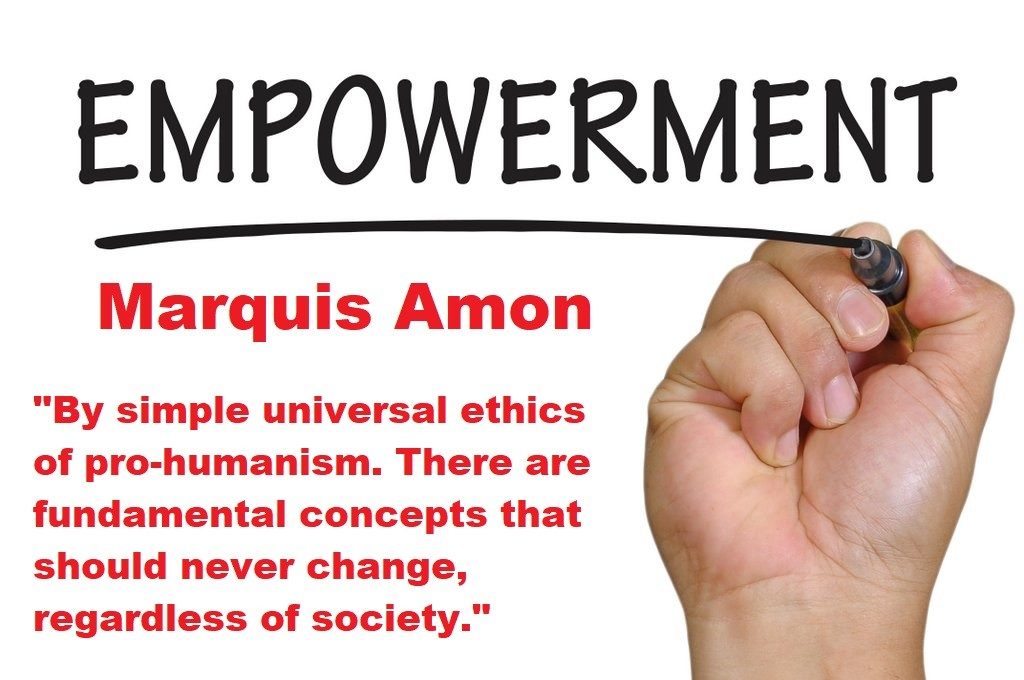
“Anarchist”
- Anarchy Atheism
- I am a “Real Anarchist” not an “Anarcho-Capitalist”
- Atheist Anarchists Discussion
- Interview with Anarchist and Firebrand Atheist Courtney Connatser
- My Atheistic (socialist-anarchist) Humanism?
- Anarcho-Humanism
- What Inspires My Anarcho-Humanism?
- I am an Axiological Atheist, with a Rationalist Persuasion, who Supports Anarcho-Humanism
- I am an Anarchist and Strive to Fight Injustice
- Feminist atheists as far back as the 1800s?
- Defending my Antireligious Firebrand Atheist Activism
- Self-ownership, Human Rights, and Societal Liberty or Freedoms
- Self-ownership/Body-ownership: Sexual Consent, Abortion, Genital Mutilation, Prostitution, Drugs, and the Right to Die
- The Need for Consent and the value of Body Ownership: Healthy Sex Talk with Kids
- “No gODs, No Masters”
- A Little On MY Revolutionary Politics
- Atheism creates Individualism?
- Atheistic Humanism?
- Don’t be Boxed in by Abstraction
- New Mutualism
- No Magic Zone: including politics and religion
- 7th Annual International Day of Protest Against Hereditary Religion – January 21, 2018
- Religion’s slave no more?

Anarchy atheism: advocate of freethought and anti-religious activism. If you don’t believe any god should control you, you shouldn’t believe any other human being should believe in a sky king or supernatural master and more than human kings or masters. An anarchist would most likely be atheist, anti-theist, agnostic or apatheist believing there should be no rulers thus reject god whether they think one does or doesn’t exist. Certainly excludes rulers like gods, kings, or the state. Anarchy atheism likewise could be anti-religion as well seeing parallels between organized religion external control instead of the individual (even if god was removed) and the state (the primary target of most anarchists) are striking thus rejected. Politicians and preachers are one and the same: both work for a higher power than you, money and power.
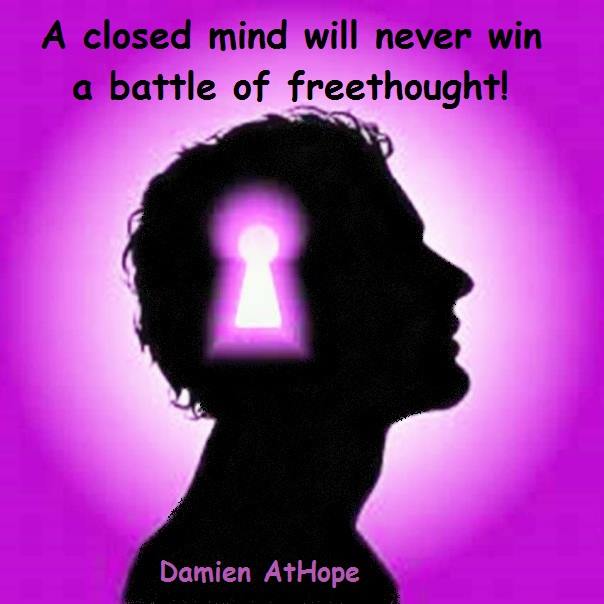
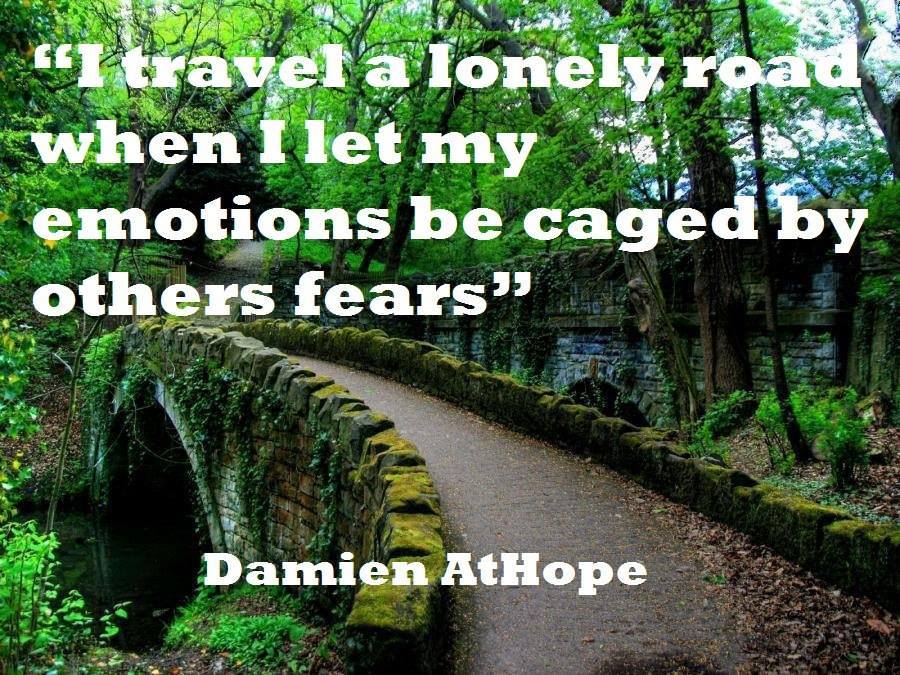
Faith is Not Evidence of Reality
Faith is not a substance with which to judge the truth or falsehood of a reality claim, faith is not evidence of reality things, it’s a mental attitude. So bringing up trust, faith (trust to you) when one is asserting a reality thing without evidence is to offer a lie. So faith or trust can be at 100% and yet 100% wrong. Think there are millions of people of different faiths all believing with the same assurity that they and only they are right due to faith. But then you see the trust/faith dilemma you can’t determine who is wrong or right by a proclamation of faith because faith is strong belief without evidence or contrary to evidence it is not a valid test of testing reality or making valid claims about it.
Faith is not something one offers if they have evidence but in theism and religions, faith is set in glimmering lights some prized possession believed by some who are desperate to force and keep believing that they use faith this not real world feeling of trust (like religion believers the world over) without valid evidence other then feelings that are not derived from reality but do rely on as well as involves fideism (faith-ism), which is Theistic Reality Confusion that to have faith one has proof of reality and this magic devoid world s filled by magic run with magical intervention often including reality was creating by magic and to some others magic will one day destroy reality.
All nothing but stories supported by Theistic Reality Confusion on the truth value of faith. A rationalist mind rejects the use of the “F” word, FAITH as anything but FEELINGS. We use feelings and emotions in every thought that enters or leaves our minds we never stop emoting but that is not the same as trying to actively claim to use feelings and emotions as if they are facts and evidence i.e. FAITH (an expression of Fideism “faith-ism”).
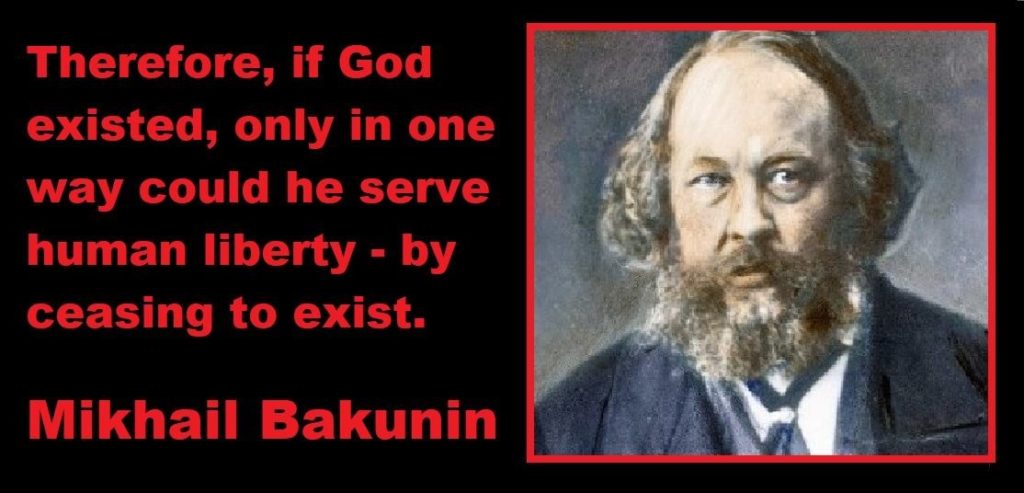
Ultimately, anarchy to atheism, goes past a simple atheism tendency to only attack god, while ignoring the state, capital, and other possible forms of domination, when anarchy atheists believe they have to attack all of it. “No gods, no masters” is an anarchist, feminist and labor slogan. No gods, no masters comes from a pamphlet handed out by the Industrial Workers of the World during the 1912 Lawrence Textile Strike. The phrase is derived from the French slogan “Ni dieu ni maître!” (literally ‘Neither God nor master’) coined by the socialist Auguste Blanqui in 1880. First feminist usage was in 1914, Margaret Sanger launched The Woman Rebel, an eight-page monthly newsletter which promoted contraception using the slogan “No Gods, No Masters”.

Art above by Damien Marie AtHope
Margaret Sanger insisted that every woman was the mistress of her own body.”Women without superstition: No gods – No Masters!” by Annie Laurie Gaylor is a collection of writings by women freethinkers during the 19th and 20th century. Today the slogan continues to find use in anarchist politics. An anthology of anarchist writing was collected under the title “No Gods, No Masters: An Anthology of Anarchism” Anarchism is a political philosophy that advocates self-governed societies based on voluntary institutions. These are often described as stateless societies, although several authors have defined them more specifically as institutions based on non-hierarchical free associations.
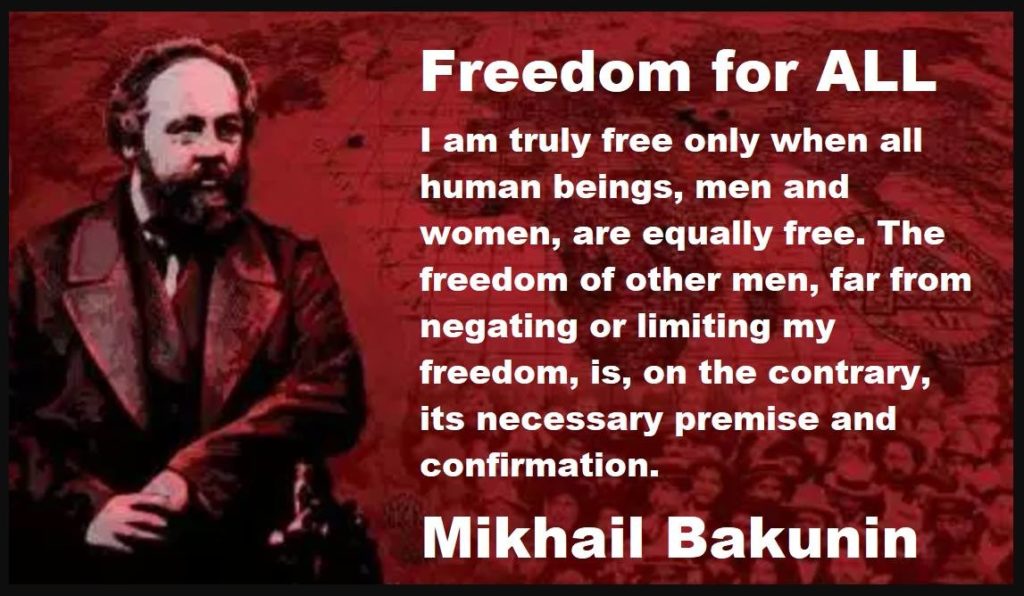
Anarchism holds the state to be undesirable, unnecessary, and harmful. While anti-statism is central, anarchism entails opposing authority or hierarchical organization in the conduct of all human relations, including, but not limited to, the state system. Anarchism does not offer a fixed body of doctrine from a single particular worldview, instead of luxing and flowing as a philosophy. Many types and traditions of anarchism exist, not all of which are mutually exclusive. Anarchist schools of thought can differ fundamentally, supporting anything from extreme individualism to complete collectivism. Strains of anarchism have often been divided into the categories of social and individualist anarchism or similar dual classifications. Anarchism is usually considered a radical left-wing ideology, and much of anarchist economics and anarchist legal philosophy
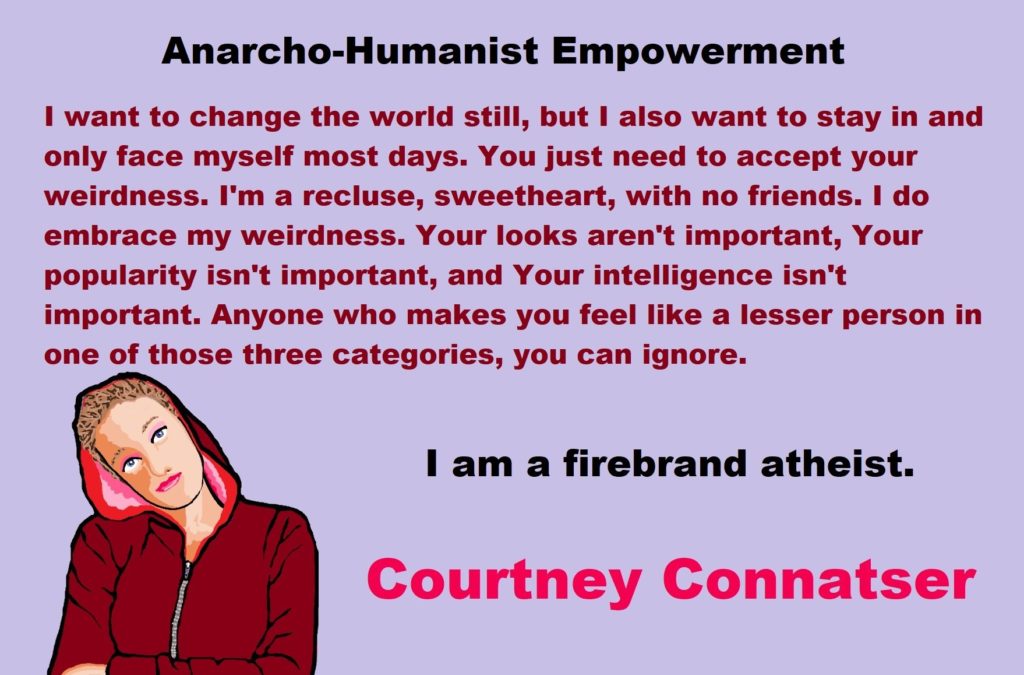
Art above by Damien Marie AtHope
I am an anarcho-humanist (basically a socialist-collectivist-mutualist-anarchist as well as rather liberal, progressive, and revolutionary, I want all positive change) You keep attacking activists and while you’re doing that, other activists and I will keep fighting for change. Sadly, you may change a few people where they lose their way in the momentum of activism. However, happily, while you’re doing that, other activists and I will help positively change the world. I hate when someone states anarchism is about not wanting to pay taxes, as if they don’t know the main persuasion of true anarchism is humanity not selfishness of self only concern as in “i” language instead of “we” language of true anarchism is socialist anarchism that wishes to add us all in liberation of humanity from oppressors, as much as possible. With a general rationale of compassion and comradery with our fellow humans, who we know are all our fellow humans, sisters, brothers, and others are all equal beings of dignity in one human family. My anarchism is because of my care for humanity. I will leave selfishness for the capitalists where it belongs. I do not support sucker punching people, even Nazis. To me, violence should be for self-defense or other-defense. I only hit those that try to hit me or others around me, I am for non-aggression.
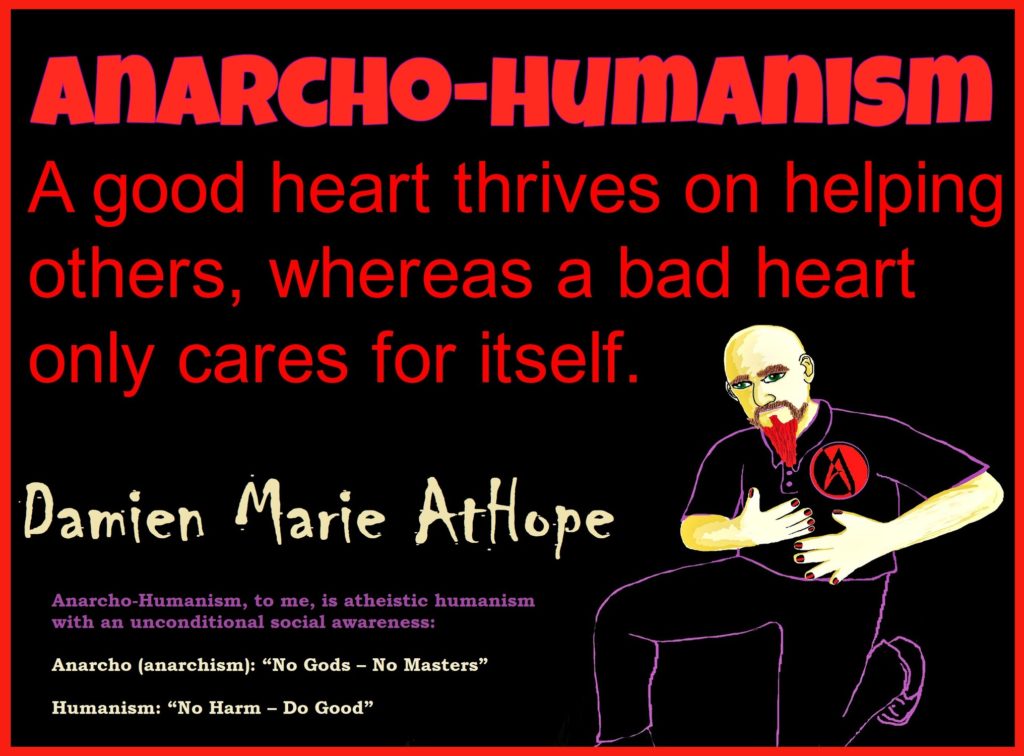
Art above by Damien Marie AtHope
What Inspires My Anarcho-Humanism:
- We are all one connected human family.
- No one owns the earth.
- If you can’t trust people with freedom how can you trust them with power?
What inspires my anarcho-humanism has three core truths to my ethical anarchist persuasion:
1. We are all one connected human family, proven by DNA showing we should treat each other as fellow dignity beings, supported equally (no gods and no masters = “Anarcho”).
2. No one owns the earth, we may make claims to it even draw lines on maps thinking this makes the fantasy borders, illusion supported by force and the potential for threat. Thus the ethical truth is we need to share the earth as communally as possible. And use the resources as safe and ethically as possible striving towards sharing and caring. (do no Harm and do good = Humanism)
3. If you can’t trust people with freedom how can you trust them with power? Government is only as good as what they provide but I don’t trust ones that have rights over my body. How much more of a violation do you need to show their harm? I am not anti-society, I value good governance just don’t need the extra dead weight of government. There is not one thing a government is valued for that a non-government group with the same financial support and resources could not also do. I get we rise by helping each other and supporting universal betterment and human flourishing.
Helping is Helpful: Valuing, Motivating, Supporting humanity is limited by nationalism and the, us Vs them, as if you should feel connected to only a few humans just because people invented the mental concept of land ownership, you mean you assert that you will harm others for an amount of the earth’s surface. Seeing with anarcho-humanism eyes helps you see how to Grow in Our Positive Outcomes: Gratitude, Empathy, and Kindness. We can become a more quality person by actively being aware and developing a gratitude for life, which supports as well as grows our feelings of empathy, that then motivates the behavior of kindness. And kindness flourishes in openness and freedom. (No gods no masters as well as do no harm and do good = Anarcho-humanism)
Lastly, I Am an Atheist-Humanist who is a Socialist, Collectivist, Mutualist, Anarchist: (Anarcho-Humanist) But Why do I Hate Religion? Religion and gods are an attack to self-freedom and self-mastery. I was asked why I openly and publicly am so passionate in my hate of religion. further asking what specifically in your life contributed to this outcome. I hate harm, oppression, bigotry, and love equality, self-ownership, self-empowerment, self-actualization, and self-mastery, as well as truth and not only does religion lie, it is a conspiracy theory of reality.
Moreover, not only is religion a conspiracy theories of reality, it is a proud supporter of pseudohistory and or pseudoscience they also push pseudomorality. Religion on the whole to me deserves and earns hate, or at least disfavor when you really analyze it. Not to mention the corruption it has on politics or laws. As well as how destructive this unworthy political influence has and creates because of these false beliefs and the harm to the life of free adults but to the lives of innocent children as well (often robbed of the right to choose and must suffer indoctrination) as the disruption of educated even in public schools. Etc… I as others do have the right to voice our beliefs, just as I or others then have the right to challenge voiced beliefs. Religions and their god myths are a direct threat to Self-ownership and thus Human Rights. Long live mental freedom… 1, 2, 3
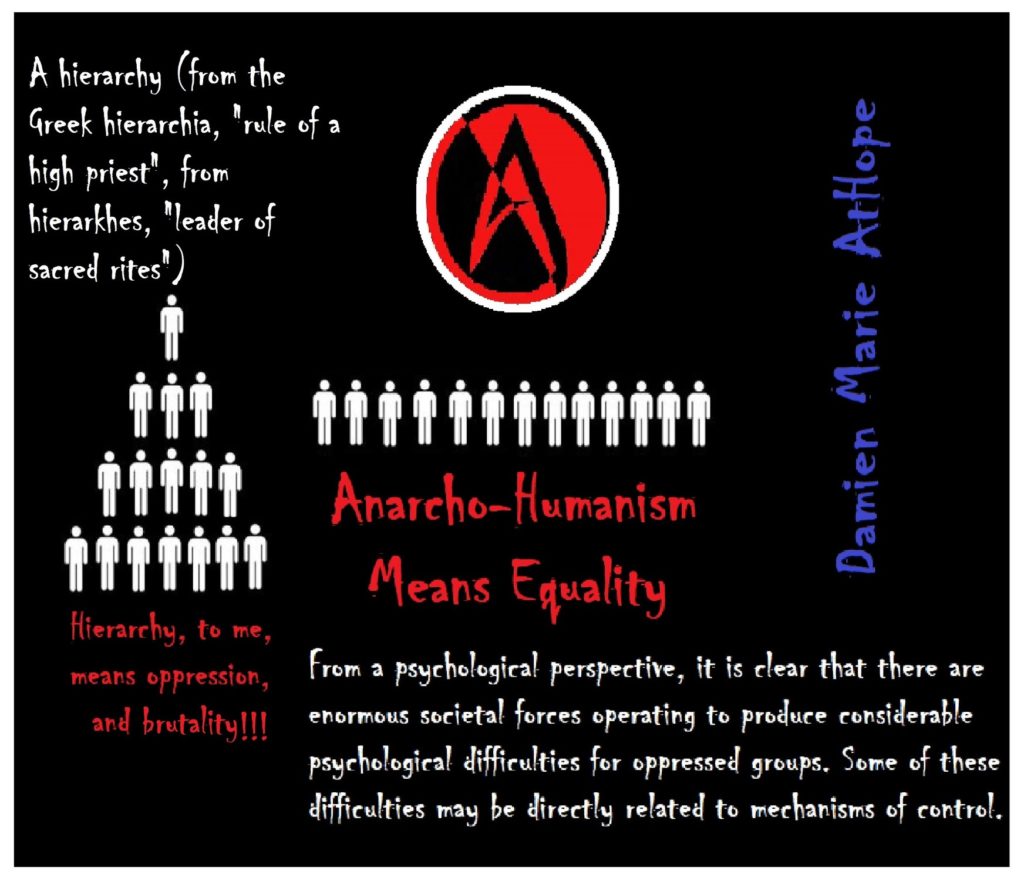
Art above by Damien Marie AtHope
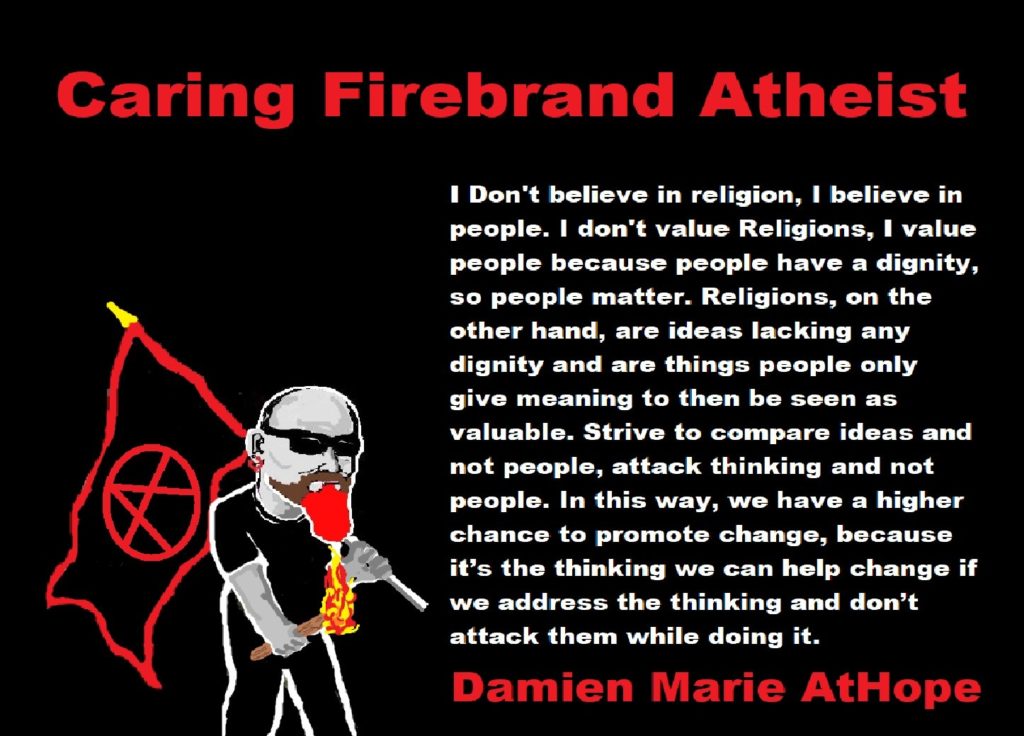
Art above by Damien Marie AtHope
Why are most anarchists atheists?
It is a fact that most anarchists are atheists. They reject the idea of god and oppose all forms of religion, particularly organized religion. So why do so many anarchists embrace atheism? The simplest answer is that most anarchists are atheists because it is a logical extension of anarchist ideas. If anarchism is the rejection of illegitimate authorities, then it follows that it is the rejection of the so-called Ultimate Authority, God. Anarchism is grounded in reason, logic, and scientific thinking, not religious thinking. Anarchists tend to be rationalists and/or skeptics, and not believers. Most anarchists consider the Church to be steeped in hypocrisy and the Bible a work of fiction, riddled with contradictions, absurdities, and horrors. It is notorious in its debasement of women and its sexism is infamous. Yet men are treated little better. Nowhere in the bible is there an acknowledgment that human beings have inherent rights to life, liberty, happiness, dignity, fairness, or self-government. In the bible, humans are sinners, worms, and slaves (figuratively and literally, as it condones slavery). God has all the rights, humanity is nothing. This is unsurprisingly, given the nature of religion. Bakunin put it best:
“The idea of God implies the abdication of human reason and justice; it is the most decisive negation of human liberty, and necessarily ends in the enslavement of mankind, both in theory and in practice.
“Unless, then, we desire the enslavement and degradation of mankind . . . we may not, must not make the slightest concession either to the God of theology or to the God of metaphysics. He who, in this mystical alphabet, begins with A will inevitably end with Z; he who desires to worship God must harbour no childish illusions about the matter, but bravely renounce his liberty and humanity.
“If God is, man is a slave; now, man can and must be free; then, God does not exist.” [God and the State, p. 25

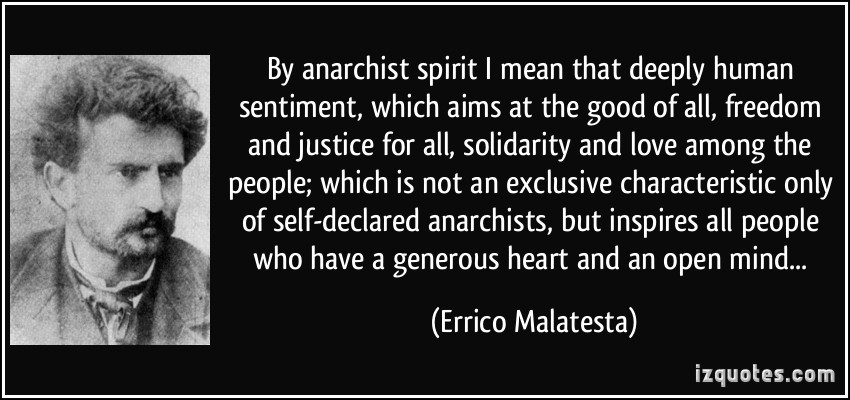
For most anarchists, then, atheism is required due to the nature of religion. “To proclaim as divine all that is grand, just, noble, and beautiful in humanity,”Bakunin argued, “is to tacitly admit that humanity of itself would have been unable to produce it — that is, that, abandoned to itself, its own nature is miserable, iniquitous, base, and ugly. Thus we come back to the essence of all religion — in other words, to the disparagement of humanity for the greater glory of divinity.” As such, to do justice to our humanity and the potential it has, anarchists argue that we must do without the harmful myth of god and all it entails and so on behalf of “human liberty, dignity, and prosperity, we believe it our duty to recover from heaven the goods which it has stolen and returned them to earth.” [Op. Cit., p. 37 and p. 36] – An Anarchist FAQ – Medium

As well as the theoretical degrading of humanity and its liberty, religion has other, more practical, problems with it from an anarchist point of view. Firstly, religions have been a source of inequality and oppression. Christianity (like Islam), for example, has always been a force for repression whenever it holds any political or social sway (believing you have a direct line to god is a sure way of creating an authoritarian society). The Church has been a force of social repression, genocide, and the justification for every tyrant for nearly two millennia. When given the chance it has ruled as cruelly as any monarch or dictator.

Art above by Damien Marie AtHope
Christianity has only turned tolerant and peace-loving when it is powerless and even then it has continued its role as apologist for the powerful. This is the second reason why anarchists oppose the church for when not being the source of oppression, the church has justified it and ensured its continuation. It has kept the working class in bondage for generations by sanctioning the rule of earthly authorities and teaching working people that it is wrong to fight against those same authorities. – An Anarchist FAQ – Medium

Art above by Damien Marie AtHope
Earthly rulers received their legitimisation from the heavenly lord, whether political (claiming that rulers are in power due to god’s will) or economic (the rich having been rewarded by god). The bible praises obedience, raising it to a great virtue. More recent innovations like the Protestant work ethic also contribute to the subjugation of working people. That religion is used to further the interests of the powerful can quickly be seen from most of history. It conditions the oppressed to humbly accept their place in life by urging the oppressed to be meek and await their reward in heaven. As Emma Goldman argued, Christianity (like religion in general) “contains nothing dangerous to the regime of authority and wealth; it stands for self-denial and self-abnegation, for penance and regret, and is absolutely inert in the face of every [in]dignity, every outrage imposed upon mankind.” [Red Emma Speaks, p. 234] – An Anarchist FAQ – Medium
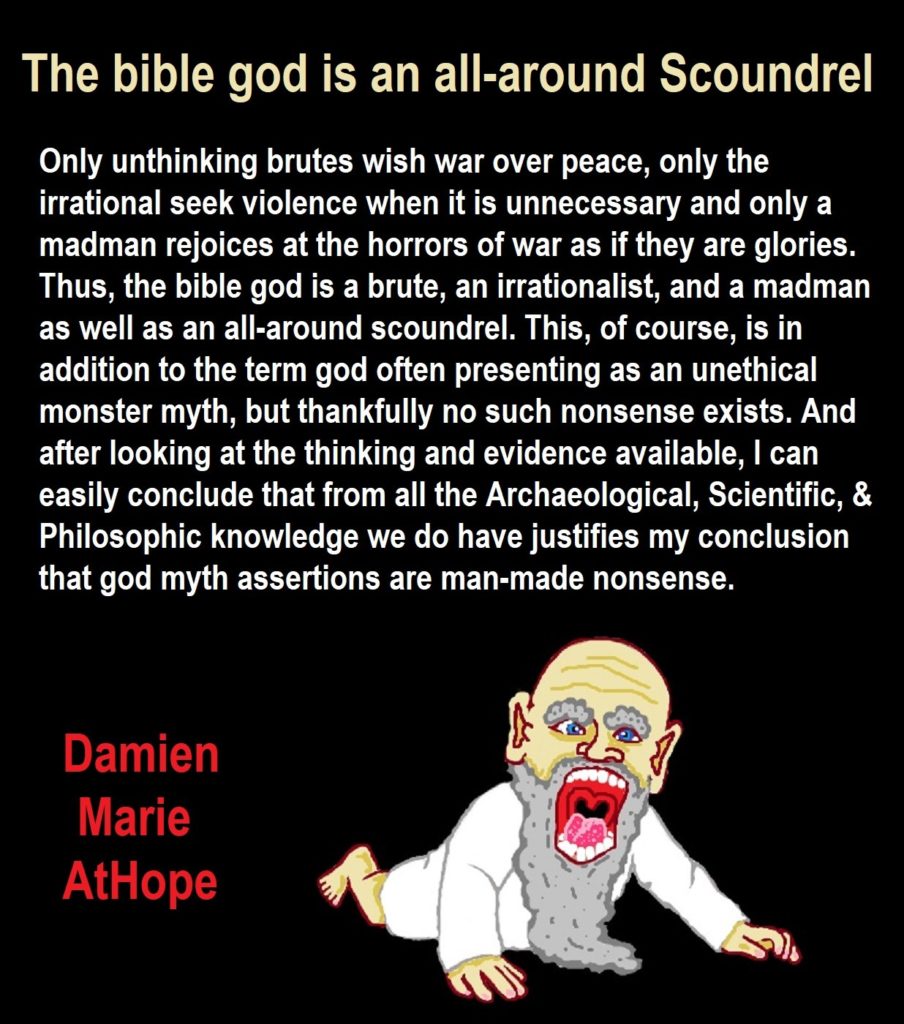
Art above by Damien Marie AtHope
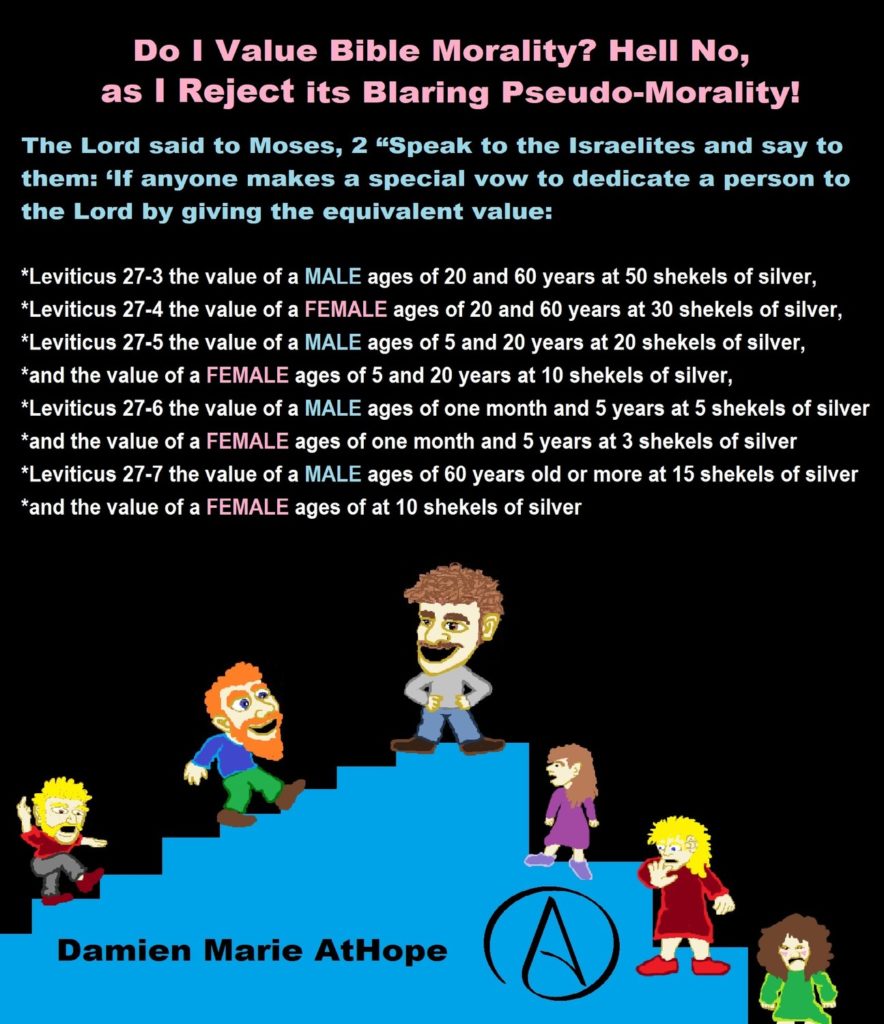
Art above by Damien Marie AtHope
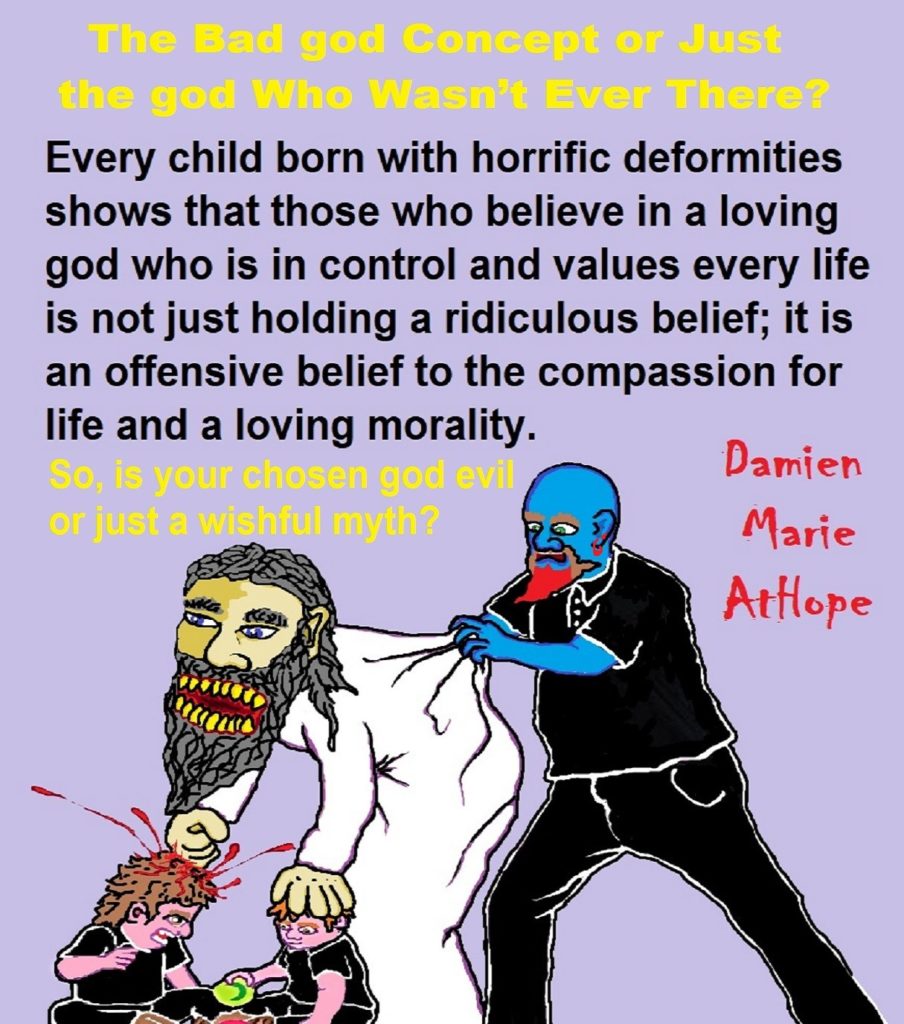
Art above by Damien Marie AtHope

Art above by Damien Marie AtHope

Art above by Damien Marie AtHope
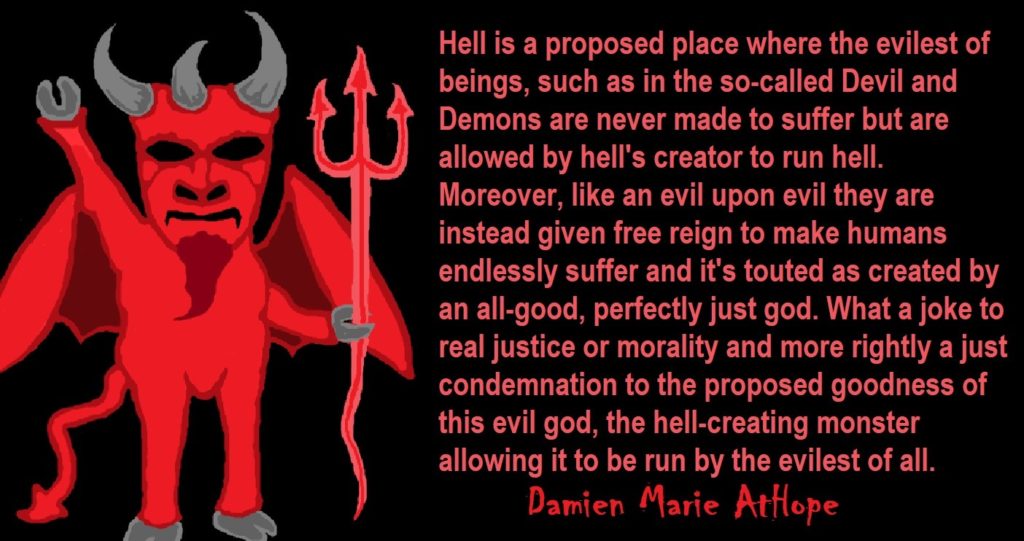
Art above by Damien Marie AtHope
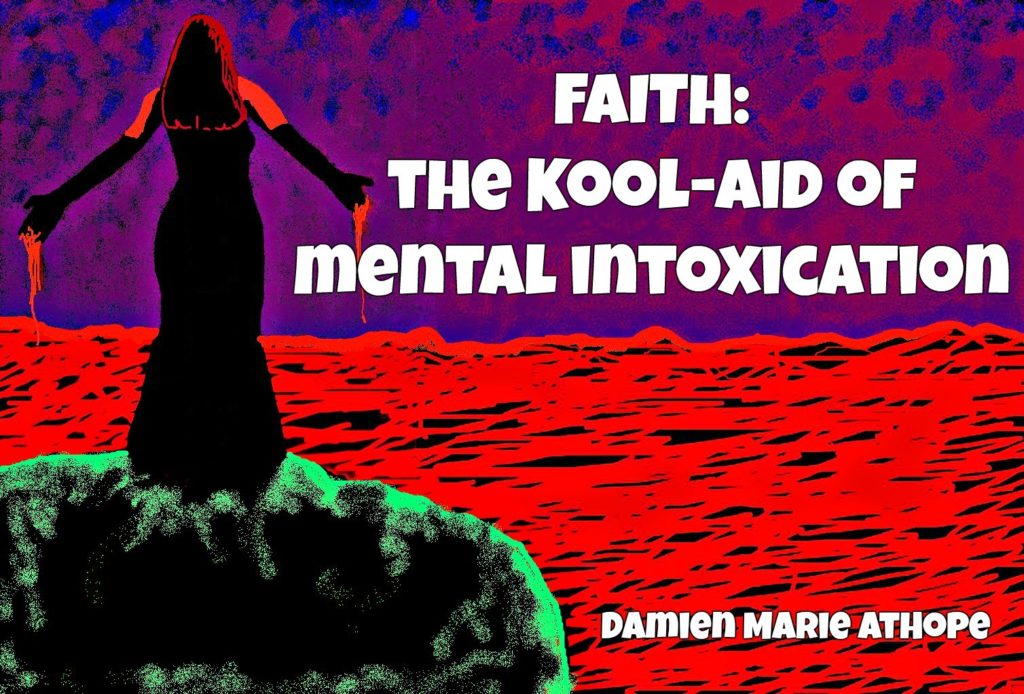
Art above by Damien Marie AtHope

Art above by Damien Marie AtHope
Thirdly, religion has always been a conservative force in society. This is unsurprising, as it bases itself not on investigation and analysis of the real world but rather in repeating the truths handed down from above and contained in a few holy books. Theism is then “the theory of speculation” while atheism is “the science of demonstration.” The “one hangs in the metaphysical clouds of the Beyond, while the other has its roots firmly in the soil. It is the earth, not heaven, which man must rescue if he is truly to be saved.” Atheism, then, “expresses the expansion and growth of the human mind” while theism “is static and fixed.” It is “the absolutism of theism, its pernicious influence upon humanity, its paralysing effect upon thought and action, which Atheism is fighting with all its power.” [Emma Goldman, Op. Cit., p. 243, p. 245 and pp. 246–7] – An Anarchist FAQ – Medium
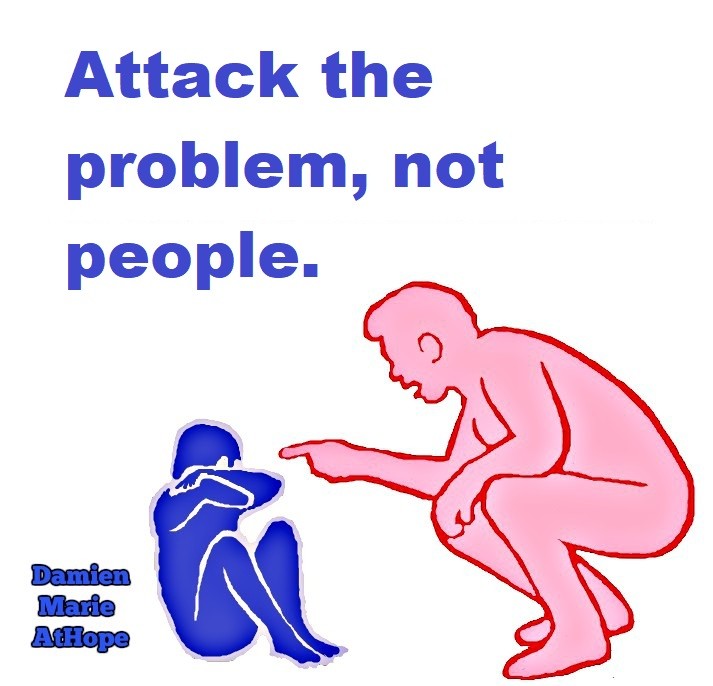
Art above by Damien Marie AtHope
As the Bible says, “By their fruits shall ye know them.” We anarchists agree but unlike the church we apply this truth to religion as well. That is why we are, in the main, atheists. We recognise the destructive role played by the Church, and the harmful effects of organised monotheism, particularly Christianity, on people. As Goldman summaries, religion “is the conspiracy of ignorance against reason, of darkness against light, of submission and slavery against independence and freedom; of the denial of strength and beauty, against the affirmation of the joy and glory of life.” [Op. Cit., p. 240] – An Anarchist FAQ – Medium
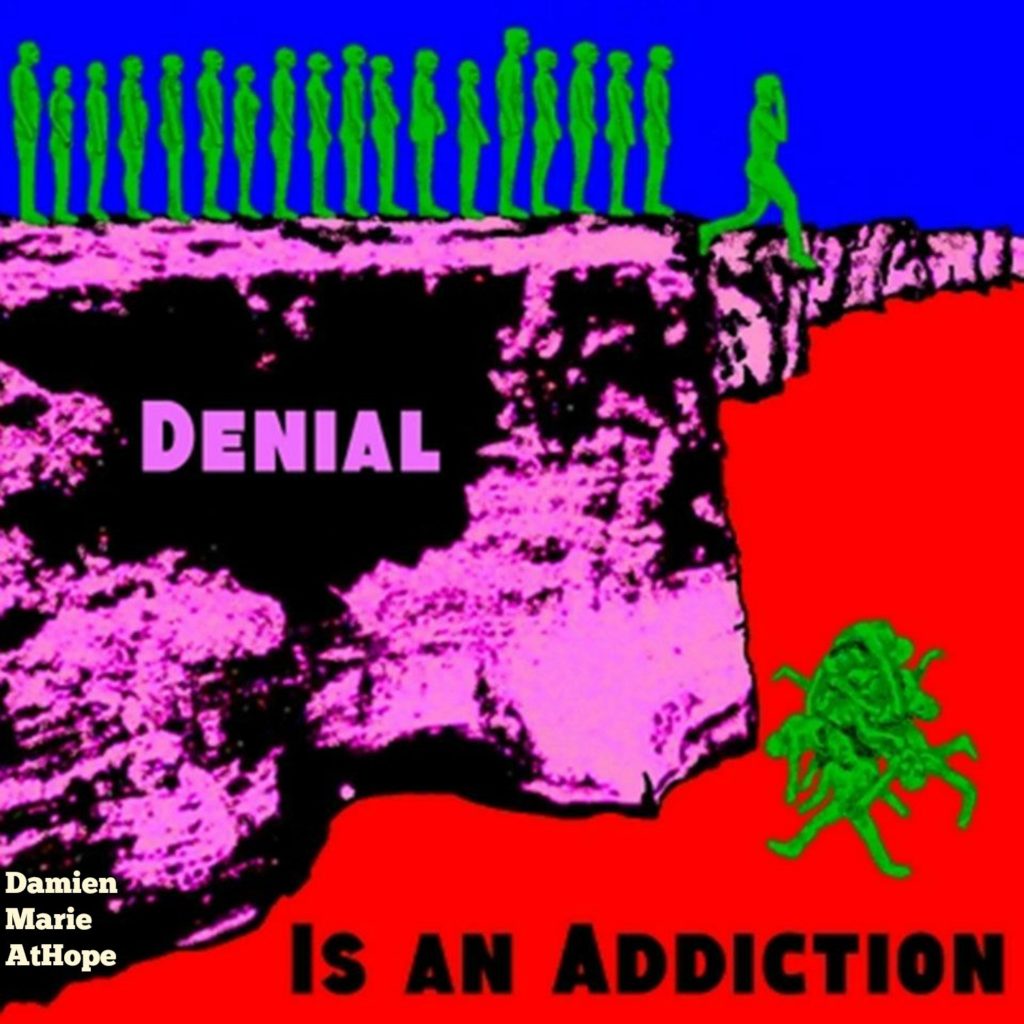
Art above by Damien Marie AtHope
So, given the fruits of the Church, anarchists argue that it is time to uproot it and plant new trees, the trees of reason and liberty. That said, anarchists do not deny that religions contain important ethical ideas or truths. Moreover, religions can be the base for strong and loving communities and groups. They can offer a sanctuary from the alienation and oppression of everyday life and offer a guide to action in a world where everything is for sale. – An Anarchist FAQ – Medium
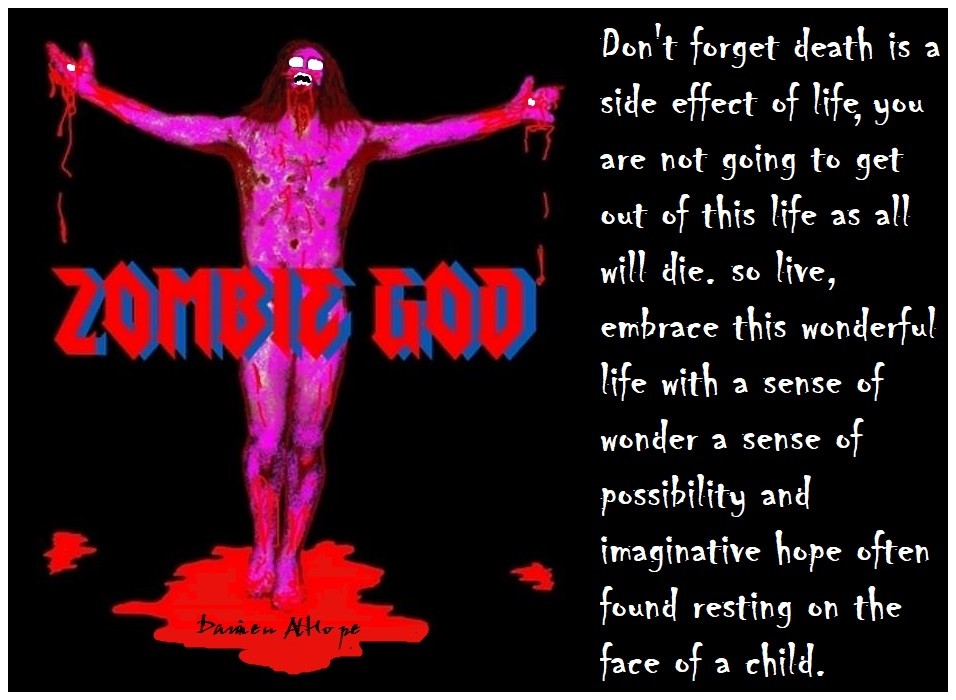
Art above by Damien Marie AtHope
Many aspects of, say, Jesus’ or Buddha’s life and teachings are inspiring and worth following. If this were not the case, if religions were simply a tool of the powerful, they would have long ago been rejected. Rather, they have a dual-nature in that contain both ideas necessary to live a good life as well as apologetics for power. If they did not, the oppressed would not believe and the powerful would suppress them as dangerous heresies. And, indeed, repression has been the fate of any group that has preached a radical message. In the middle ages, numerous revolutionary Christian movements and sects were crushed by the earthly powers that be with the firm support of the mainstream church. – An Anarchist FAQ – Medium

During the Spanish Civil War the Catholic church supported Franco’s fascists, denouncing the killing of pro-Franco priests by supporters of the republic while remaining silent about Franco’s murder of Basque priests who had supported the democratically elected government (Pope John Paul II is seeking to turn the dead pro-Franco priests into saints while the pro-Republican priests remain unmentioned). The Archbishop of El Salvador, Oscar Arnulfo Romero, started out as a conservative but after seeing the way in which the political and economic powers were exploiting the people became their outspoken champion. He was assassinated by right-wing paramilitaries in 1980 because of this, a fate which has befallen many other supporters of liberation theology, a radical interpretation of the Gospels which tries to reconcile socialist ideas and Christian social thinking. – An Anarchist FAQ – Medium
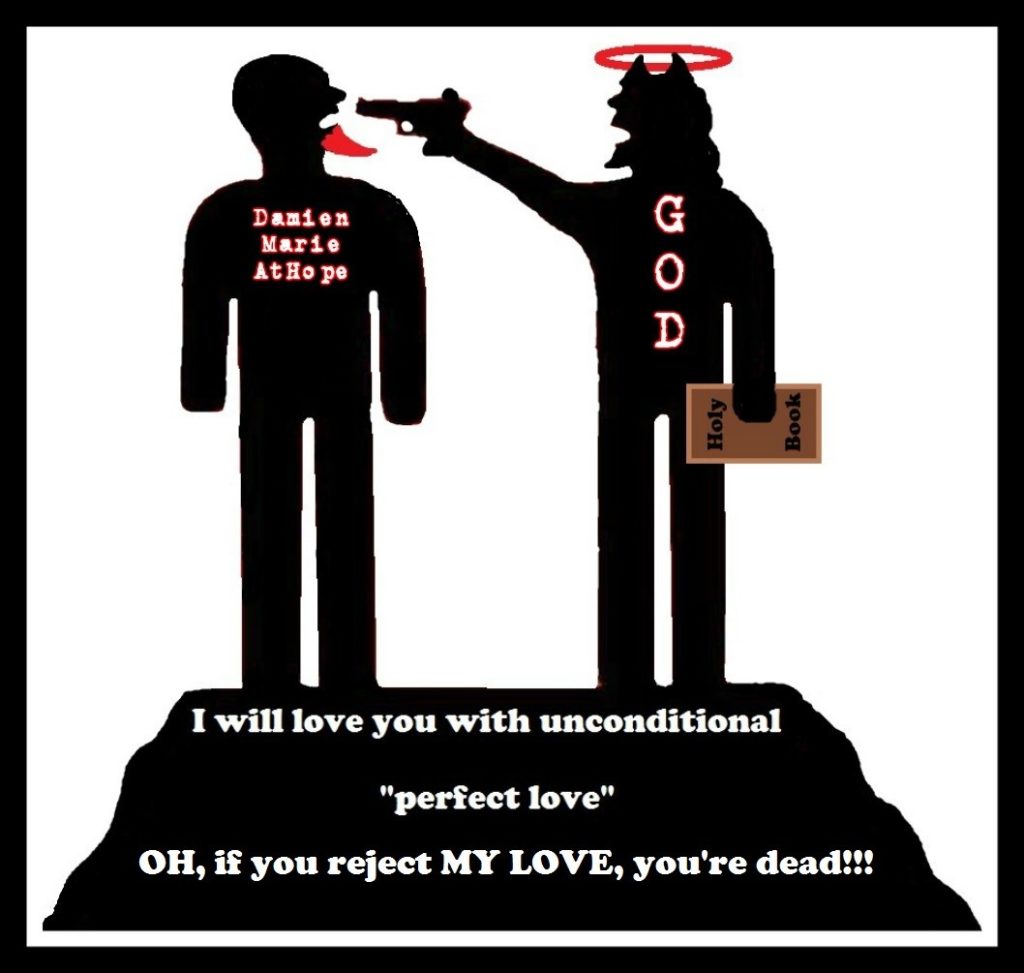
Art above by Damien Marie AtHope
Nor does the anarchist case against religion imply that religious people do not take part in social struggles to improve society. Far from it. Religious people, including members of the church hierarchy, played a key role in the US civil rights movement of the 1960s. The religious belief within Zapata’s army of peasants during the Mexican revolution did not stop anarchists taking part in it (indeed, it had already been heavily influenced by the ideas of anarchist militant Ricardo Flores Magon). It is the dual-nature of religion which explains why many popular movements and revolts (particularly by peasants) have used the rhetoric of religion, seeking to keep the good aspects of their faith will fighting the earthly injustice its official representatives sanctify. For anarchists, it is the willingness to fight against injustice which counts, not whether someone believes in god or not. We just think that the social role of religion is to dampen down a revolt, not encourage it. – An Anarchist FAQ – Medium
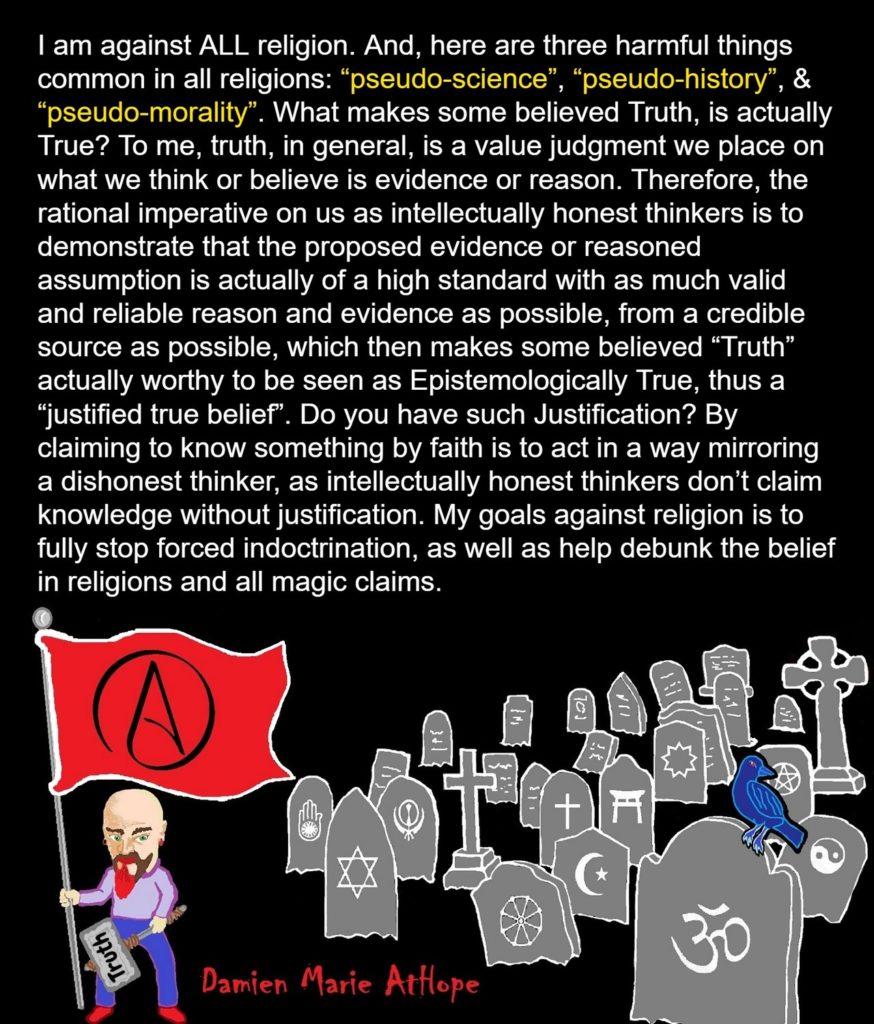
Art above by Damien Marie AtHope
The tiny number of radical priests compared to those in the mainstream or on the right suggests the validity of our analysis. It should be stressed that anarchists, while overwhelmingly hostile to the idea of the Church and an established religion, do not object to people practicing religious belief on their own or in groups, so long as that practice doesn’t impinge on the liberties of others. For example, a cult that required human sacrifice or slavery would be antithetical to anarchist ideas, and would be opposed. But peaceful systems of belief could exist in harmony within in anarchist society. The anarchist view is that religion is a personal matter, above all else — if people want to believe in something, that’s their business, and nobody else’s as long as they do not impose those ideas on others. All we can do is discuss their ideas and try and convince them of their errors. To end, it should be noted that we are not suggesting that atheism is somehow mandatory for an anarchist. – An Anarchist FAQ – Medium

Art above by Damien Marie AtHope
Far from it. As discuss in section A.3.7, there are anarchists who do believe in god or some form of religion. For example, Tolstoy combined libertarian ideas with a devout Christian belief. His ideas, along with Proudhon’s, influences the Catholic Worker organisation, founded by anarchists Dorothy Day and Peter Maurin in 1933 and still active today. The anarchist activist Starhawk, active in the current anti-globalization movement, has no problems also being a leading Pagan. However, for most anarchists, their ideas lead them logically to atheism for, as Emma Goldman put it, “in its negation of gods is at the same time the strongest affirmation of man, and through man, the eternal yea to life, purpose, and beauty.” [Red Emma Speaks, p. 248] – An Anarchist FAQ – Medium
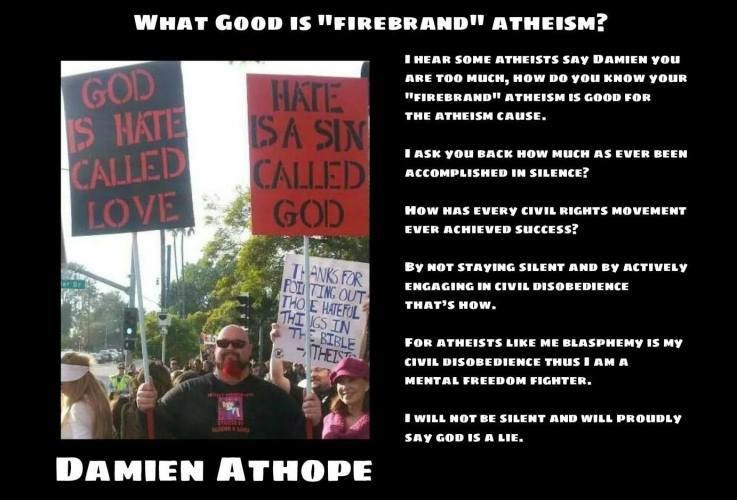
Anarchist clashes with religion
Anarchists have traditionally been skeptical of or vehemently opposed to organized religion. Nevertheless, some anarchists have provided religious interpretations and approaches to anarchism, including the idea that glorification of the state is a form of sinful idolatry. Anarchists “are generally non-religious and are frequently anti-religious, and the standard anarchist slogan is the phrase coined by a non-anarchist, the socialist Auguste Blanqui in 1880: ‘Ni Dieu ni maître!’ (Neither God nor master!)…The argument for a negative connection is that religion supports politics, the Church supports the State, opponents of political authority also oppose religious authority”. William Godwin, “the author of the Enquiry Concerning Political Justice(1793), the first systematic text of libertarian politics, was a Calvinist minister who began by rejecting Christianity, and passed through deism to atheism and then what was later called agnosticism.” – Wikipedia
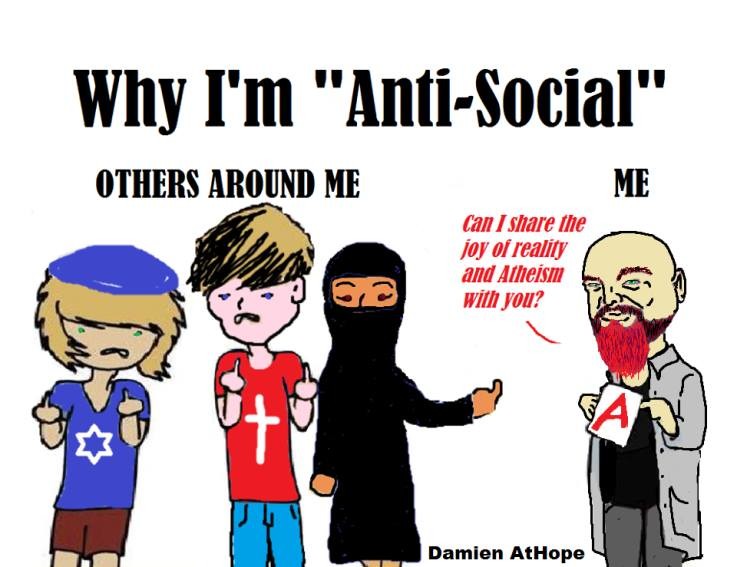
Art above by Damien Marie AtHope
The pioneering German individualist anarchist Max Stirner, “began as a left-Hegelian, post-Feuerbachian atheist, rejecting the ‘spooks’ of religion as well as of politics including the spook of ‘humanity’”. Pierre-Joseph Proudhon, “the first person to call himself an anarchist, who was well known for saying, ‘Property is theft’, also said, ‘God is evil’ and ‘God is the eternal X’”. Published posthumously in French in 1882, Mikhail Bakunin‘s God and the State was one of the first anarchist treatises on religion. Bakunin expounds his philosophy of religion’s place in history and its relationship to the modern political state. It was later published in English by Mother Earth Publications in 1916.
Anarcho-communism‘s main theorist Peter Kropotkin, “was a child of the Enlightenment and the Scientific Revolution, and assumed that religion would be replaced by science and that the Church, as well as the State, would be abolished; he was particularly concerned with the development of a secular system of ethics which replaced supernatural theology with natural biology”. Errico Malatesta and Carlo Cafiero, “the main founders of the Italian anarchist movement, both came from freethinking families (and Cafiero was involved with the National Secular Society when he visited London during the 1870s)”. – Wikipedia
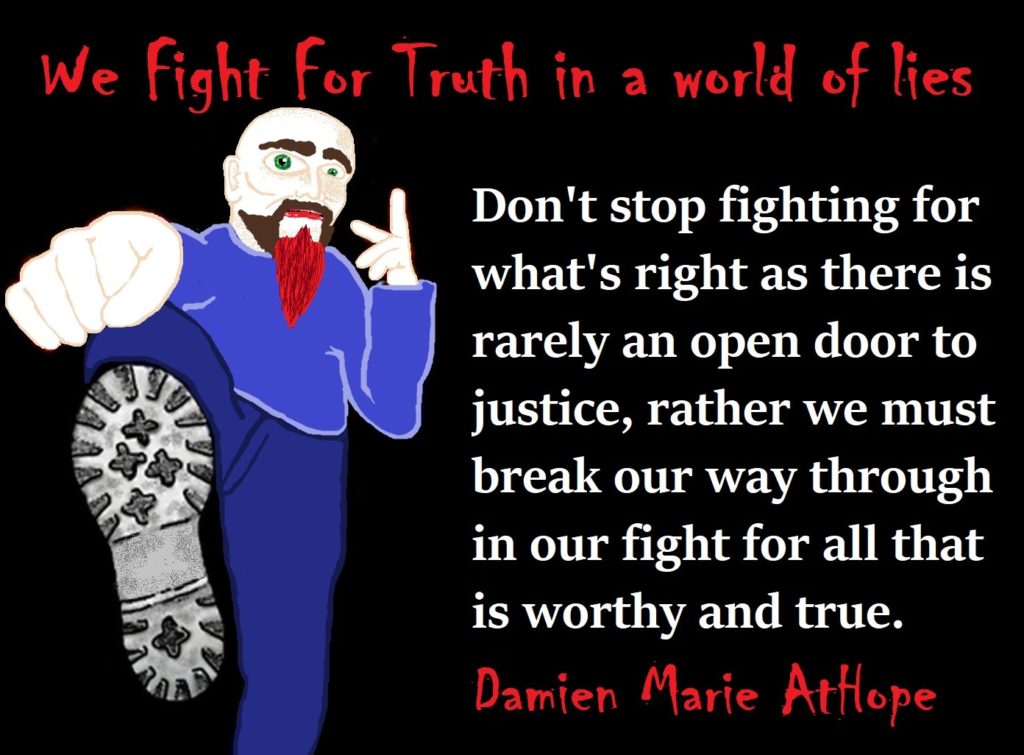
Art above by Damien Marie AtHope
In the French anarchist movement Eliseé Reclus was a son of a Calvinist minister, and began by rejecting religion before moving on to anarchism. Sebastien Faure, “the most active speaker and writer in the French movement for half a century, “ wrote an essay titled Twelve Proofs of God’s Inexistence. German insurrectionary anarchist Johann Most wrote an article called “The God Pestilence”. In the United States “freethought was a basically anti-christian, anti-clerical movement, whose purpose was to make the individual politically and spiritually free to decide for himself on religious matters. A number of contributors to Liberty were prominent figures in both freethought and anarchism. The individualist anarchist George MacDonald was a co-editor of Freethought and, for a time, The Truth Seeker. E.C. Walker was co-editor of the excellent free-thought / free love journal Lucifer, the Light-Bearer“. – Wikipedia
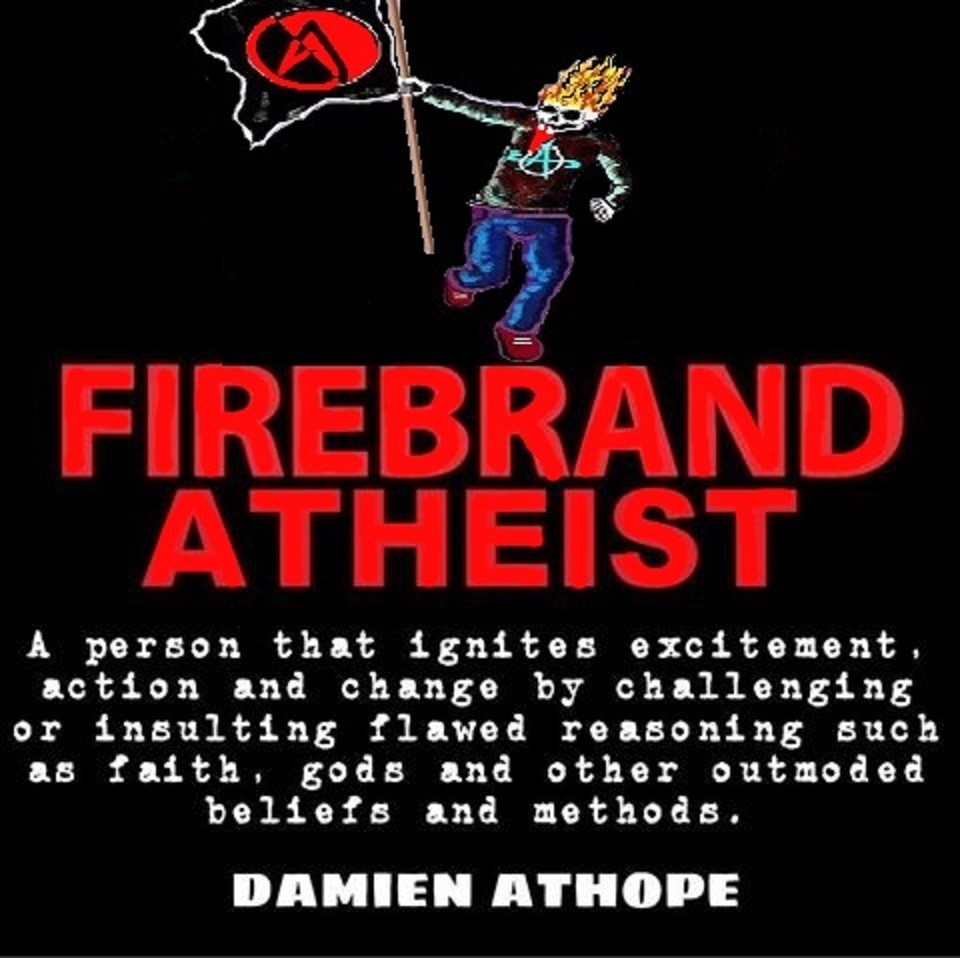
Art above by Damien Marie AtHope
“Many of the anarchists were ardent freethinkers; reprints from freethought papers such as Lucifer, the Light-Bearer, Freethought and The Truth Seeker appeared in Liberty…The church was viewed as a common ally of the state and as a repressive force in and of itself”.Late 19th century/early 20th Century anarchists such as Voltairine de Cleyre were often associated with the freethinkers movement, advocating atheism. In Europe, a similar development occurred in French and Spanish individualist anarchist circles. “Anticlericalism, just as in the rest of the libertarian movement, in another of the frequent elements which will gain relevance related to the measure in which the (French) Republic begins to have conflicts with the church…
Anti-clerical discourse, frequently called for by the French individualist André Lorulot, will have its impacts in Estudios (a Spanish individualist anarchist publication). There will be an attack on institutionalized religion for the responsibility that it had in the past on negative developments, for its irrationality which makes it a counterpoint of philosophical and scientific progress. There will be a criticism of
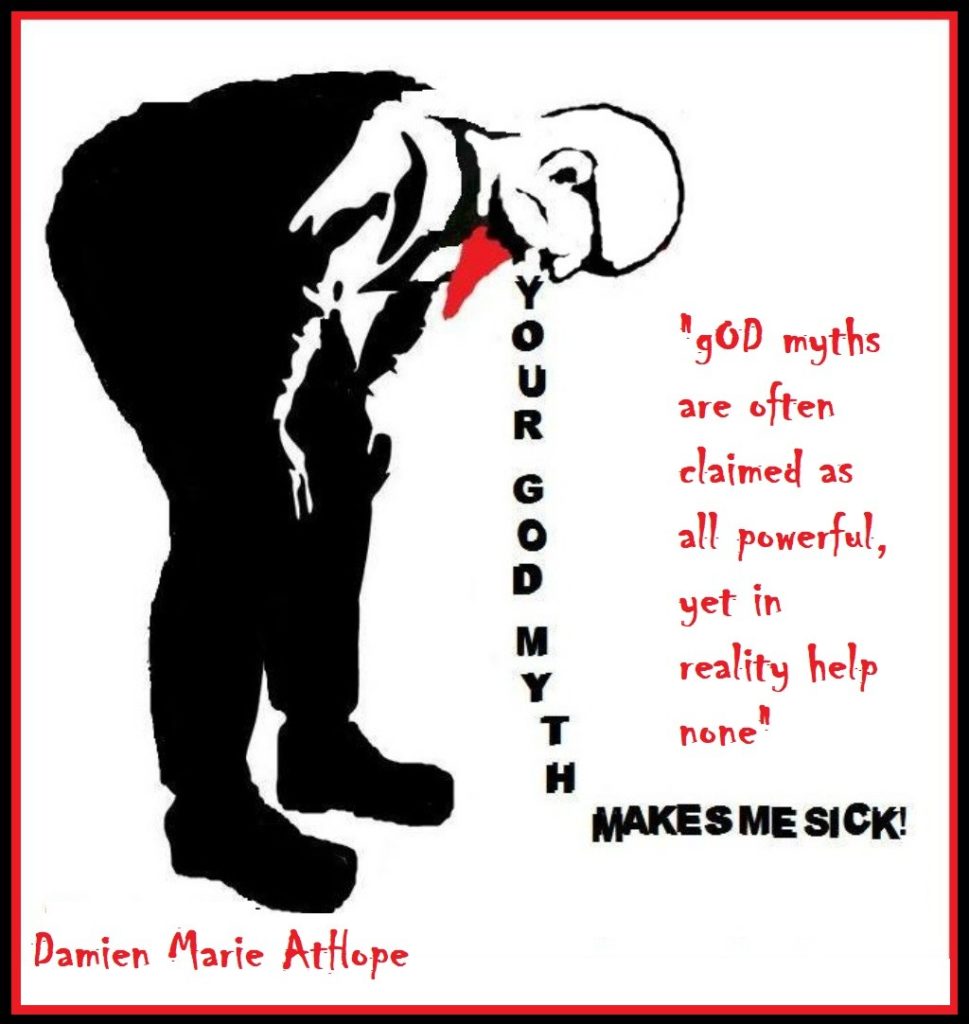
Art above by Damien Marie AtHope
These tendencies will continue in French individualist anarchism in the work and activism of Charles-Auguste Bontemps and others. In the Spanish individualist anarchist magazine Ética and Iniciales “there is a strong interest in publishing scientific news, usually linked to a certain atheist and anti-theist obsession, a philosophy which will also work for pointing out the incompatibility between science and religion, faith and reason. In this way, there will be a lot of talk on Darwin´s theories or on the negation of the existence of the soul.”. Spanish anarchists in the early 20th century were responsible for burning several churches, though many of the church burnings were actually carried out by members of the Radical Party while anarchists were blamed. The implicit and/or explicit support by church leaders for the National Faction during the Spanish Civil War greatly contributed to anti-religious sentiment. Emma Goldman wrote in Anarchism: What It Really Stands For:
Anarchism has declared war on the pernicious influences which have so far prevented the harmonious blending of individual and social instincts, the individual and society. Religion, the dominion of the human mind; Property, the dominion of human needs; and Government, the dominion of human conduct, represent the stronghold of man’s enslavement and all the horrors it entails.
Chinese anarchists led the opposition to Christianity in the early 20th century, but the most prominent of them, Li Shizeng, made it clear that he opposed not only Christianity but all religion as such. When he became president of the Anti-Christian Movement of 1922 he told the Beijing Atheists’ League: “Religion is intrinsically old and corrupt: history has passed it by” and asked, “Why are we of the twentieth century… even debating this nonsense from primitive ages?” – Wikipedia

Art above by Damien Marie AtHope


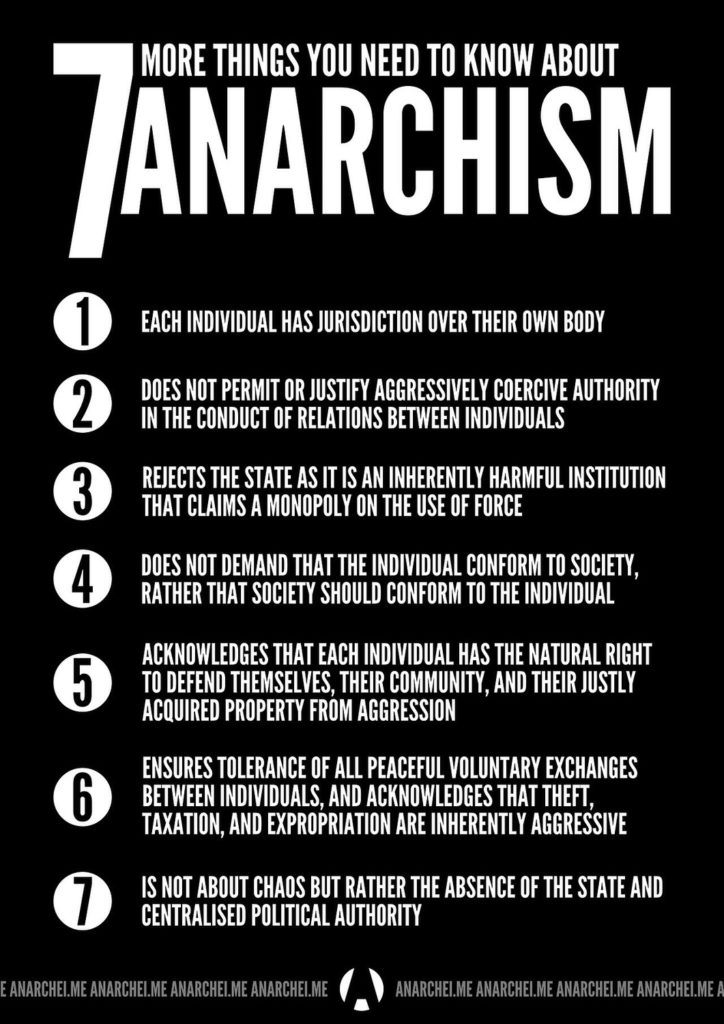
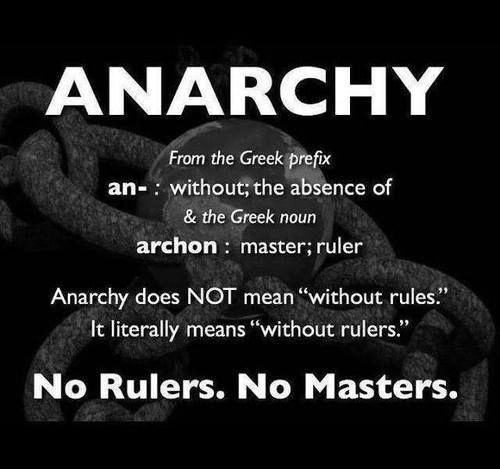
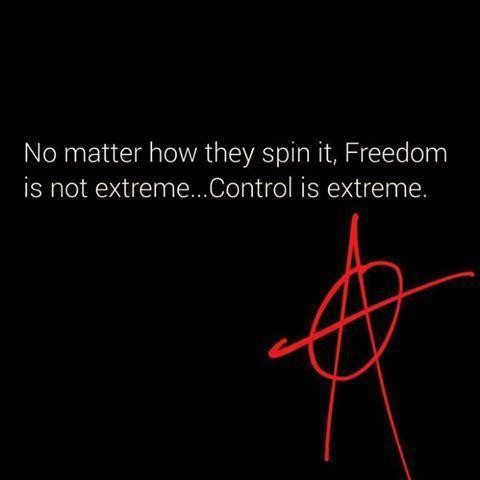
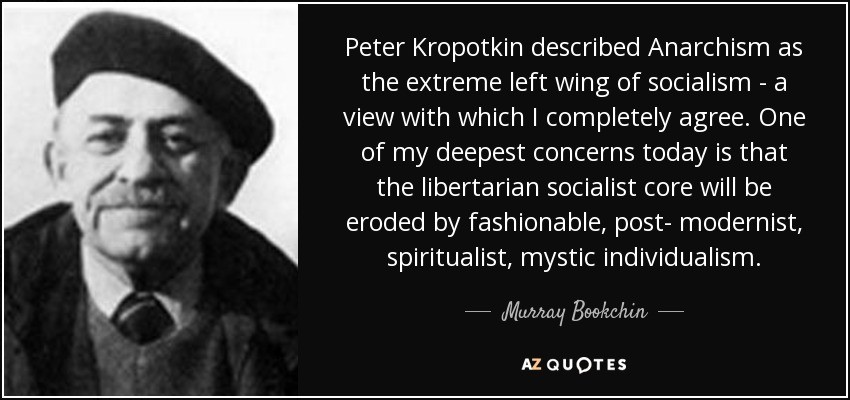
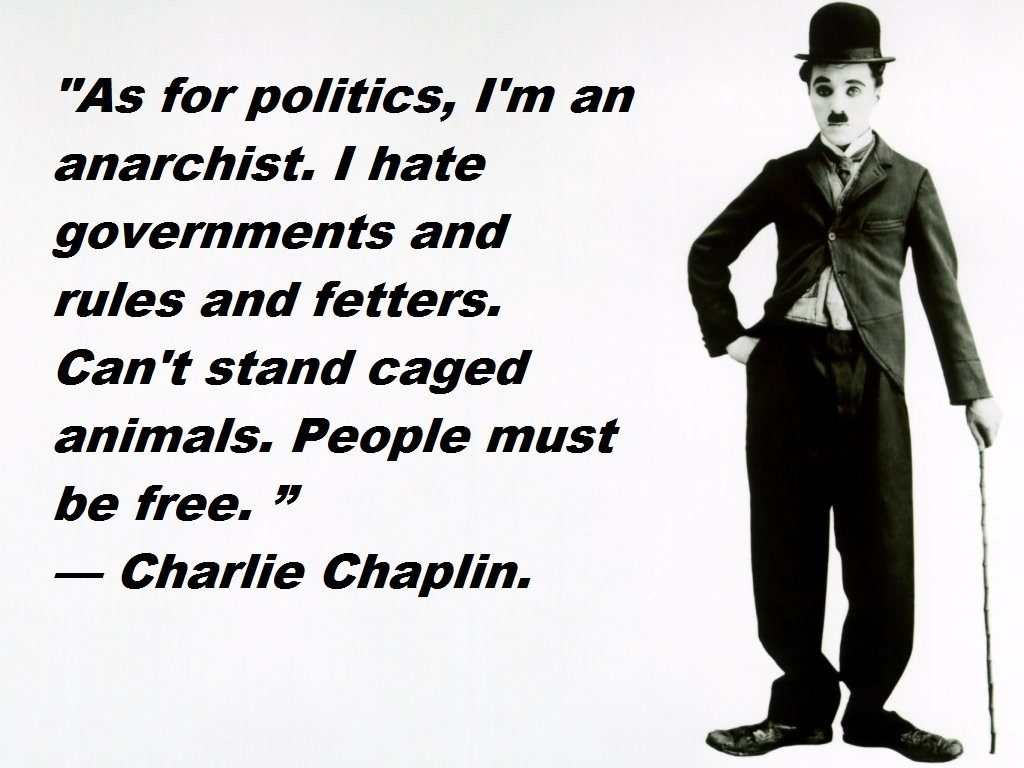
He was a socialist anarchist like me. I thought it was a revolution? Well, count me in, as a socialist-anarchist “Anarcho-Humanist”.
SIGHT UNSOUND: CHARLIE CHAPLIN, FROM COMEDIAN TO COMMUNIST
Great Dictator Speech – Charlie Chaplin
Rich Democrats Don’t Care About Income Inequality Any More Than Rich Republicans
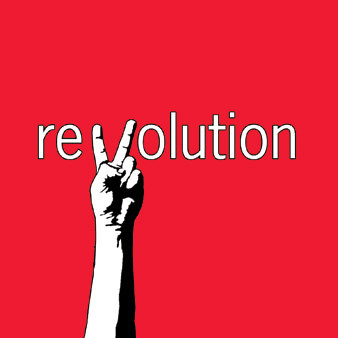
I am relatively classed as a socialist-collectivist-mutualist-anarchist. And a feminist-queer-anarchist as well as my own label for roughly all the above-called, Anarcho-Humanism.”
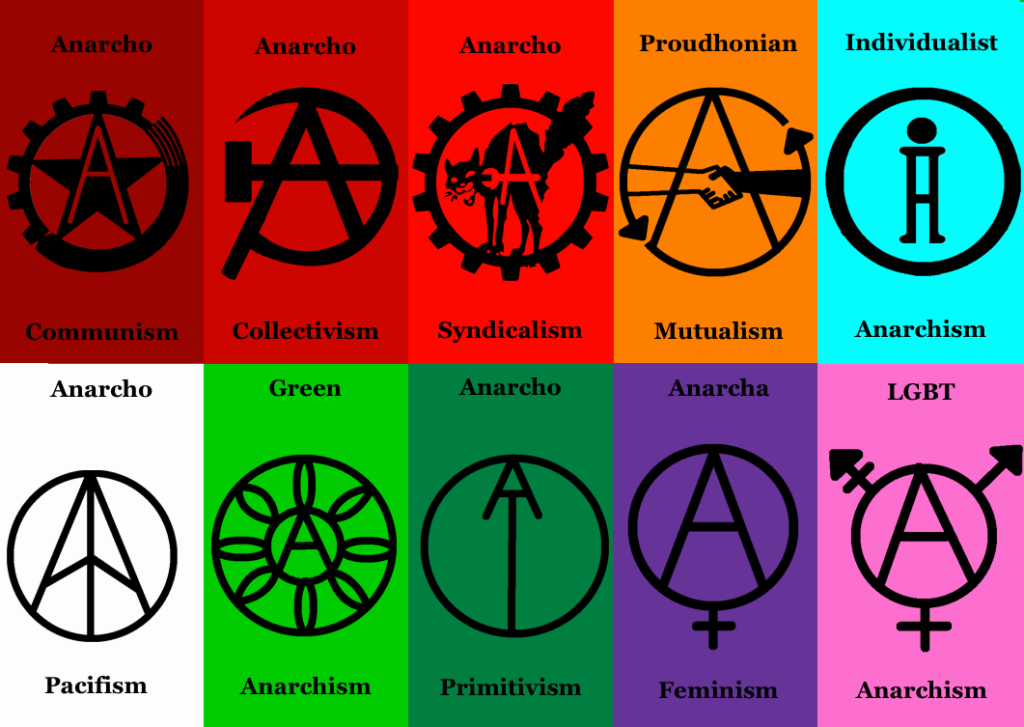

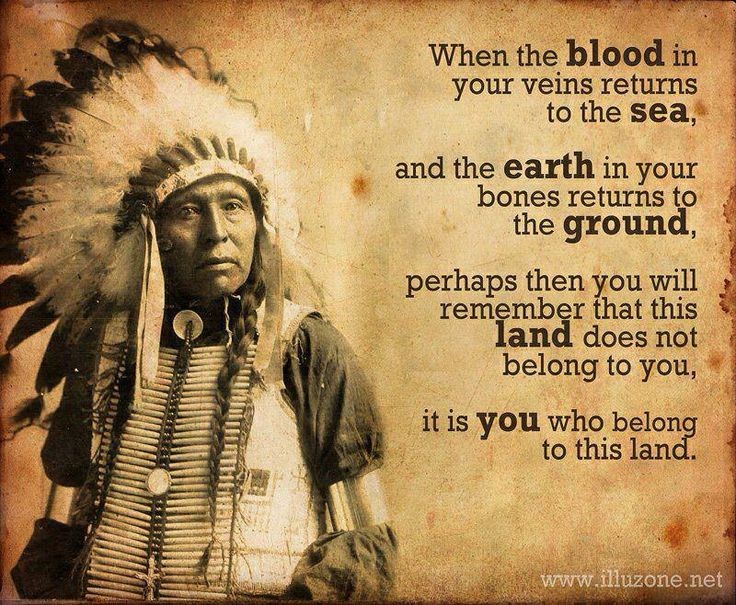

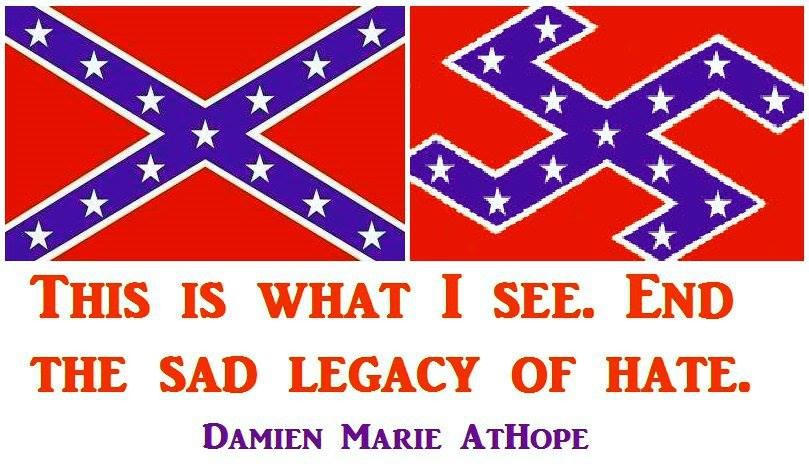



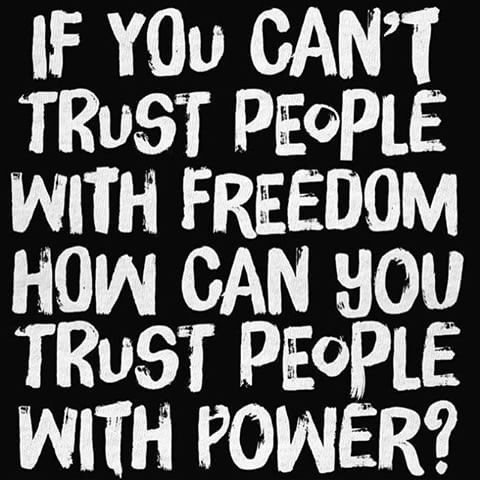

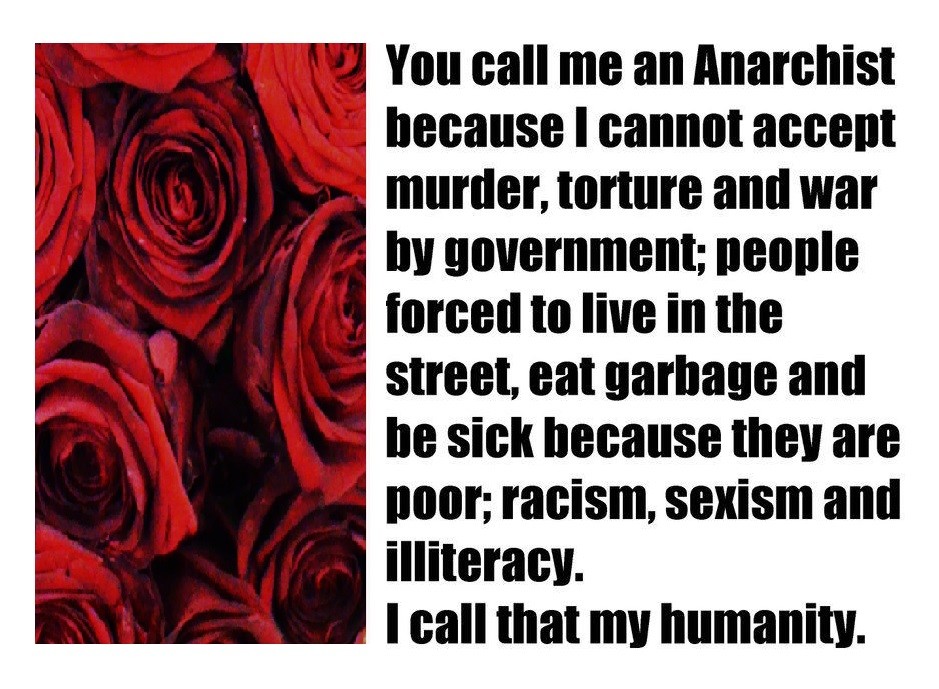
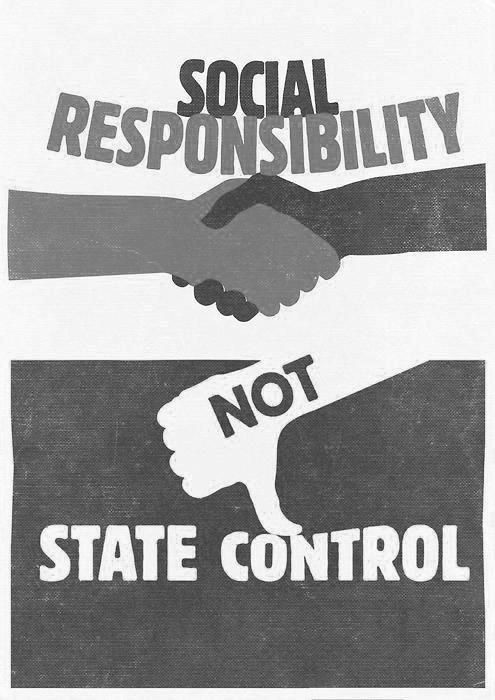

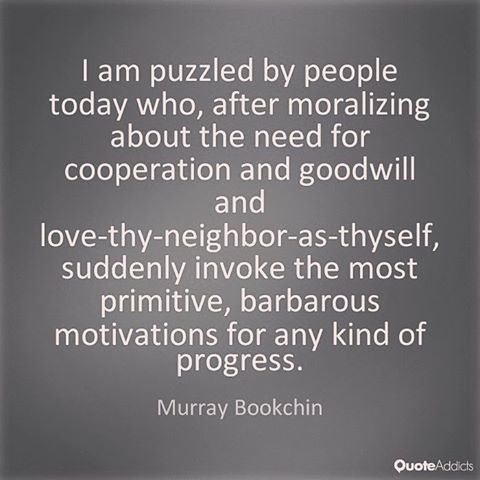
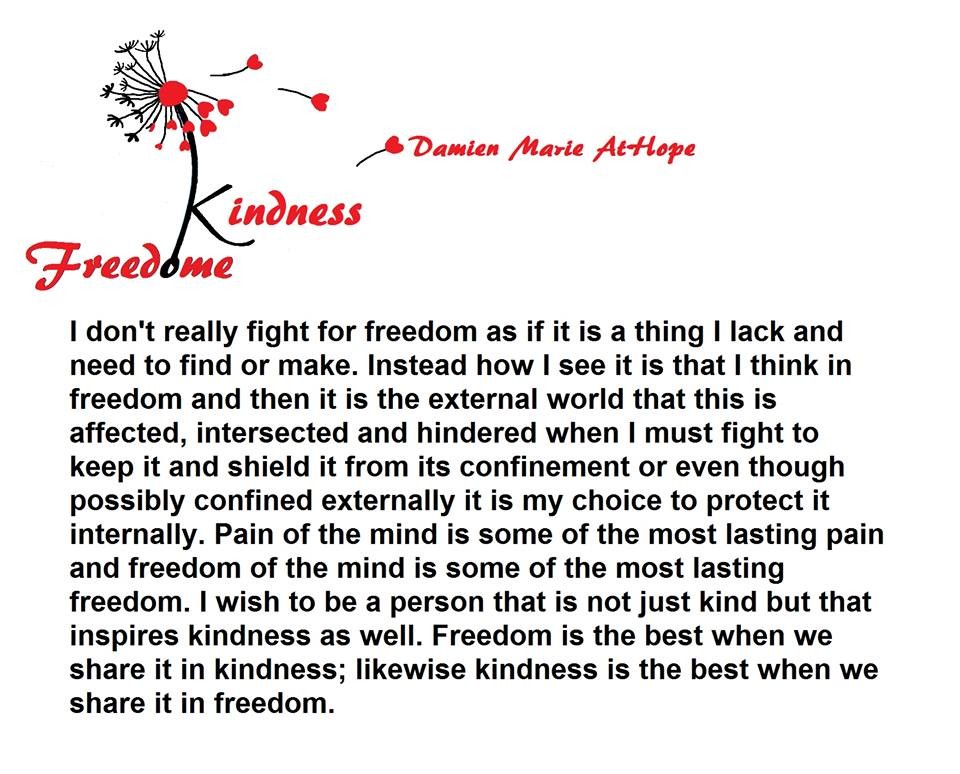


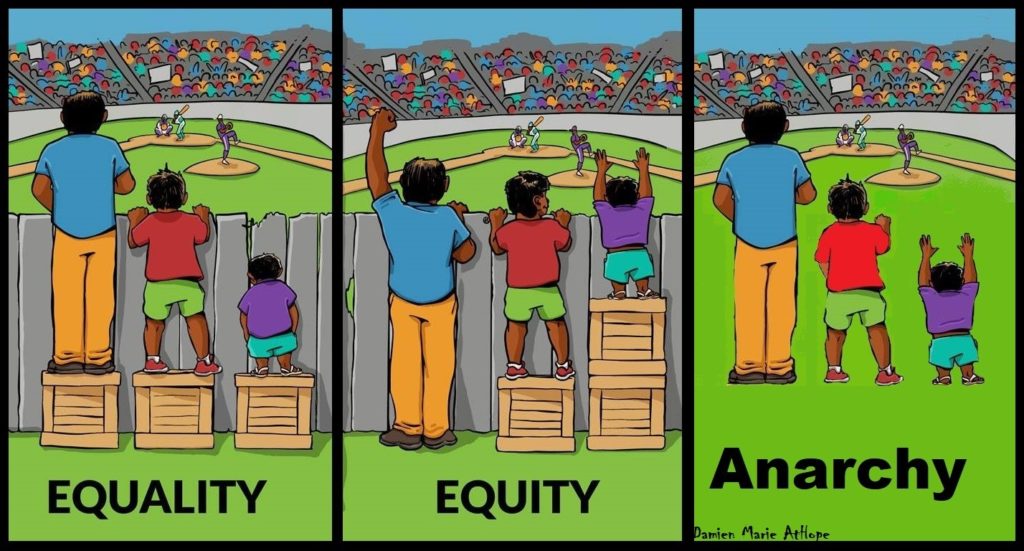
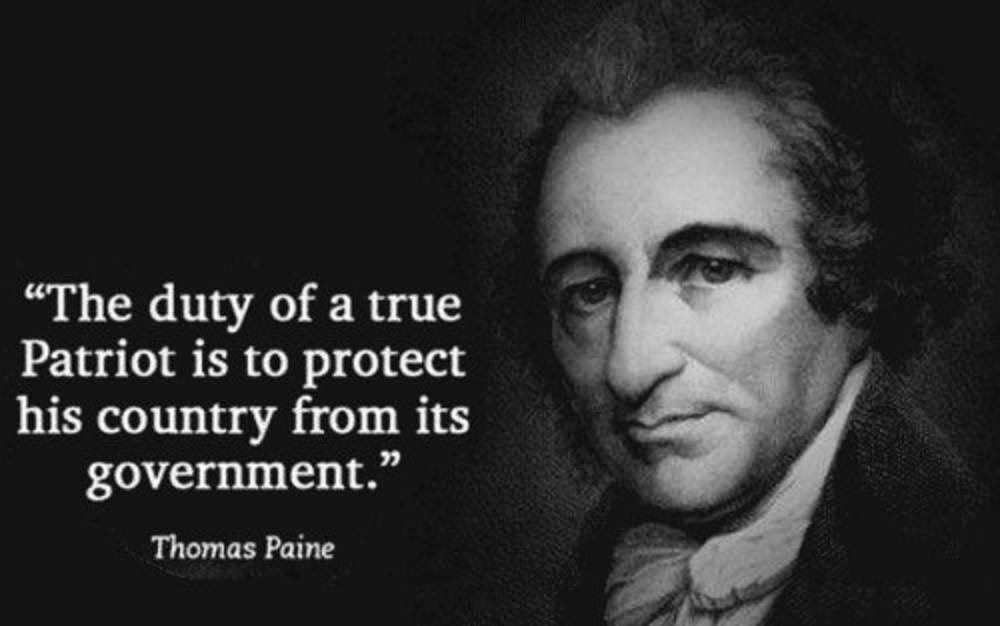
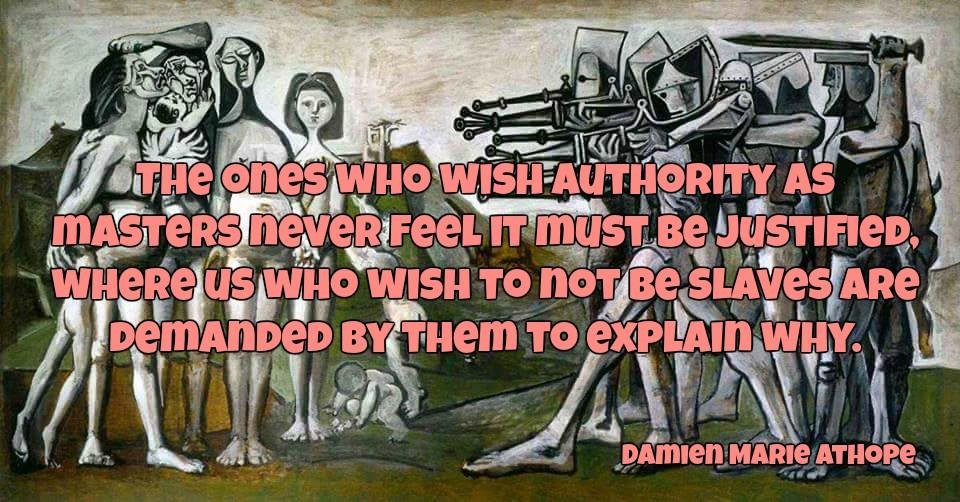
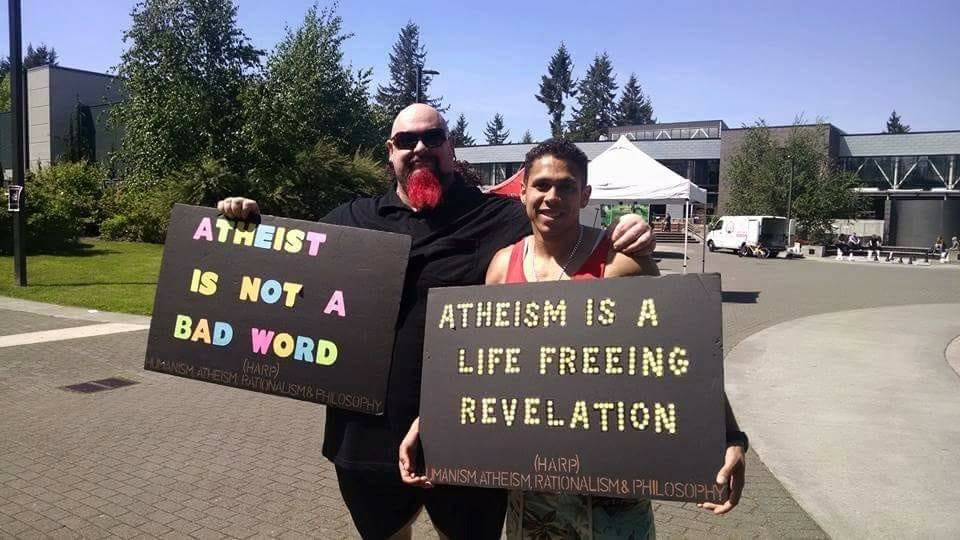
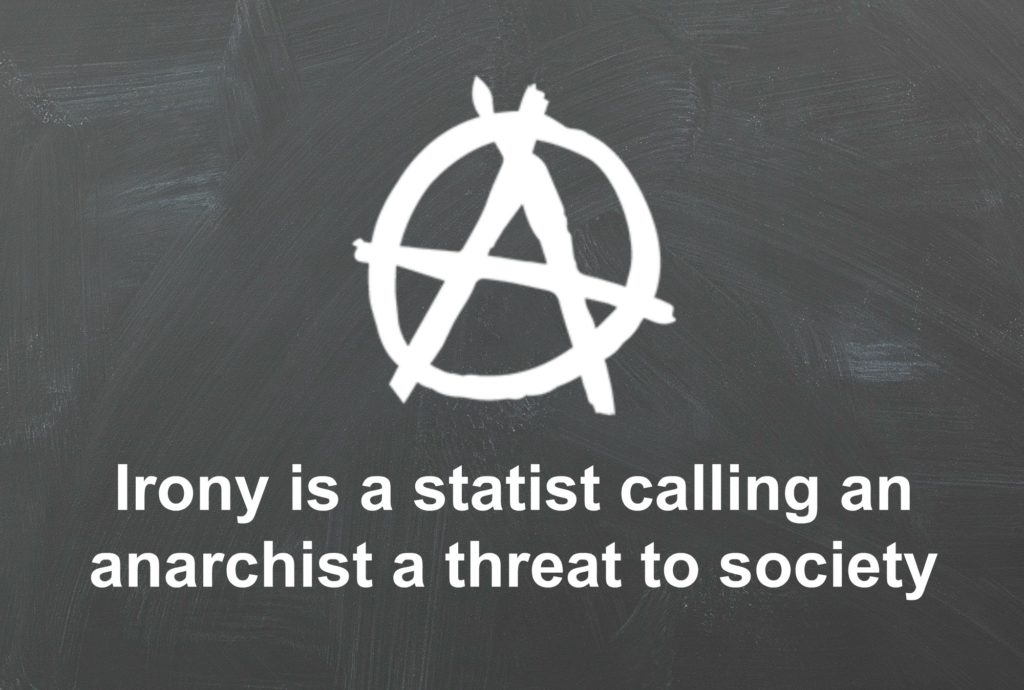
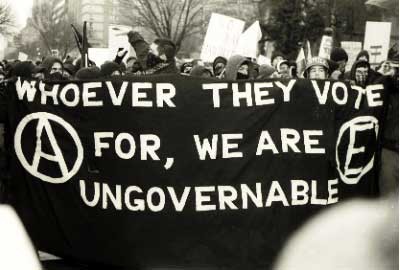
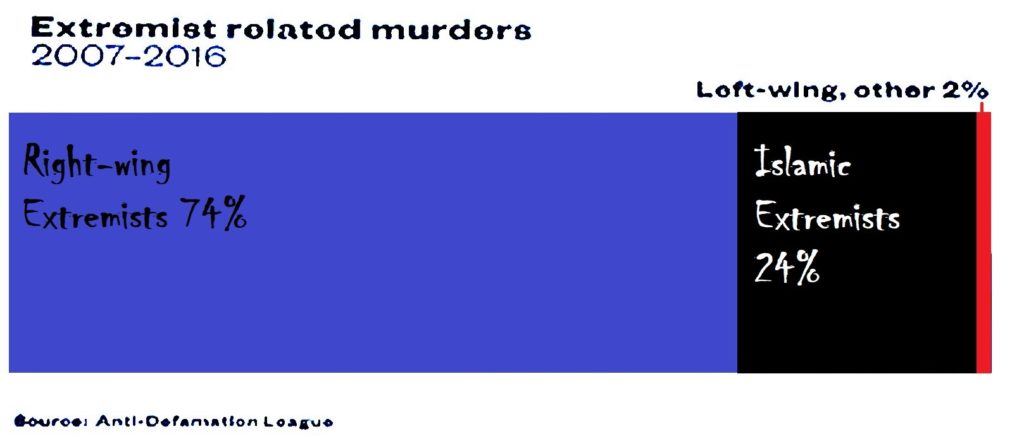
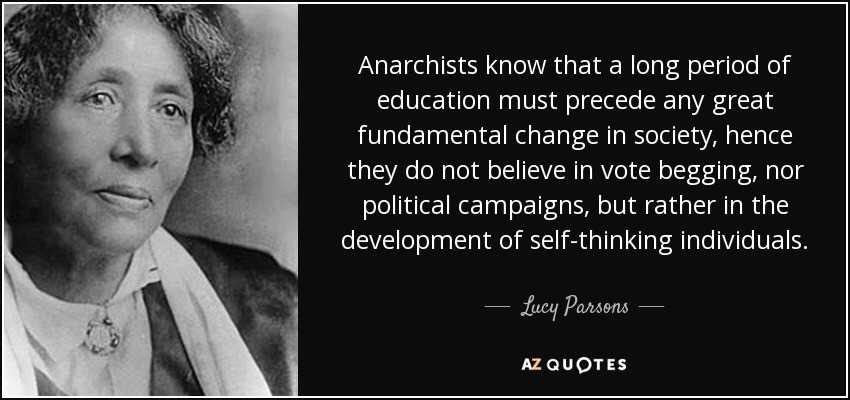


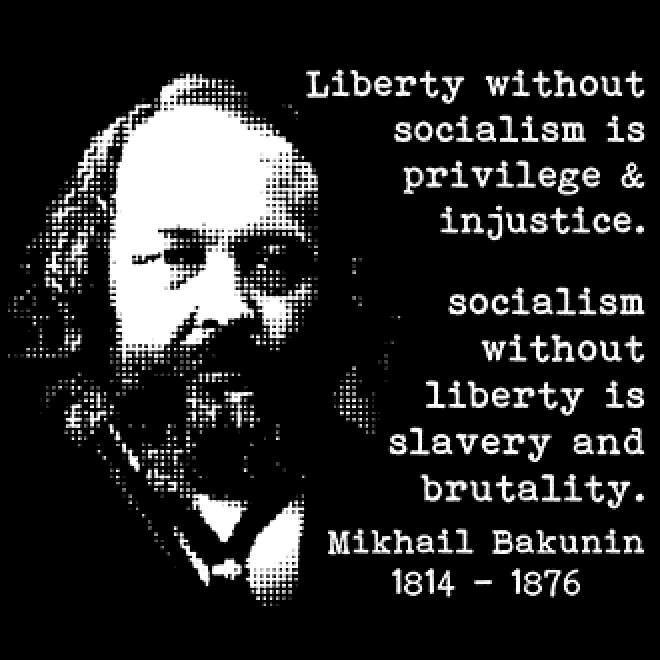
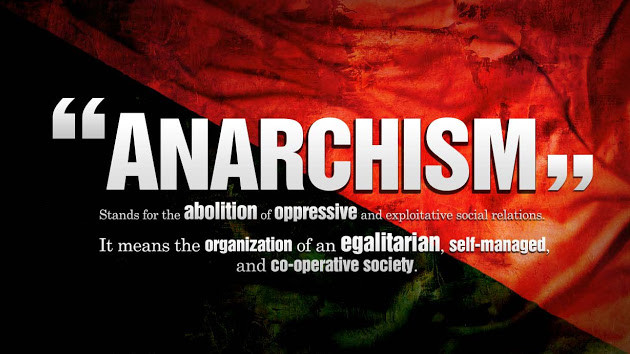
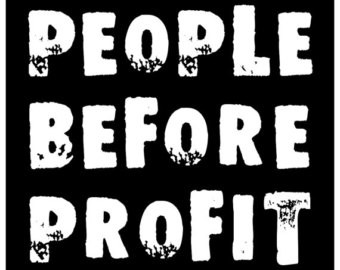
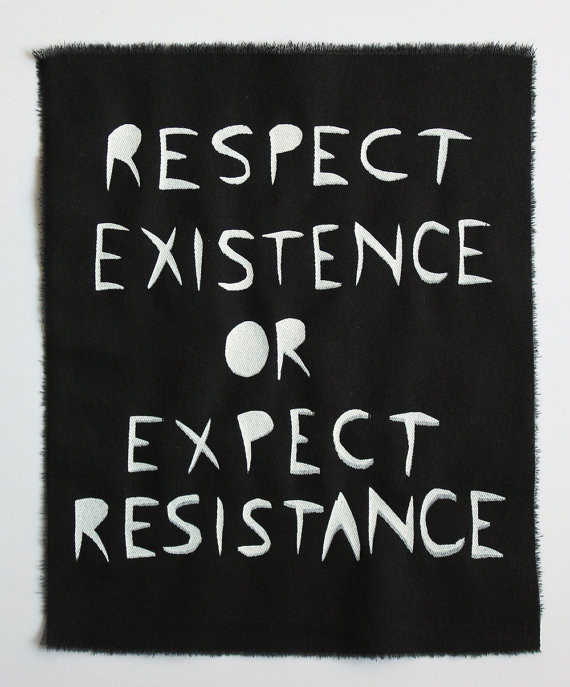
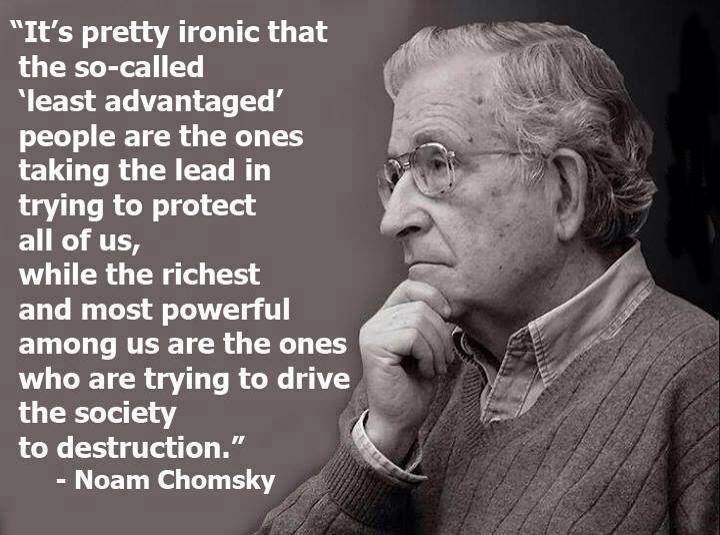
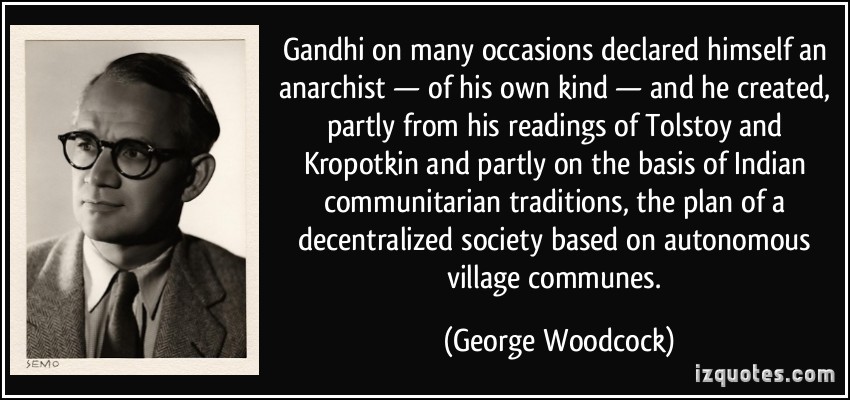
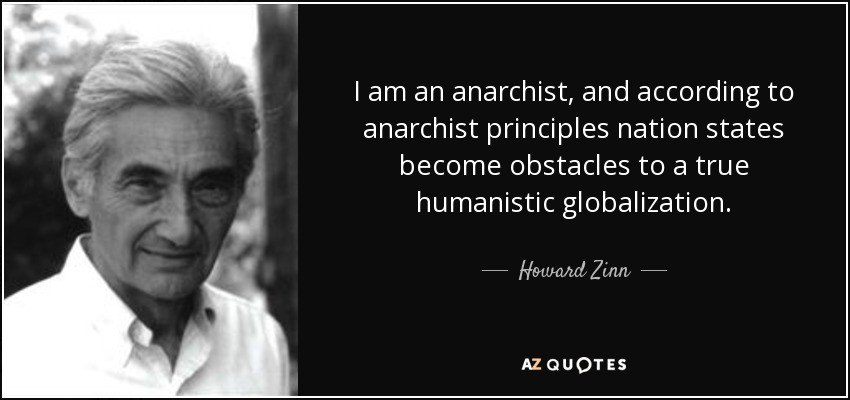
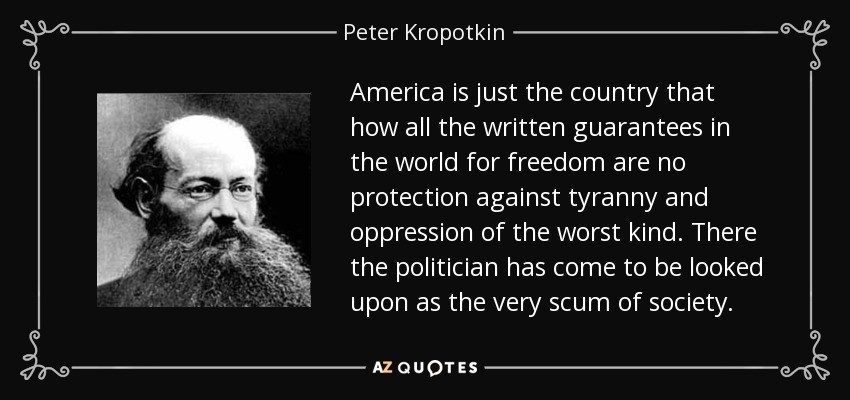
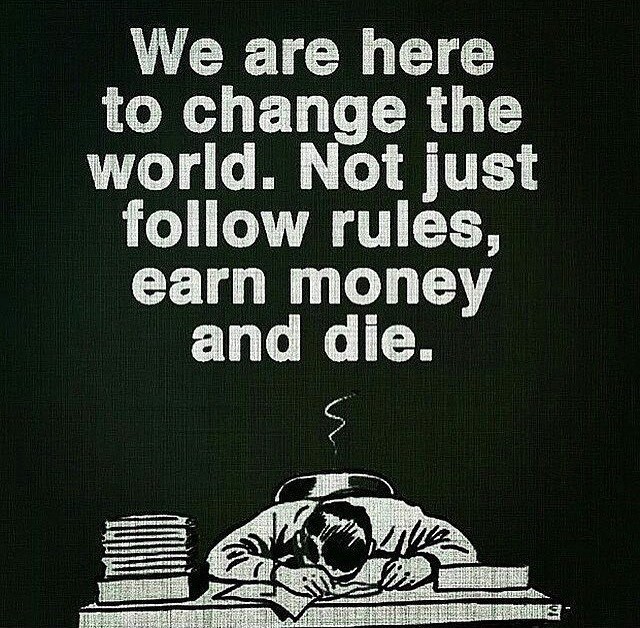

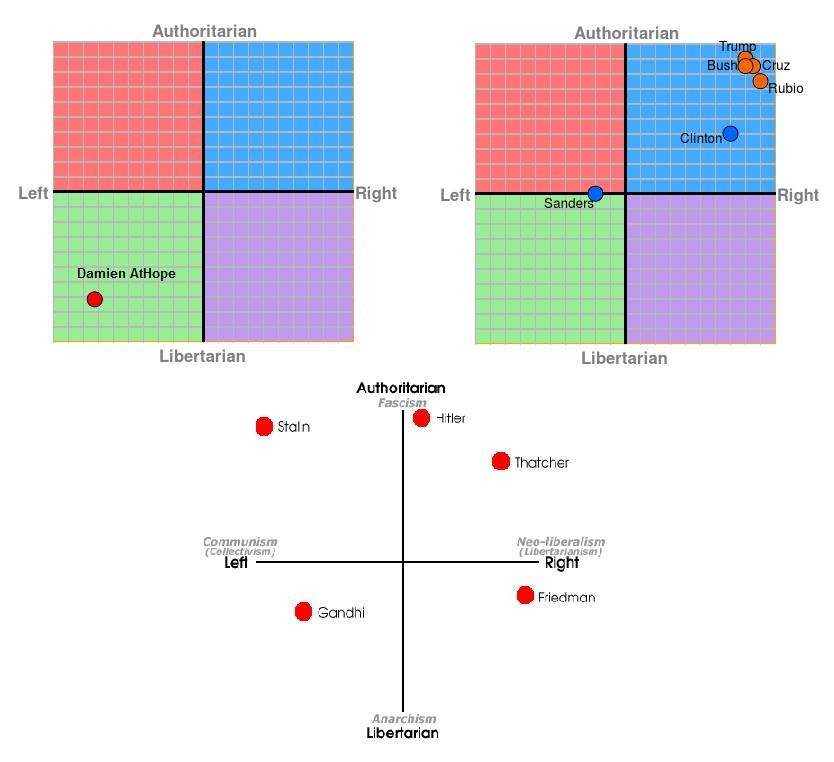
I am a proud socialist-anarchist.
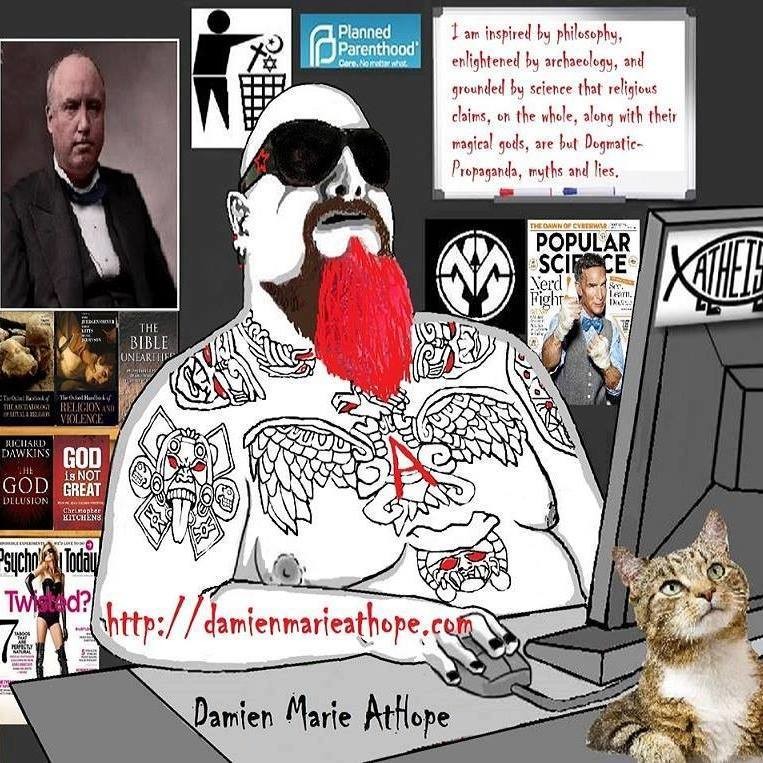
Art above by Damien Marie AtHope
For those wondering the picture in the back it is of Robert Green Ingersoll.
The quote on the chock board is my quote:
“I am inspired by philosophy, enlightened by archaeology and grounded by science that religious claims, on the whole, along with their magical gods, are but Dogmatic-Propaganda, myths and lies.”
My website: https://damienmarieathope.com/
The “M” symbol stands for Mutualism (economic theory).
The magazines displayed are Popular Science & Psychology Today.
http://subscriptions.popsci.com/Popular-Science/Magazine
https://www.psychologytoday.com/magazine/archive/2015/09
The books displayed are The God Delusion, God Is Not Great, Archaeology of Ritual and Religion, Religion and Violence, and The Bible Unearthed.
http://www.amazon.com/The-God-Delusion-Richard-Dawkins/dp/0618918248
http://www.amazon.com/God-Is-Not-Great-Everything/dp/0446697966
http://www.amazon.com/Oxford-Handbook-Archaeology-Religion-Handbooks/dp/019923244X
http://www.amazon.com/Oxford-Handbook-Religion-Violence-Handbooks/dp/0199759995
http://www.amazon.com/The-Bible-Unearthed-Archaeologys-Ancient/dp/0684869136
A wise person can even learn from things some people think are stupid. A stupid person cannot even learn from someone who is wise.

We as humanity must work together as one people and one human race. We can no longer sit back and watch the world burn. We are accountable for the world staying the same thus leading to extended suffering, or change the world to start alleviating suffering. For too long we have gotten comfortable with eyes of hate, which only seem to find victims, instead of eyes of love, helping us find friends.
I am not calling for fighting for a political party; I am trying to inspire humanitarian flourishing not limited to even a country. As I wish to look to the big picture, that we are all global citizens, and I say it’s time we start acting like it. I, as others, promise to strive to help be the change so needed in this world. Will you join us?

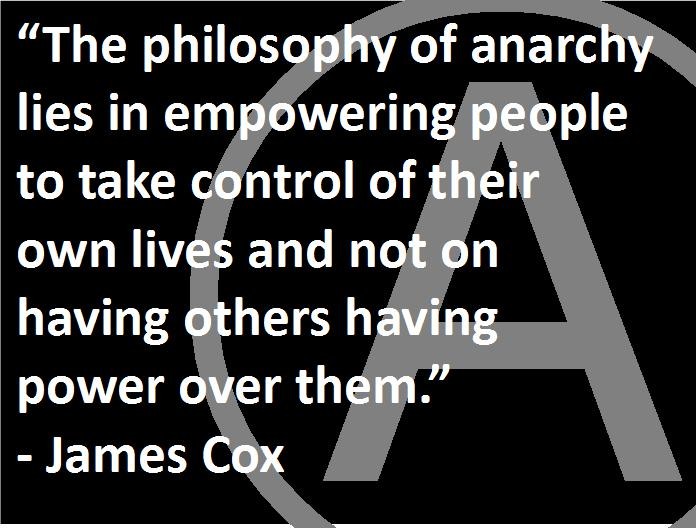
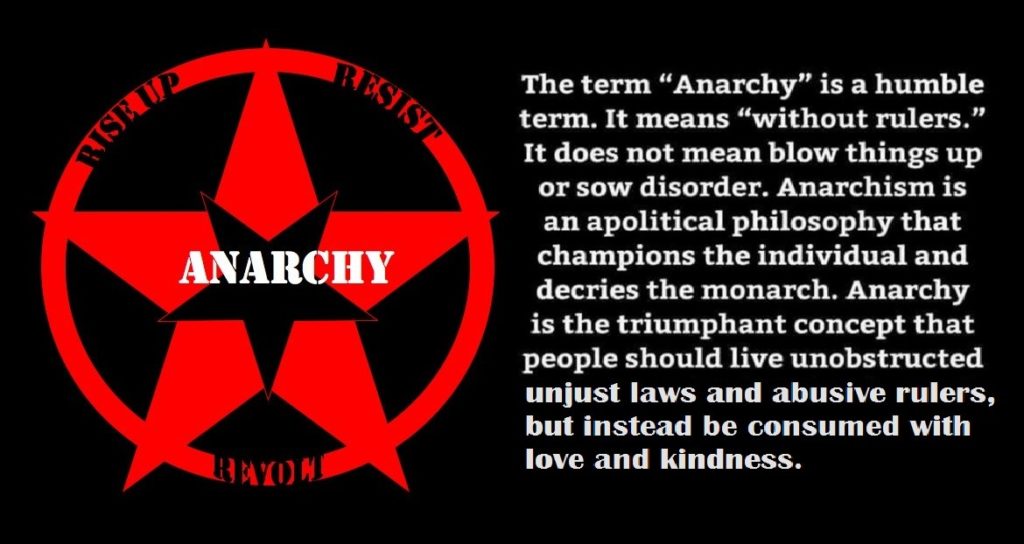
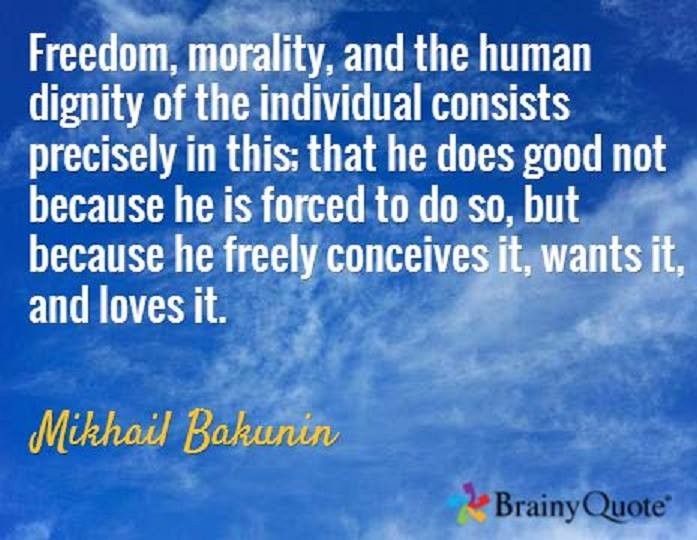

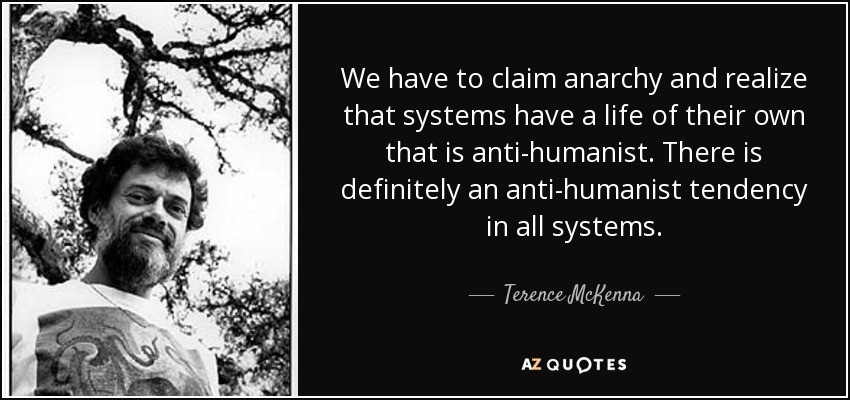
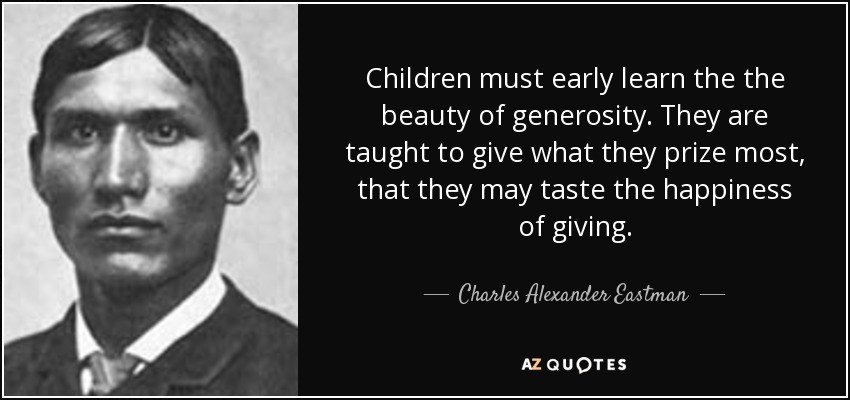
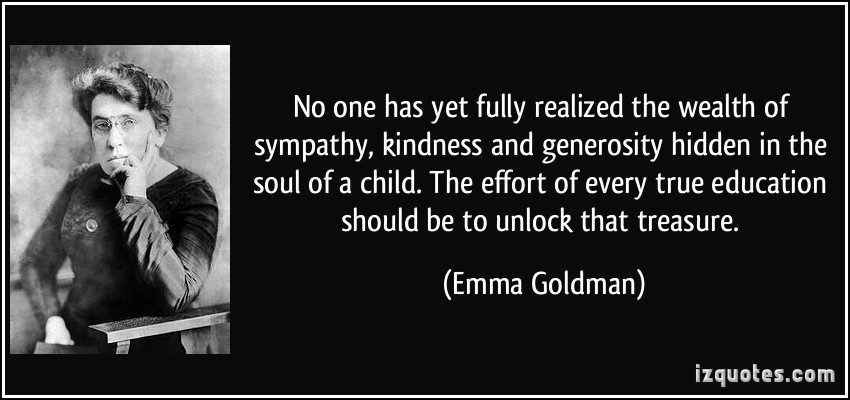
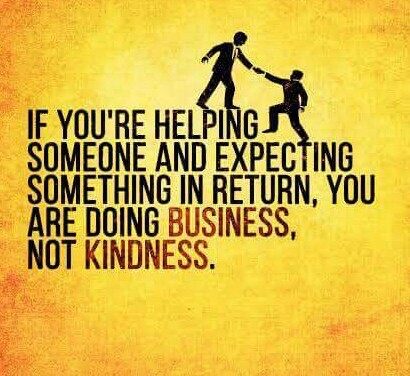
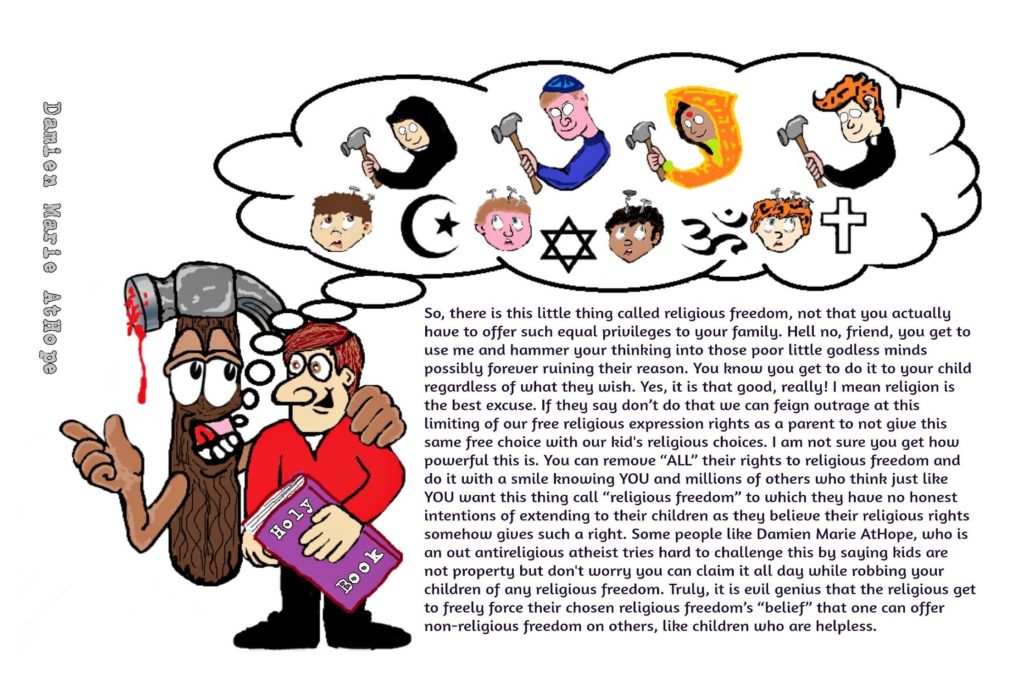
Art above by Damien Marie AtHope
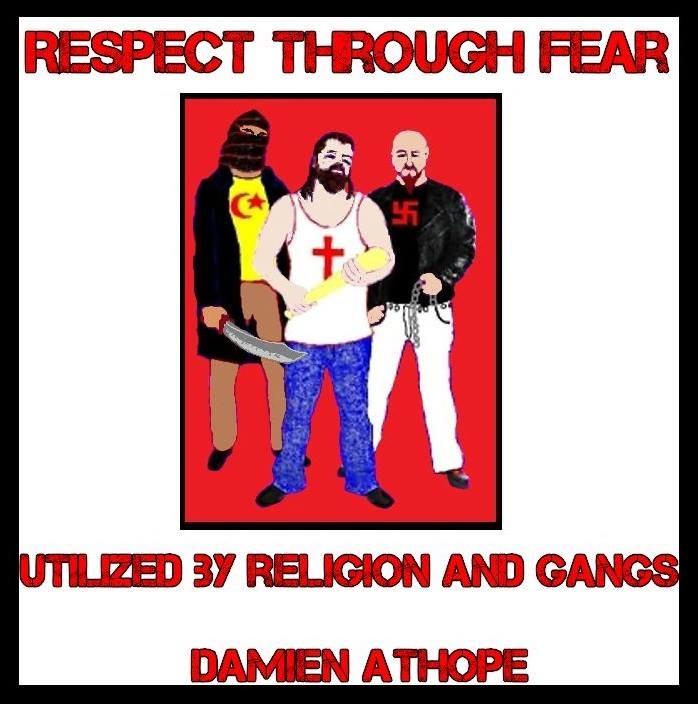
Art above by Damien Marie AtHope

Art above by Damien Marie AtHope

Art above by Damien Marie AtHope

Art above by Damien Marie AtHope

Art above by Damien Marie AtHope

Art above by Damien Marie AtHope

Art above by Damien Marie AtHope
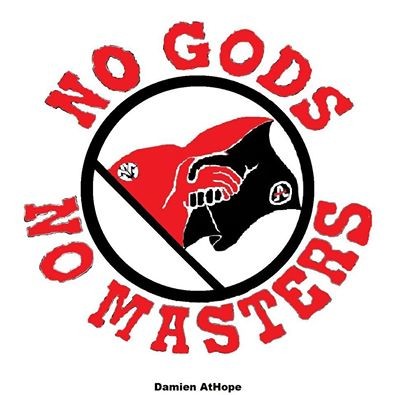
Art above by Damien Marie AtHope
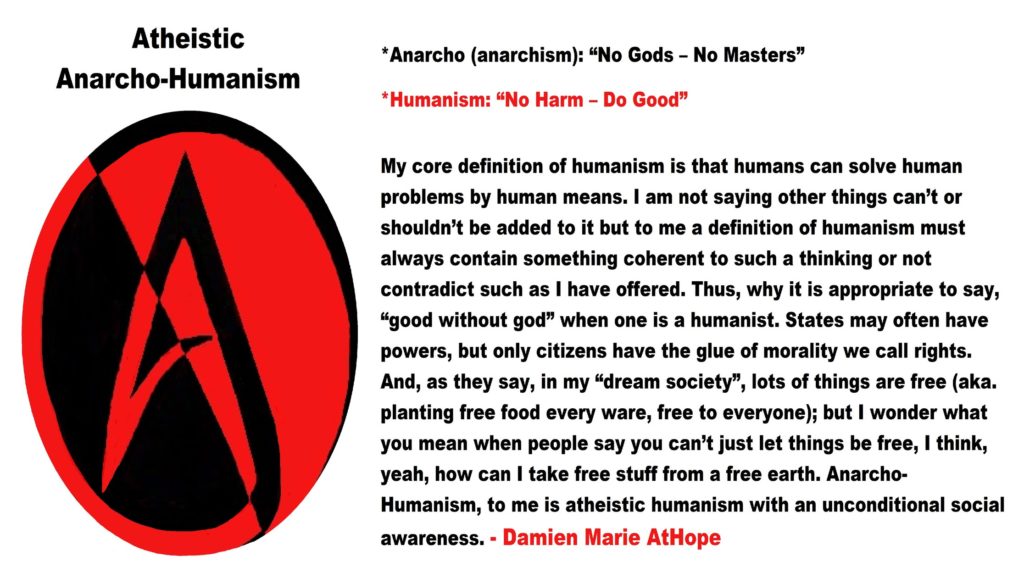
Art above by Damien Marie AtHope
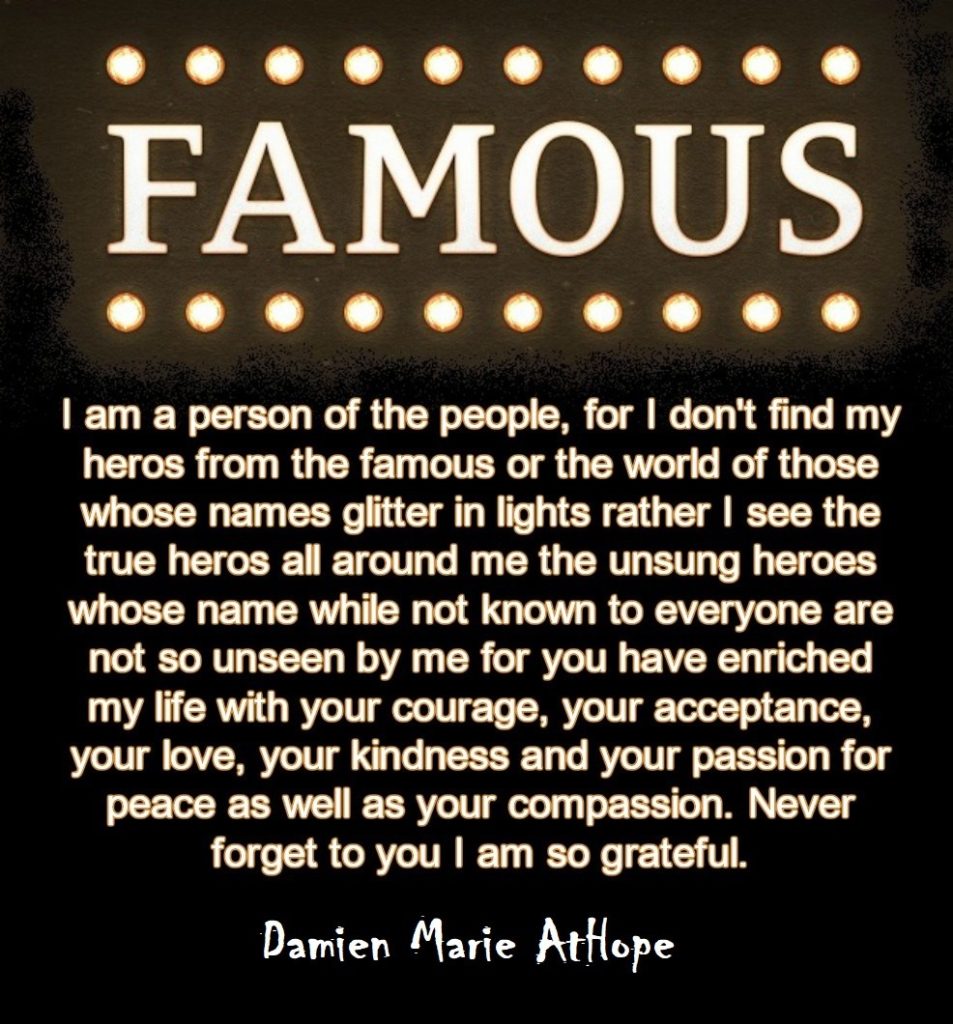
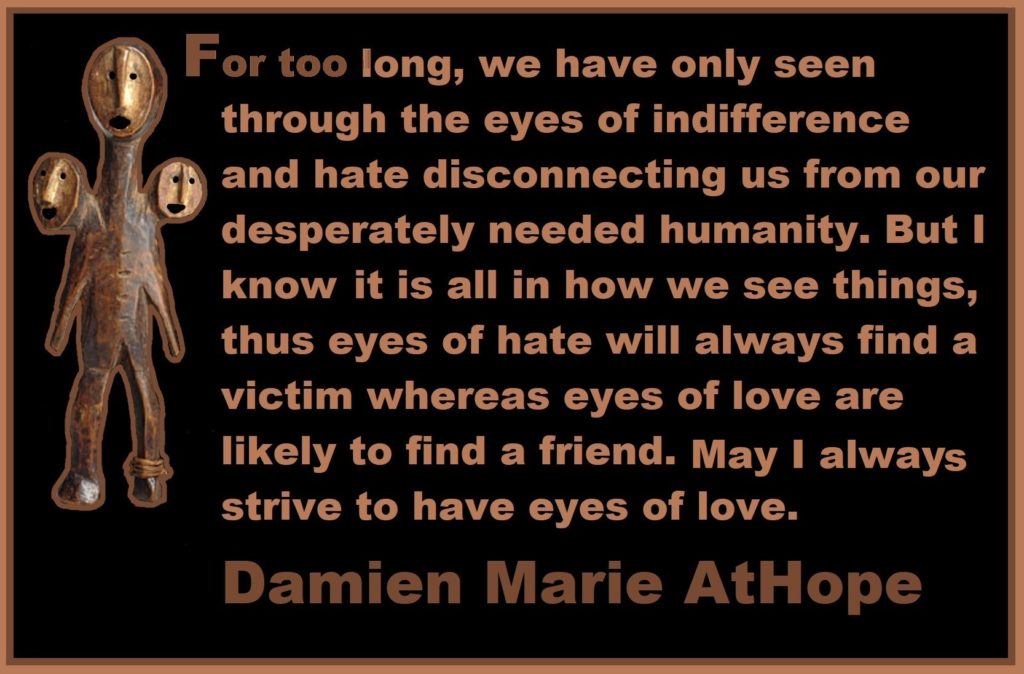
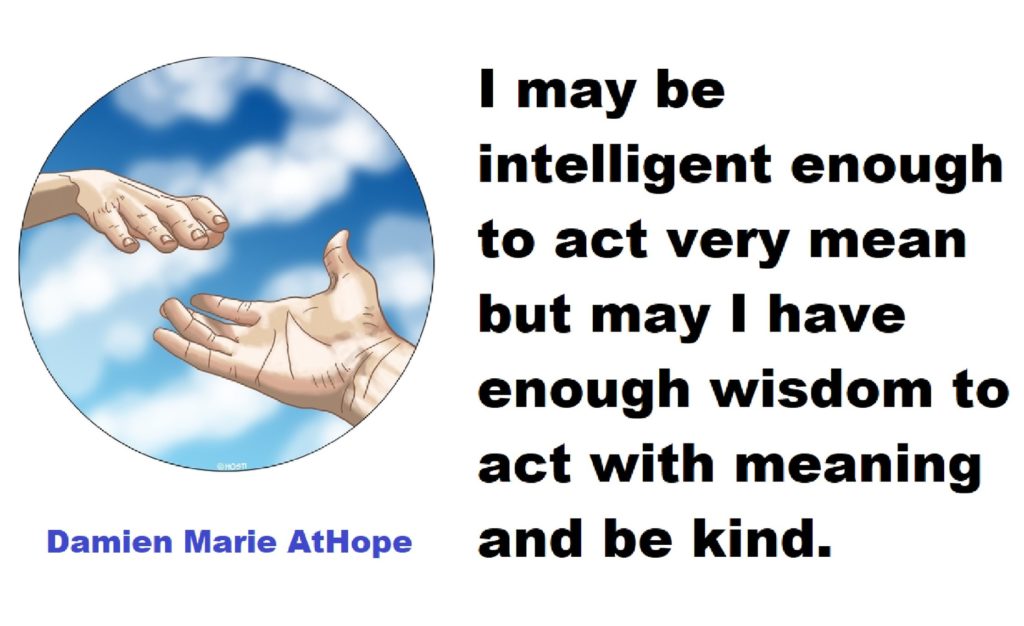
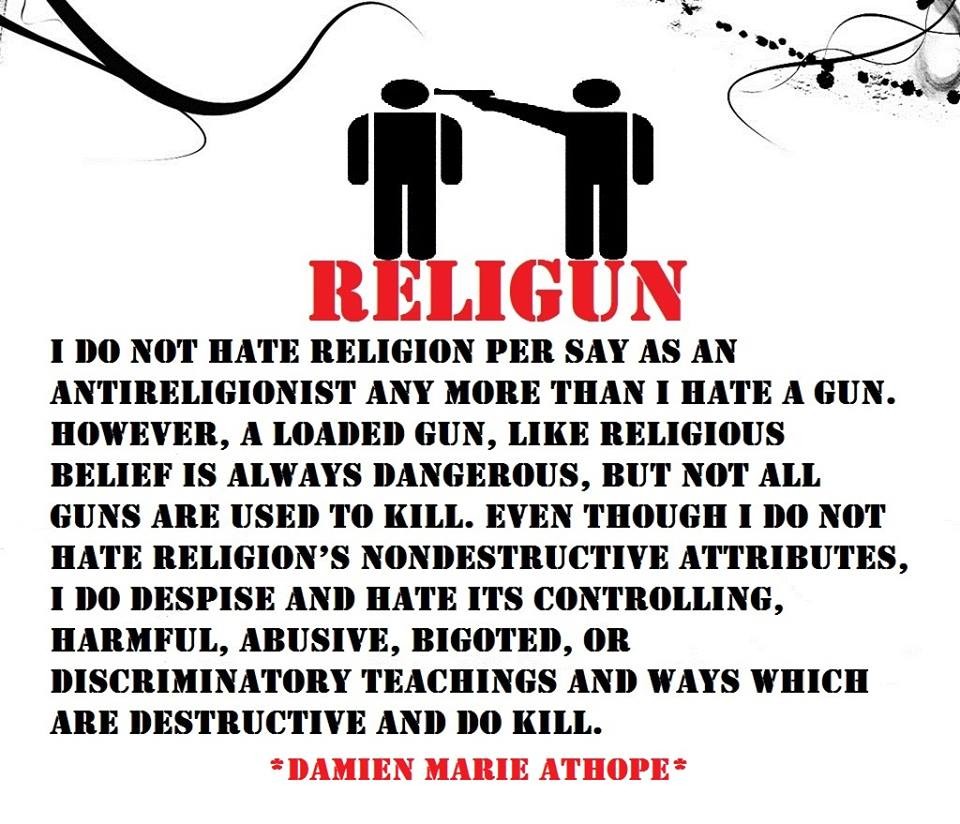
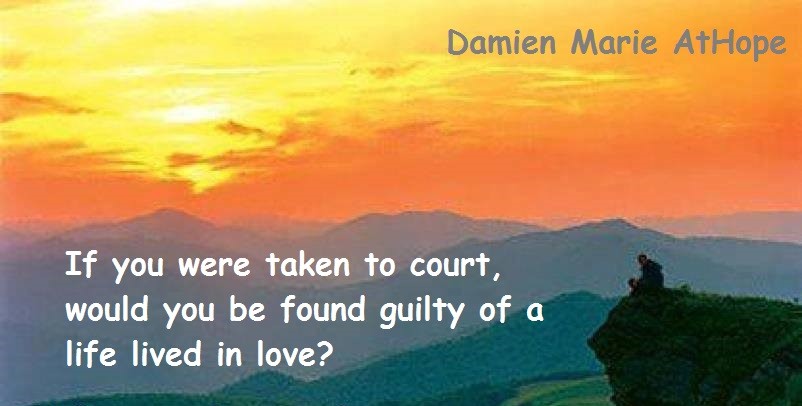
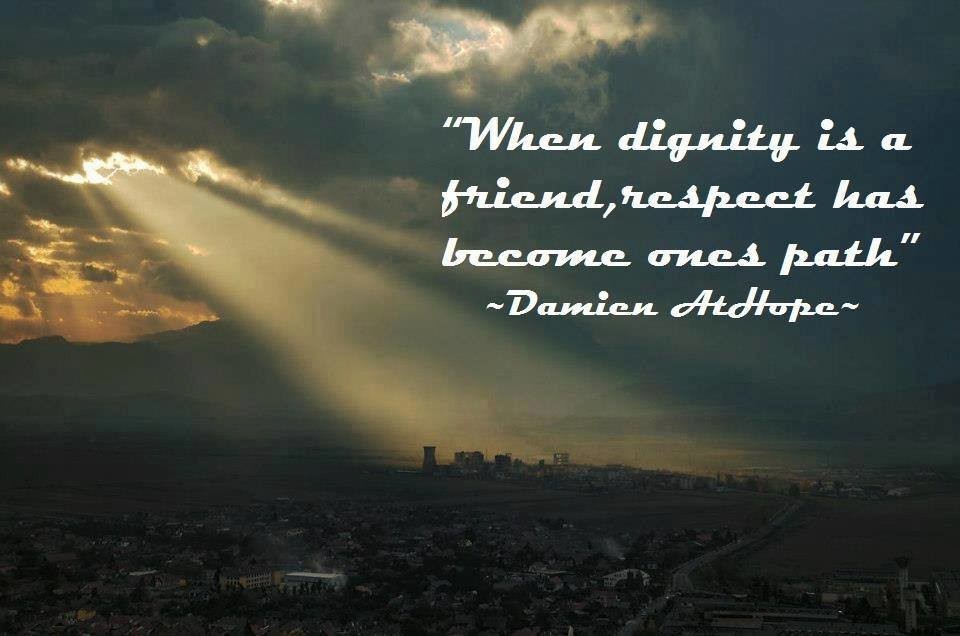
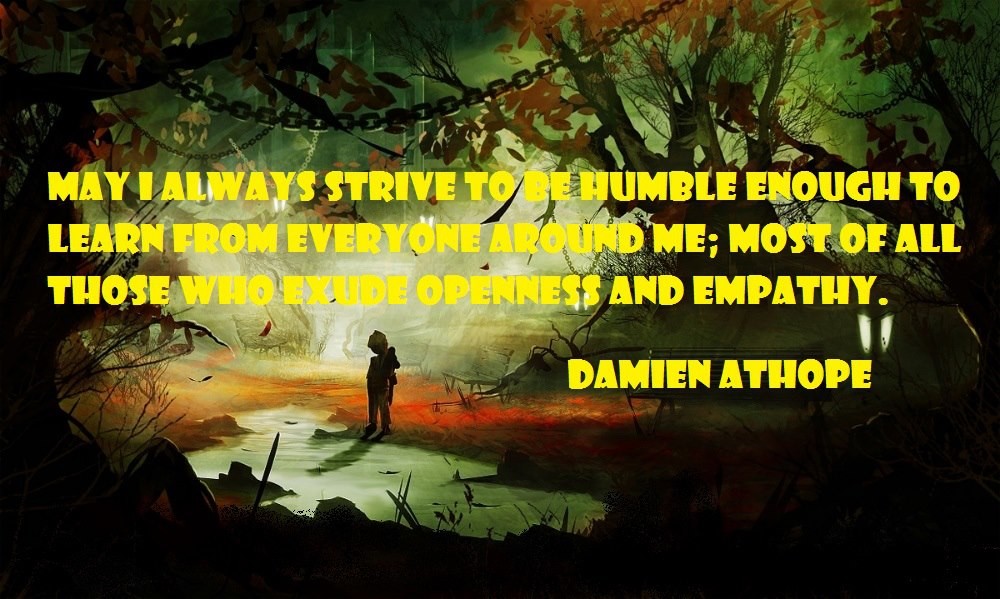
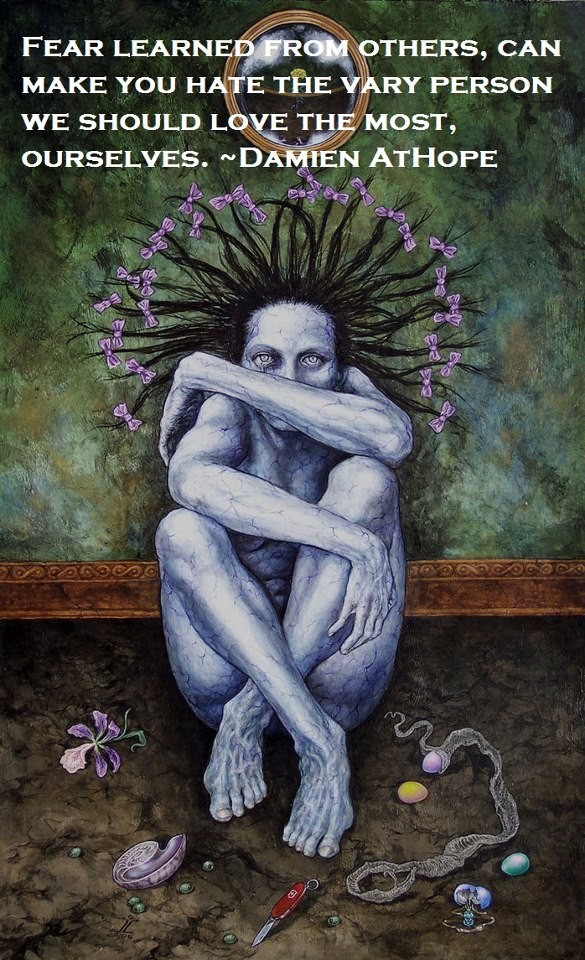

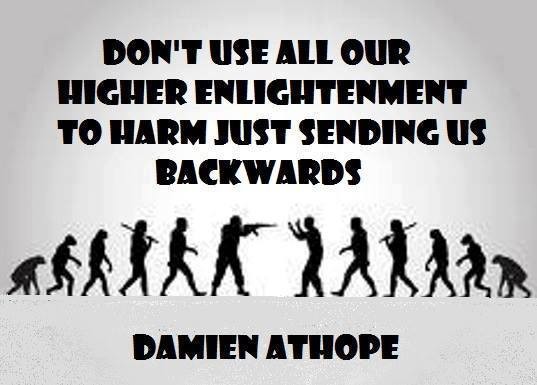
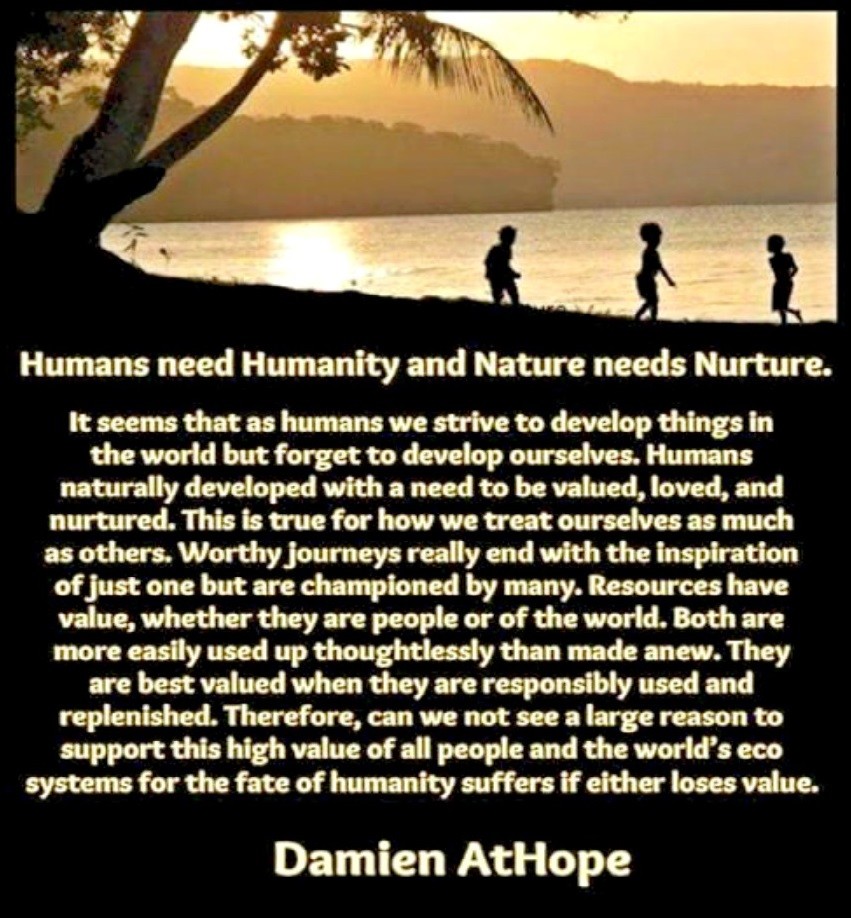
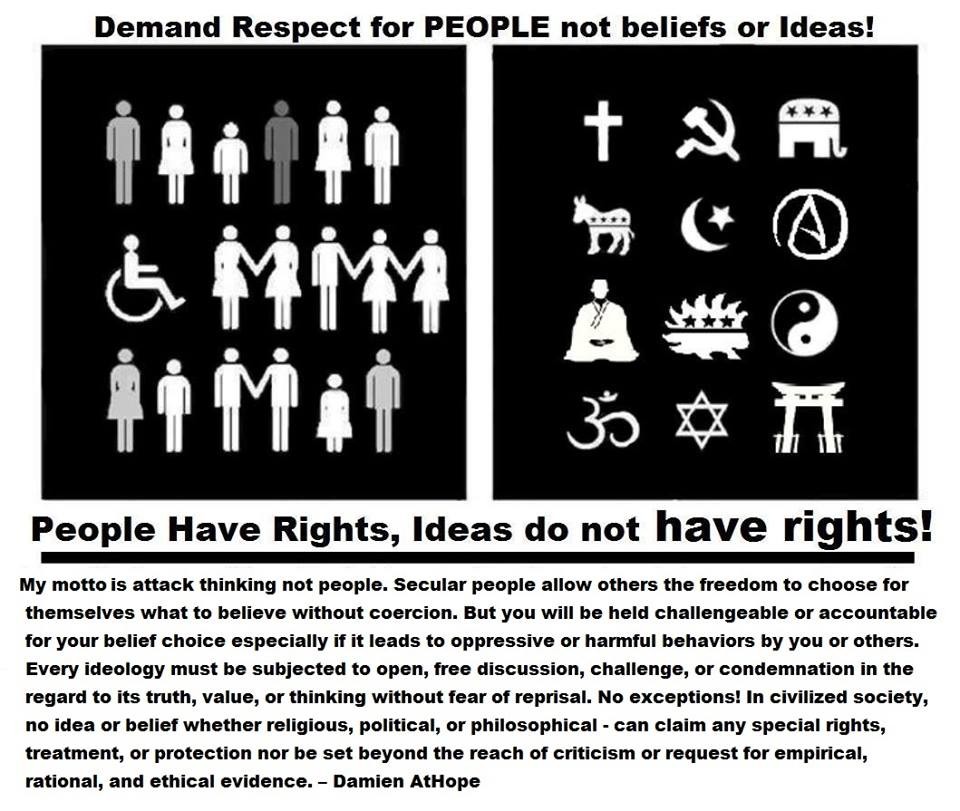
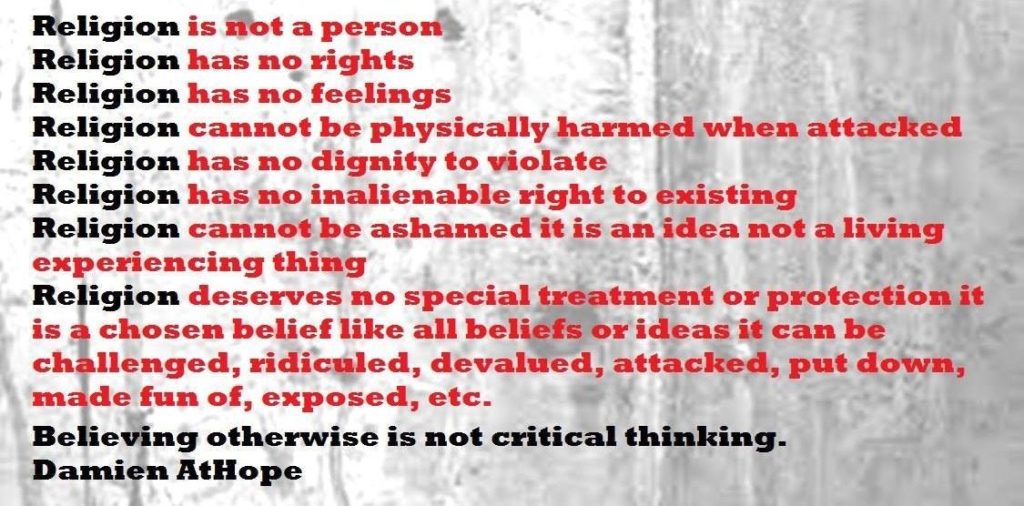
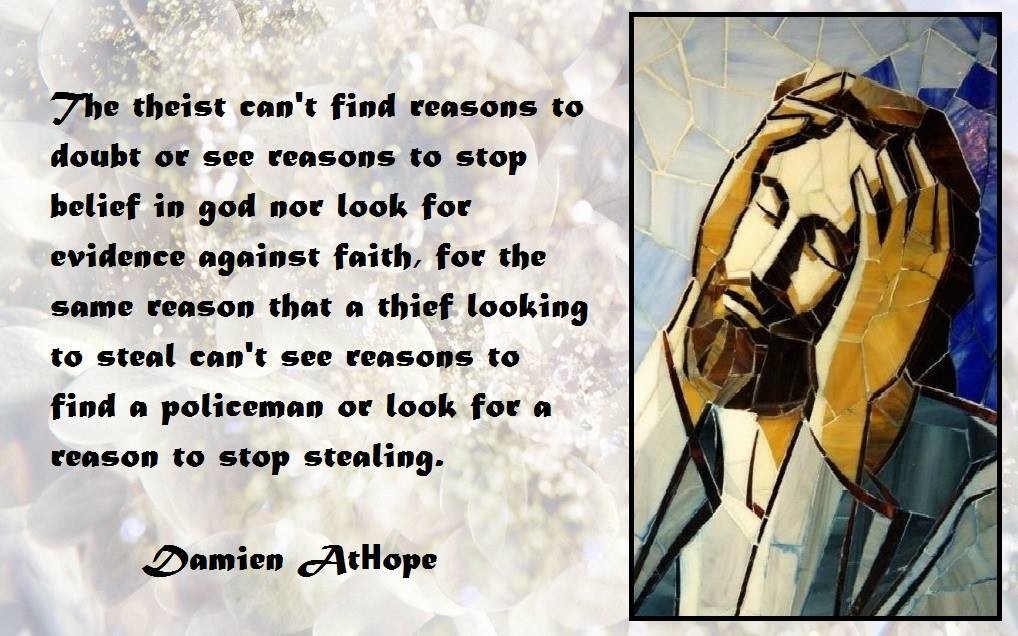
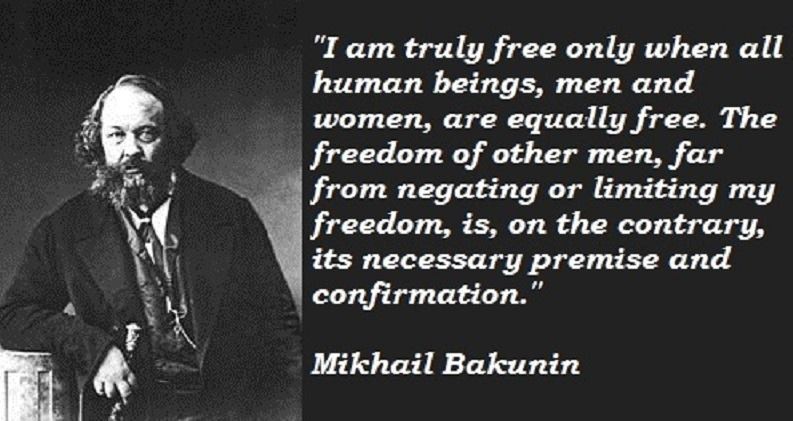
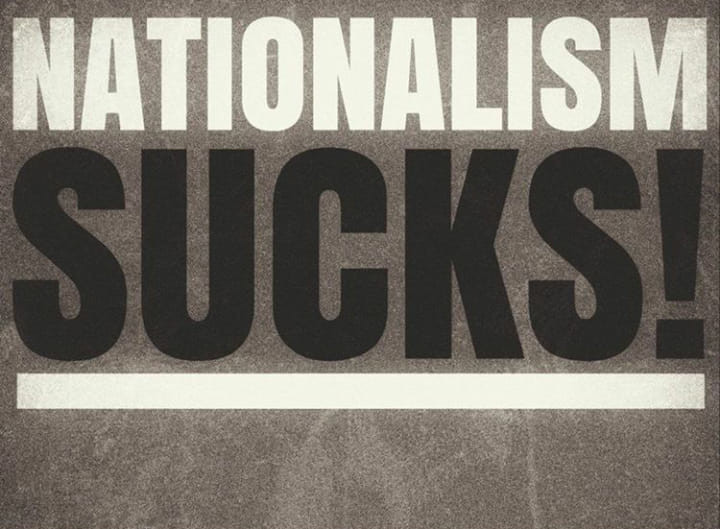
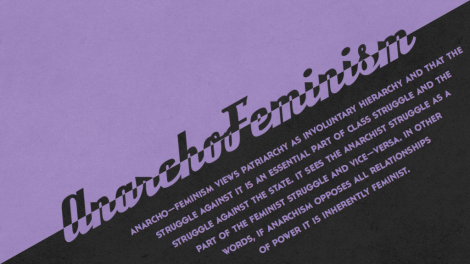
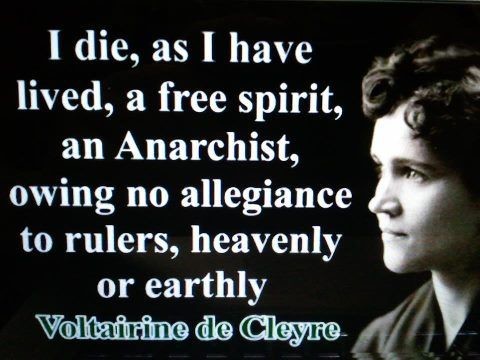
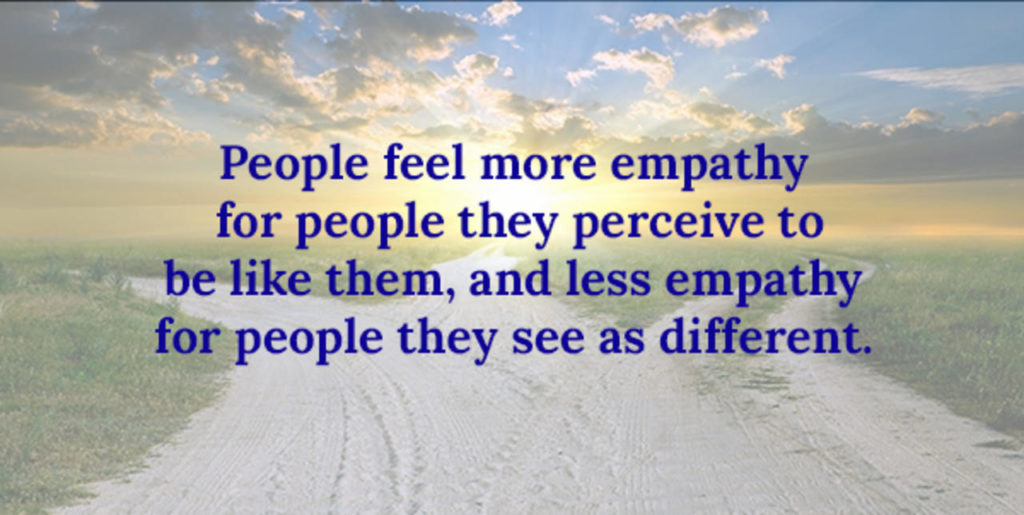
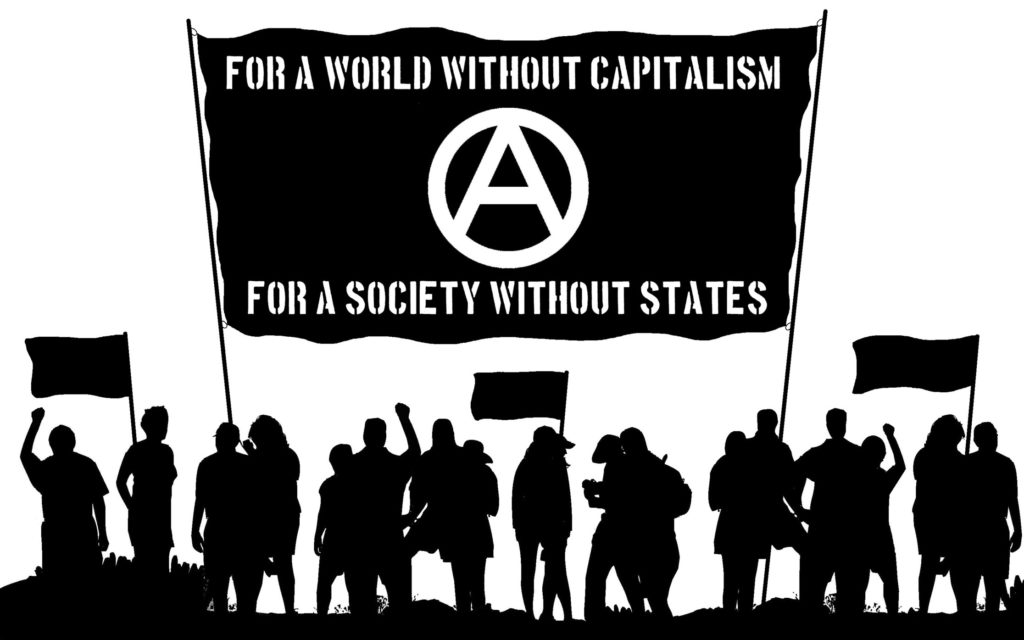
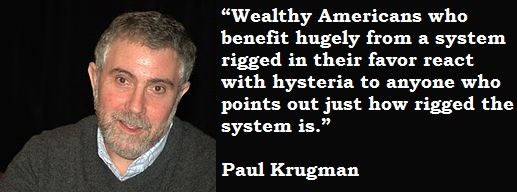
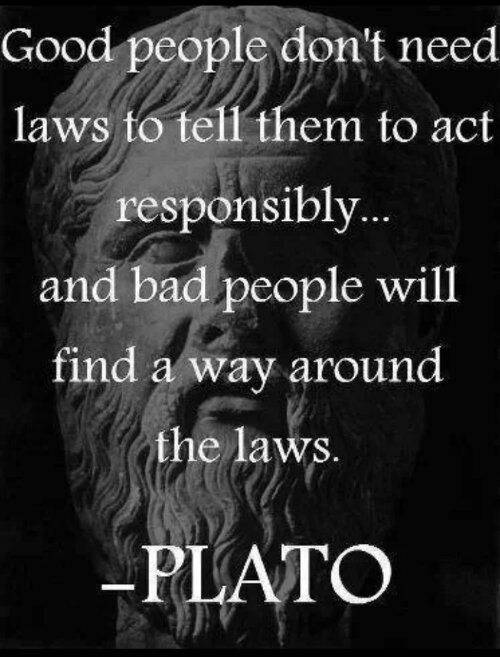
I am for humanistically aware and dignity respectful, universal ethical laws.
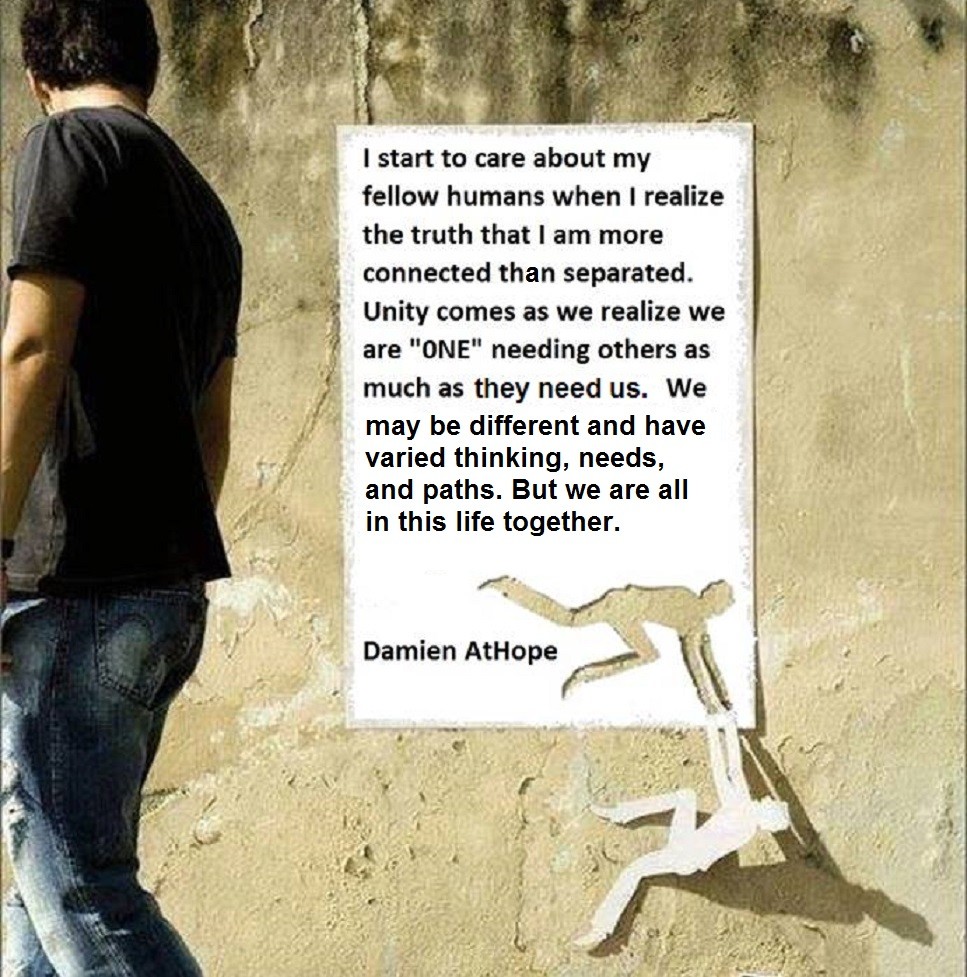
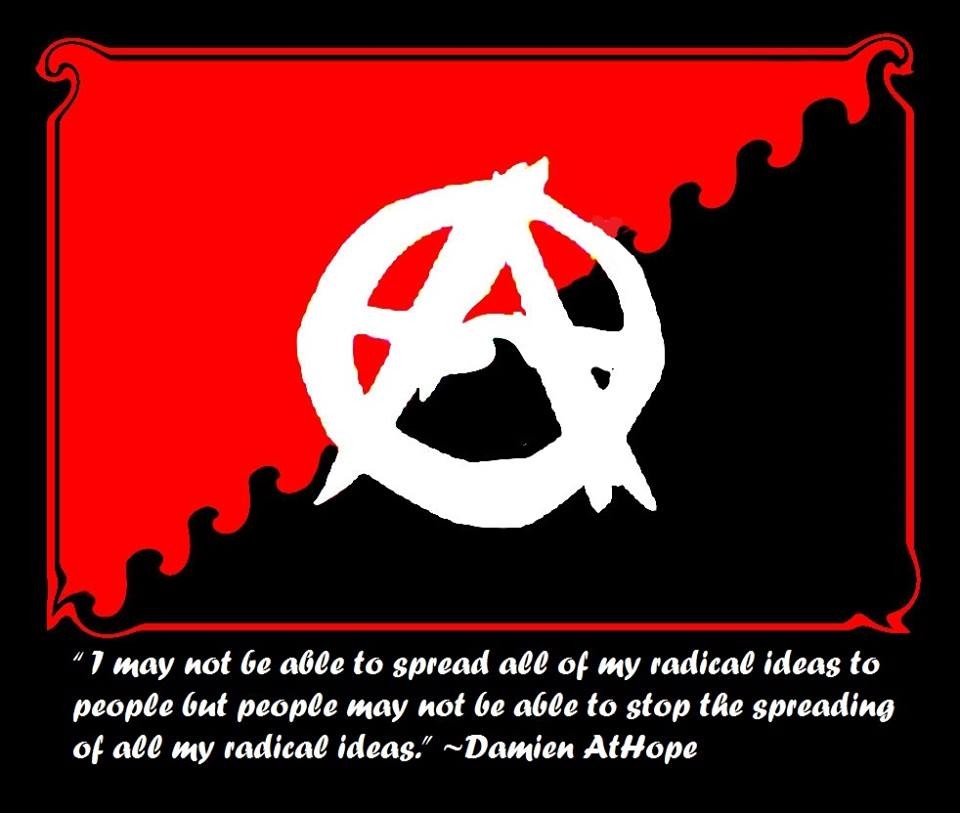
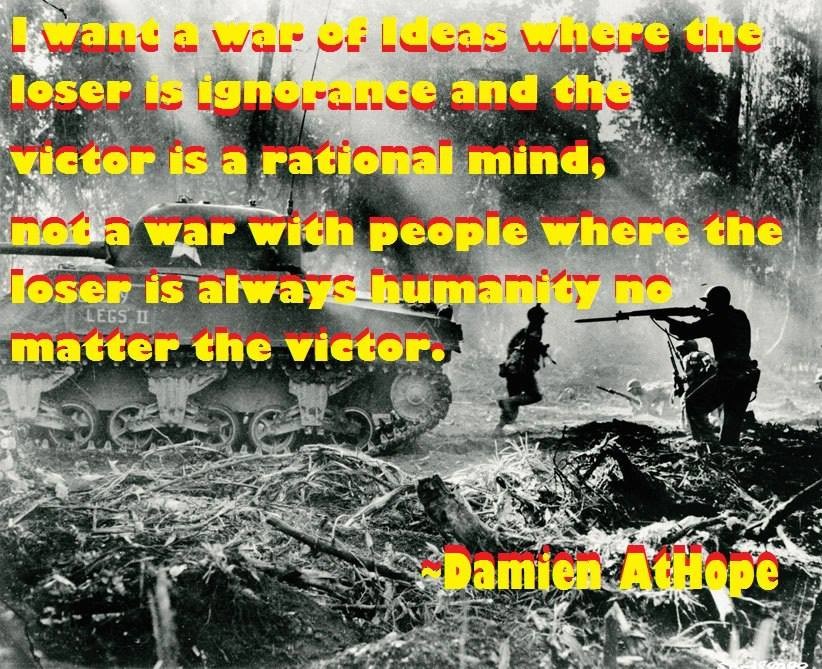
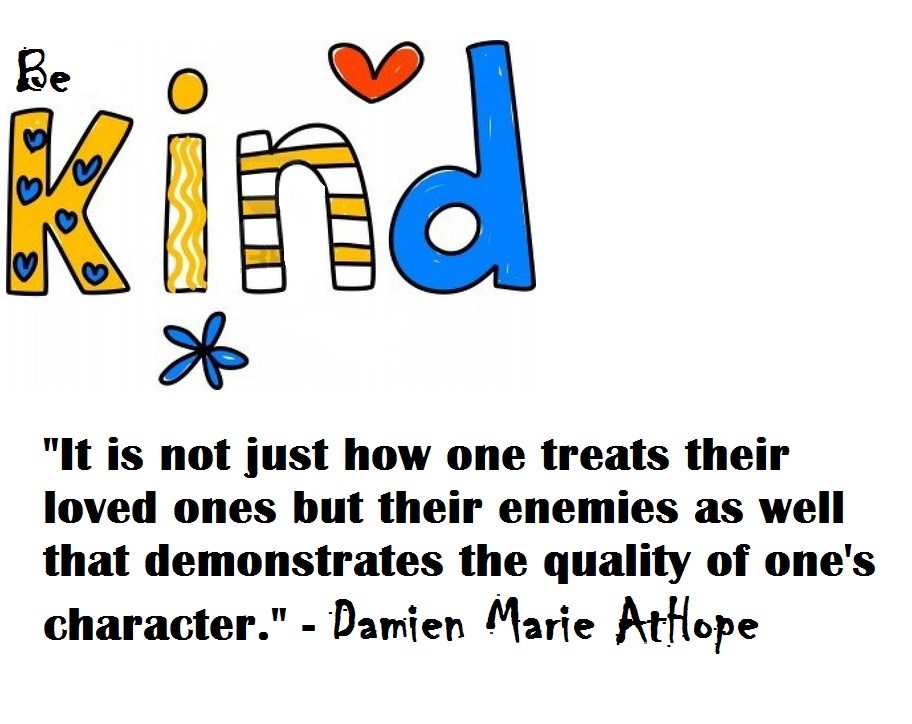
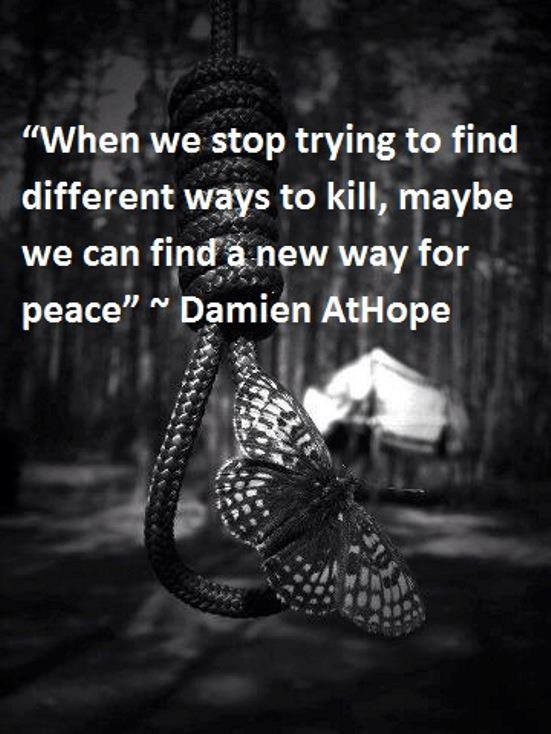
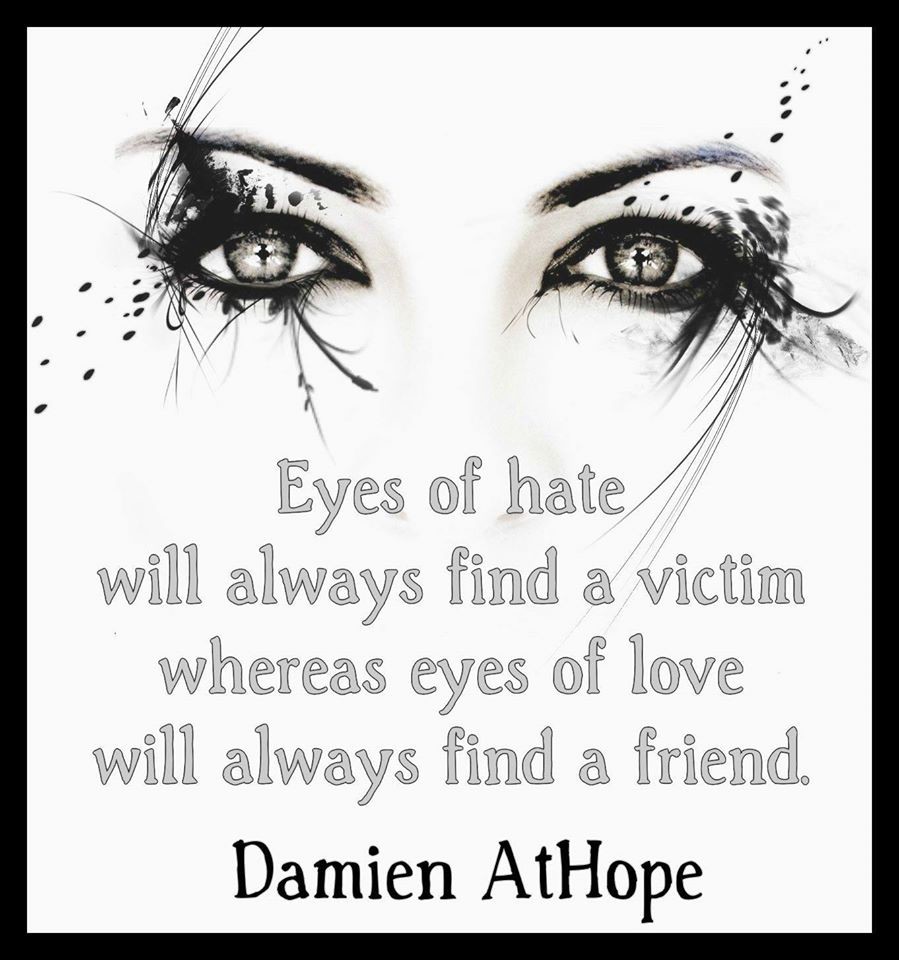
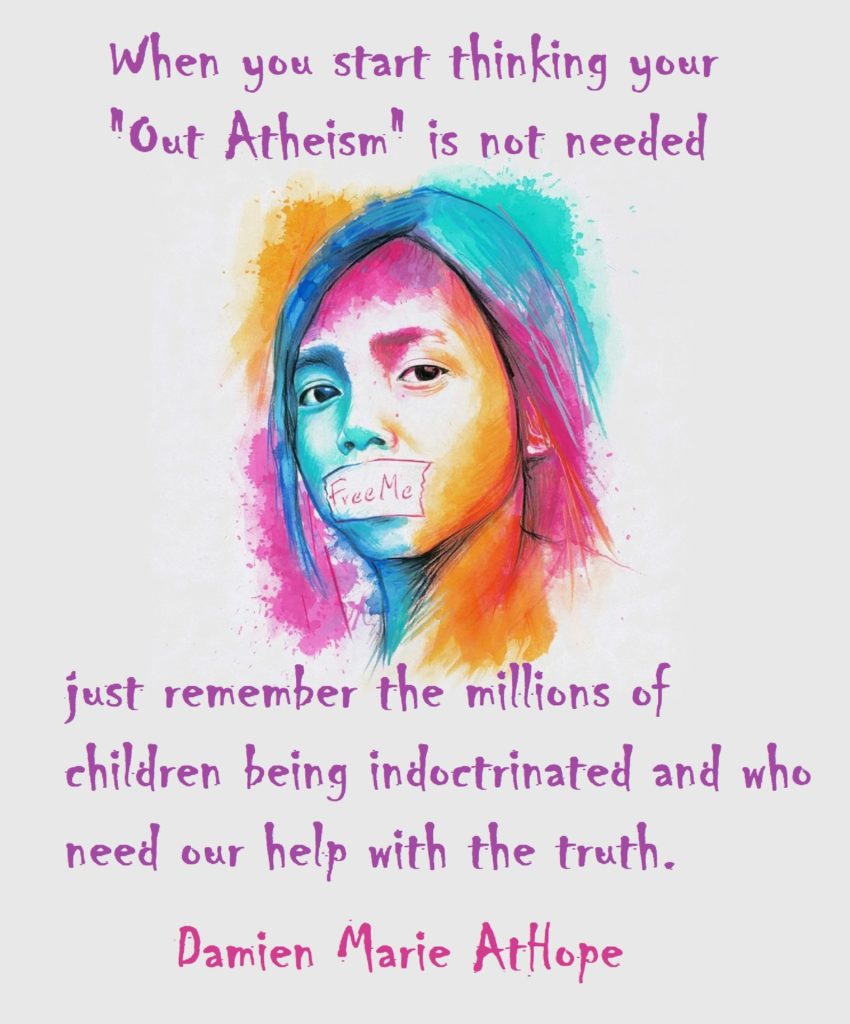
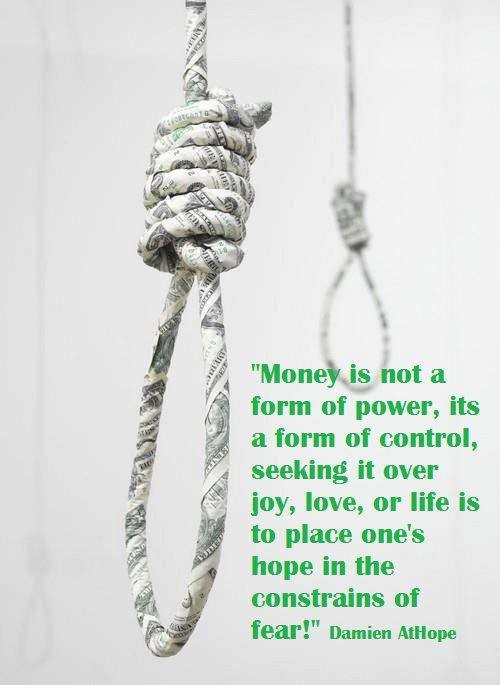
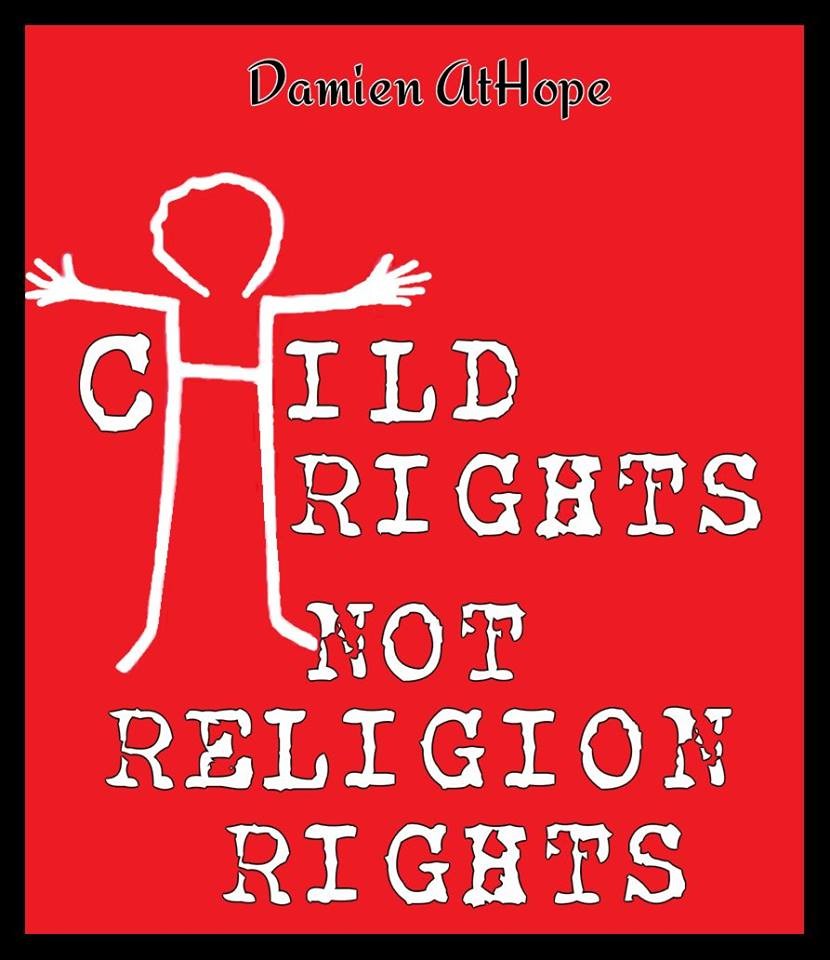
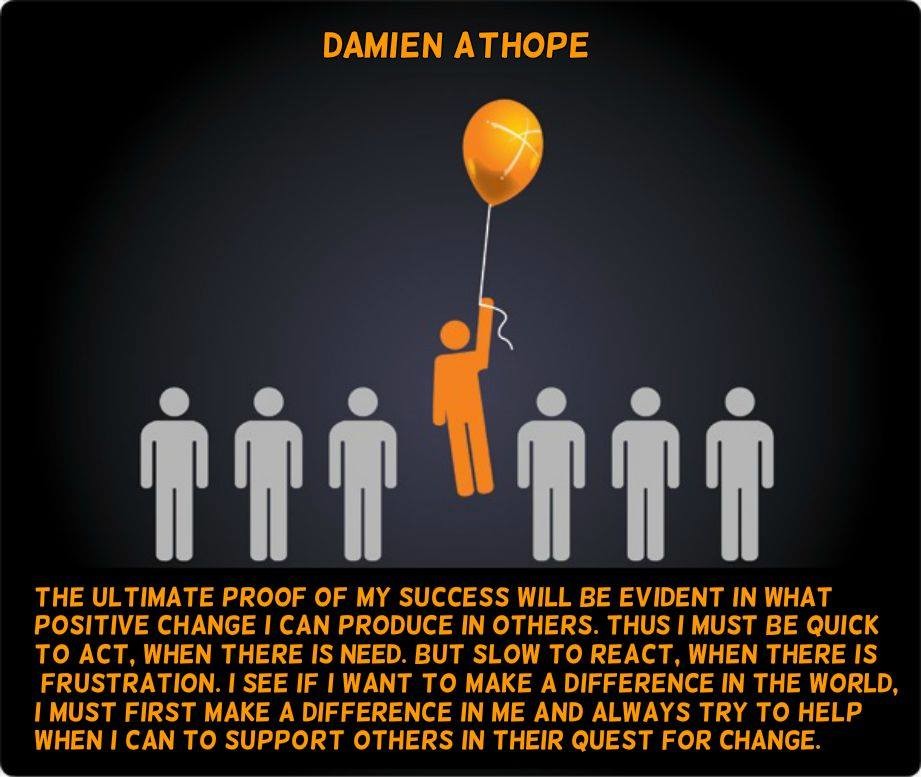


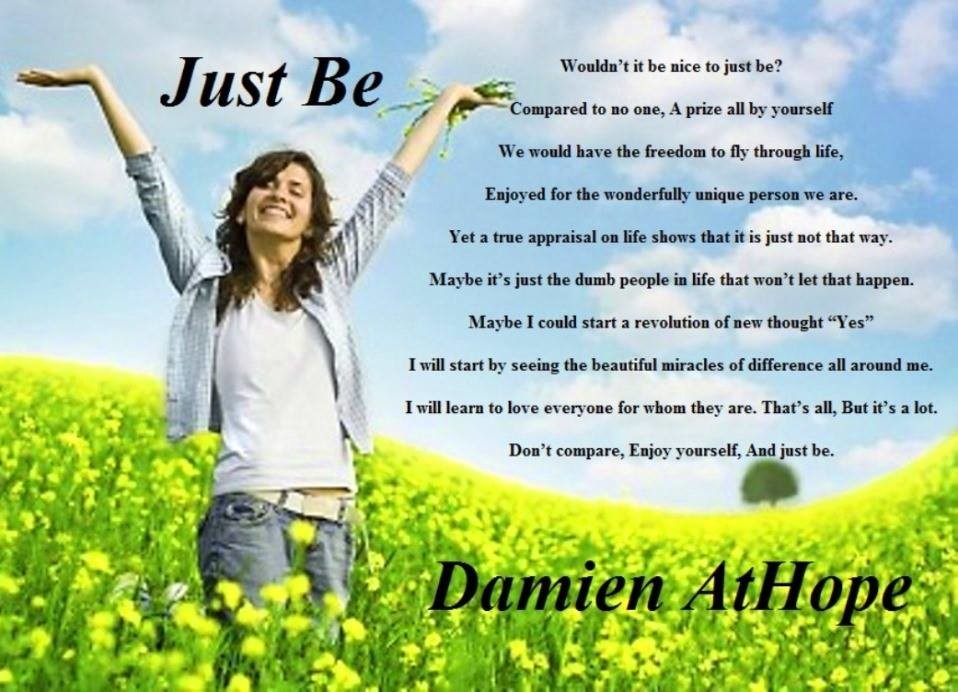
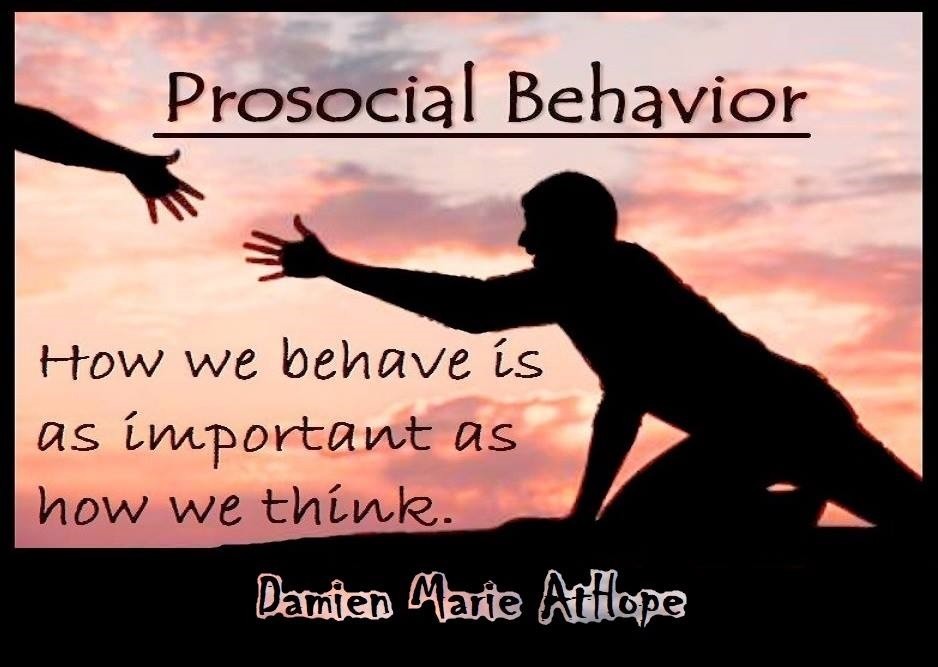
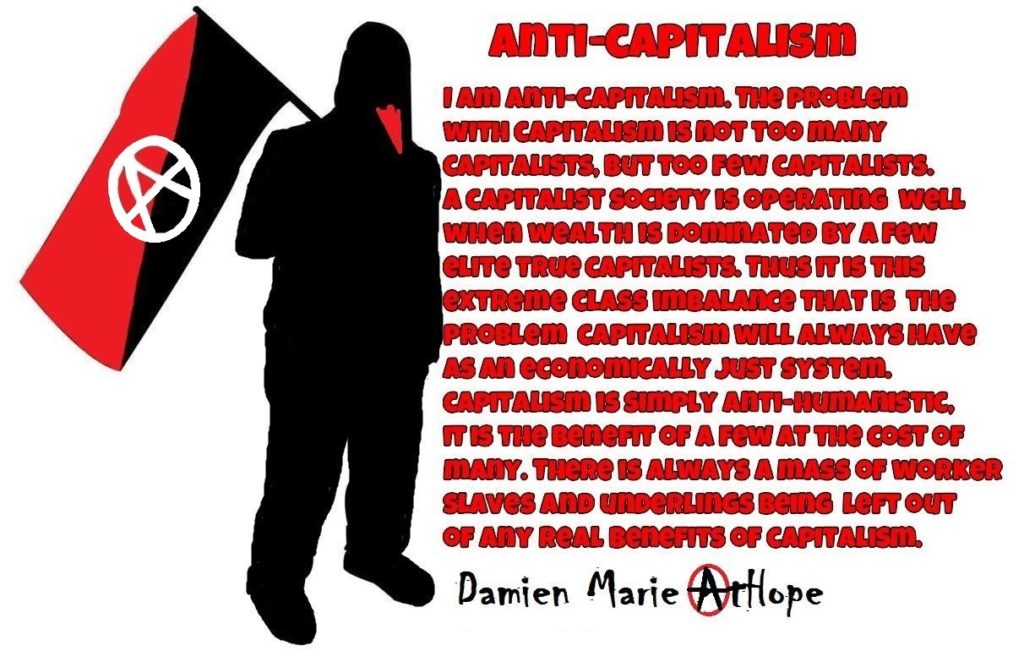
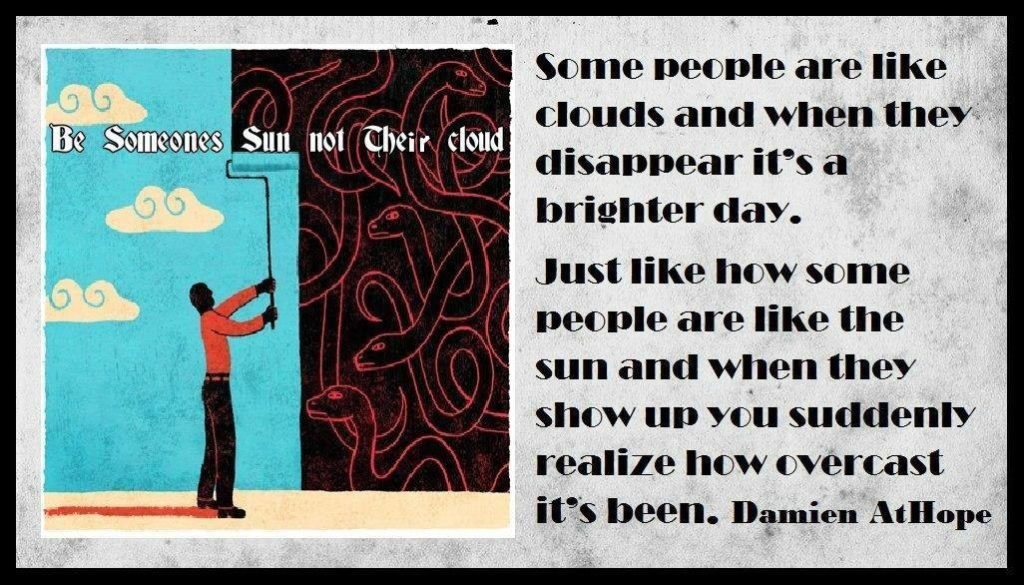
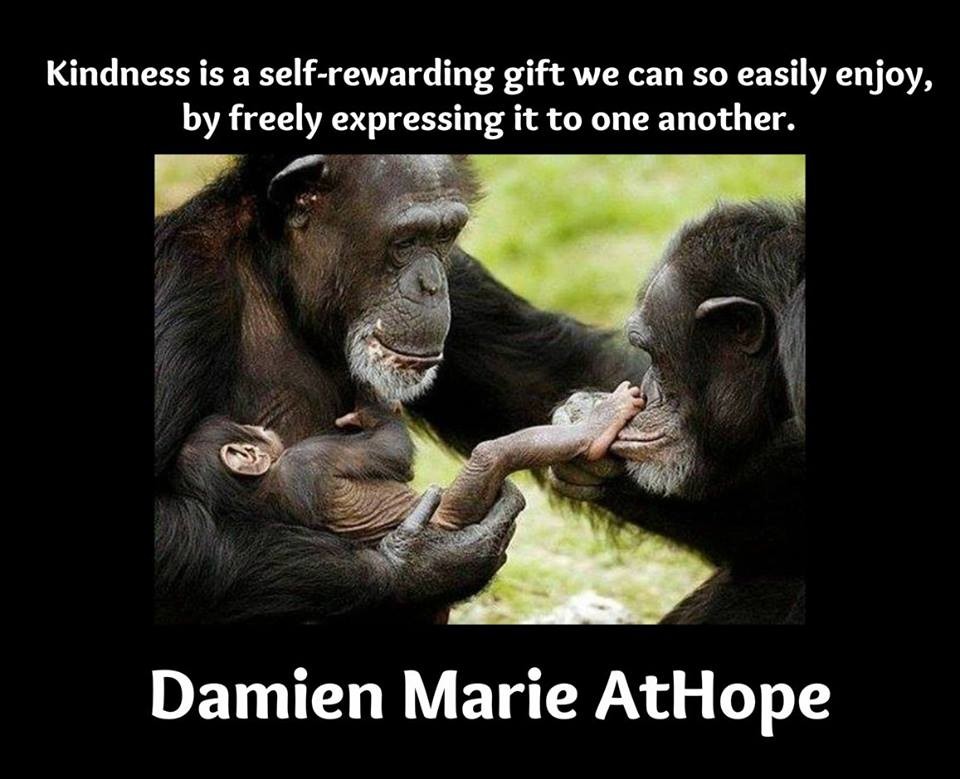
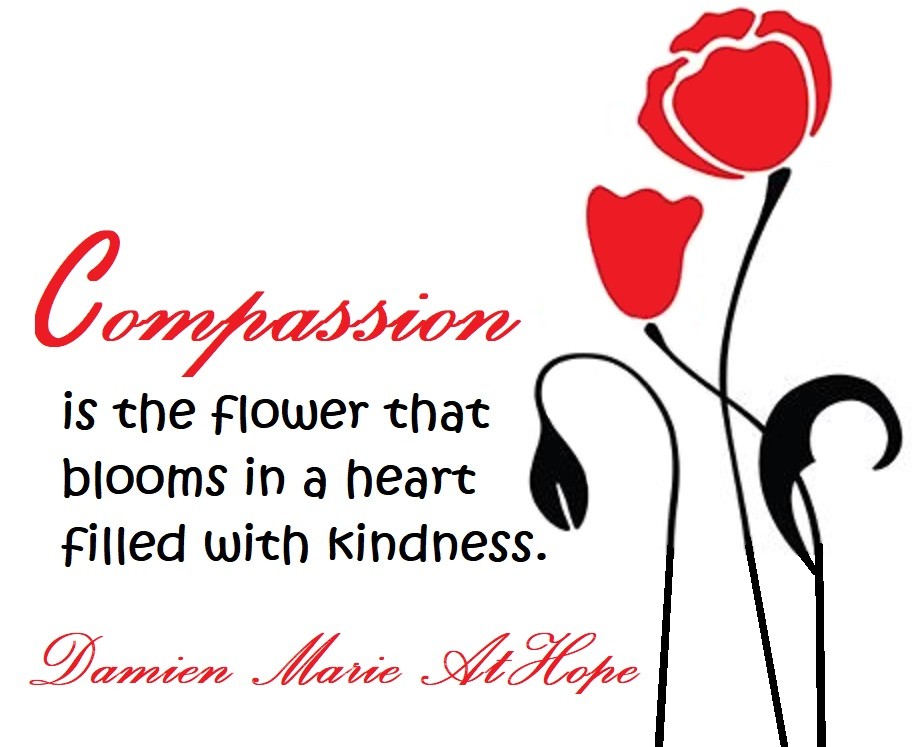
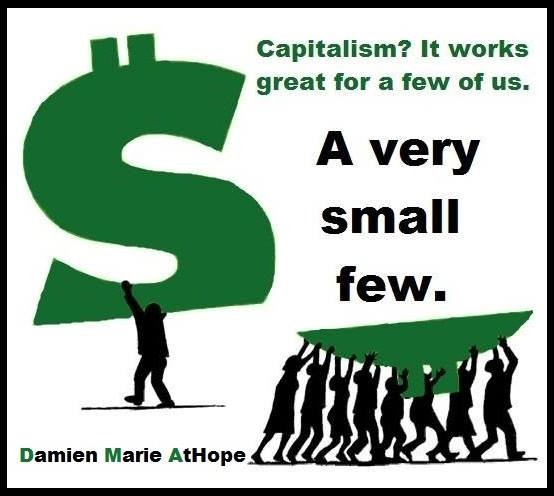

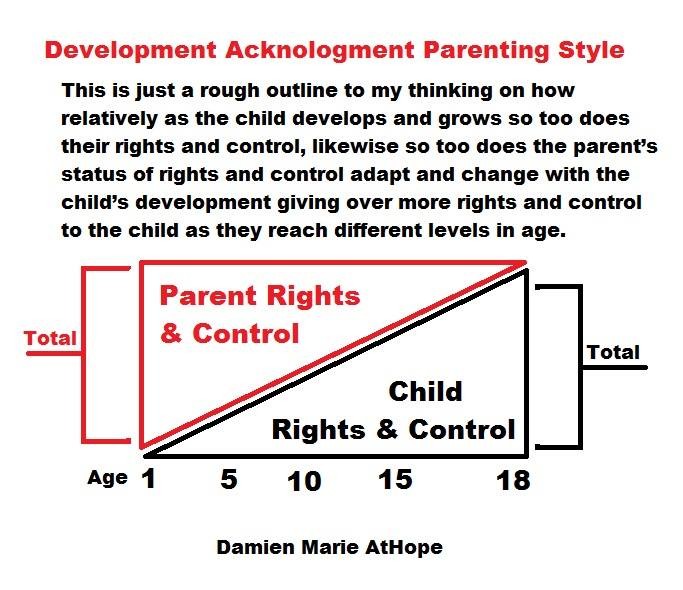
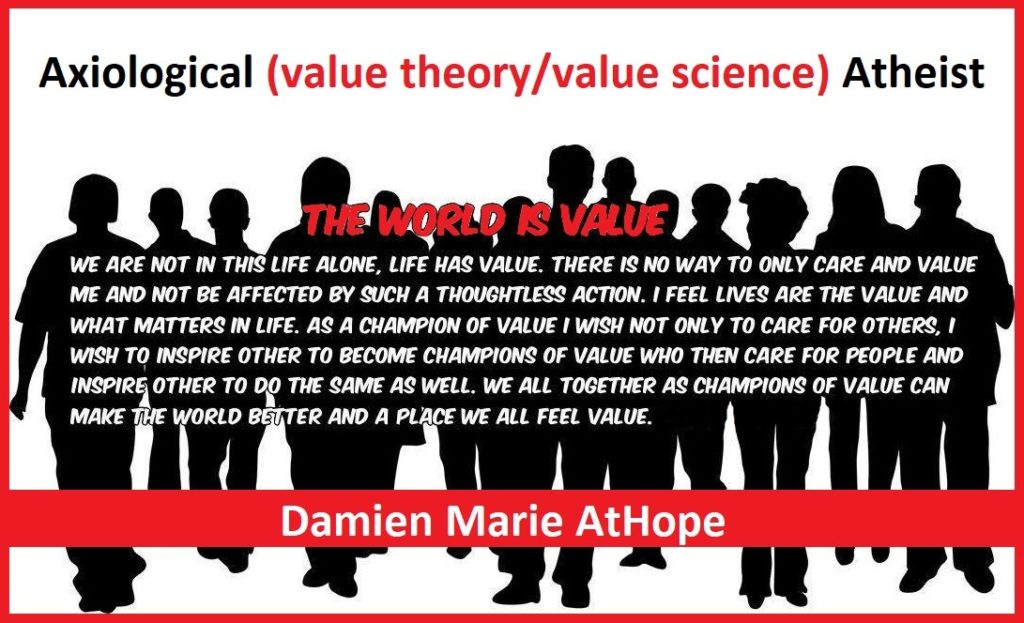
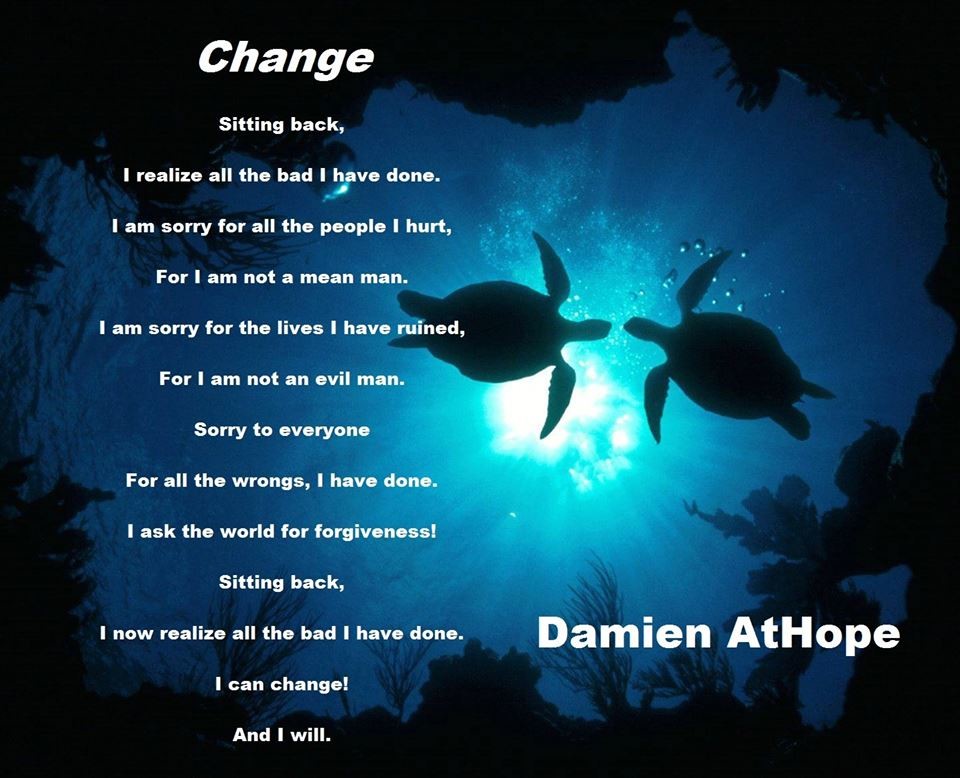
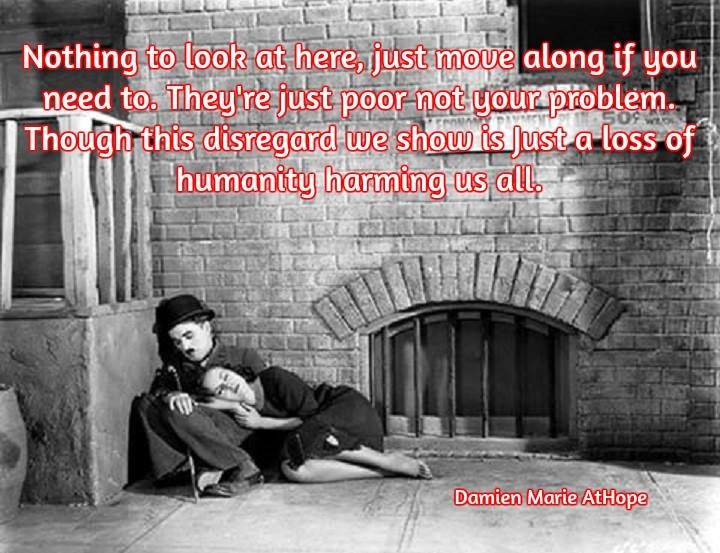
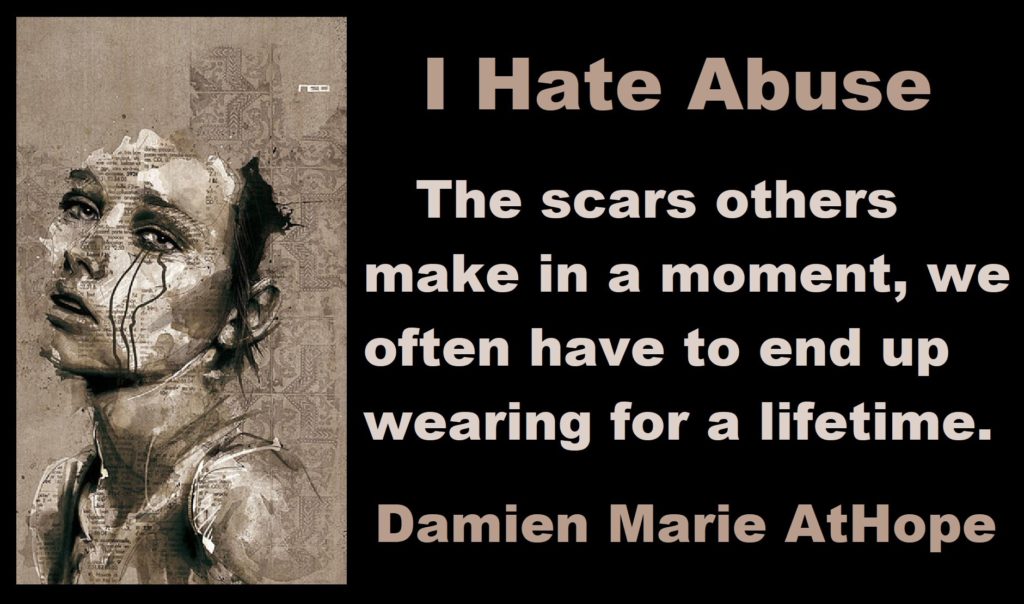
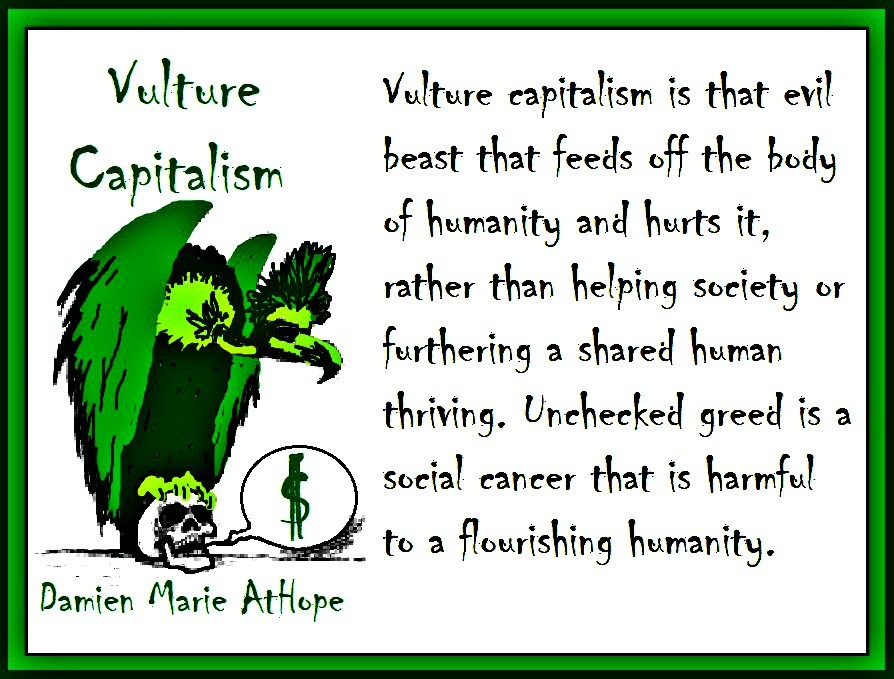

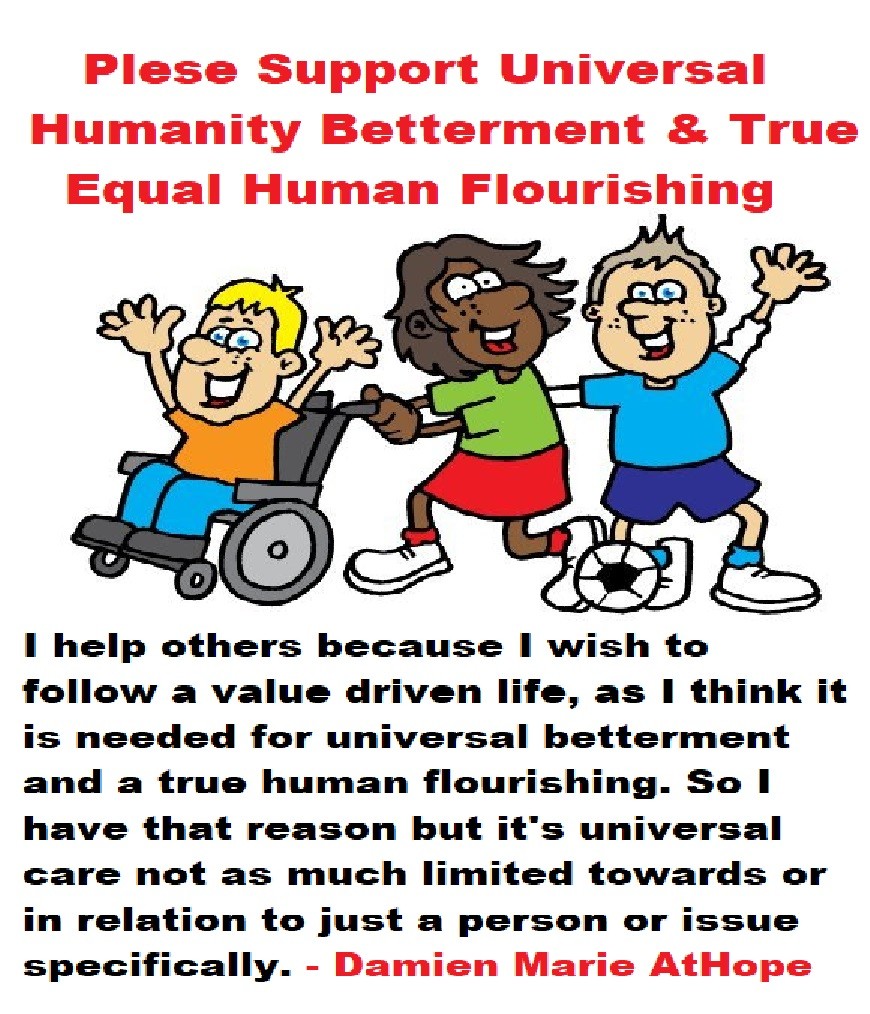
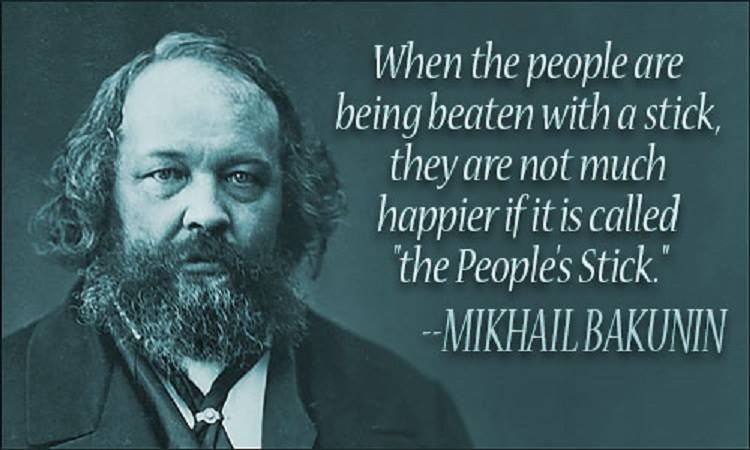
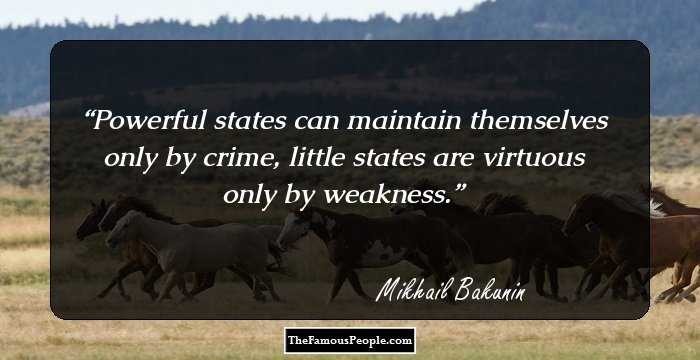
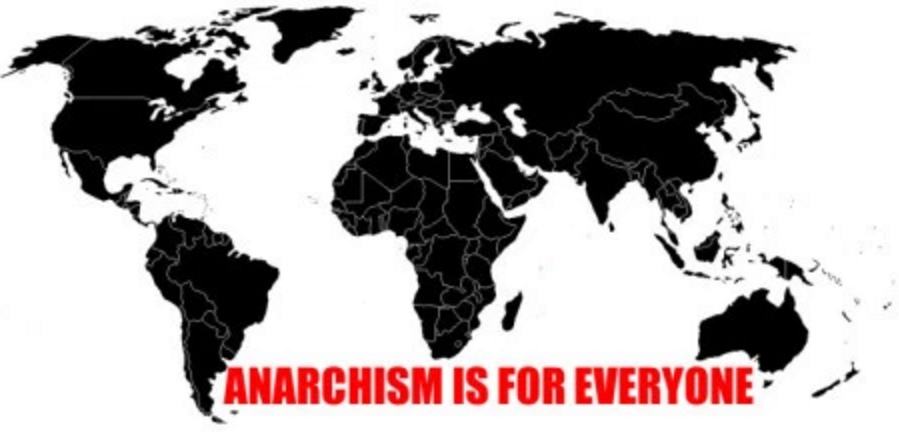
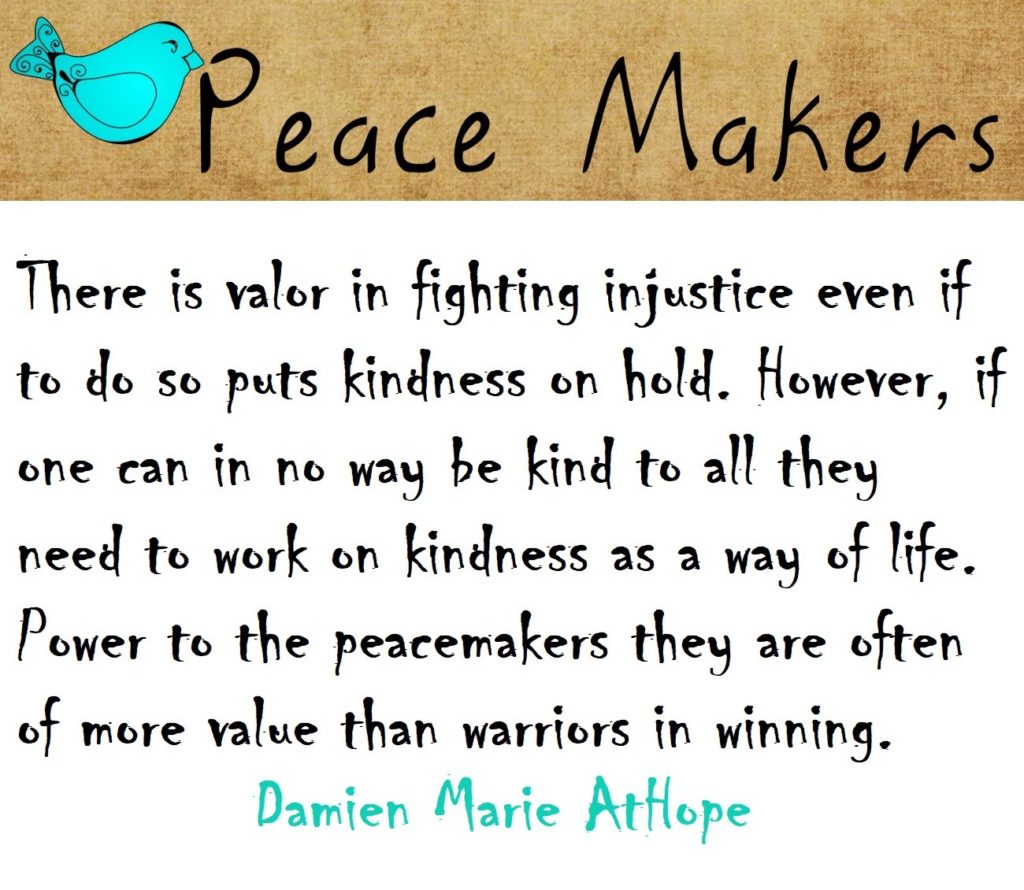
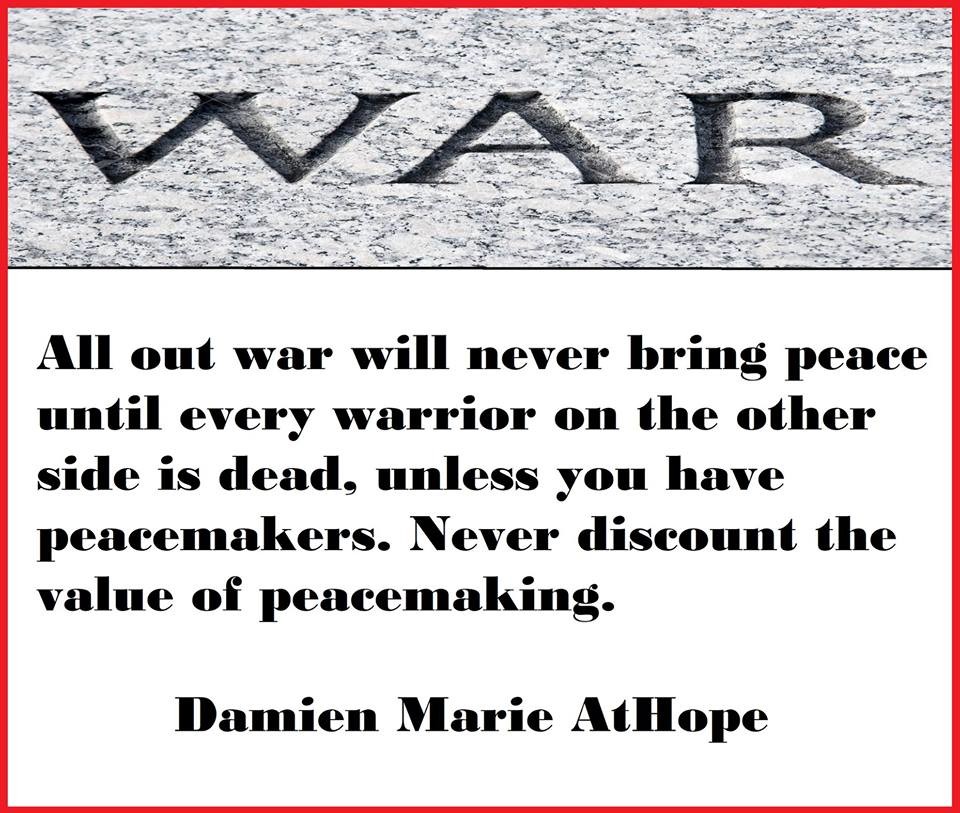
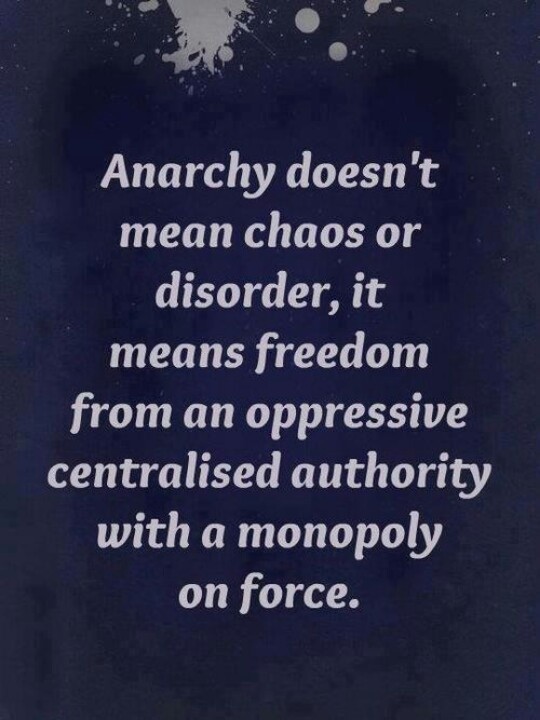


Art above by Damien Marie AtHope
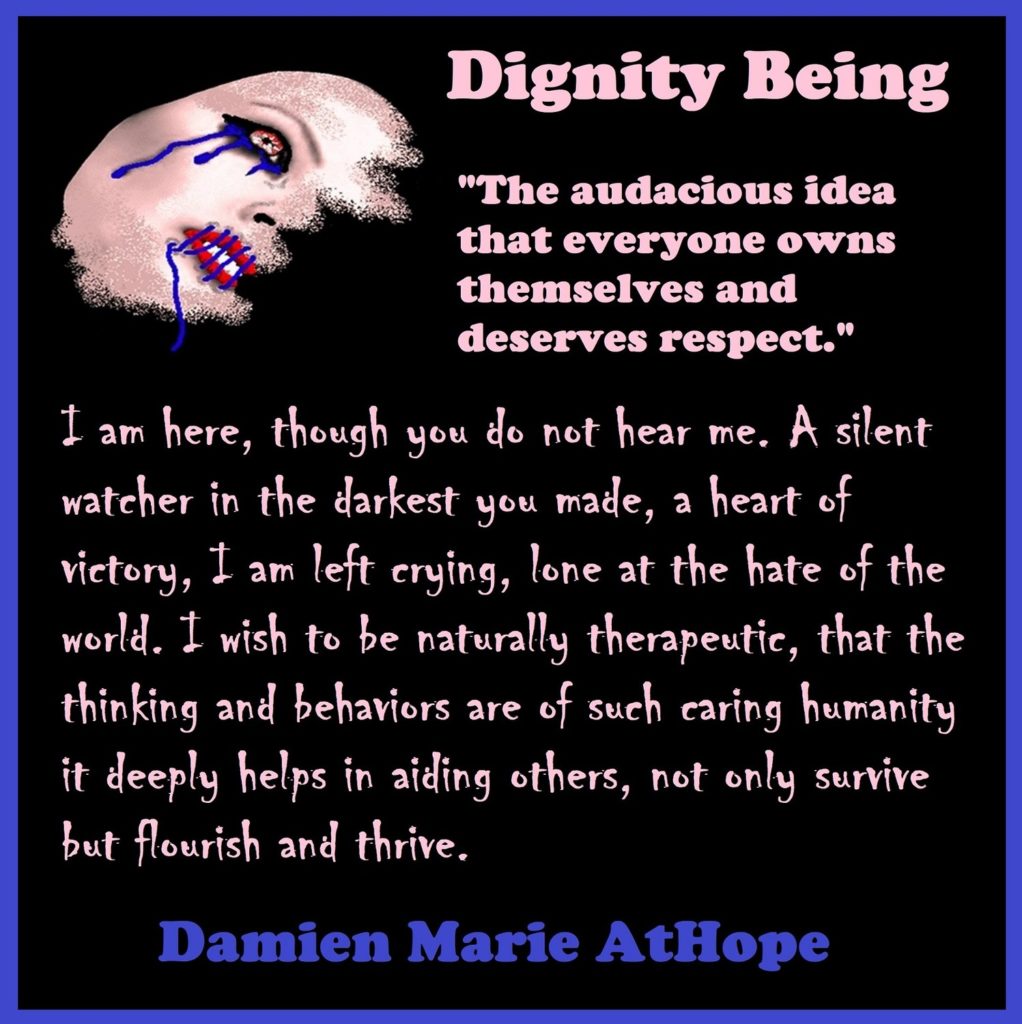
Art above by Damien Marie AtHope
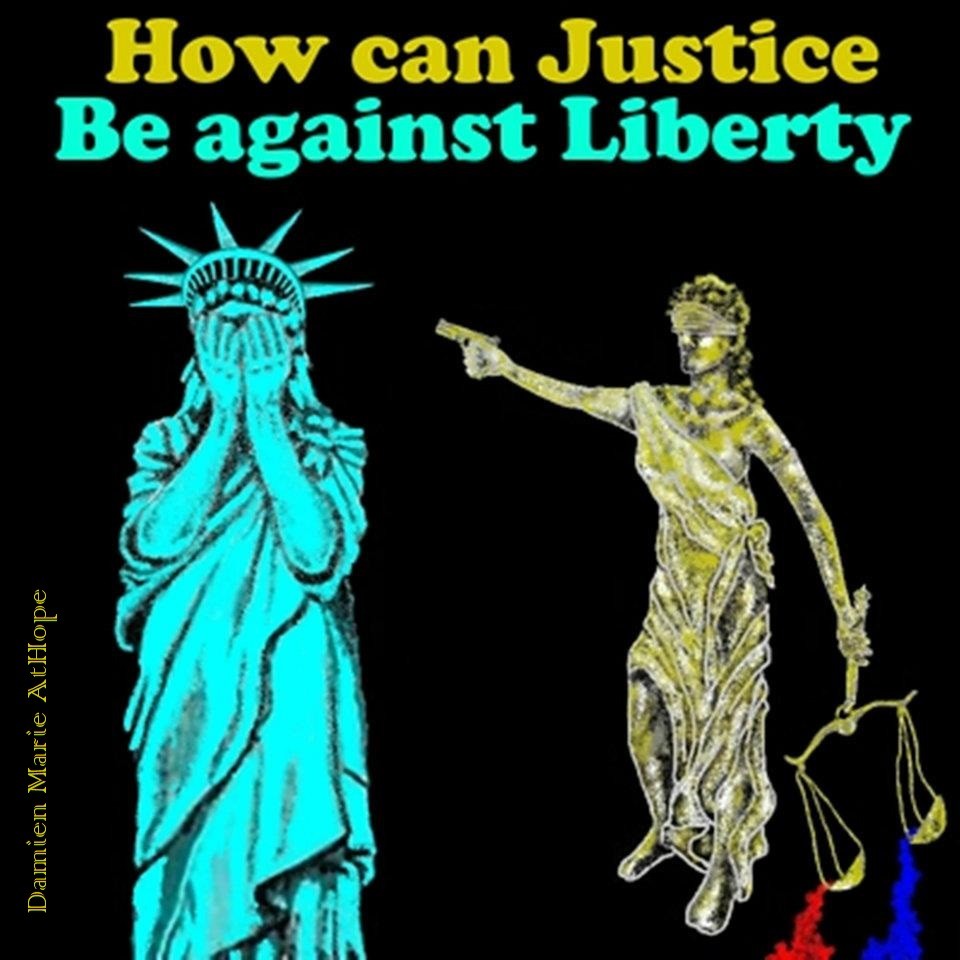
Art above by Damien Marie AtHope

Art above by Damien Marie AtHope

Art above by Damien Marie AtHope

Art above by Damien Marie AtHope
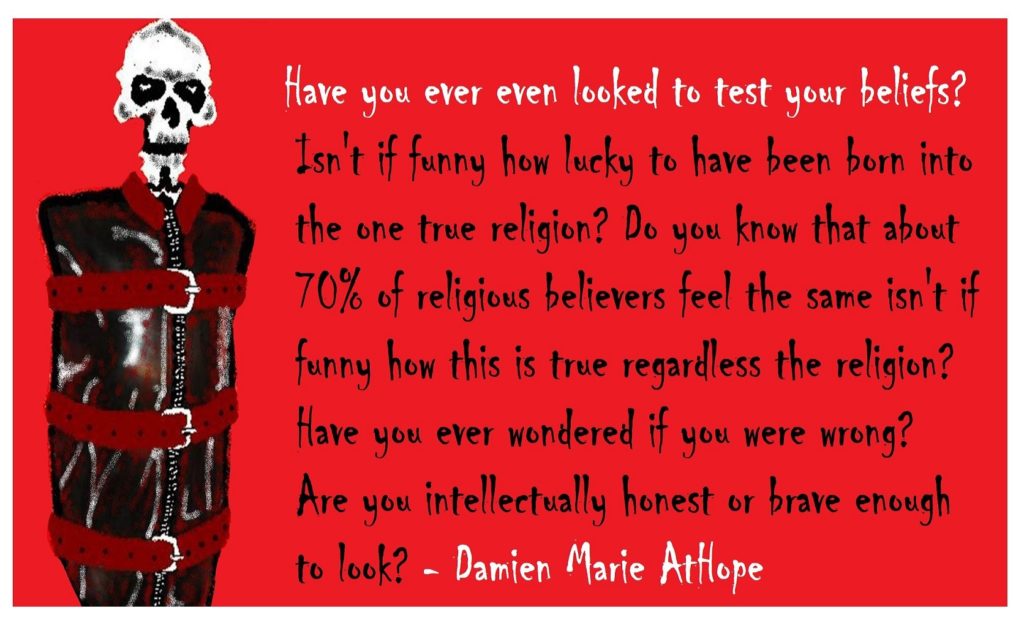
Art above by Damien Marie AtHope
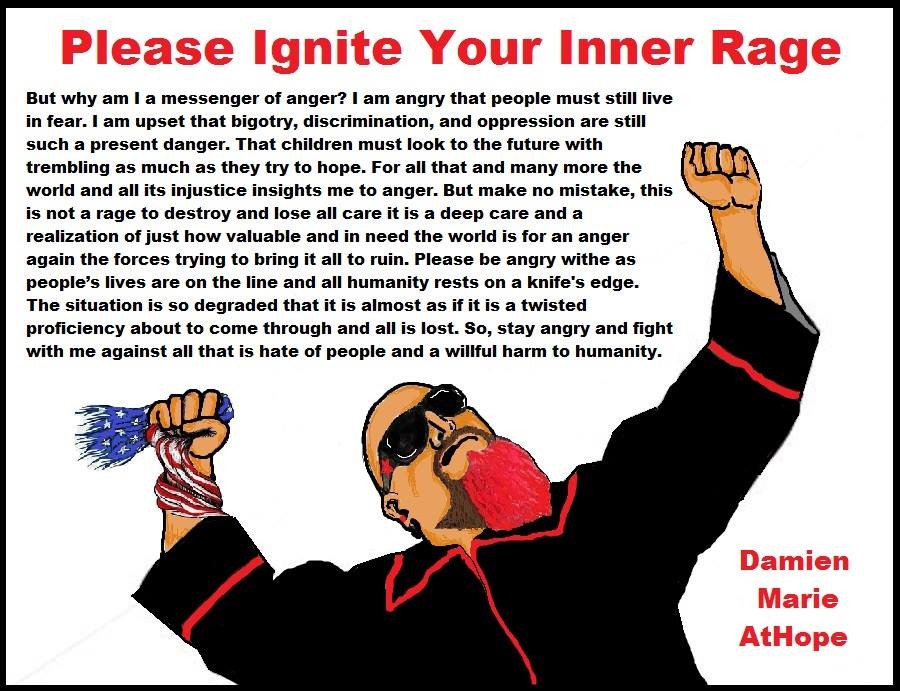
Art above by Damien Marie AtHope

Art above by Damien Marie AtHope
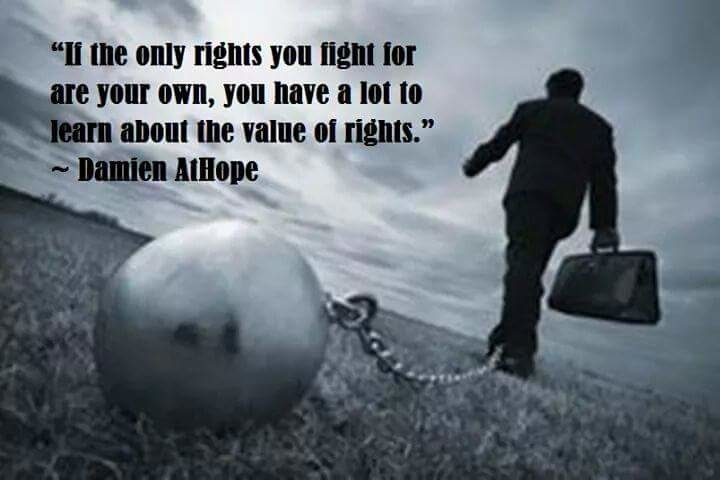

Art above by Damien Marie AtHope

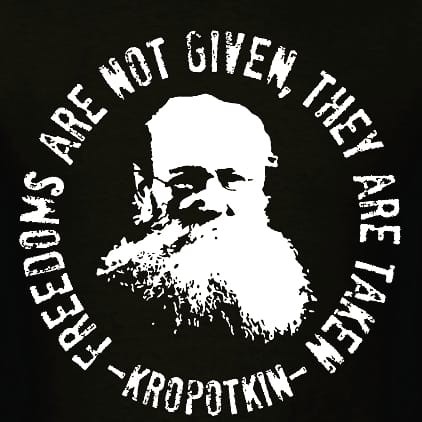
Marquis Amon, Damien you stated, “I am a high thinking primate, just trying to live an honorable life” and “Be thoughtful in what you say, because, words once released have power, due them being a method of transferring feelings not just ideas. ” as well as “I don’t support Tyranny of the Majority “
You cover a lot of human and social issues in the article. All good points. The problem with state governments (all current governments) is that they fail to truly address these problems. What I am saying is the governments are not founded upon humanism. For this reason all governments will fail.
You address yourself as a primate, yes, we are. We are intelligent apes. I will say this again, we are apes. The environment must be maintained for human flourishing, but that vicariously our lives are sustained by the living things around us(plants, animals, ect) Our food and our symbiotes. Next, the environment should be generally free of things harmful to life. I say generally as realistically so. I won’t even bother explaining this point. lol
I am against pure capitalism and pro democratic socialism as far as economies go. “They earn it” they say, but there are 2 points. 1, No one owns the earth, it is a natural environment for ALL life. 2.) No one should be able to become so wealthy that it could hurt humanity. Let me explain it. If very few people possess more resources than a large portion of the human population where it becomes harmful to humanity, it needs to stop,
Next, I am against anti-humanism laws. For example in some places it is illegal to feed the homeless in this country. There are also laws against homelessness in this country and others. You can be arrested for being homeless in some places. Next, you can’t build basic shelters like our ancestors did for our safety. Alright, it could be a hazard but should be a right, if society will not provide shelter. Yes, Homo Erectus and the neanderthals did it right.
How can a large population pass effective laws? By simple universal ethics of pro humanism. There are fundamental concepts that should never change, regardless of society. Next, we can then do subdivisions of autonomy. This could be where large groups of people with specific ideas can form their own societies freely and have others join them. So universal ethics would be the highest order and where everyone agrees not to violate those. Beyond that, niche concepts can be formed for group ideologies. Essentially varied utopian sub divisions. Within these groups the people can vote on issues within them. Similar to say our state governments. yet there would be no “states” rather just people working together towards the goals they believe in.
Money would be a greatly diminished concept or extinguished. This is because humanism and universal ethics should have us share basic resources that are a necessity for human life. No one should own any “drinking water” for example. Food should be made plentiful on common grounds. It should be a fundamental to do this. I could go on, but I’ll have a hard time stopping. This is just my oversimplification. – Marquis Amon
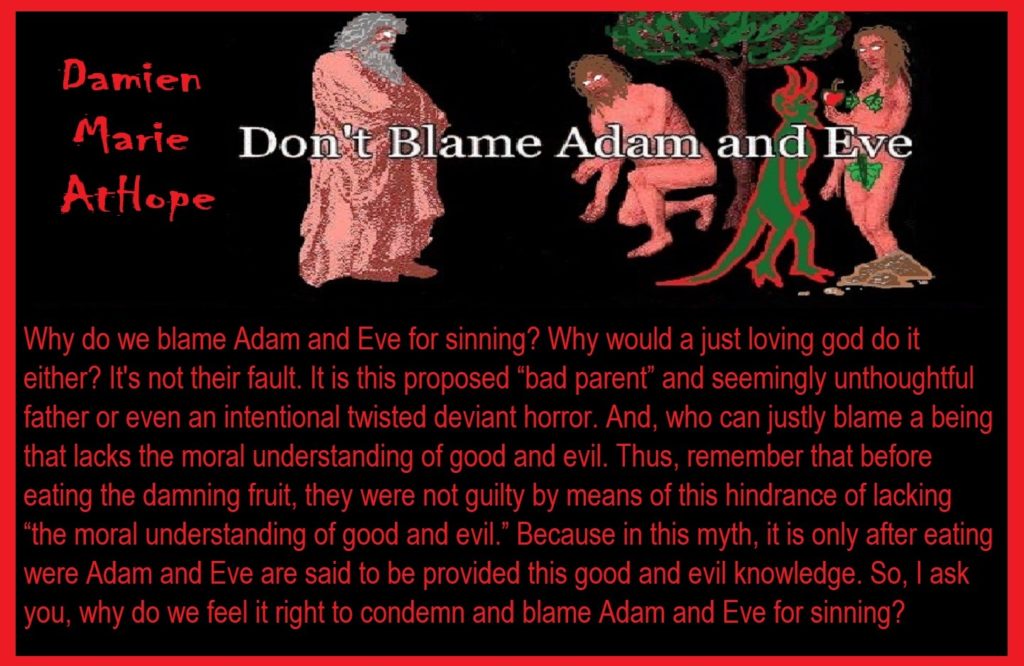
Art above by Damien Marie AtHope
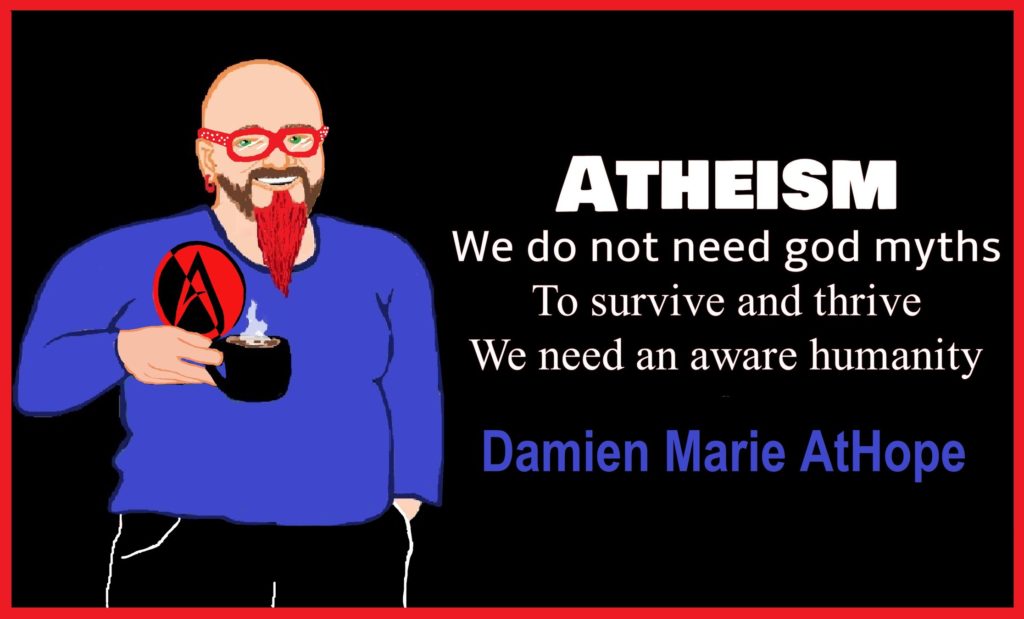
Art above by Damien Marie AtHope
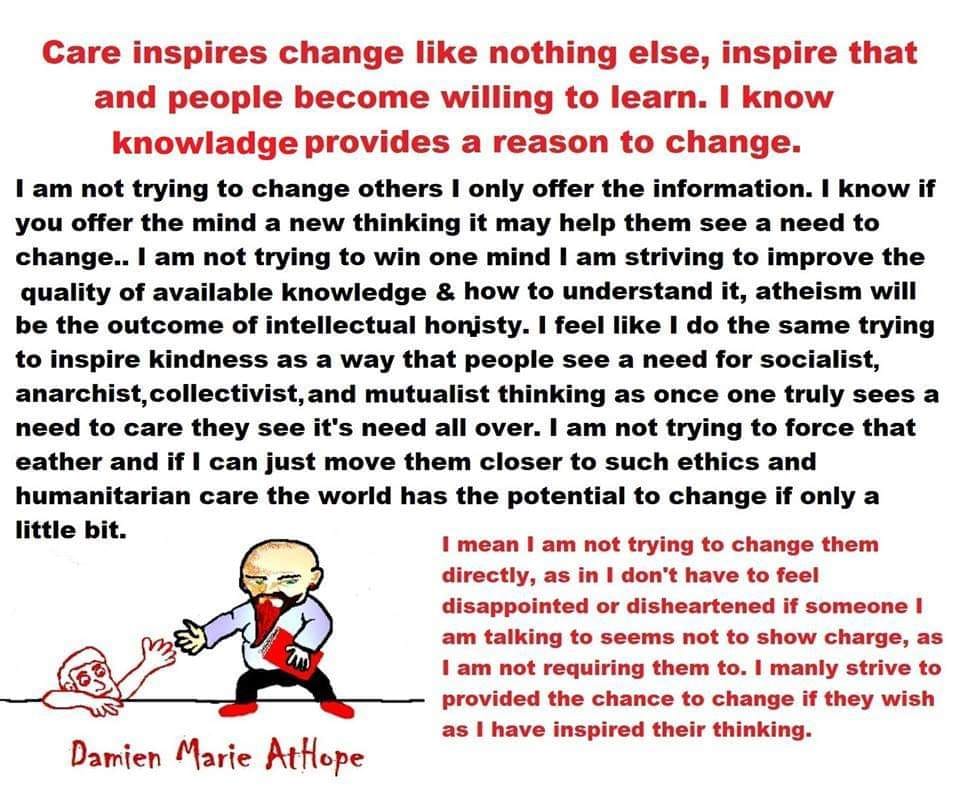
Art above by Damien Marie AtHope
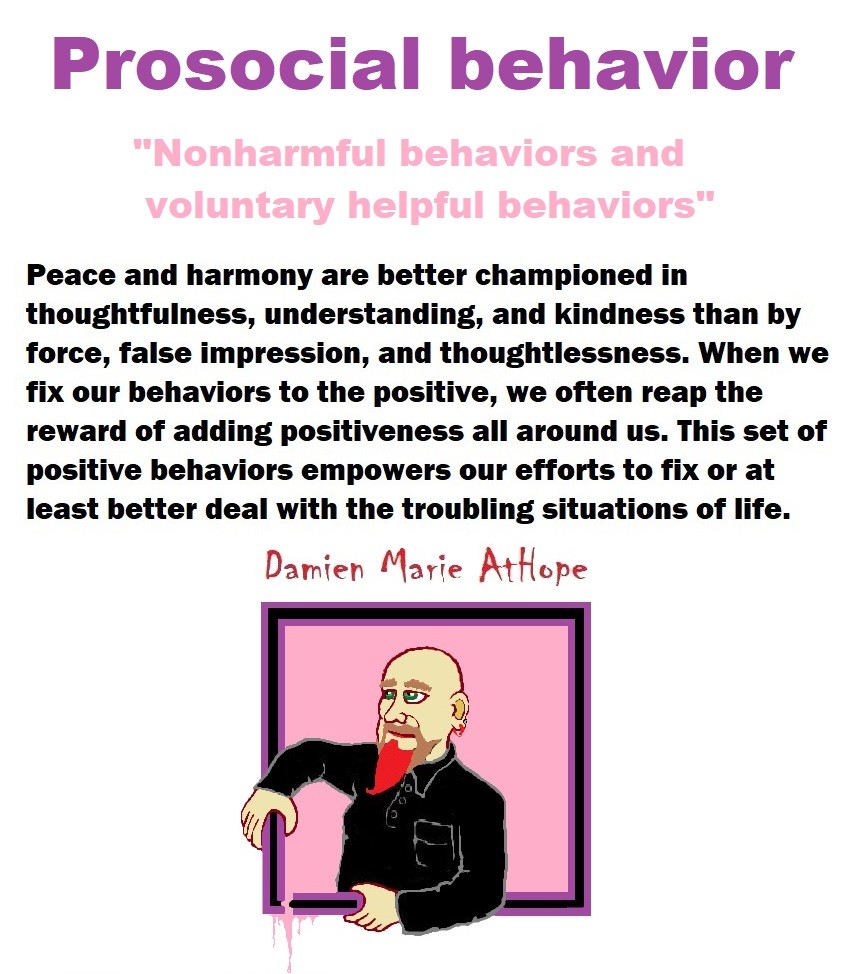
Art above by Damien Marie AtHope

Reasons for or Types of Atheism
My Blog, My Memes & Short-writing or Quotes
Here is my external pages or content: Facebook Witter Page, My YouTube, My Linkedin, Twitter: @AthopeMarie, Instagram: damienathope, Personal Facebook Page, Secondary Personal Facebook Page, Third Personal Facebook Page, Main Atheist Facebook Page, Secondary Atheist Facebook Page, Facebook Leftist Political Page, Facebook Group: Atheists Against Trump, Facebook The History Voyagers Page, Facebook Group: The History Voyagers, Facebook Group: (HARP) Humanism, Atheism, Rationalism, & Philosophy, Facebook Atheist for Non-monogamy Page, Facebook Group: Atheist for Non-monogamy, and My Email: damien.marie.athope@gmail.com
